
Parts of a flower.
In class today we looked at a real flower and took it apart. We was able to see the different parts of the flower like the stem,petal,ovary and stamen. We also took a closer look using a magnifying glass.
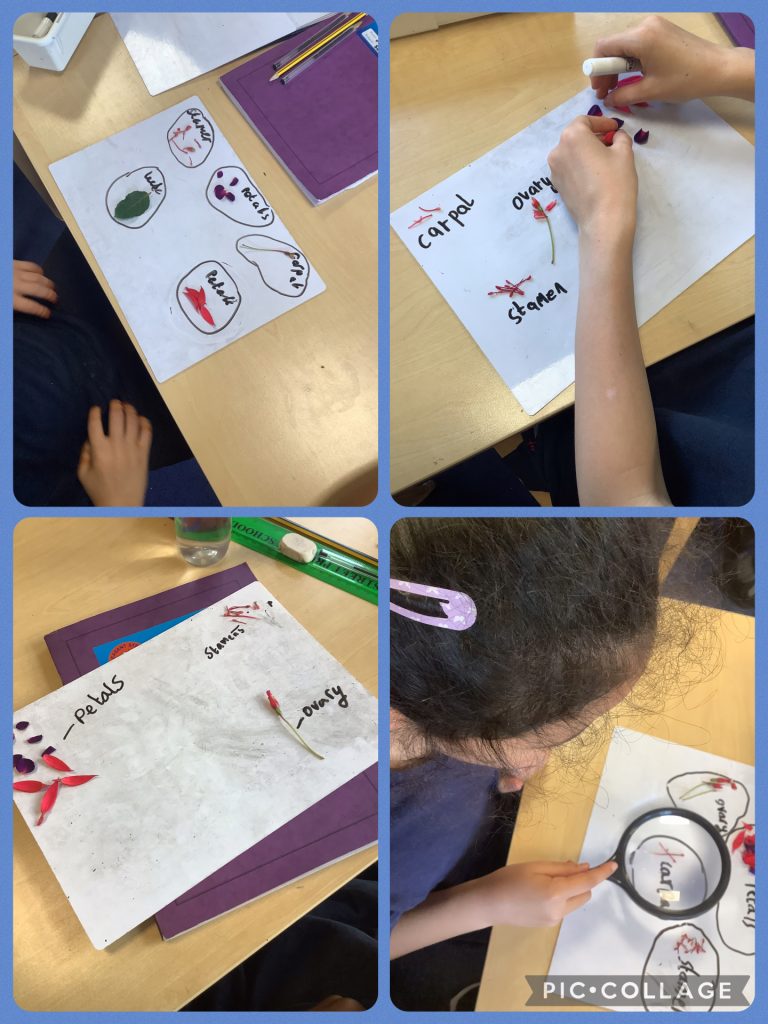
At Pleasant Street Primary School, we believe that developing an interest in science is key to the future success of our children. We aim to develop their enthusiasm and confidence to develop and ensure that all pupils:
We have set up a dedicated Twitter account for science across the school.
USEFUL WEBSITES

In class today we looked at a real flower and took it apart. We was able to see the different parts of the flower like the stem,petal,ovary and stamen. We also took a closer look using a magnifying glass.


In science Reception looked at the lifecycle of Caterpillars and we looked after the caterpillars until they were all changed into butterflies. The children watched as the butterflies flew out of the nets into the sky. The children have loved learning all about caterpillars and butterflies
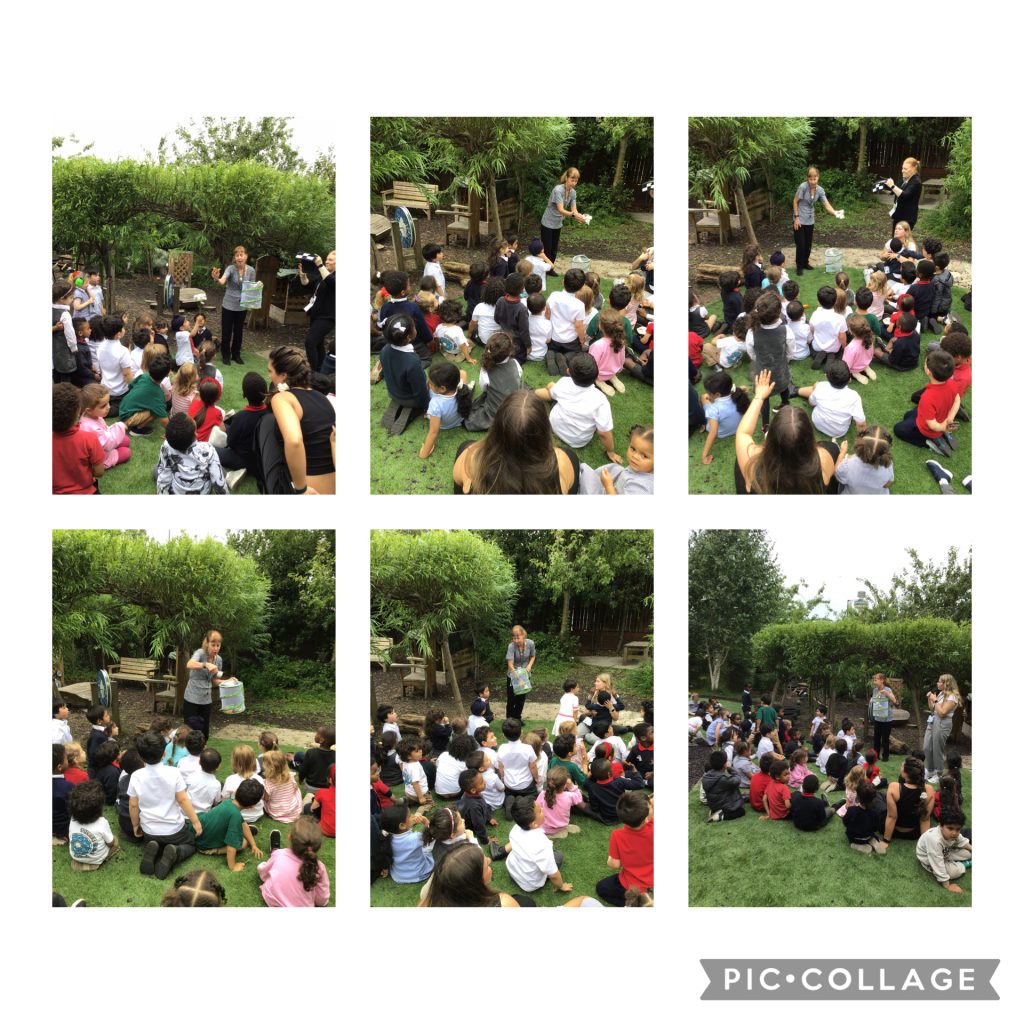

Today in class 6 we have been experimenting with prisms and a light source. We observed how the beam from our light source refracted off each face of the prism as it passed through, dispersing into its component colours.
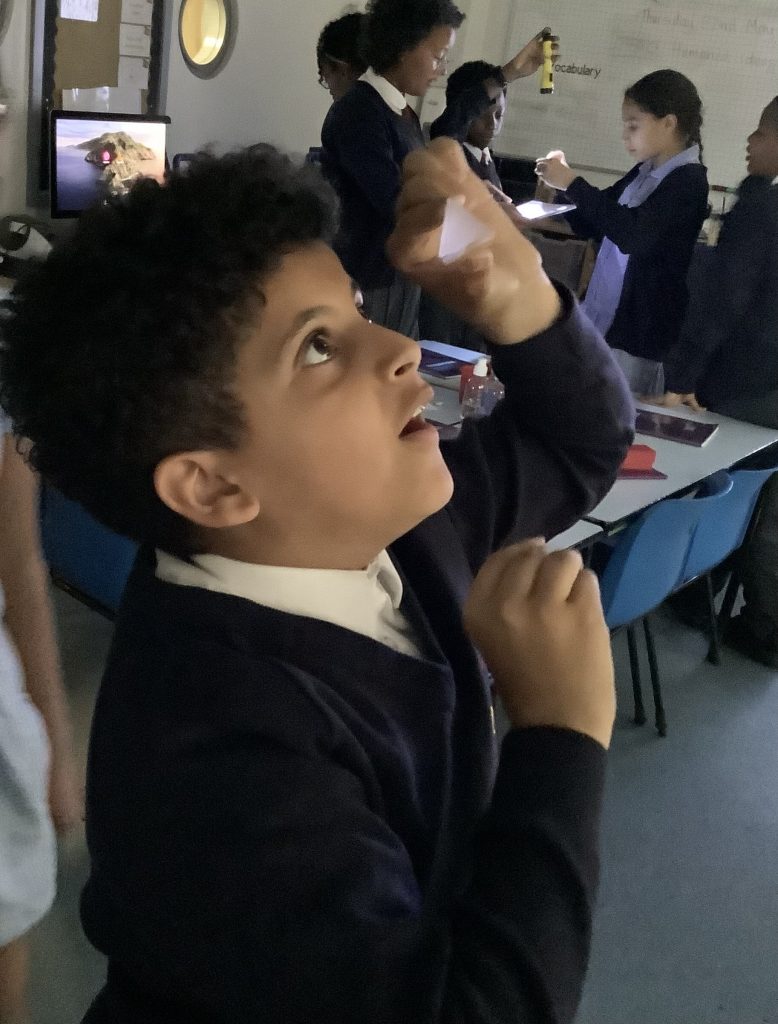
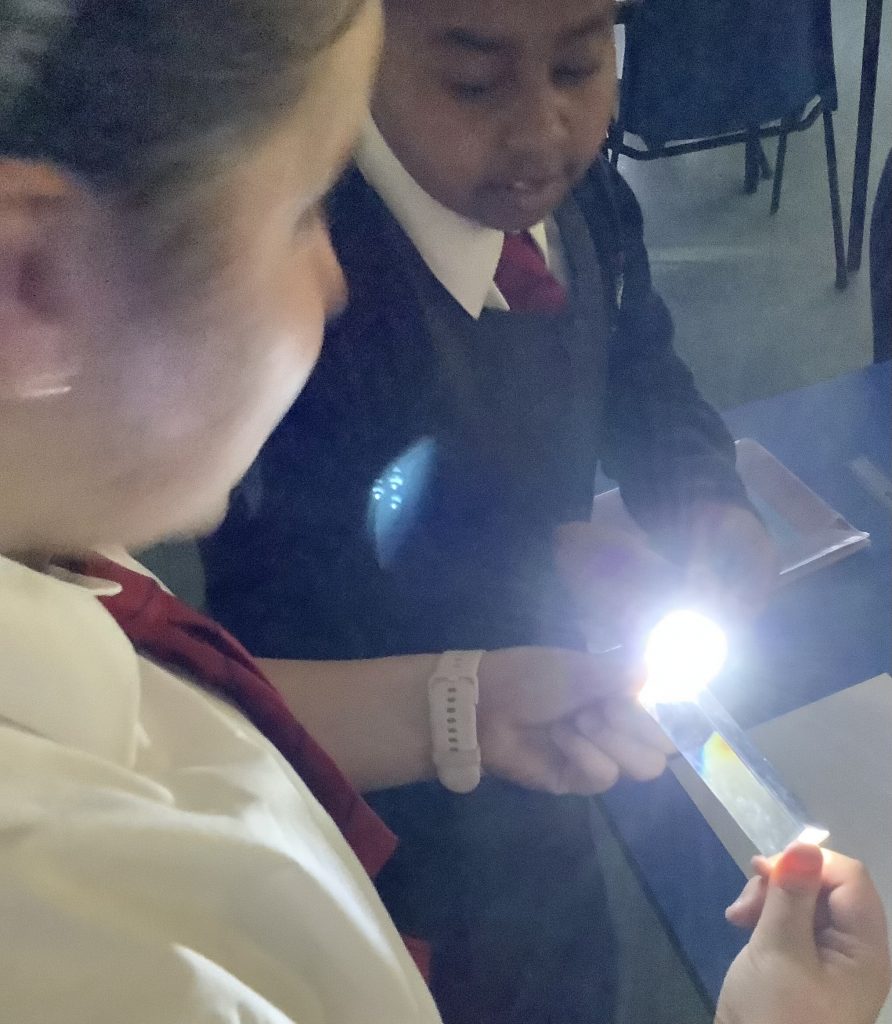
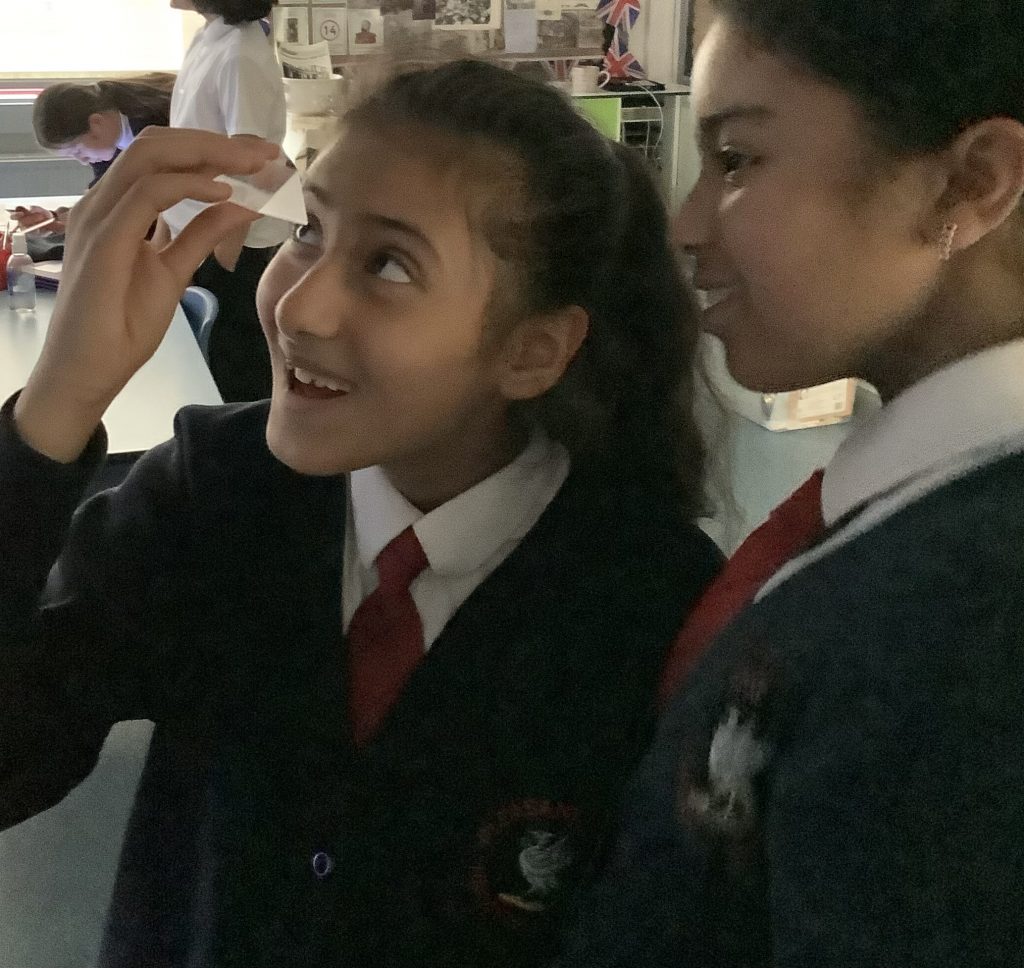
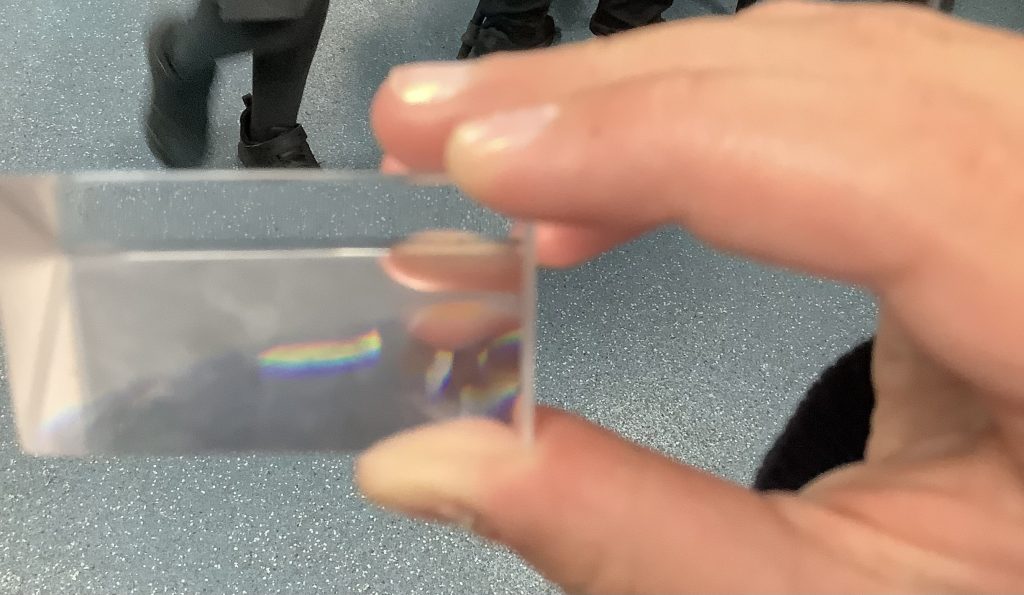

This term, the children have some special guests in our classroom – caterpillars! During circle time, they had the chance to observe them closely and talk about the life cycle of a caterpillar, sharing what they know and showing great curiosity as they explored.
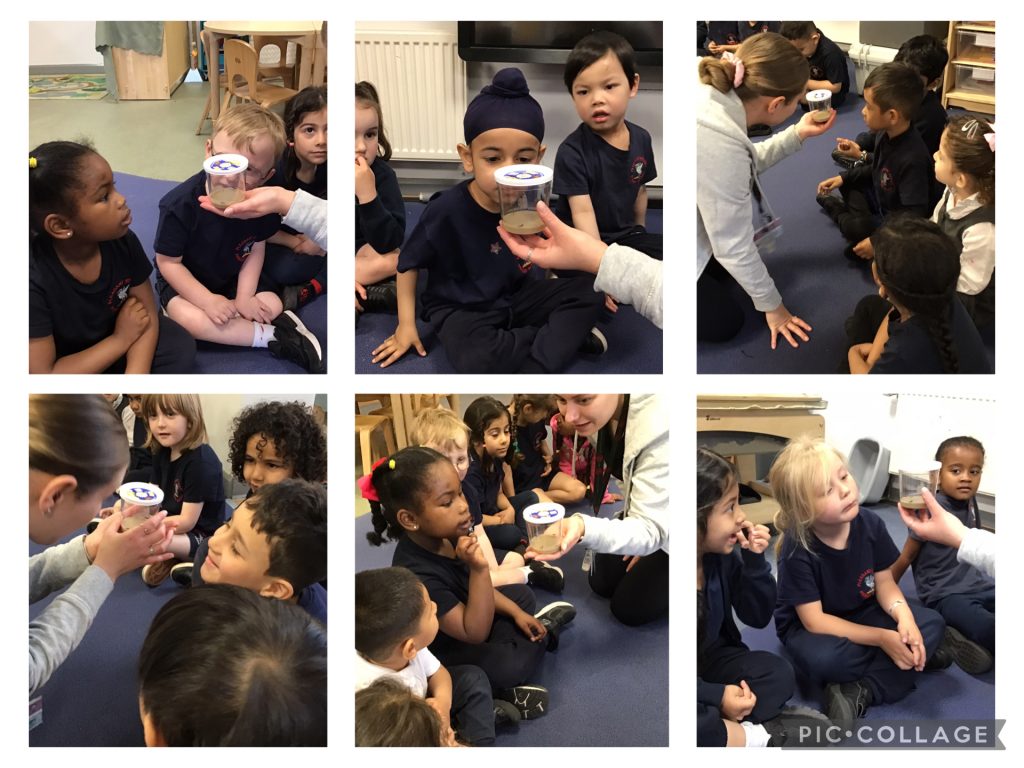

Nursery have enjoyed observing caterpillars, spiders and bees in the garden. They used magnifying glasses and screens to take a closer look.
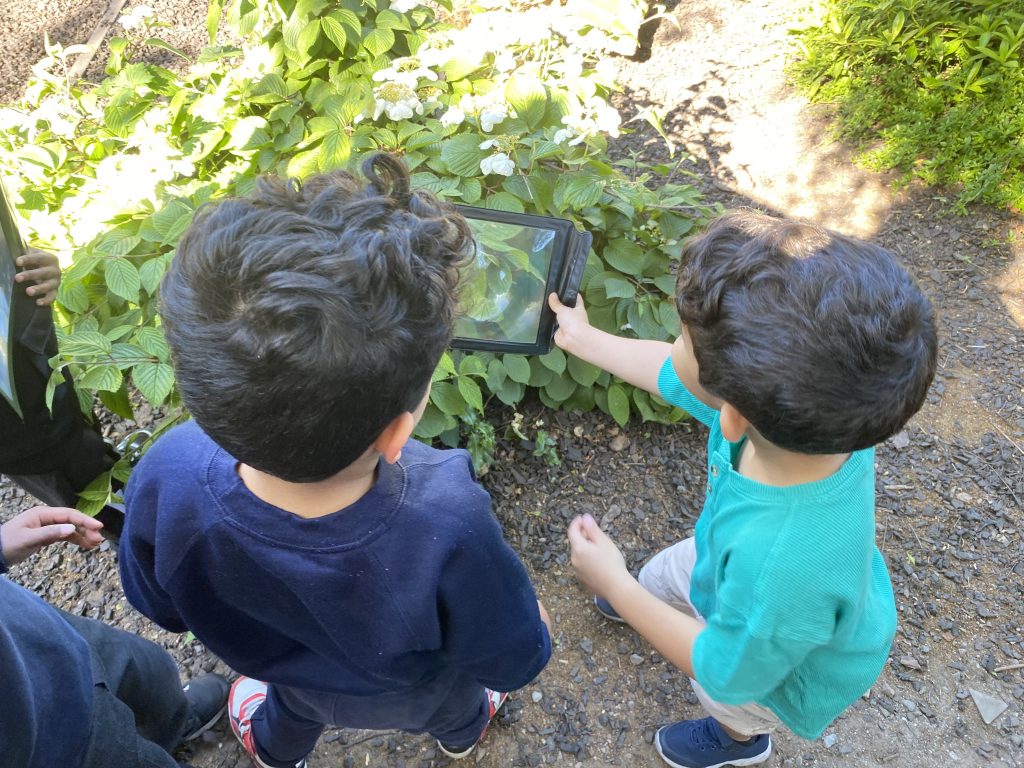
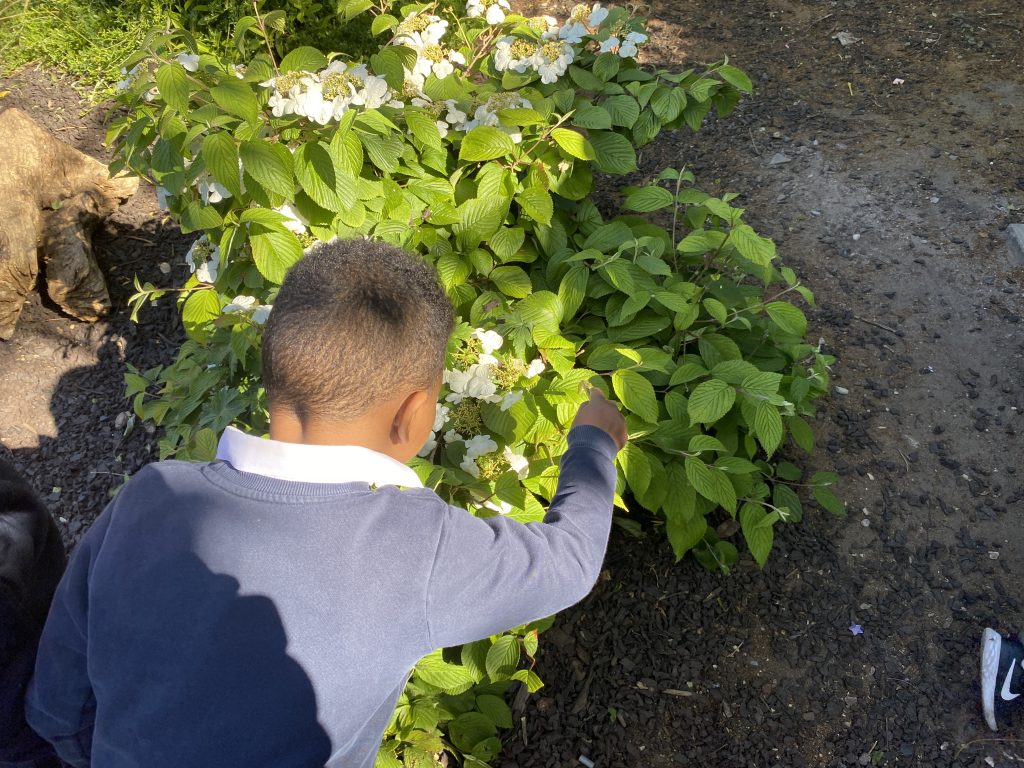

Today we went outside and made shadows and all had a go at drawing each others shadow from the sunlight.
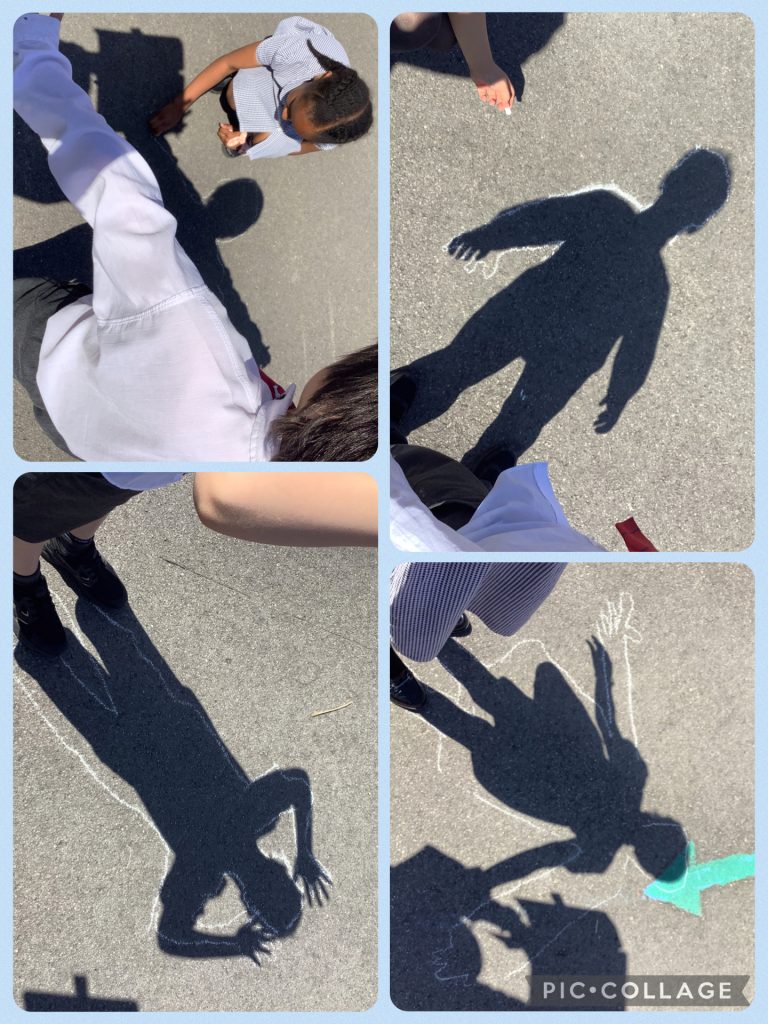

The Reception children have been learning about the frog lifecycle. They explored the stages of a frog’s life, from egg to tadpole, and finally to adult frog. Using pictures and videos, they observed how frogs grow and change, and some even made their own frog lifecycle diagrams. This hands-on learning experience helped the children understand the concept of growth and transformation in nature while sparking their curiosity about the world around them.
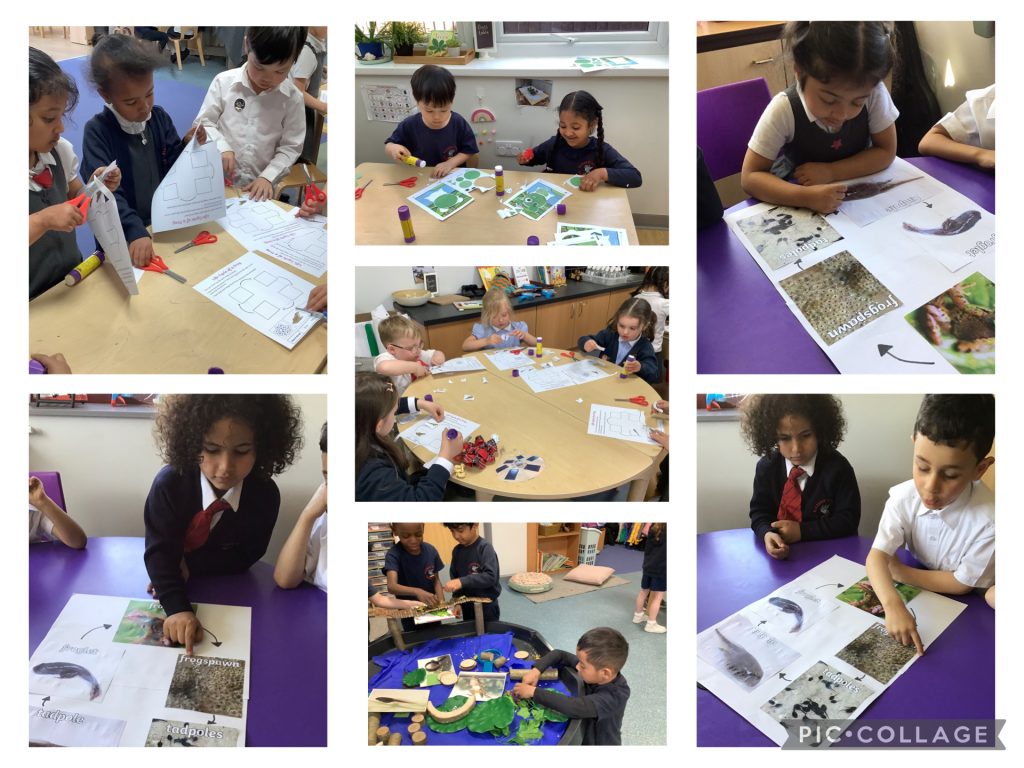

The children in Reception have been busy planting in the garden. They excitedly dug small holes, carefully planted seeds, and watered their plants, learning about the growth process. Through this activity, they explored nature, developed responsibility, and observed how plants change over time. It was a wonderful opportunity for the children to connect with the environment and appreciate the importance of caring for living things.
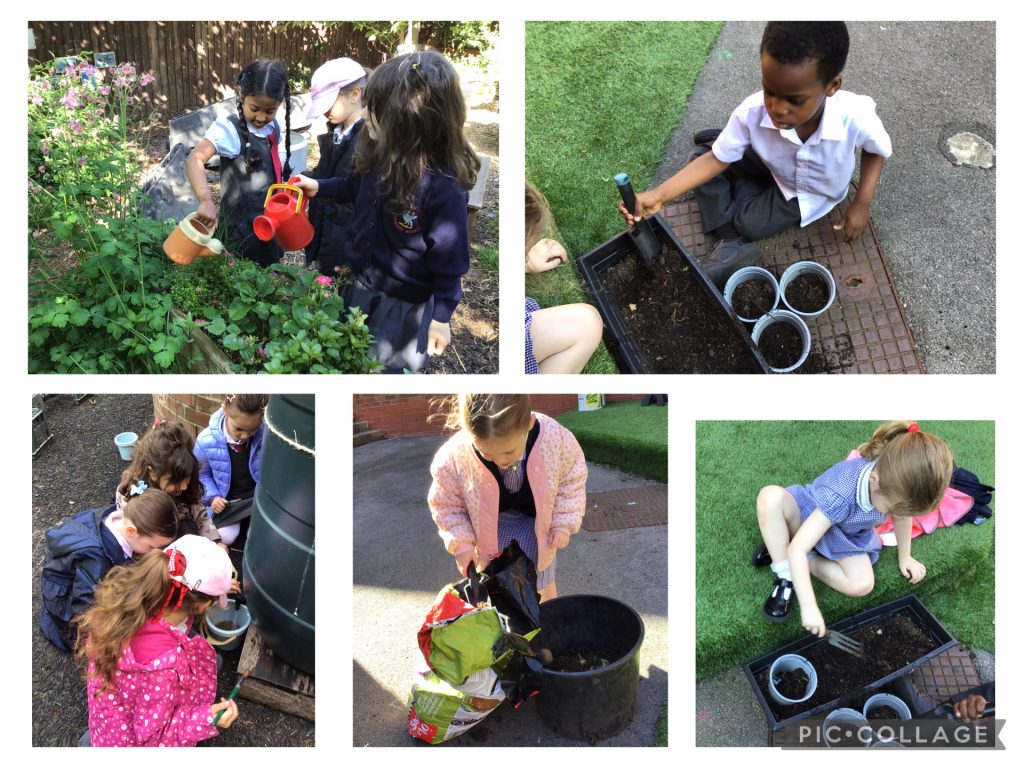

In science we are looking at plants. Today we looked at peas and planted our seeds.
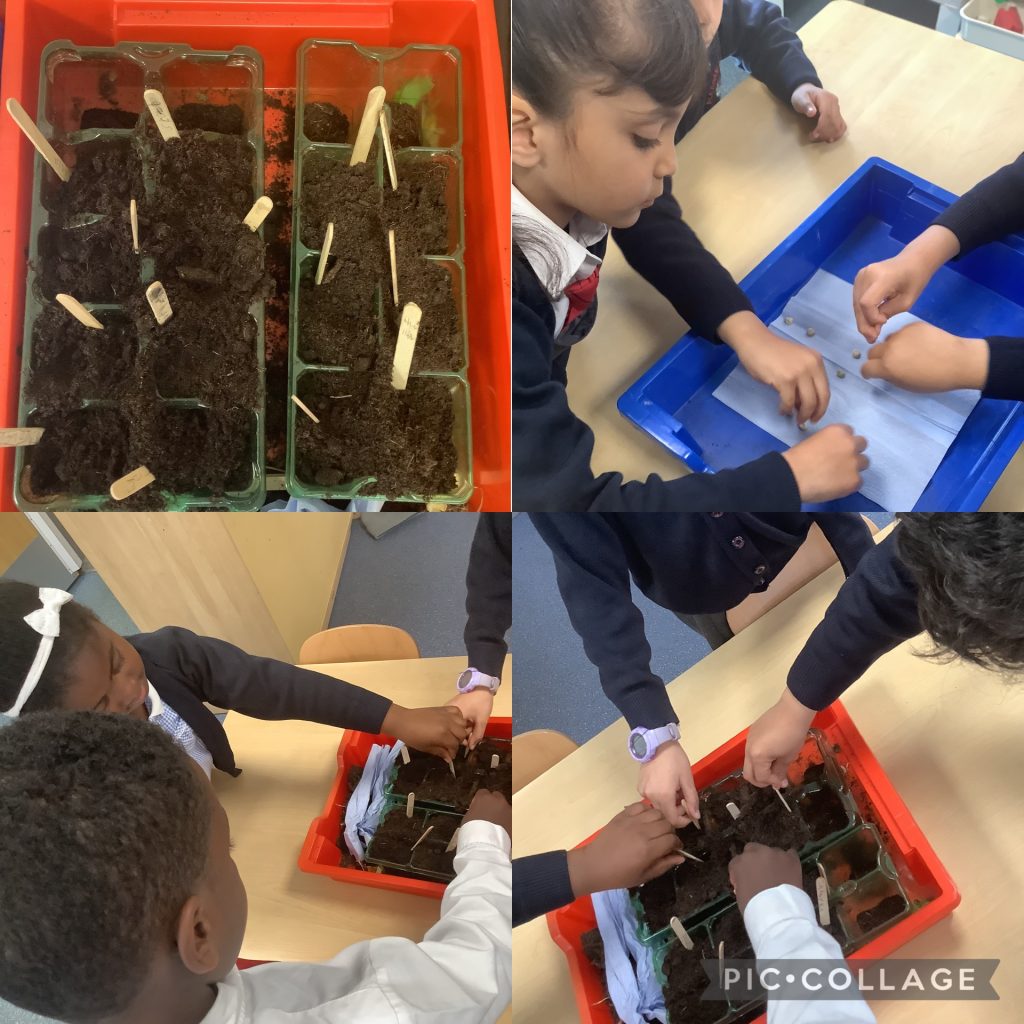


Our families joined us to play, we explored the nursery and the children were able to show their families what new things they have learnt and currently learning about.
39
In science we are looking at fruit and vegetables and seeds. The children drew pictures of apples, pears, tomatoes and green beans.
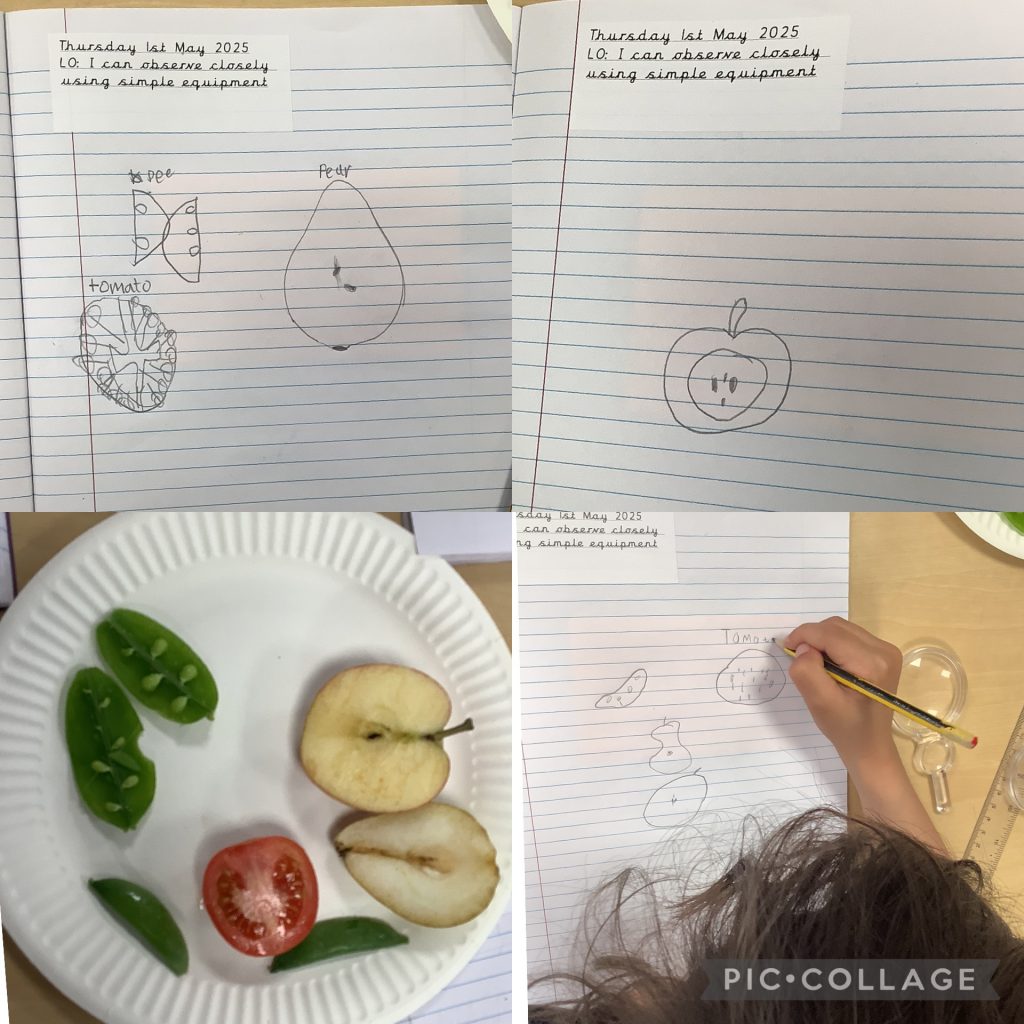

Reception had a lovely trip on their first day back after half term. We visited Farmer Teds farm as the class were learning all about farm animals, their mums and their babies and it linked with our literacy story ‘Mr Gumpy’s Outing’, when he collected lots of different farm animals along on his boat ride. The children were so excited to use their knowledge of animals and be able to link them with real life experiences.
Whilst at the farm the children enjoyed some fantastic activities including ferret racing, the Shaun the sheep show and exploring lots of minibeast.
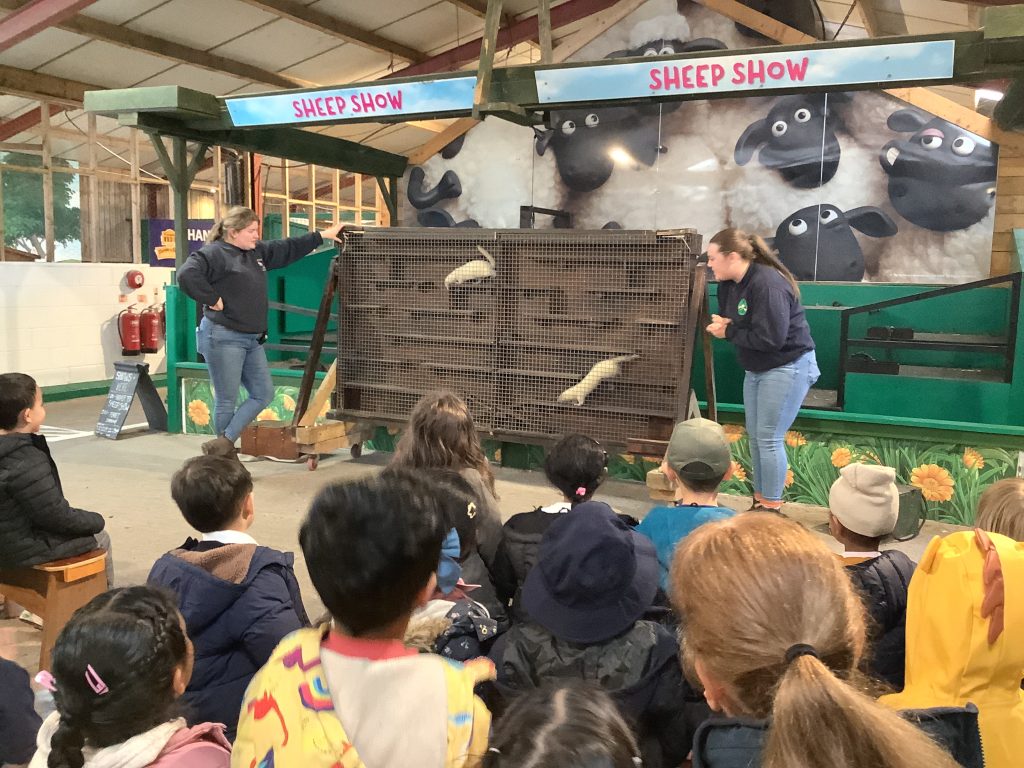
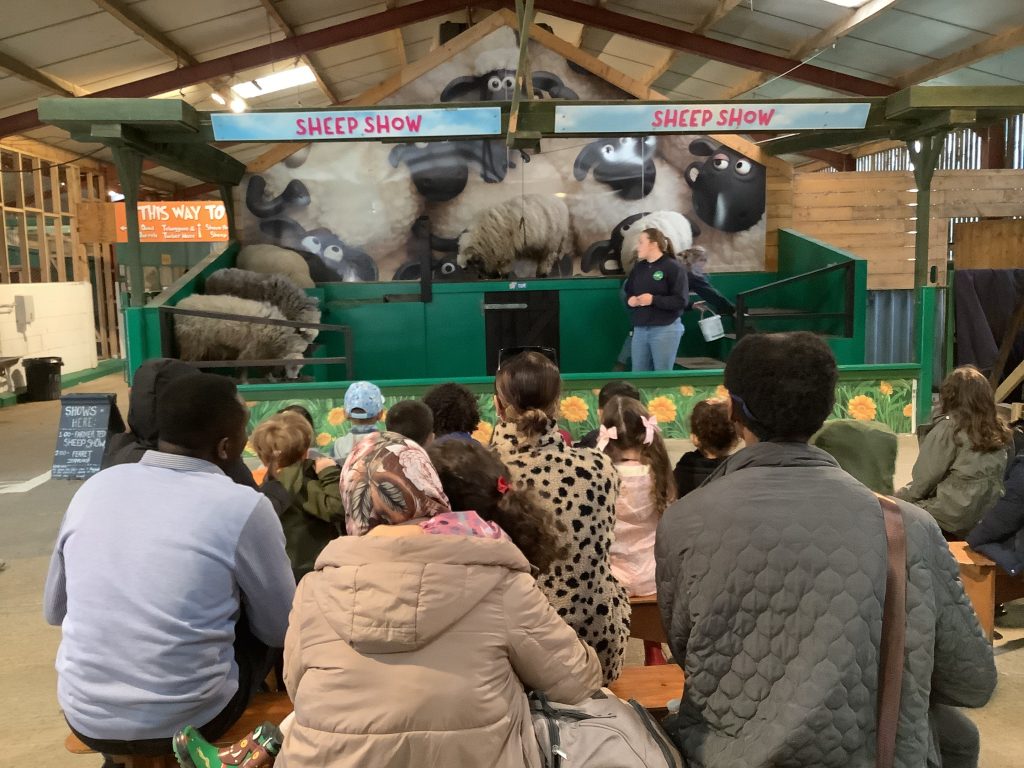
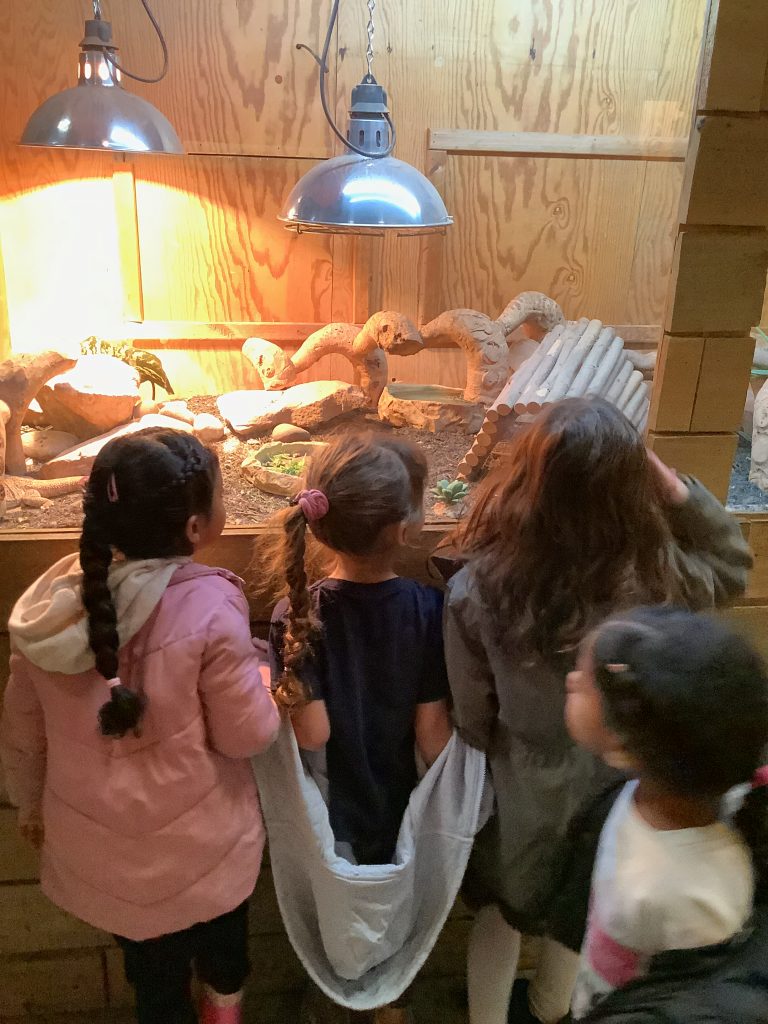
Then of course the children had to have a go of the climb and slide.
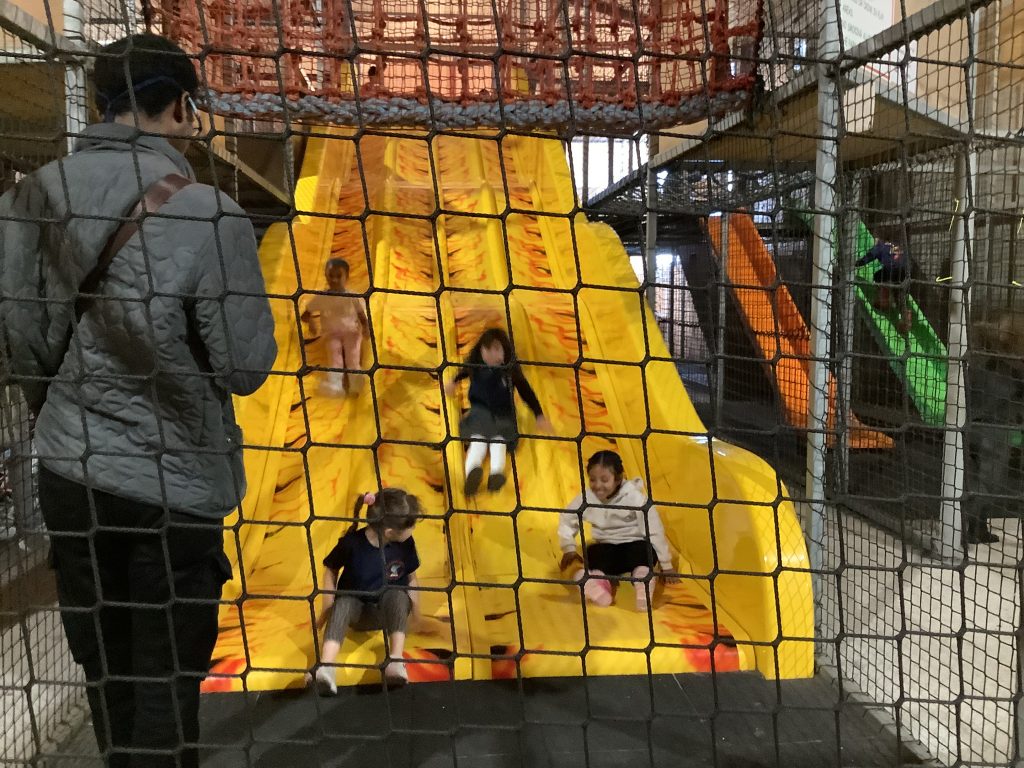
Then after lunch Reception were able to explore more of the farm animals in their barns.
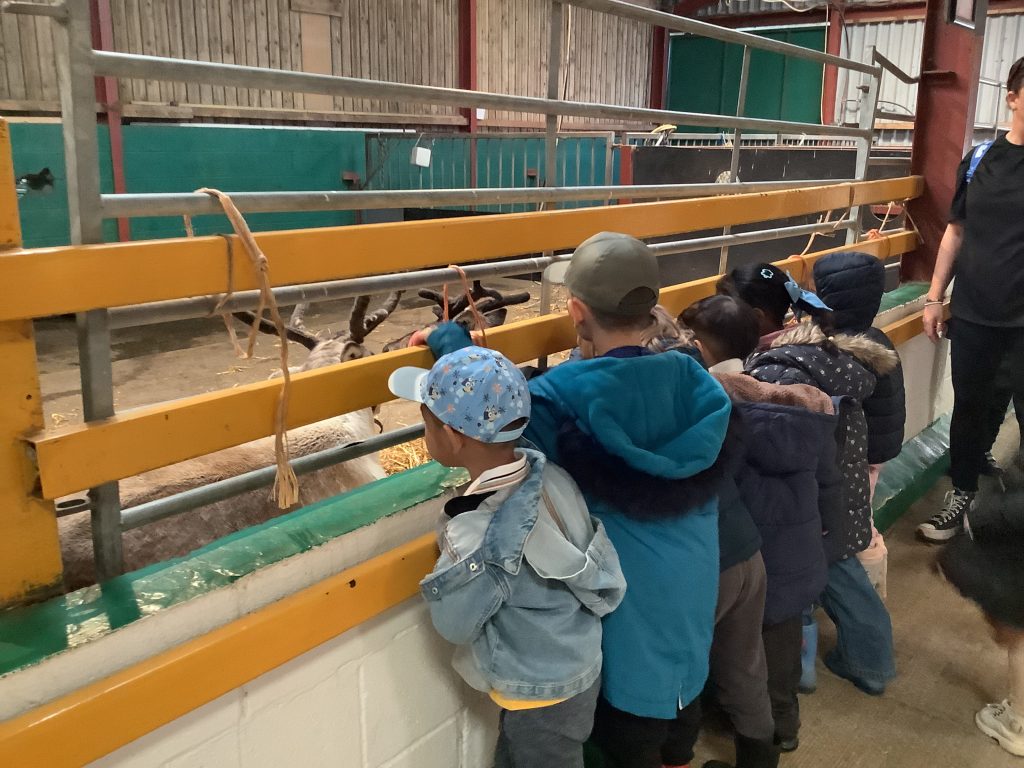
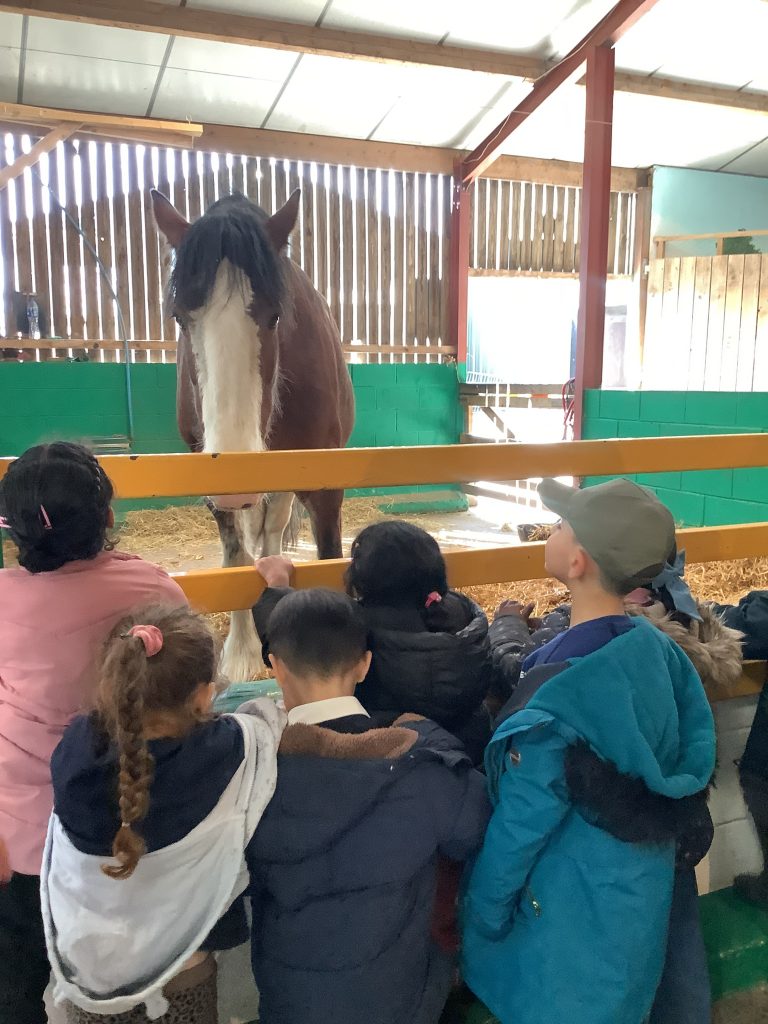
And finally have a go on the climbing frame and in the sand area. What a wonderful day.
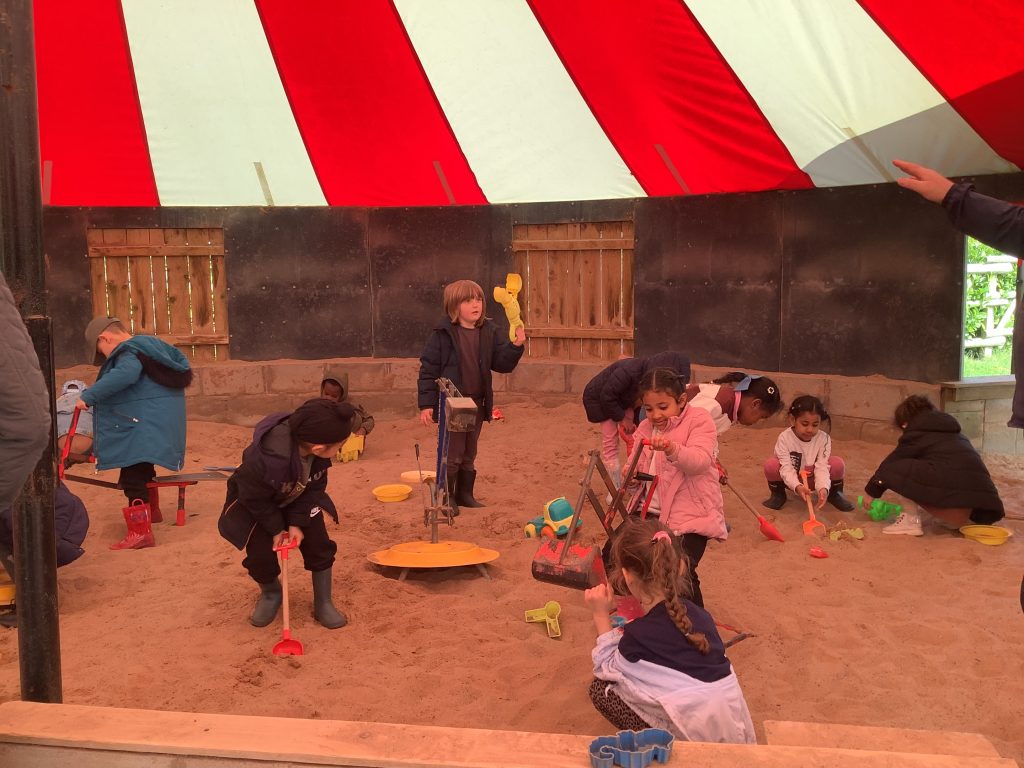

Today we carried out a simple fair test using differential types of surfaces. We measured the distance the car traveled and compared our answers.

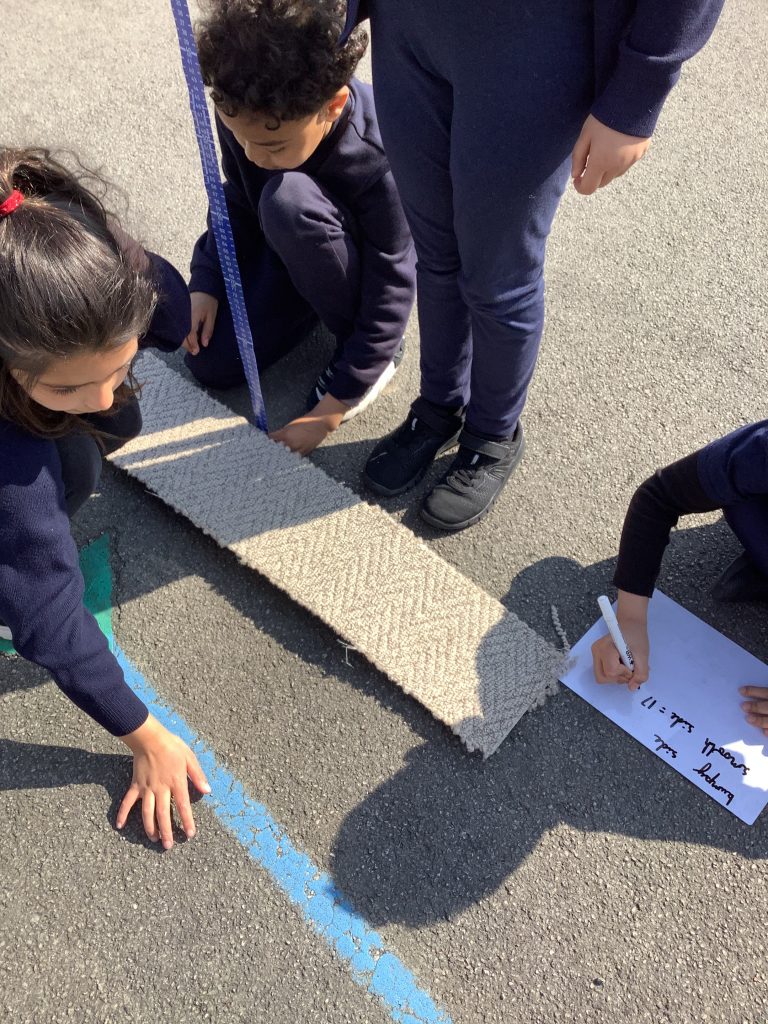
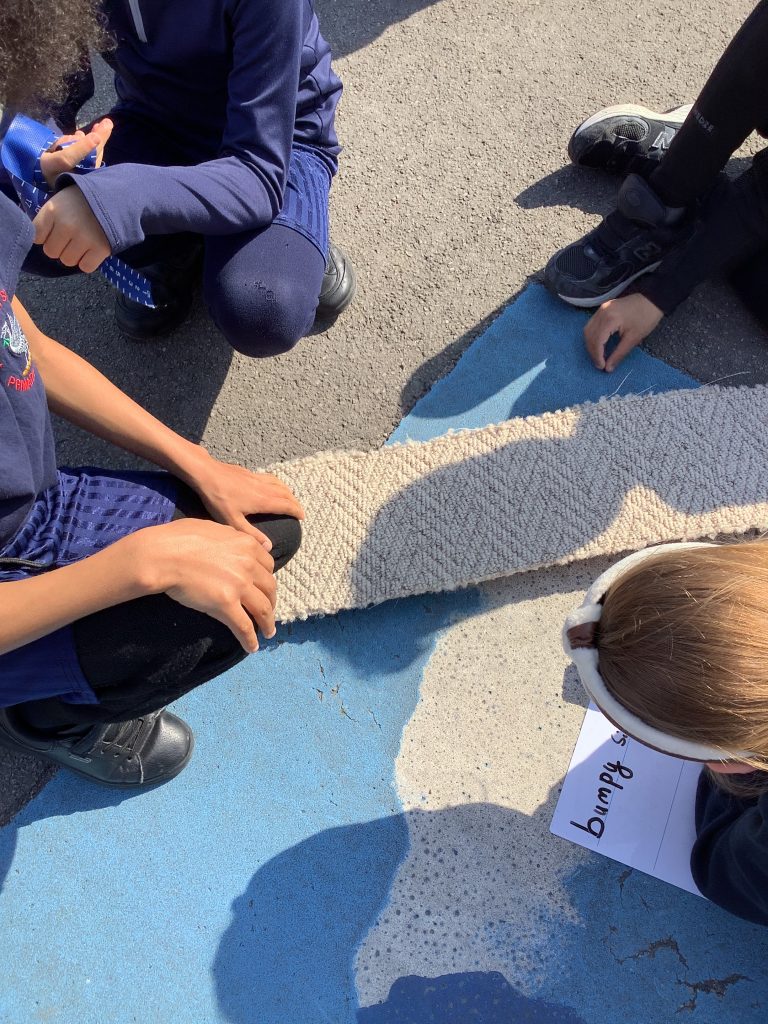
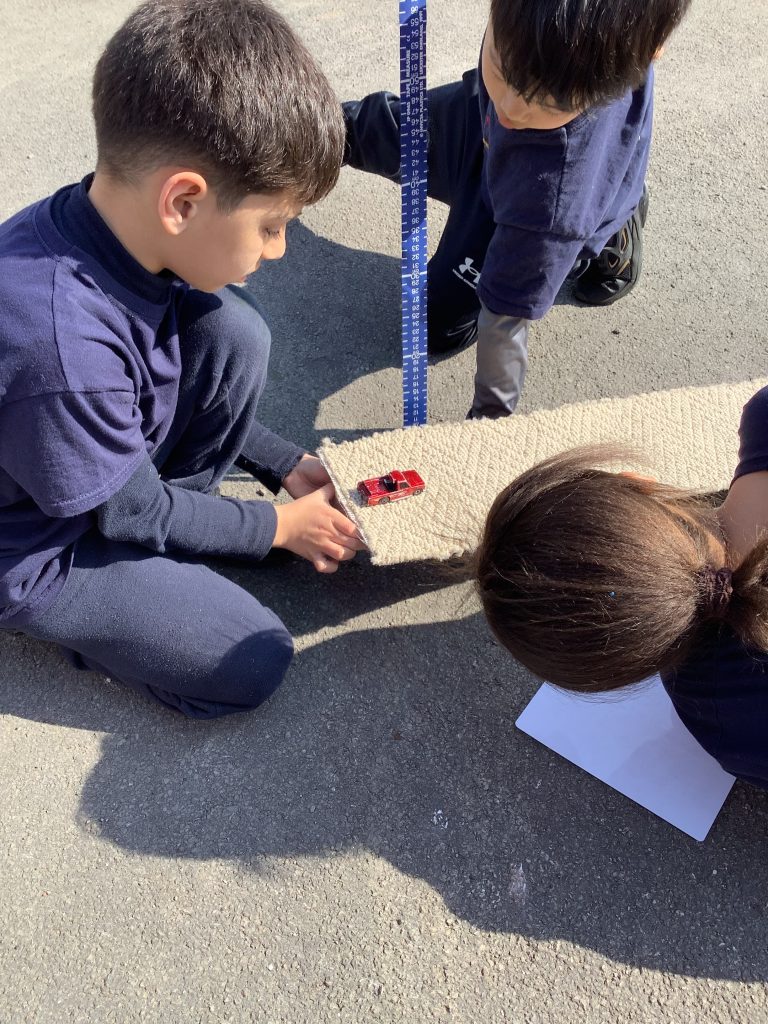
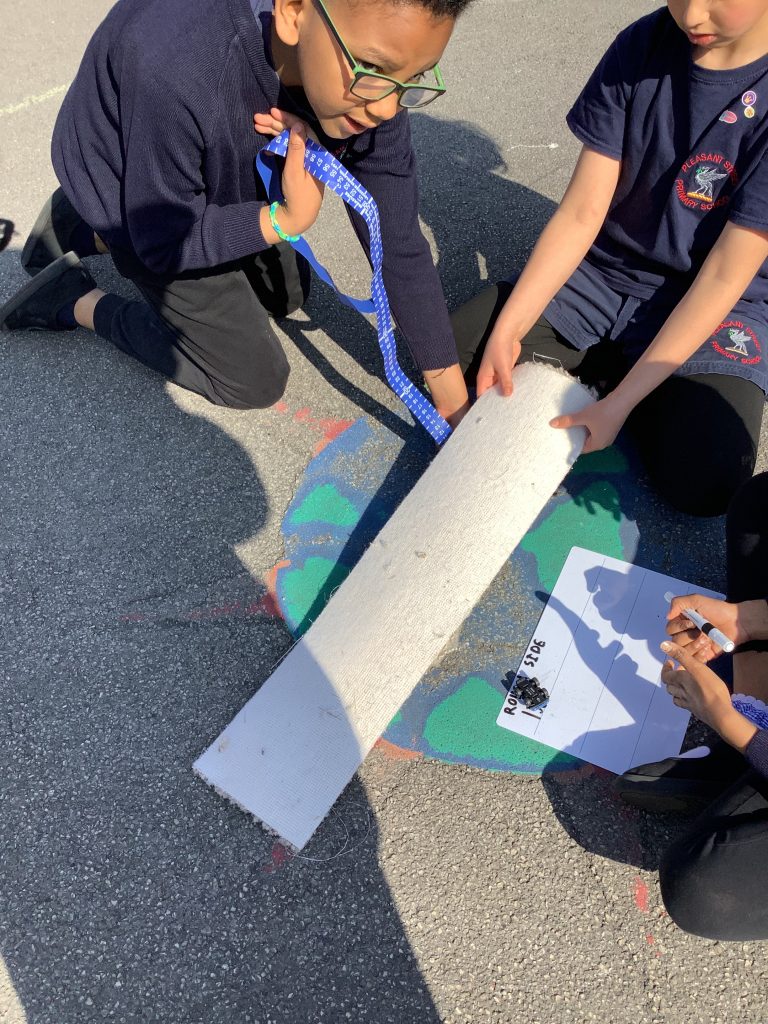


Today we experimented with different types of magnets and looked at which one was the strongest using measurements.
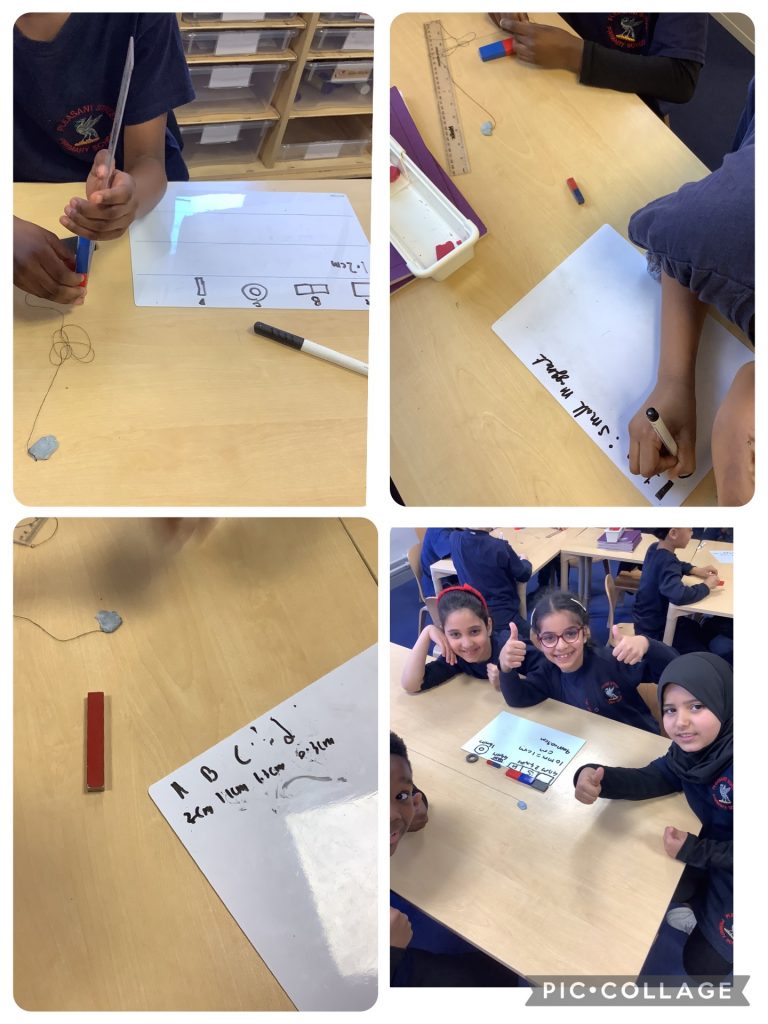
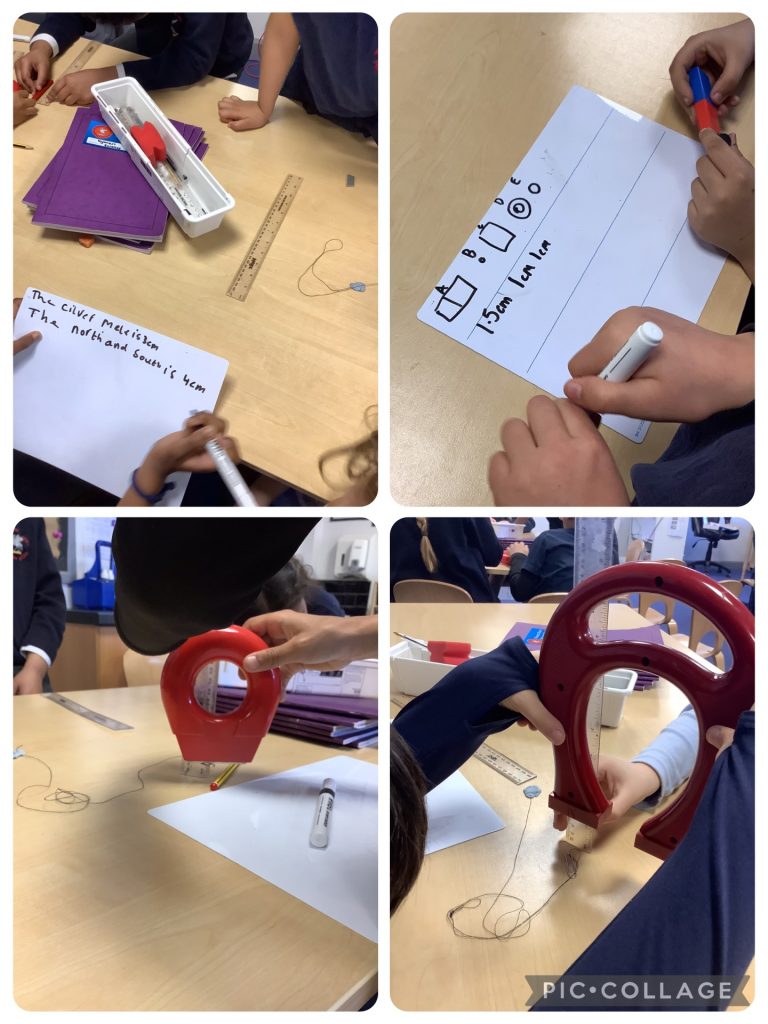

This morning a number of children decided to go on a mini beast hunt. They looked under logs, branches and leaves to see if they could find any of the mini beasts on their checklists and they were pleased to find lots of signs of life in the garden!
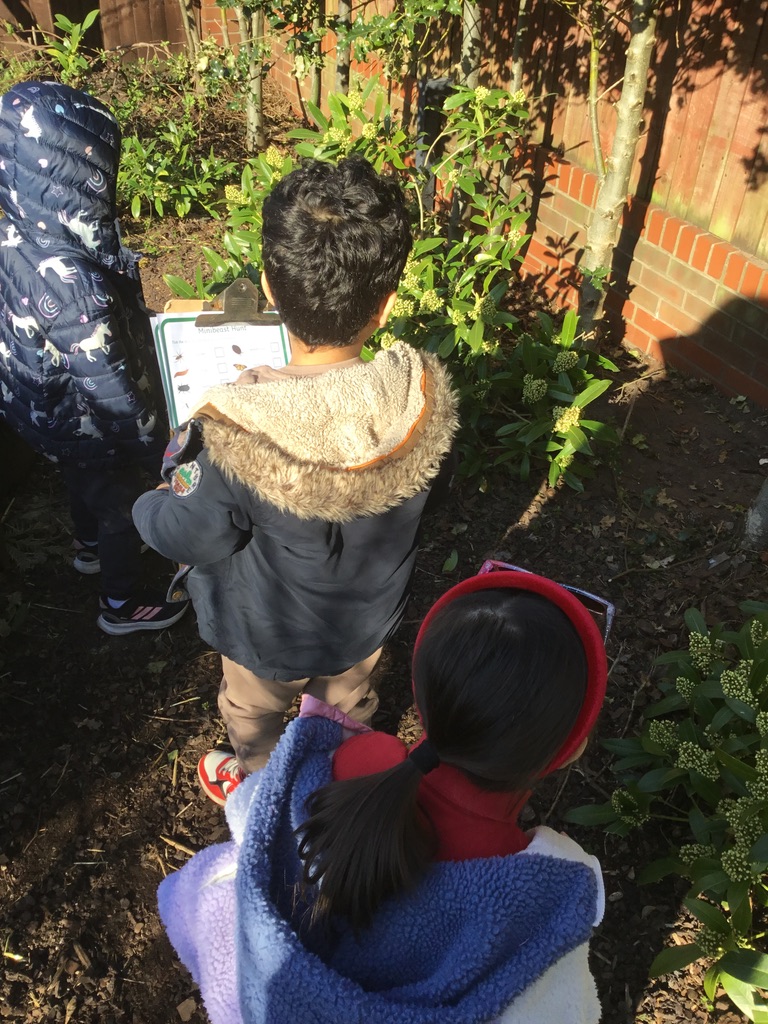
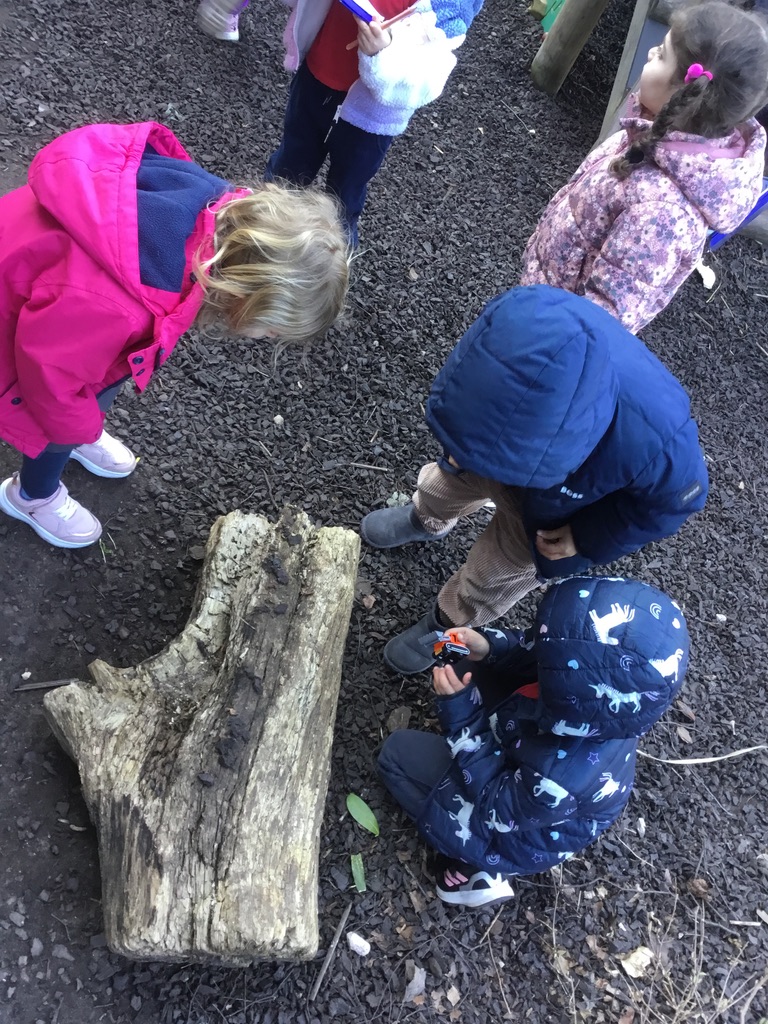
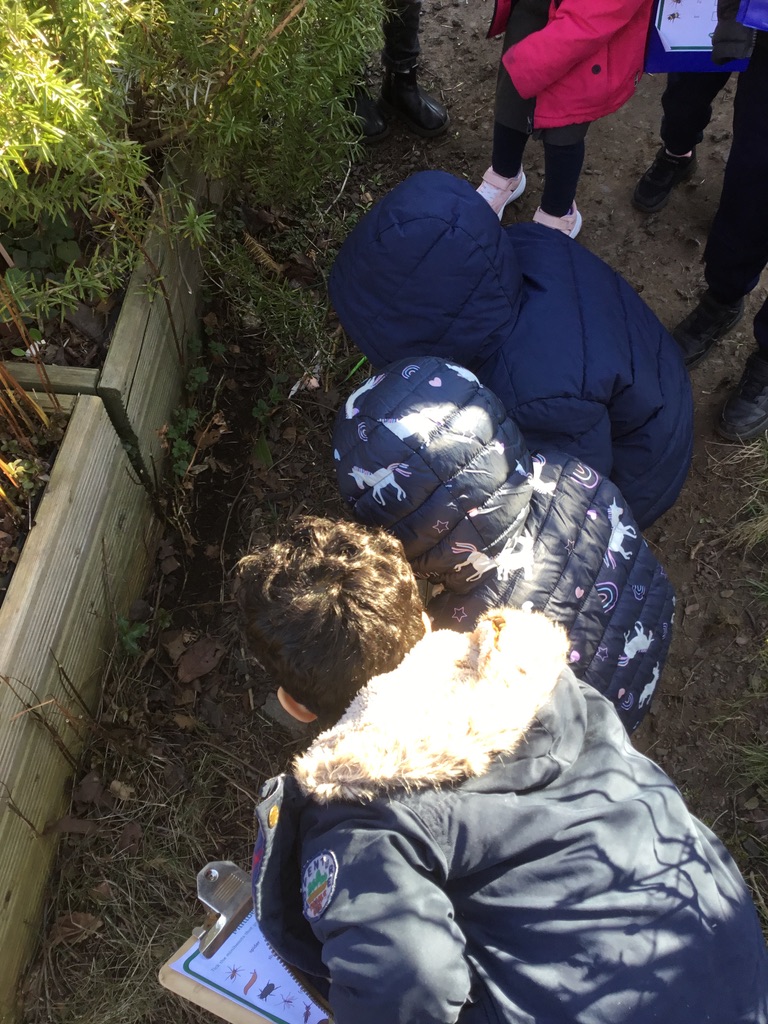

As the weather starts to become brighter Reception explored in the garden area today some changes in spring. With the help of a checklist, the children observed what has changed to some of the garden so far and what they might see start to grow.
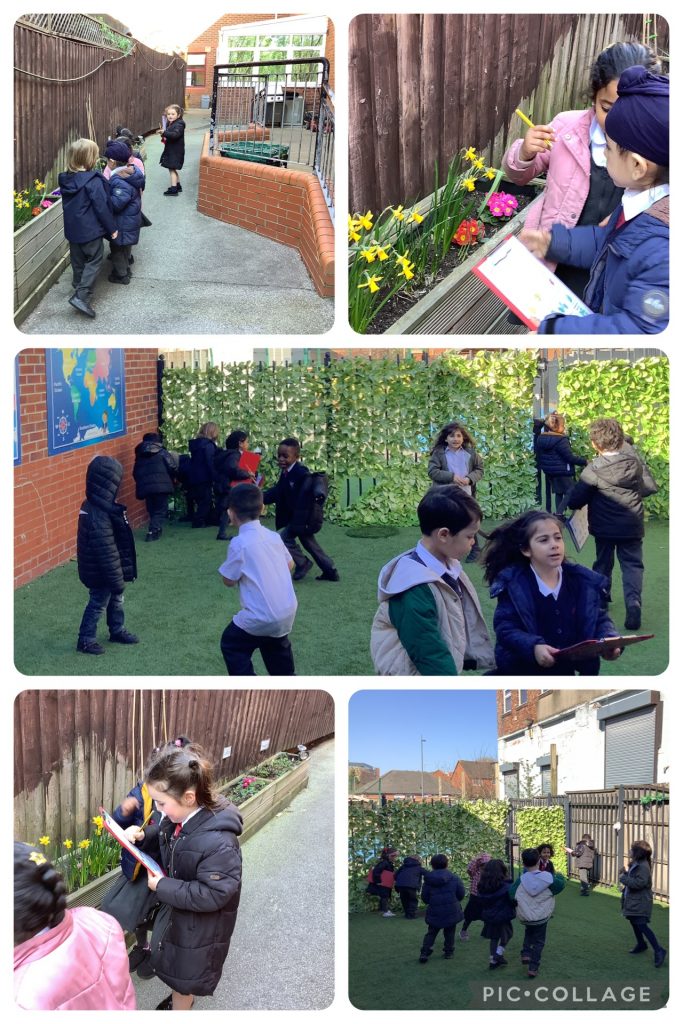

For world book day this year Reception read the story ‘A Seeds Grows’ which is a non-fiction story about how seeds grow from a seed and germinate to push through the soil to grow into a wonderful flower. The children created a poster about a lifecycle of a flower and what flowers need to grow. the children also created some fantastic flower pictures and some paper flower crafts.
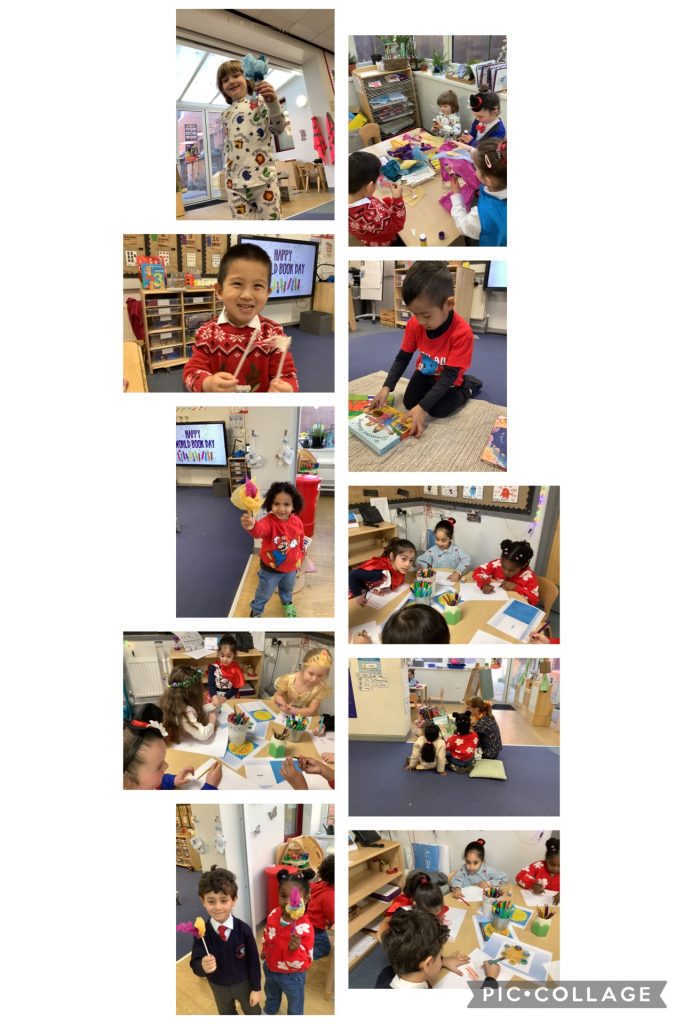

The class were treated to a visit from Tony this afternoon, who helps look after bee hives in St John’s Centre in the city centre. The class were amazed by some of the facts they heard and even had the chance to taste some honey!
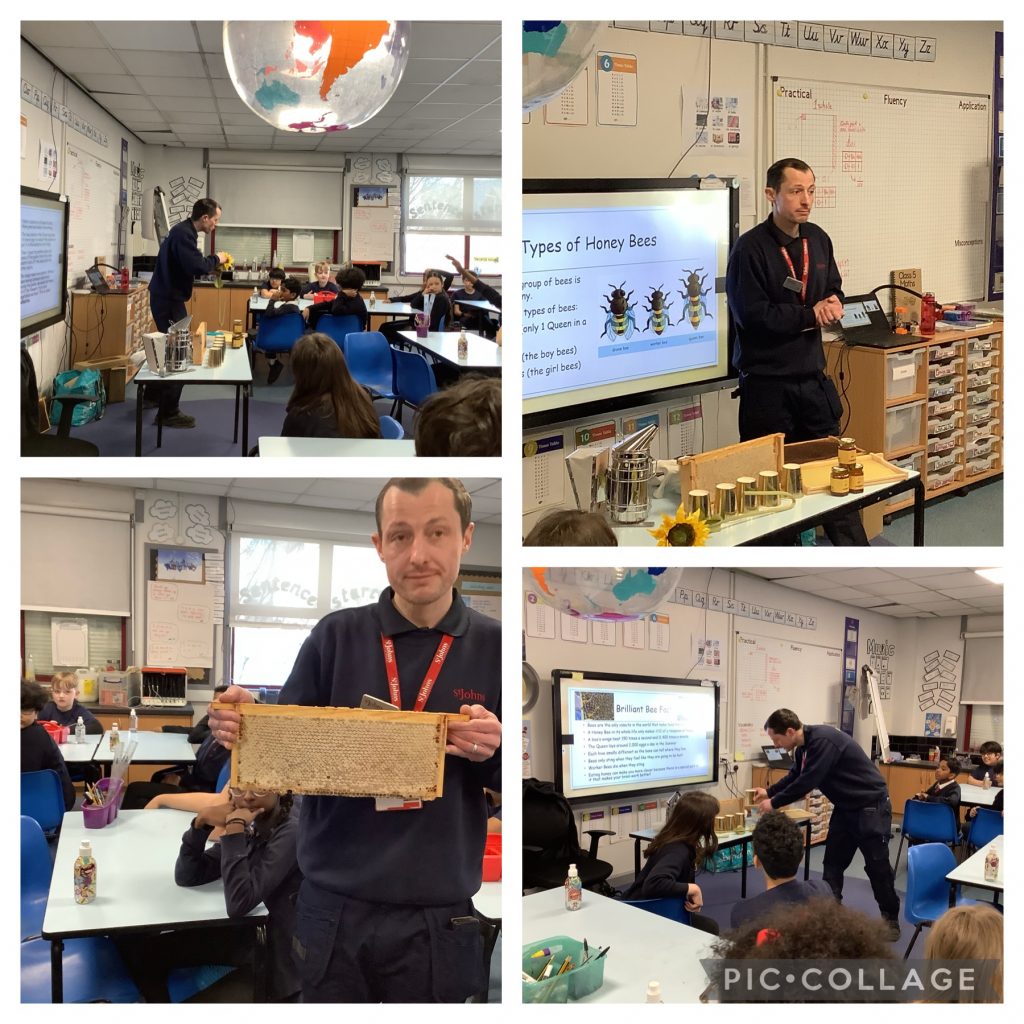


Reception had a fantastic time at the museum aquarium, as they explored all the animals that live under the sea. This links with our literacy story the storm whale.
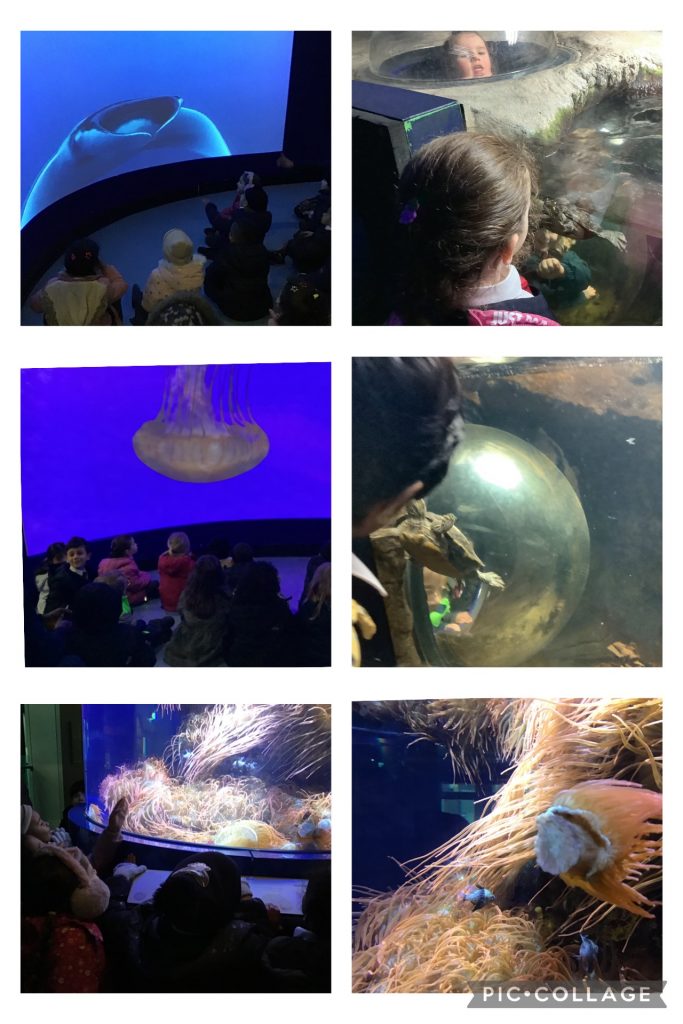

Exercise
We have been discussing how we can keep our bodies healthy. We learnt that you need to eat healthy foods such as fruit and vegetables while also drinking plenty of water. We found you need to do lots of exercise and get enough sleep to help our bodies grow. We learnt keeping ourselves clean in one of the best ways to stay healthy.
We found out how we can take our pulse either from our wrists or our neck. We took our pulse when we did not exercise and how it changes once we have done exercise.
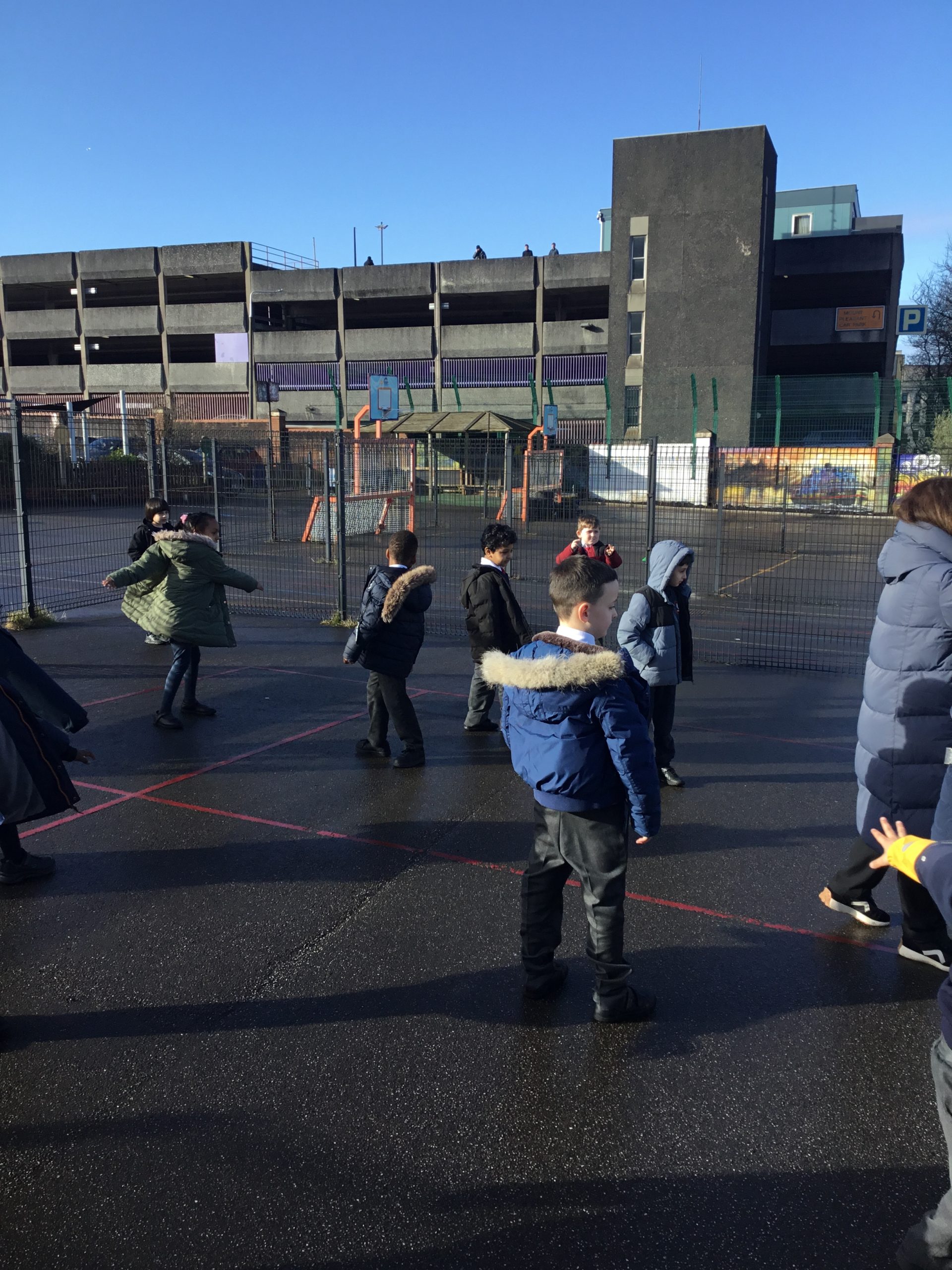
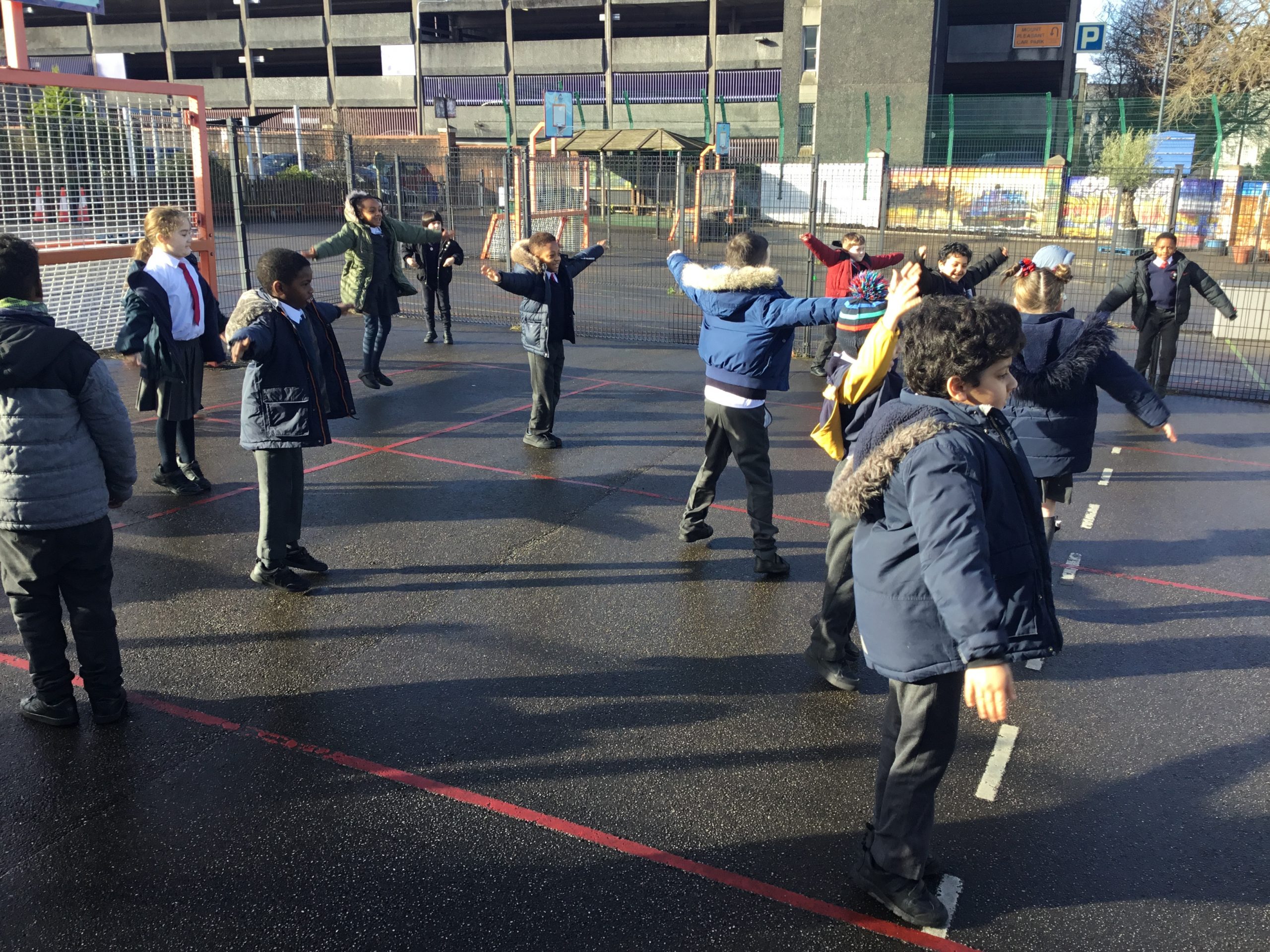
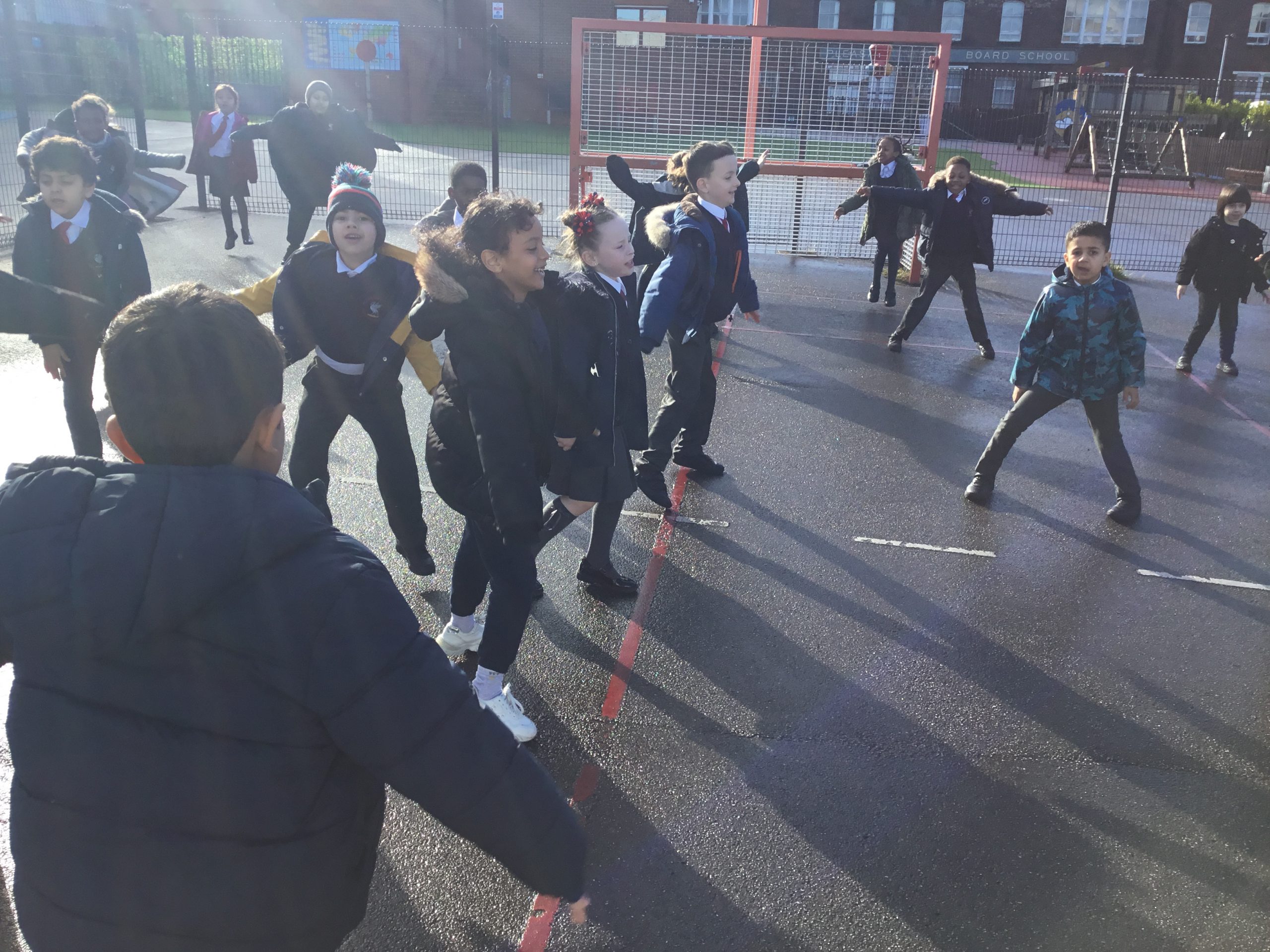
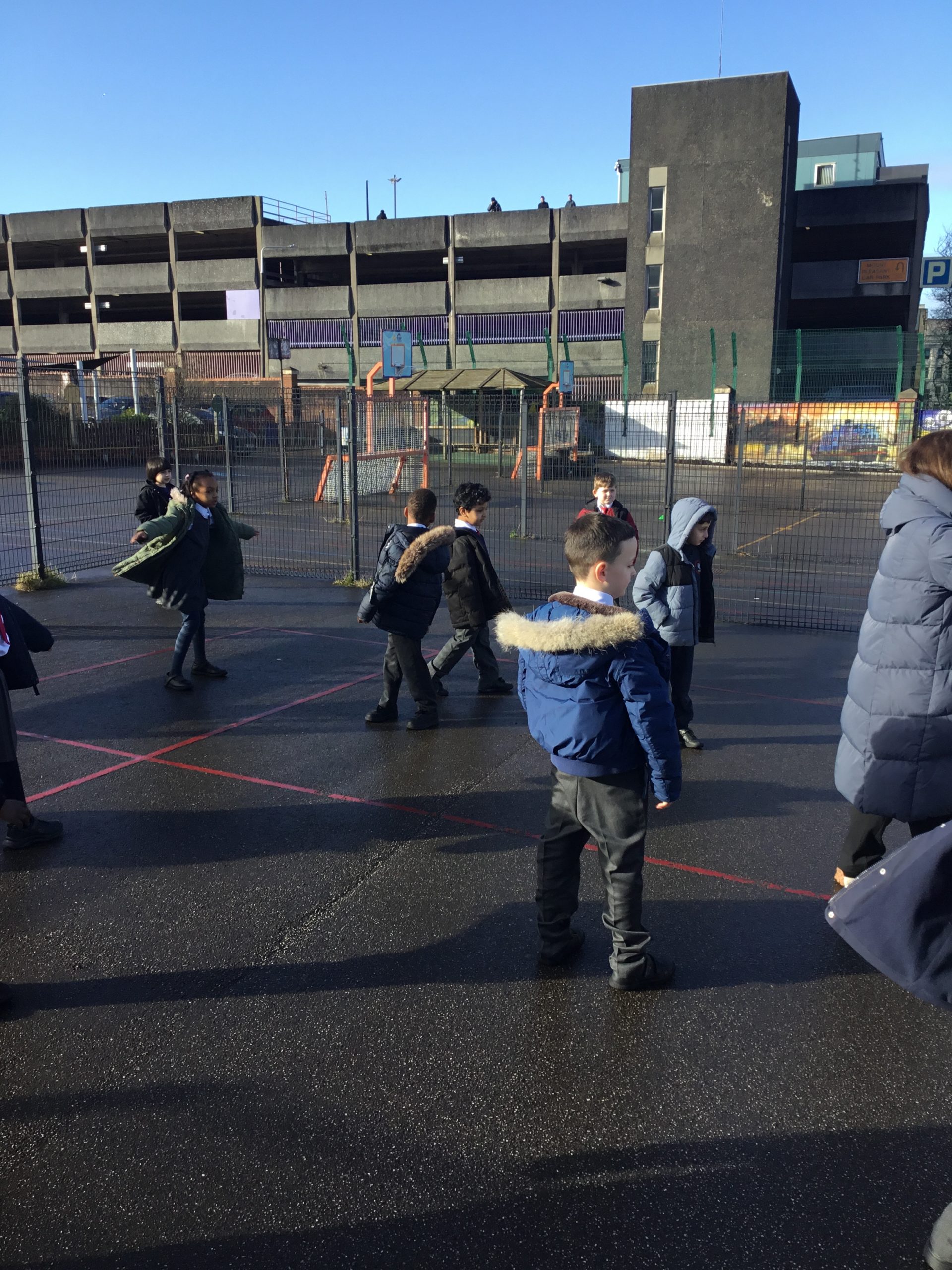
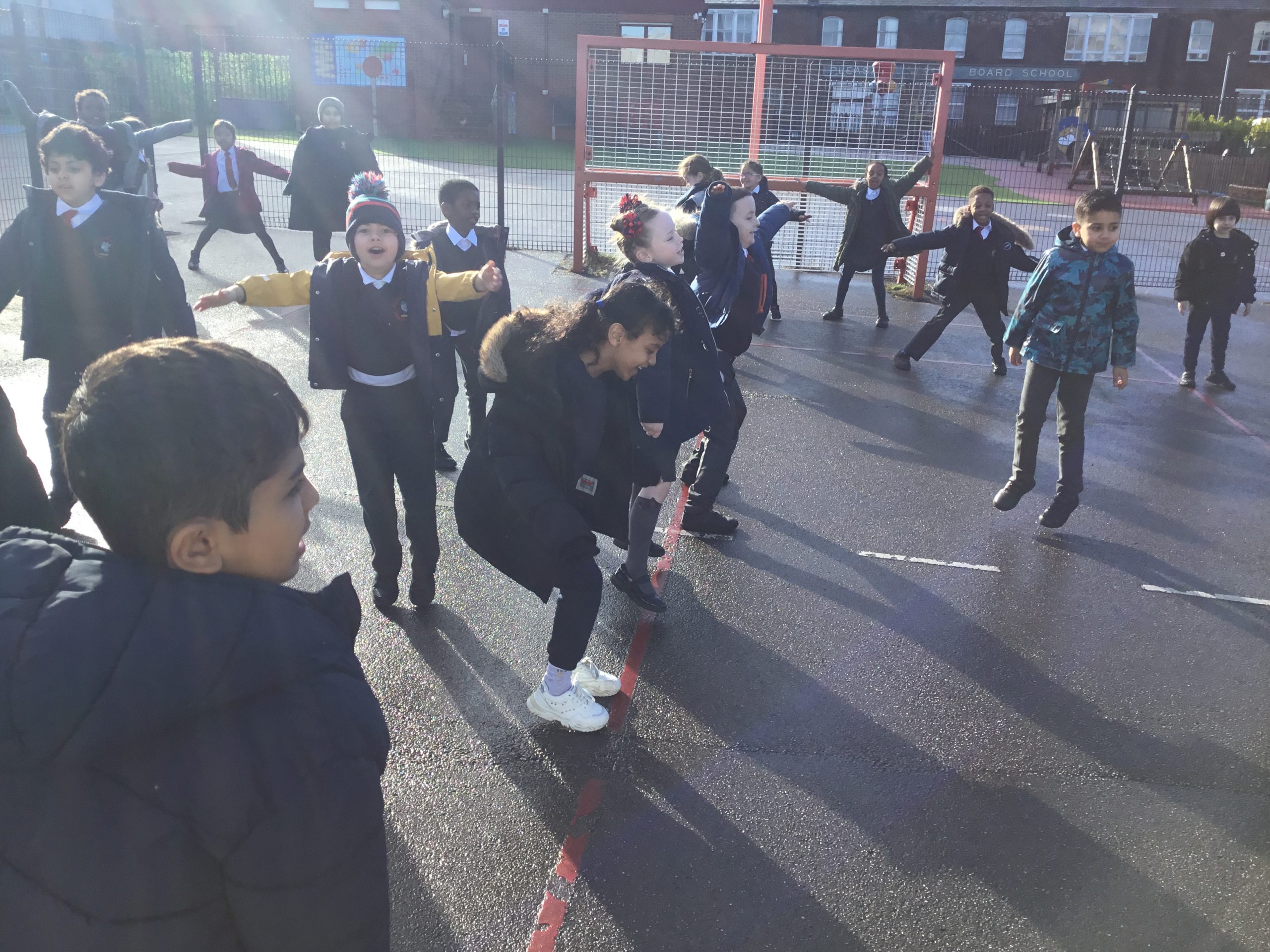
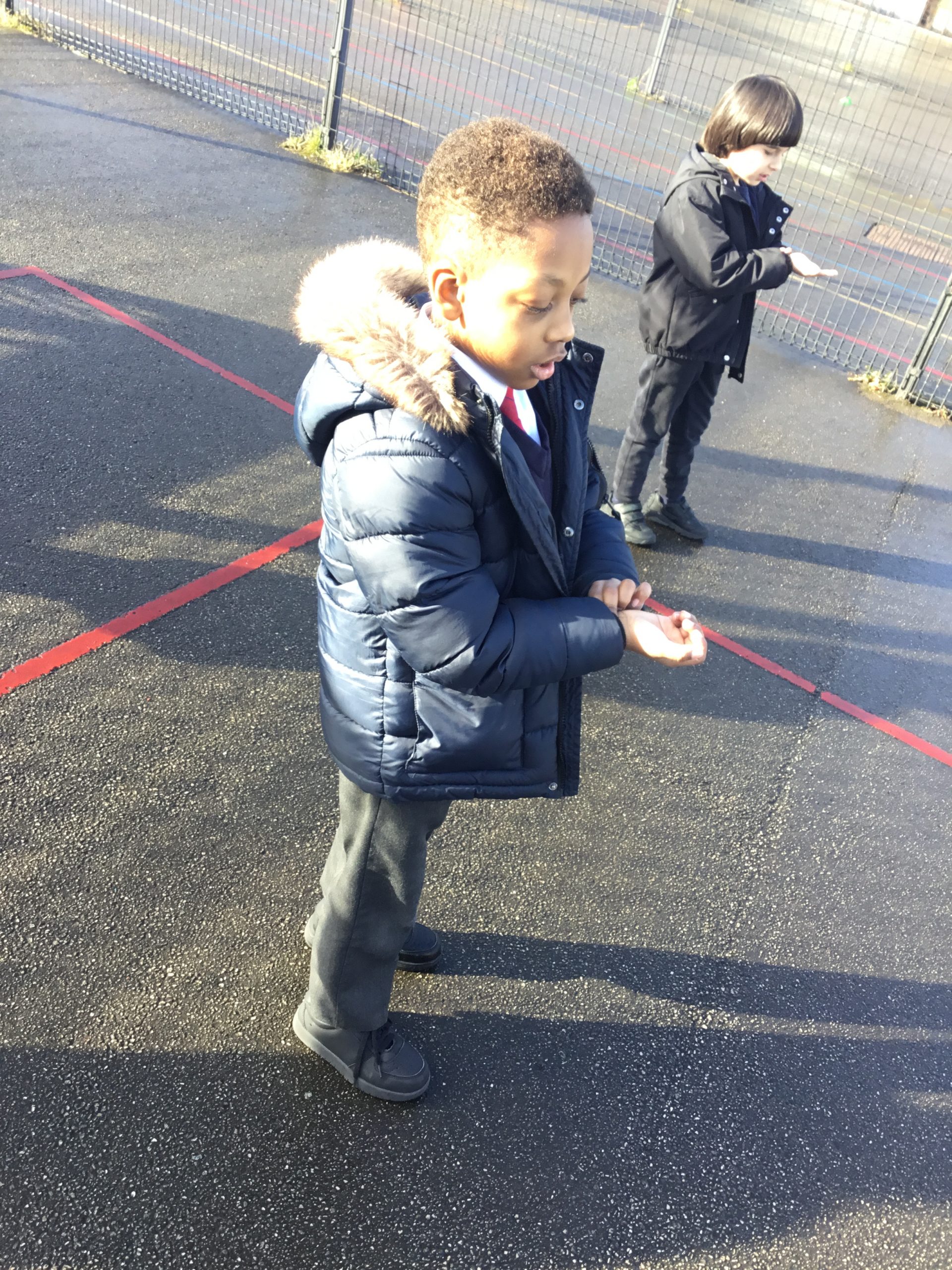
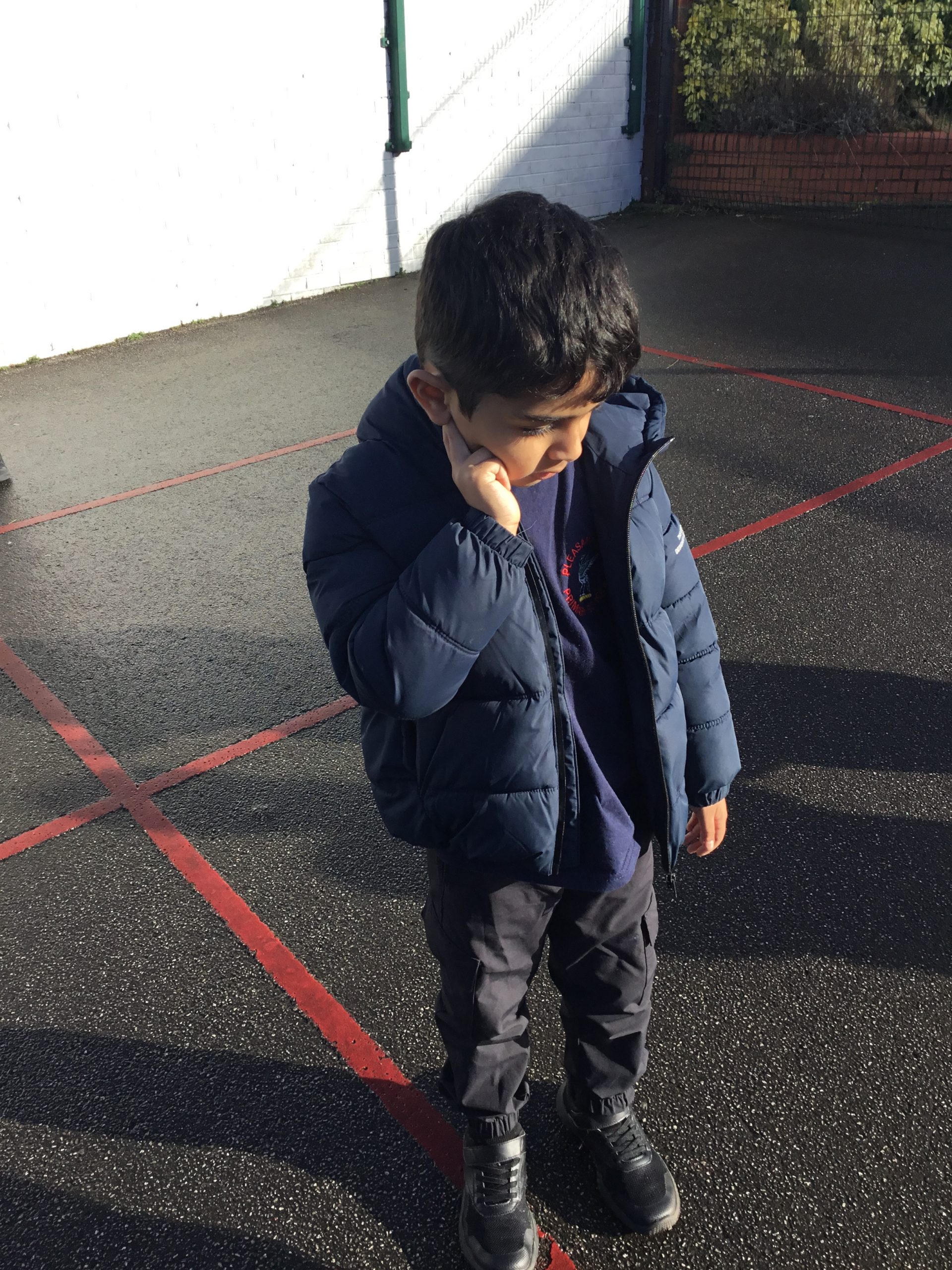
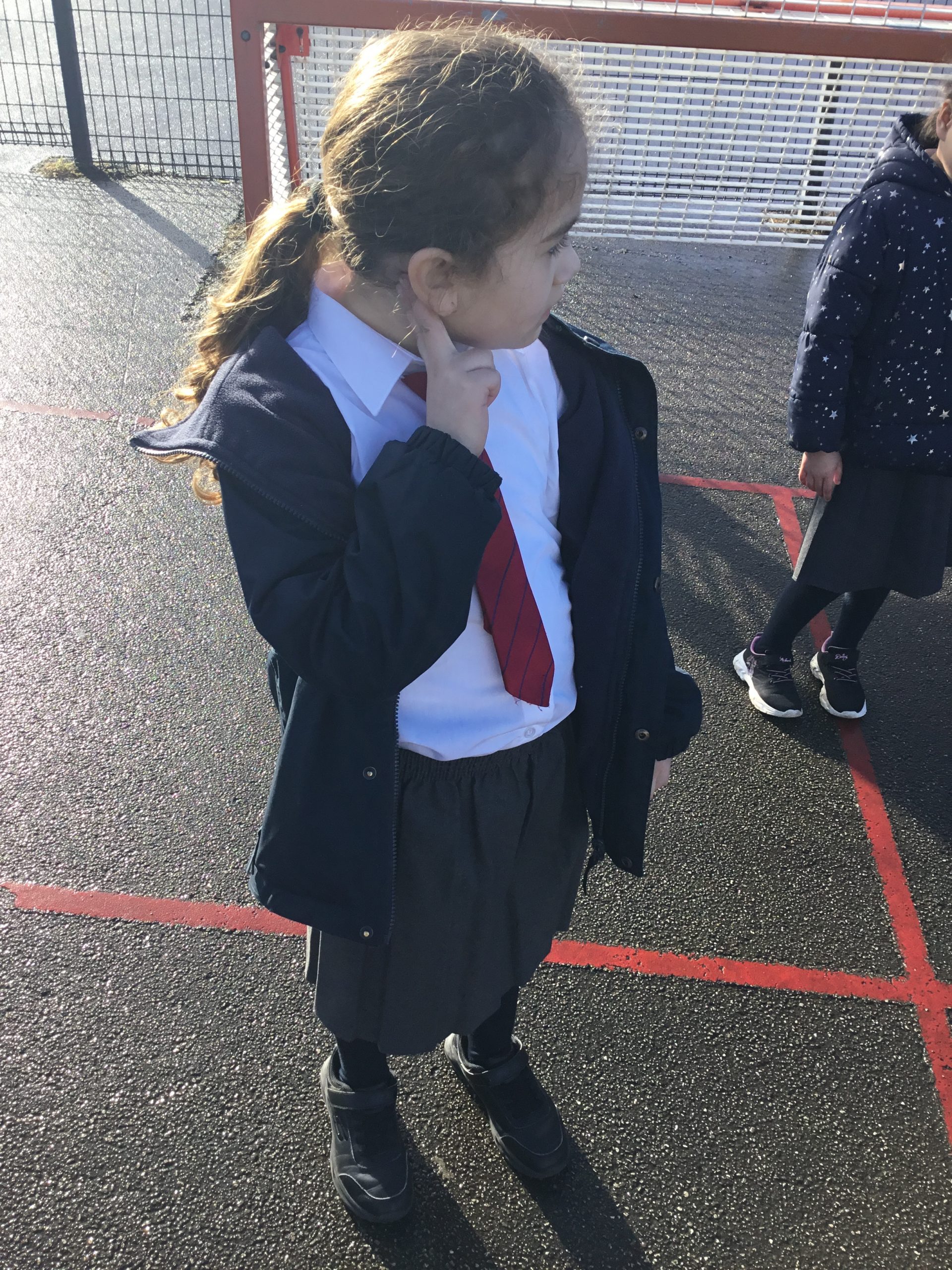
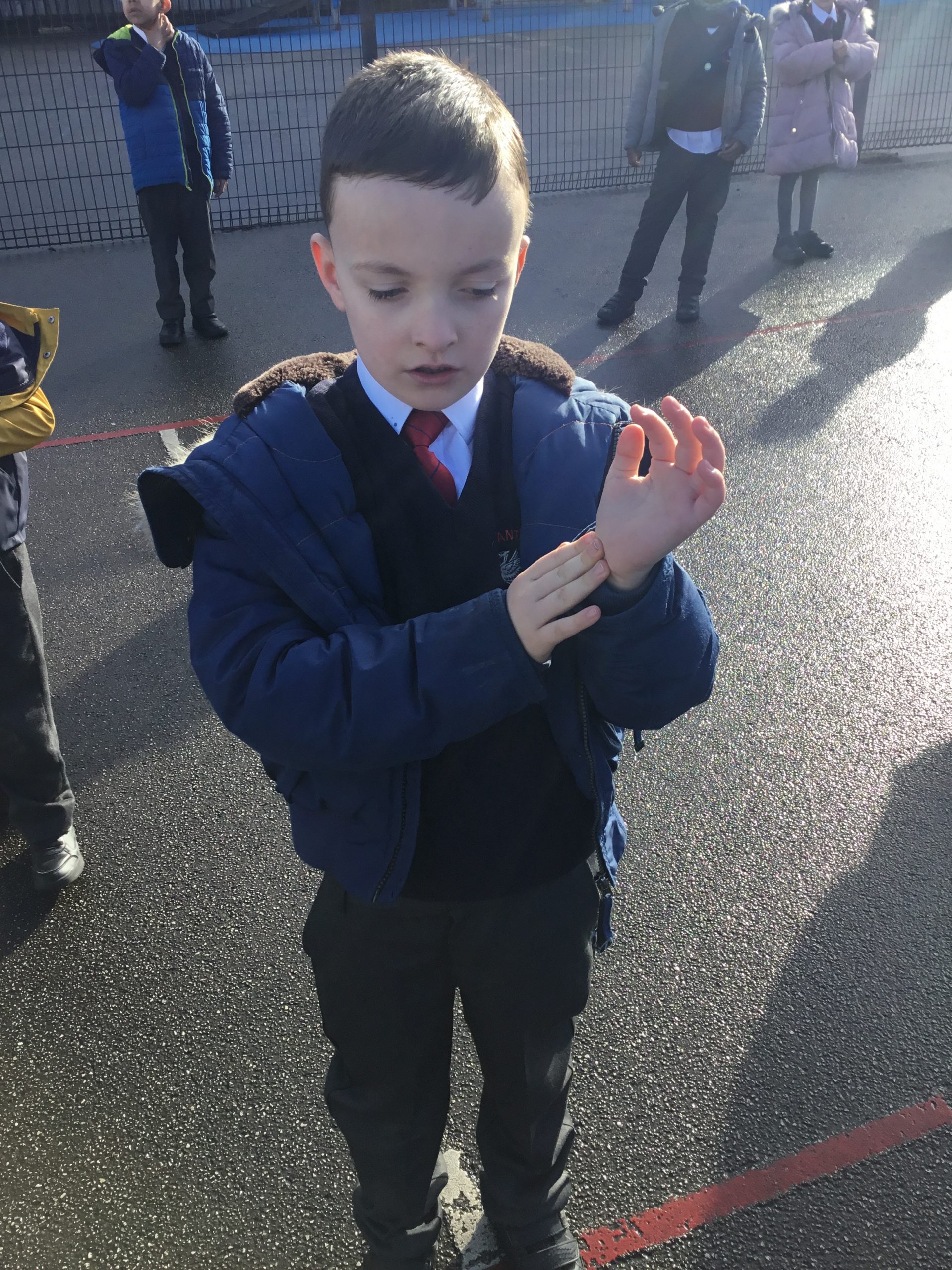

Sarah from the Tree Council visited us today to lead an assembly on the work of the Tree Council and it’s importance. We were so interested to find out their work and to hear about the impact trees have on our physical and mental health and wellbeing.
Children from KS2 then worked together with Sarah to plant our new hedgerow area and some fruit trees finding out lots of facts and information along the way. This is the start of a project we have started to change and improve our playground. We can’t wait to keep you updated on the progress!
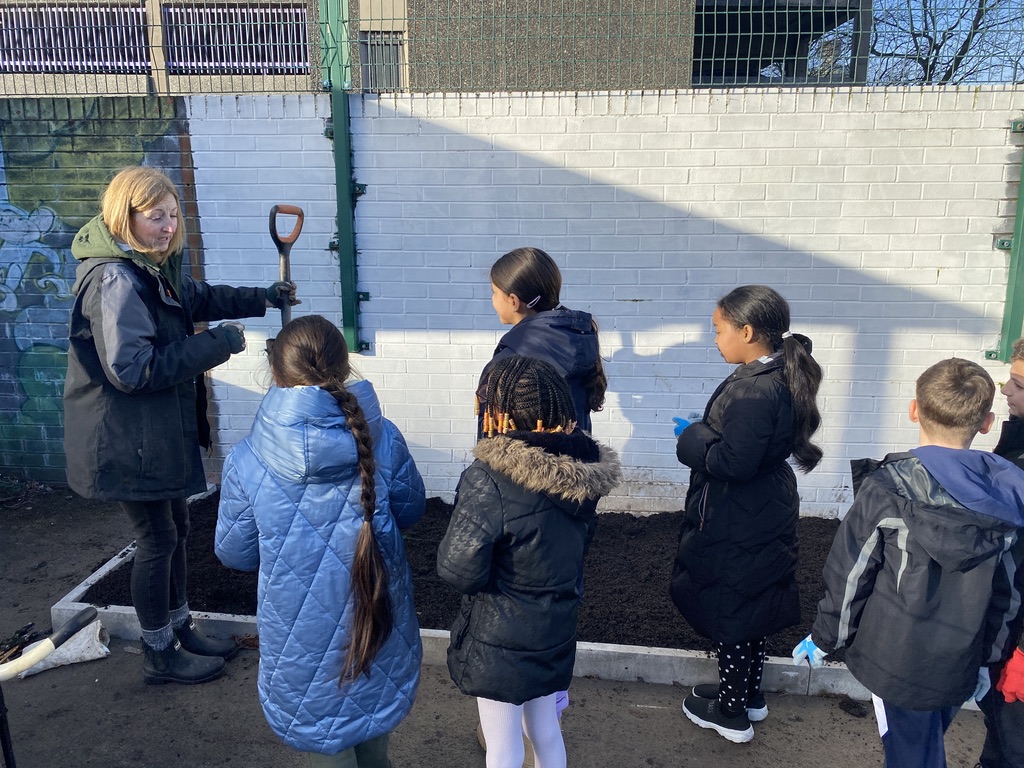
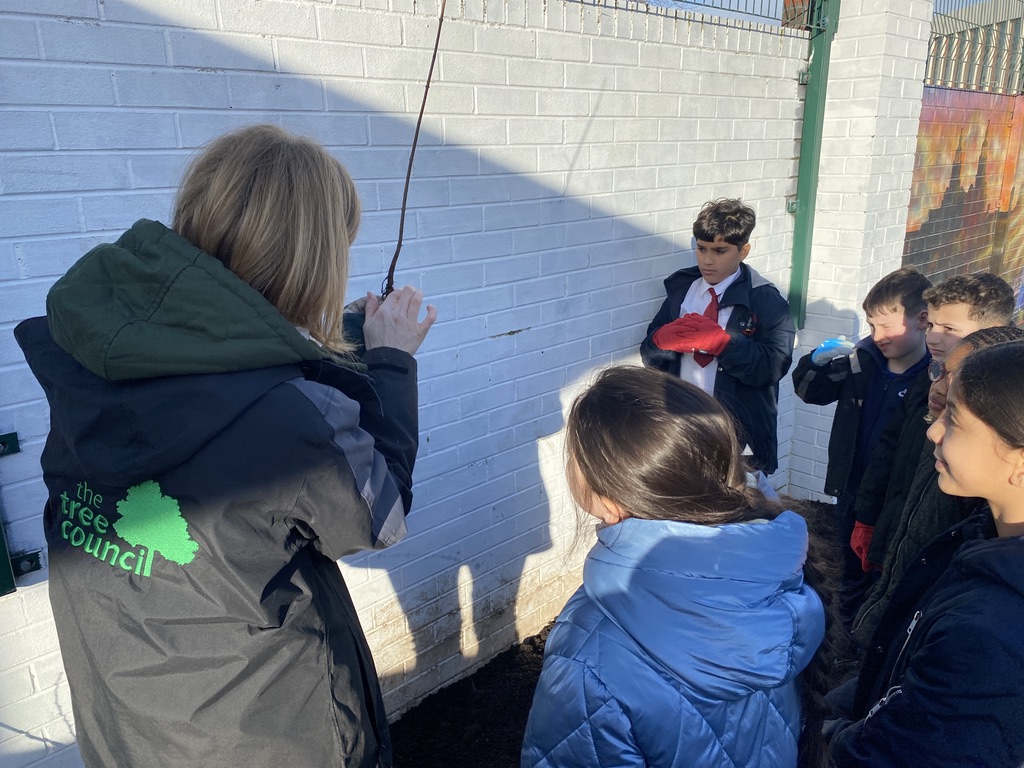
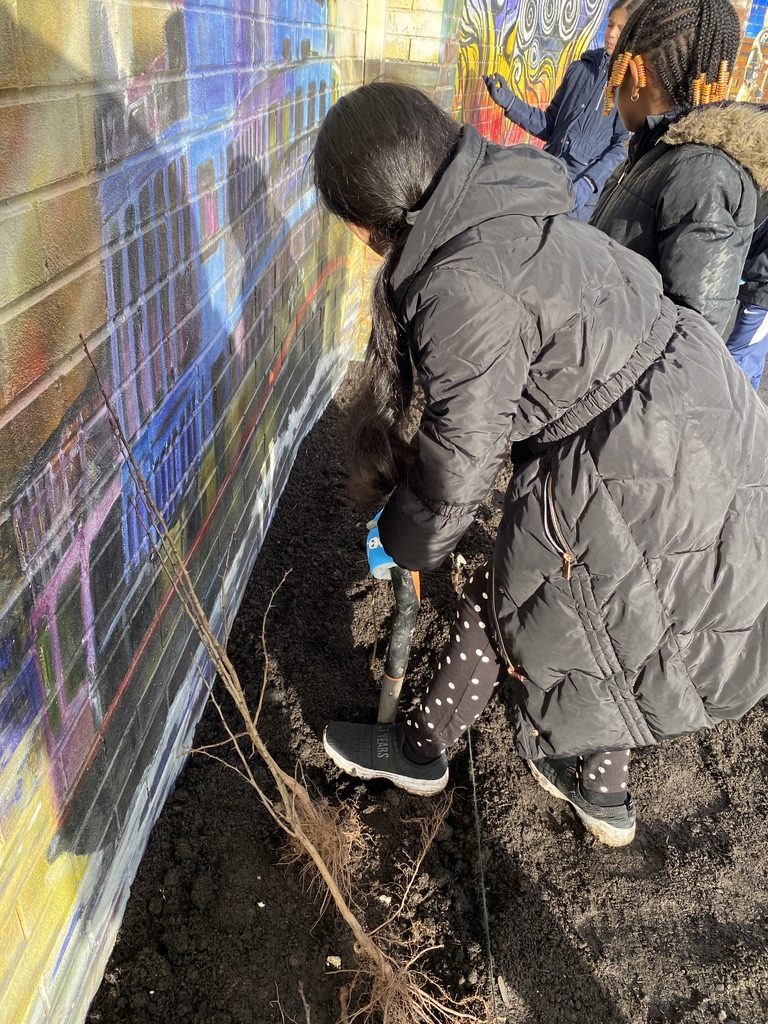
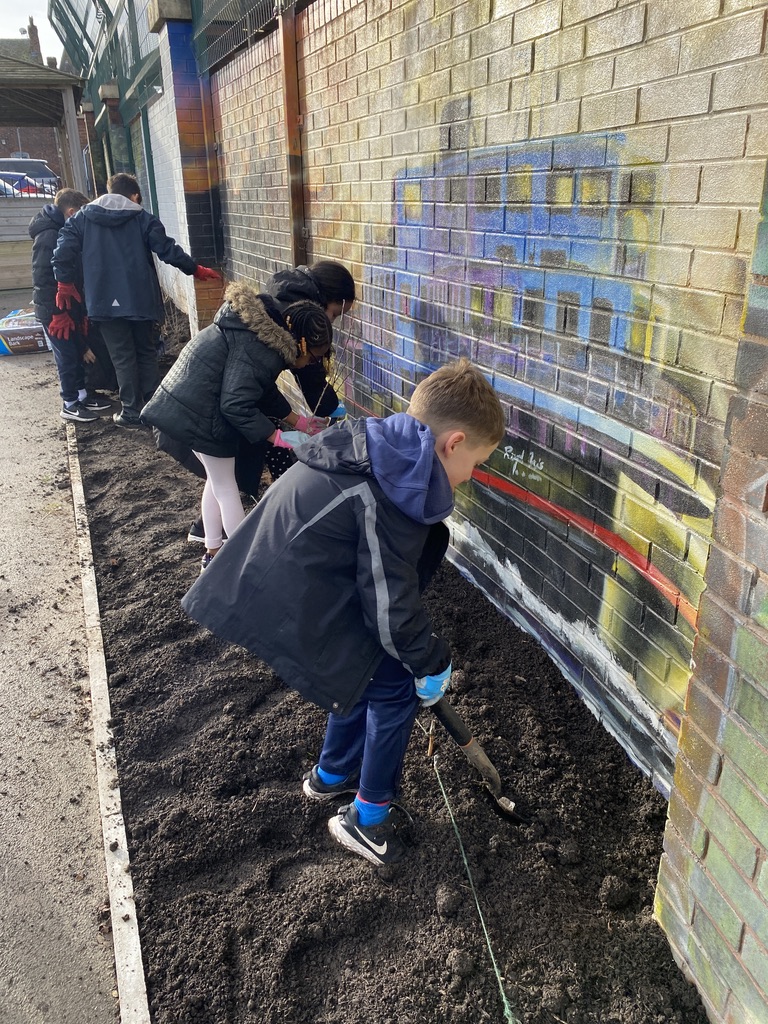
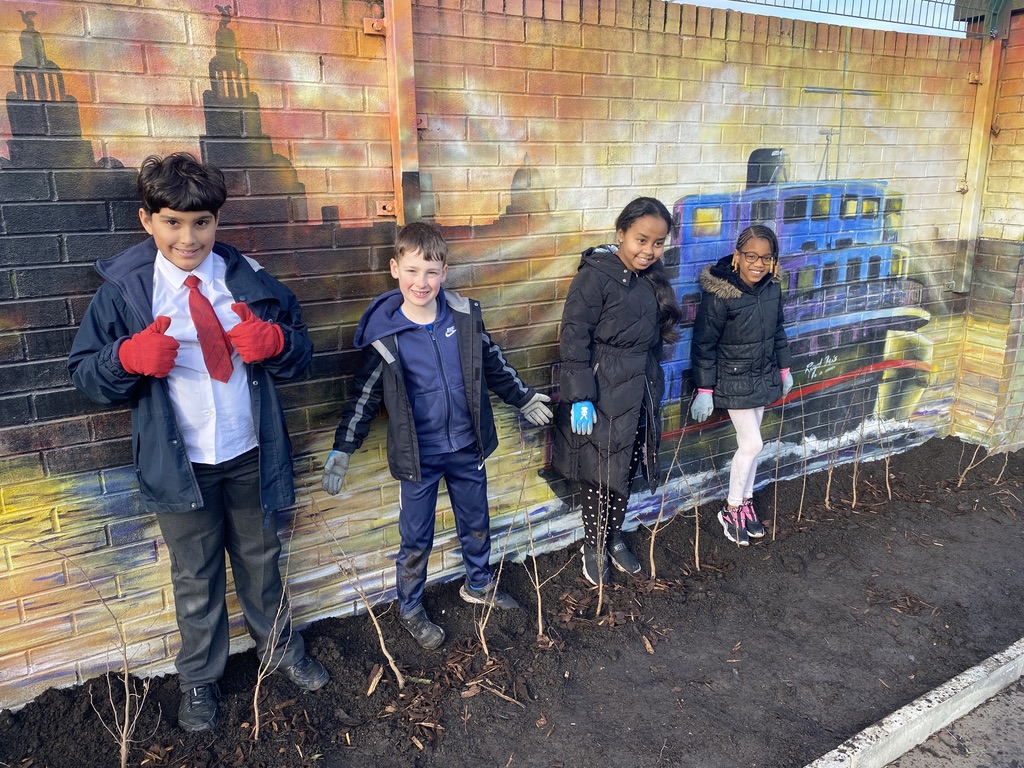
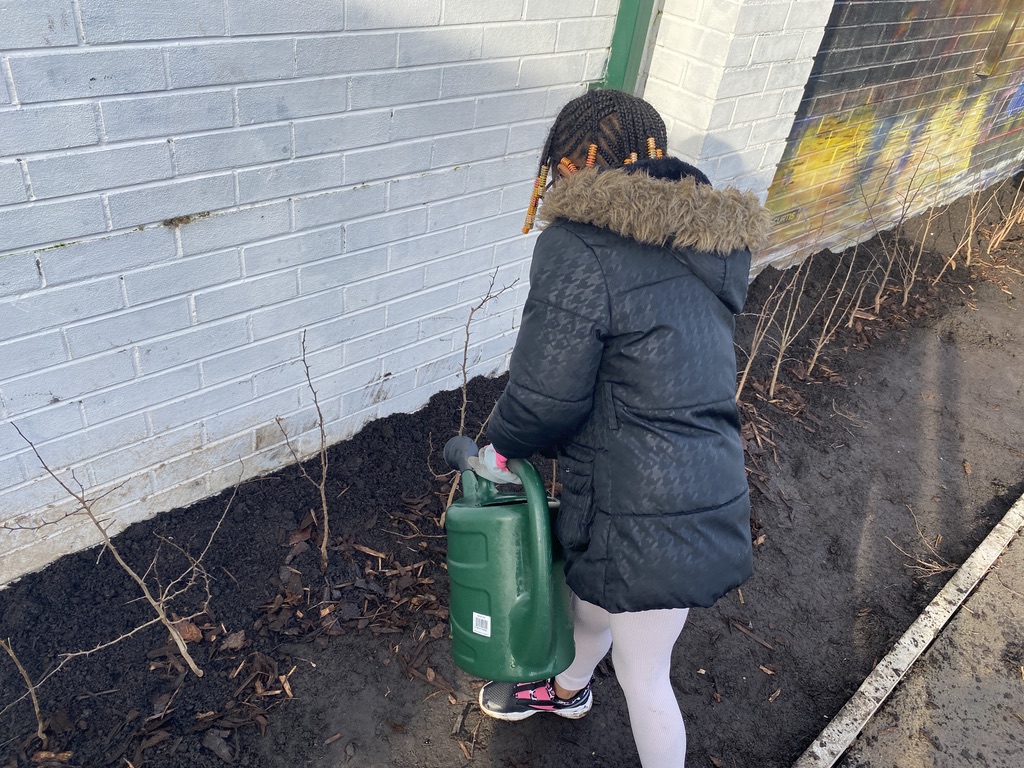
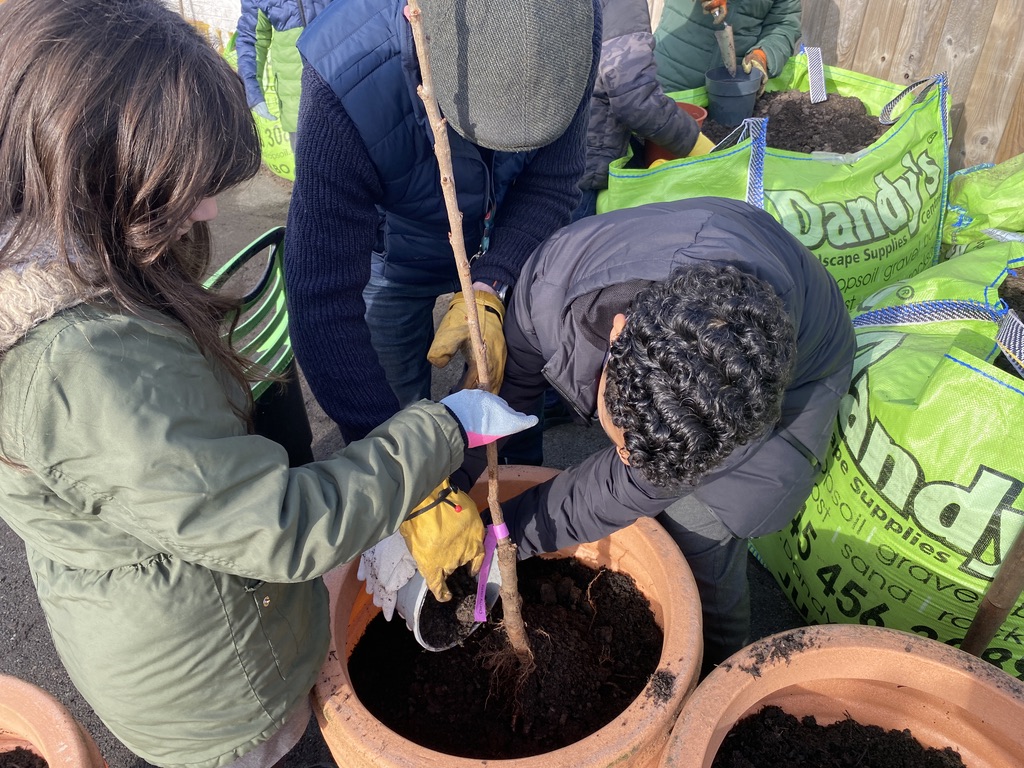
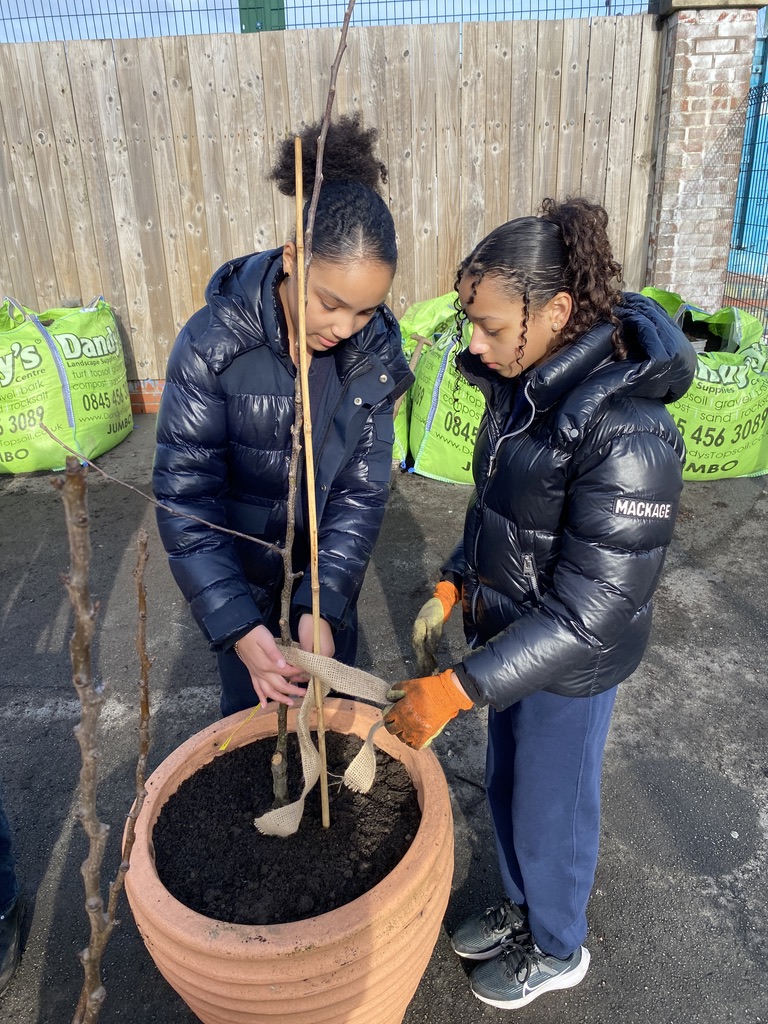
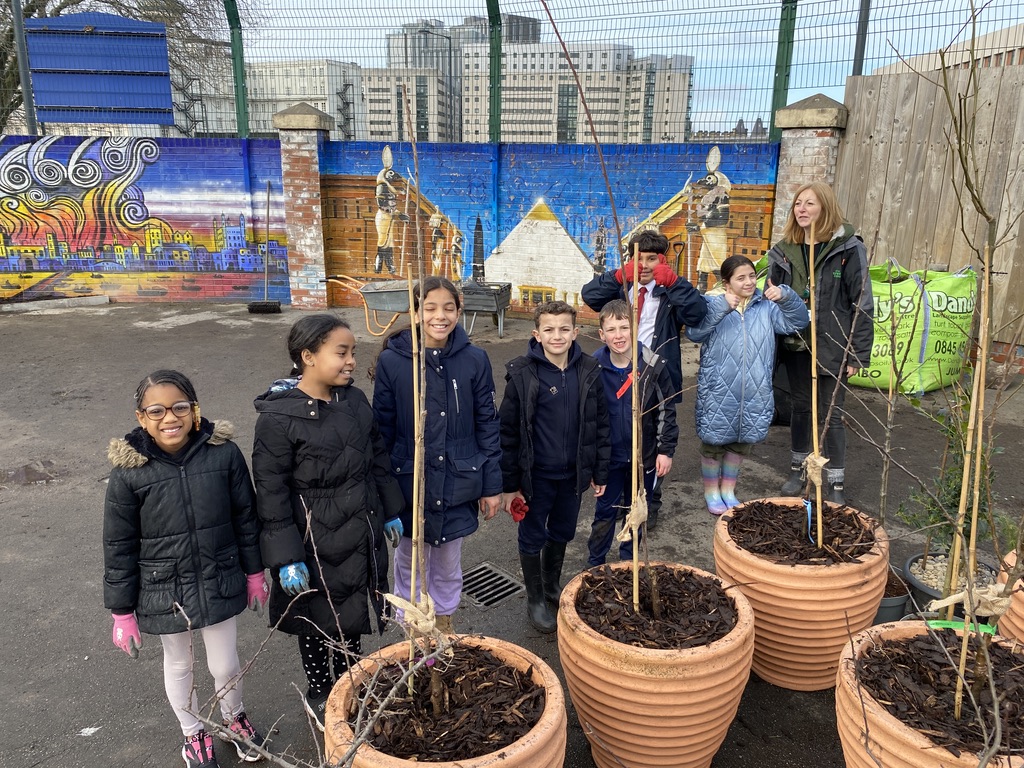
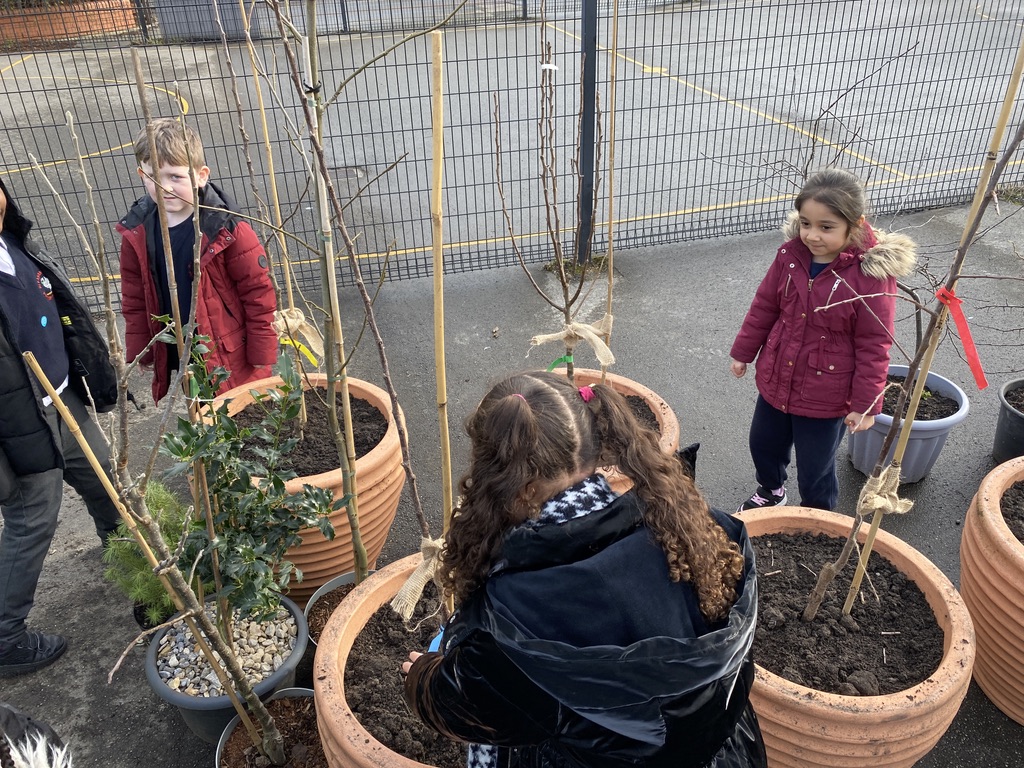
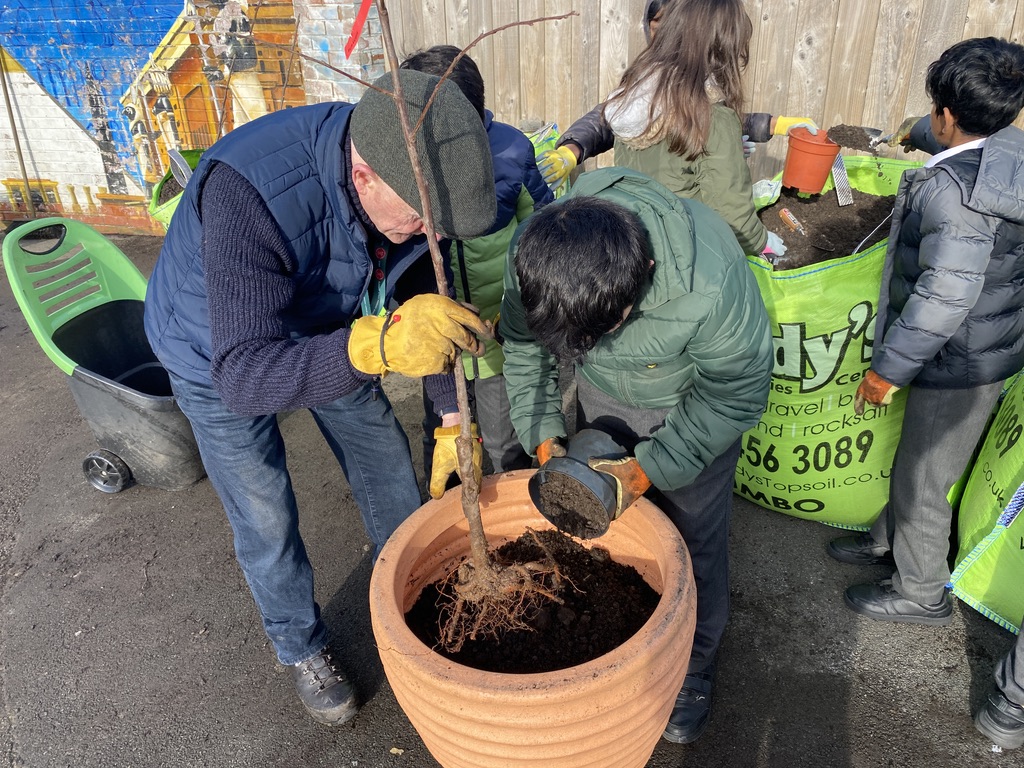
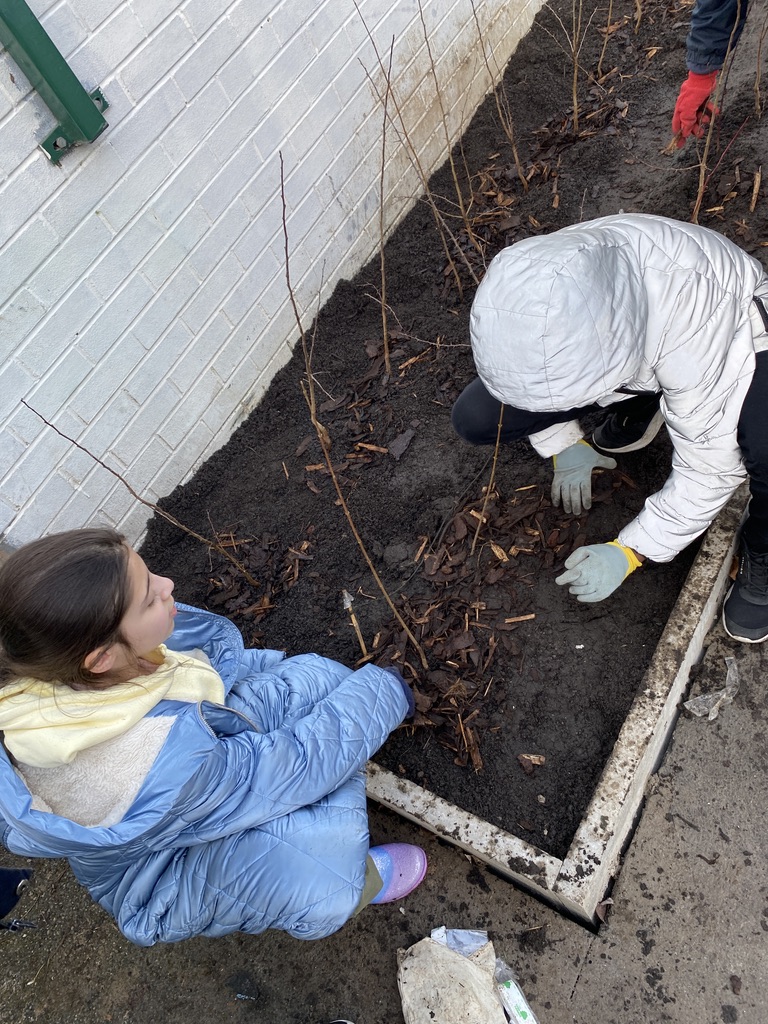

Class 5 finished making their parachutes. The class tested how different sized parachutes affected how quickly gravity pulled it down. We timed how long it took and collected the results. Click the QR code below to see our parachutes at work!
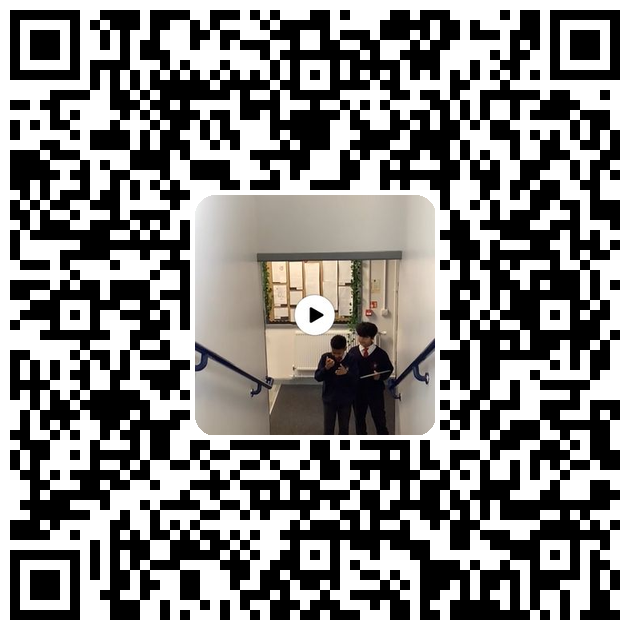
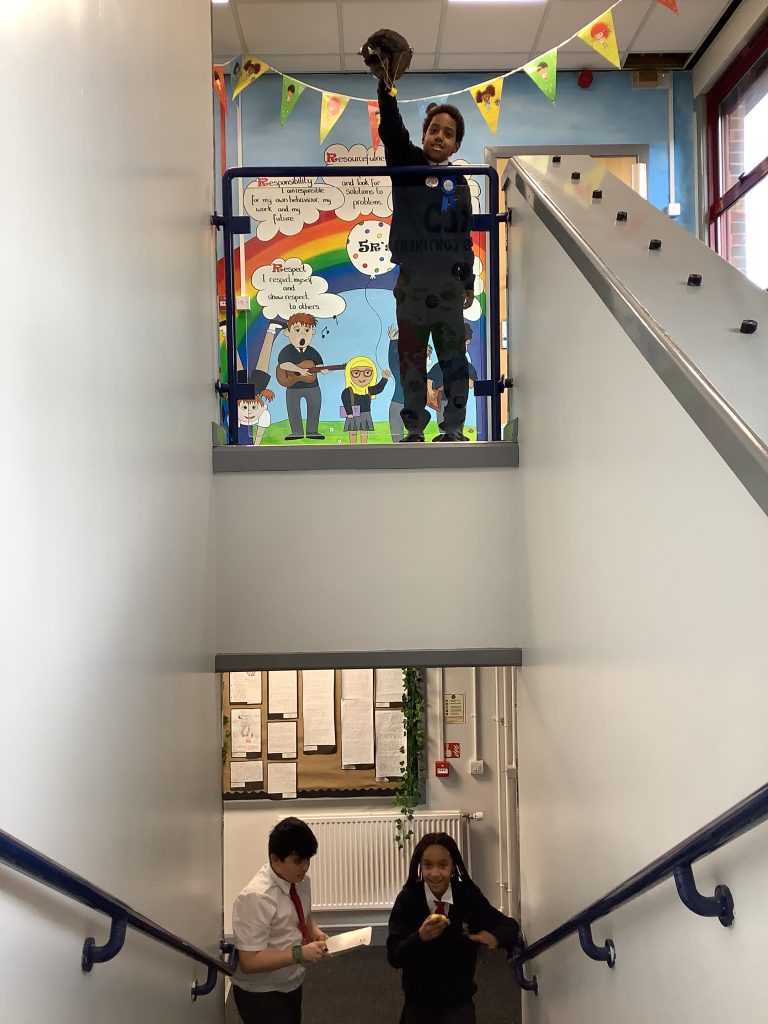
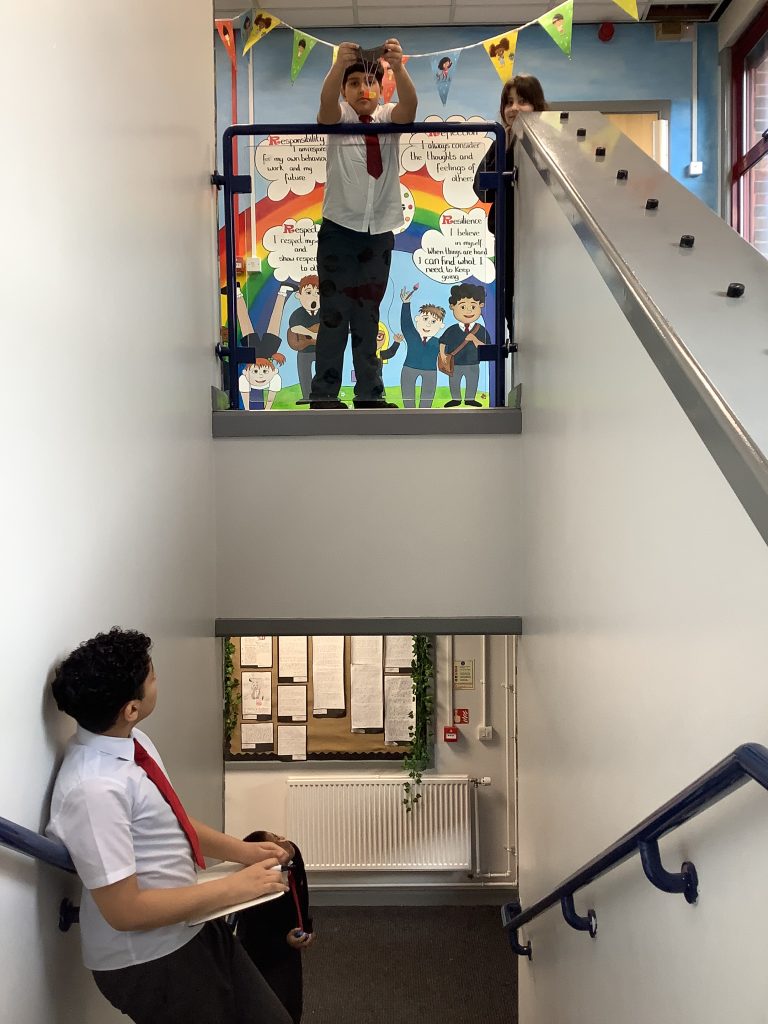
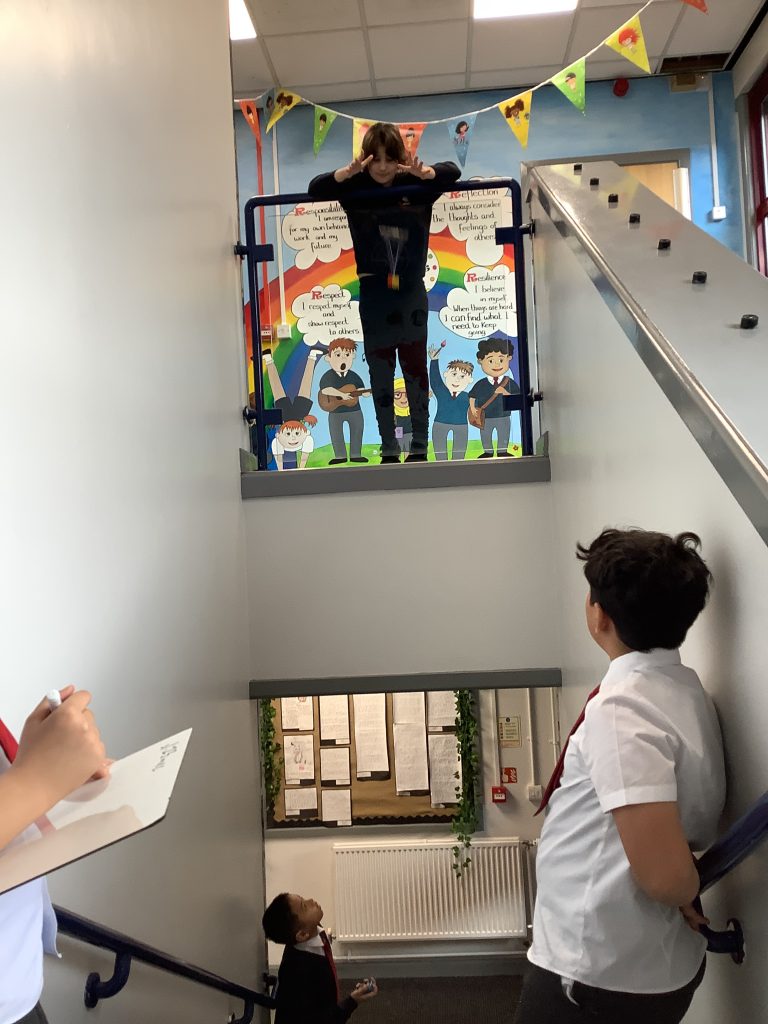
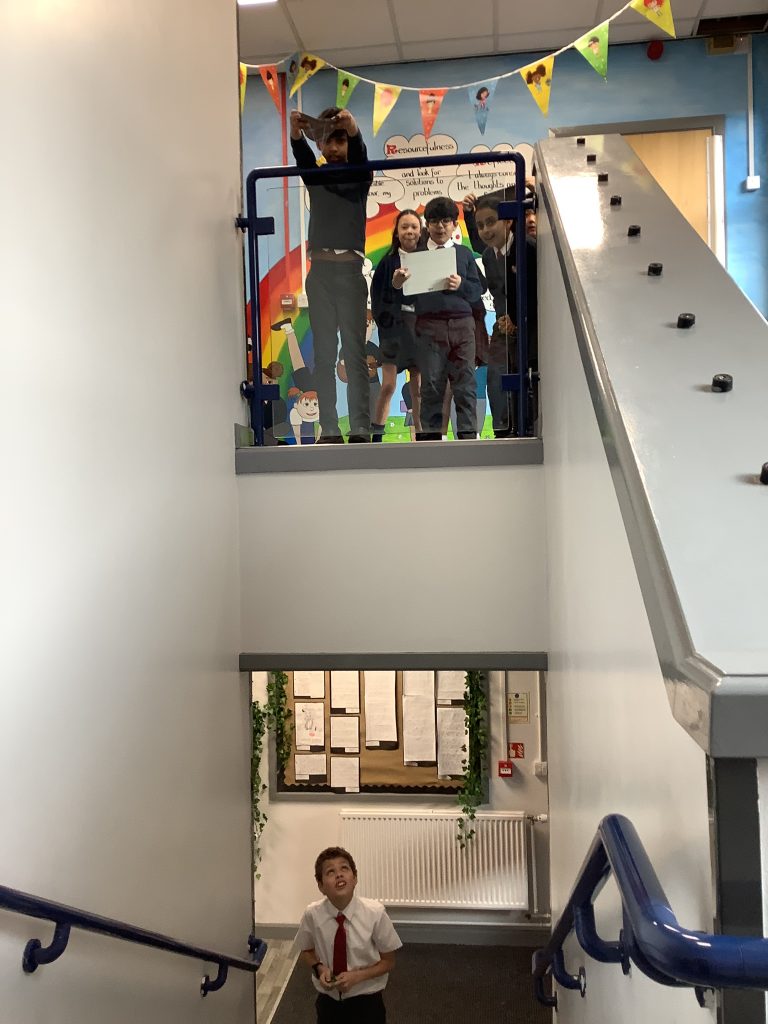
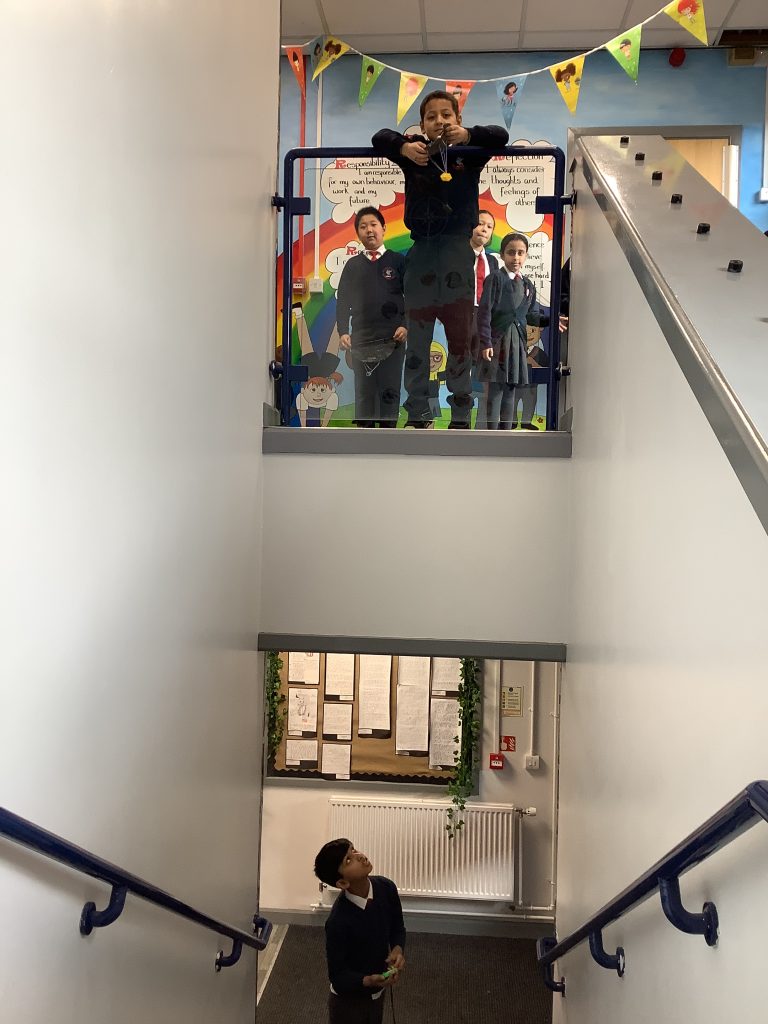
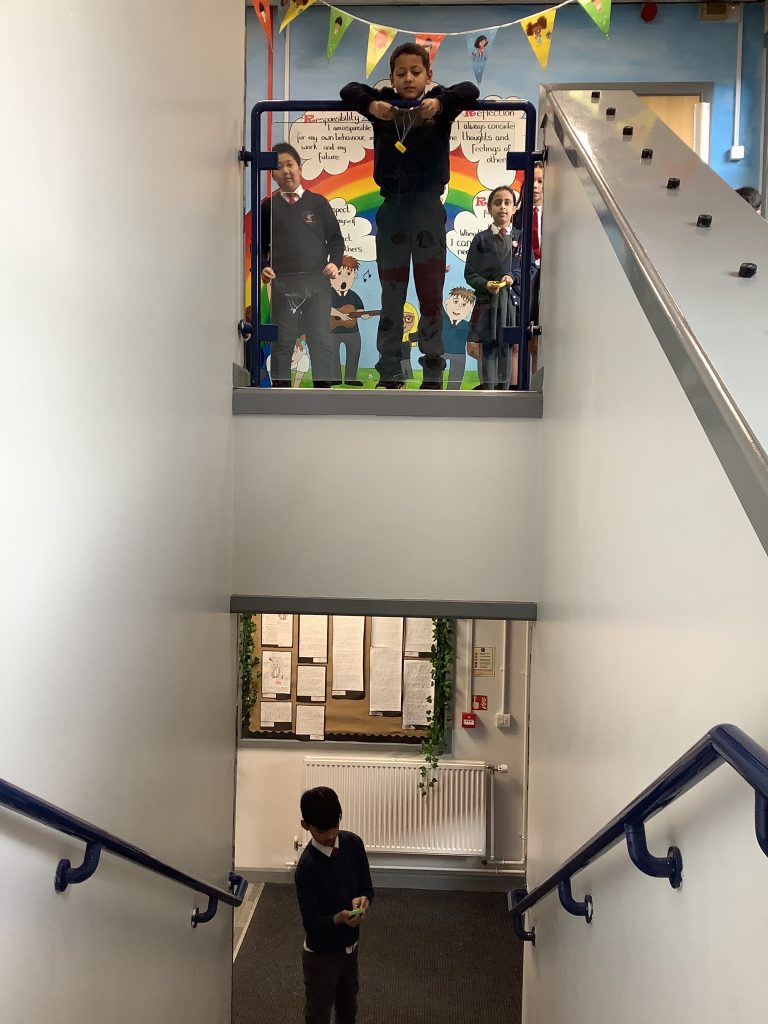
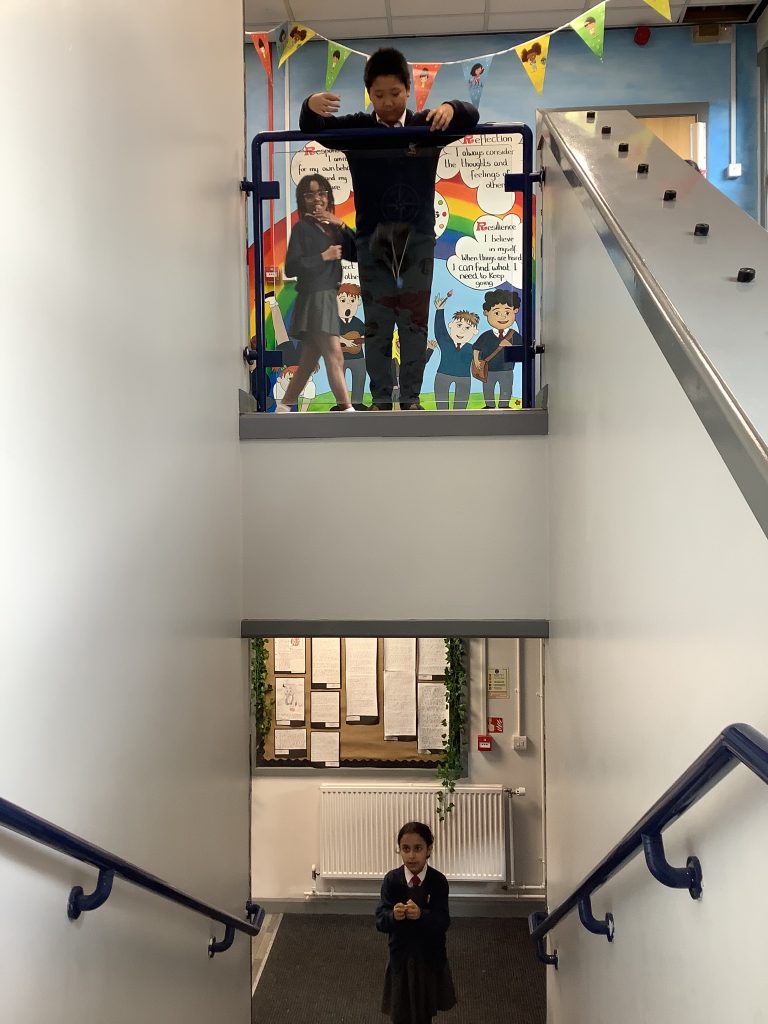

After finding out about the work of Carl Linnaeus, we worked together to produce some classification keys to help people identify the liquorice allsorts.
29
It’s all about classification in Science this term! Class 6 were using dolly mixtures to demonstrate how we classify things in life. We came up with some good questions to help us understand classifications!
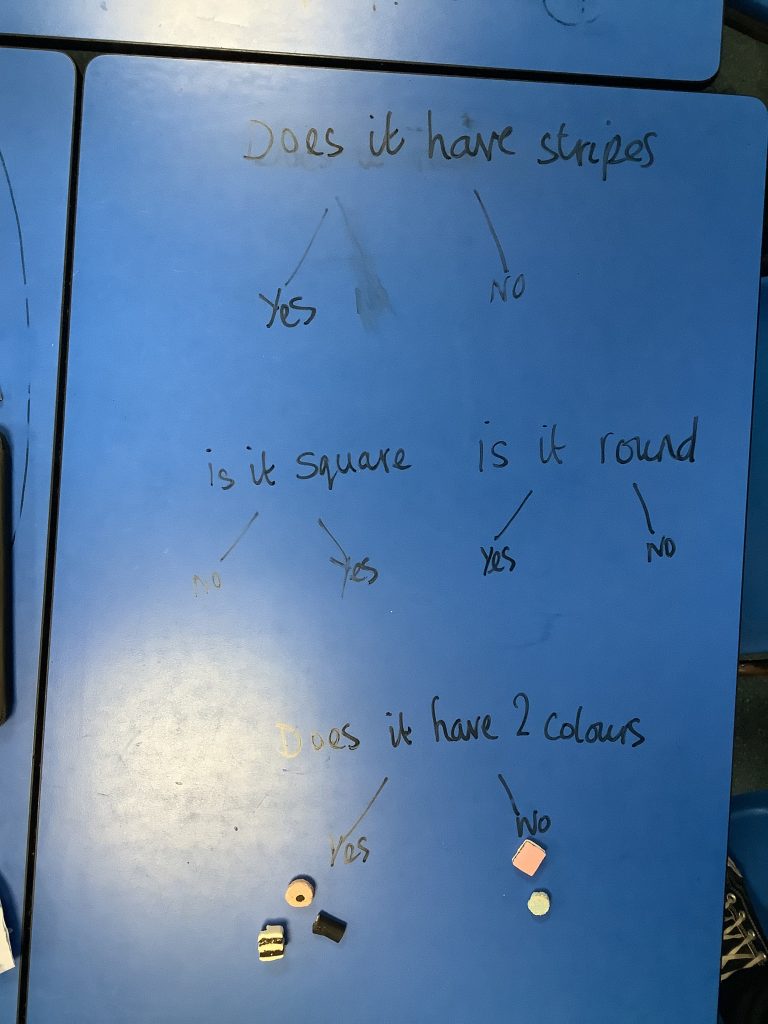
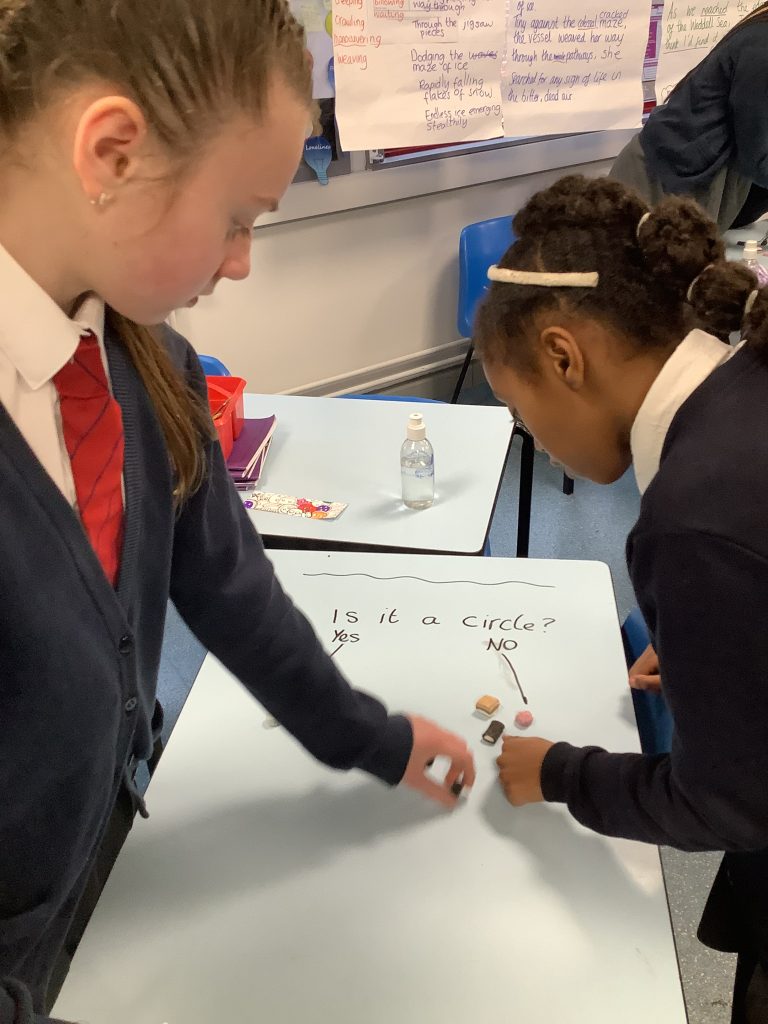
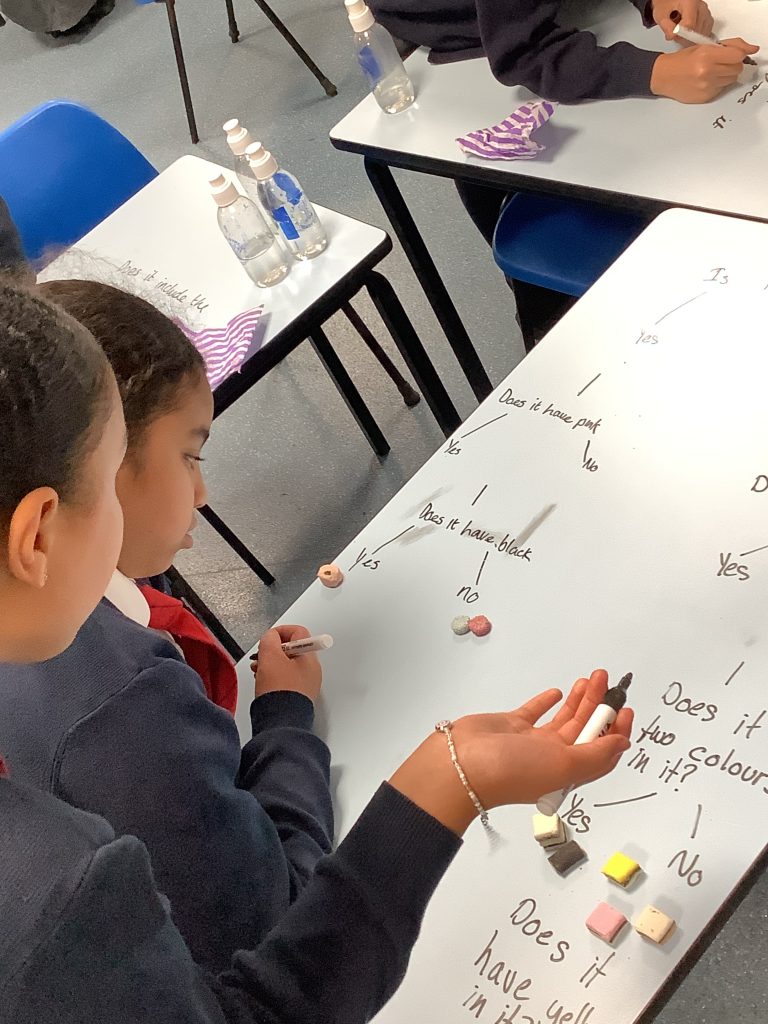

Class 5 have started making parachutes for their exciting science experiment.
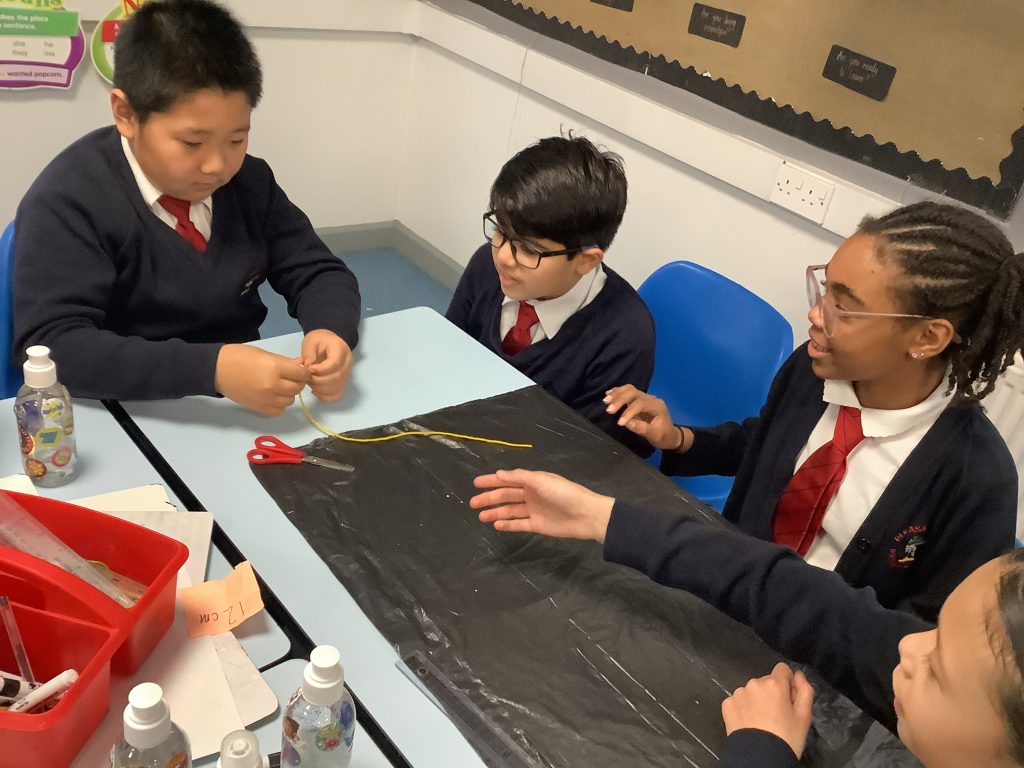
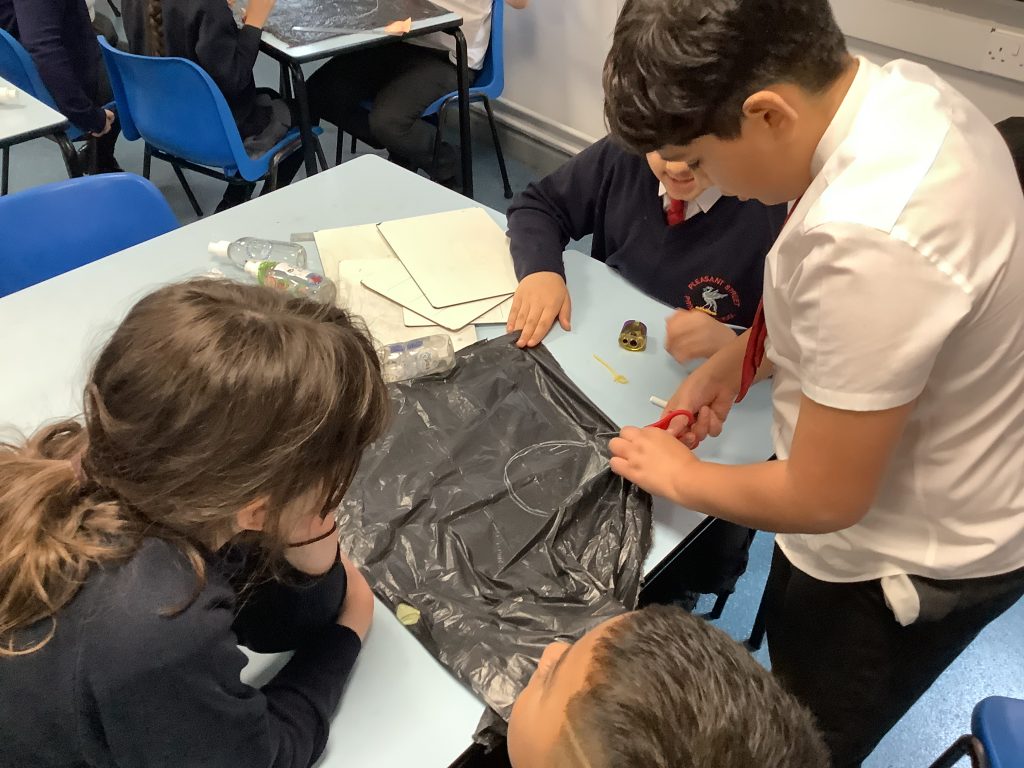
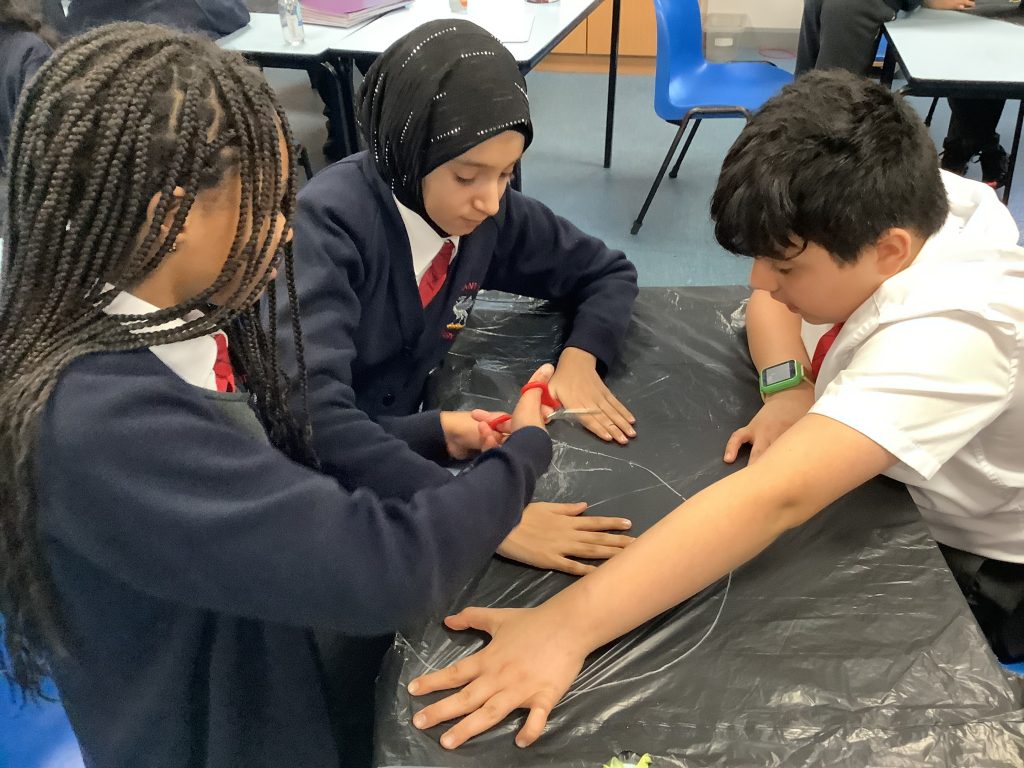
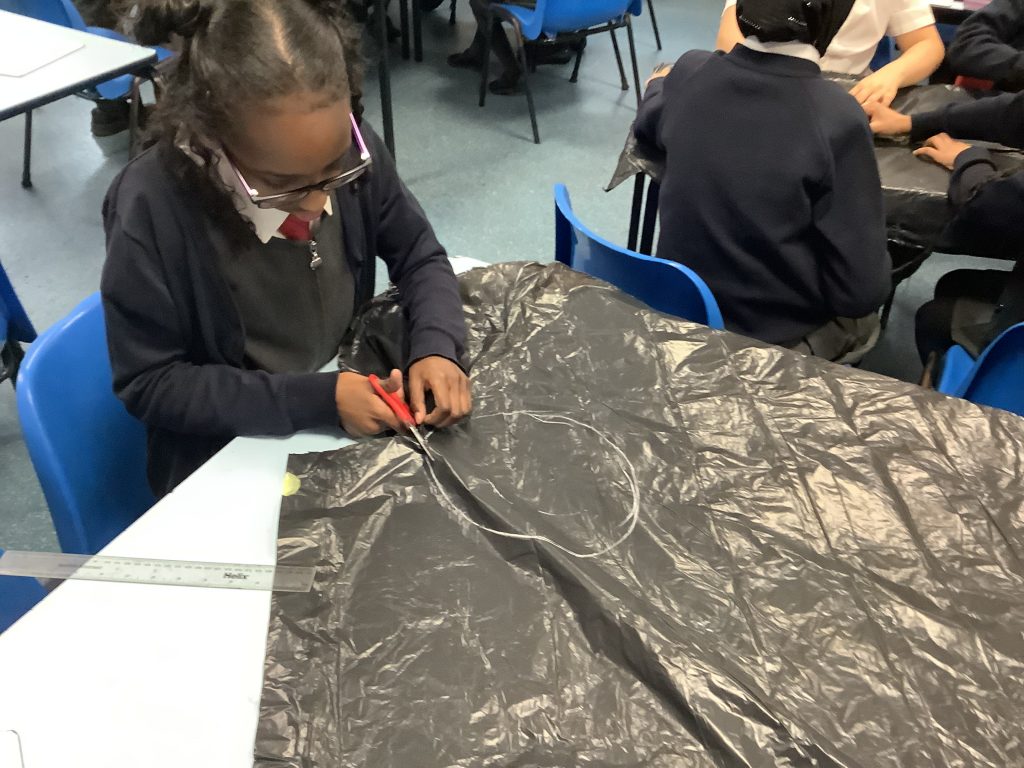
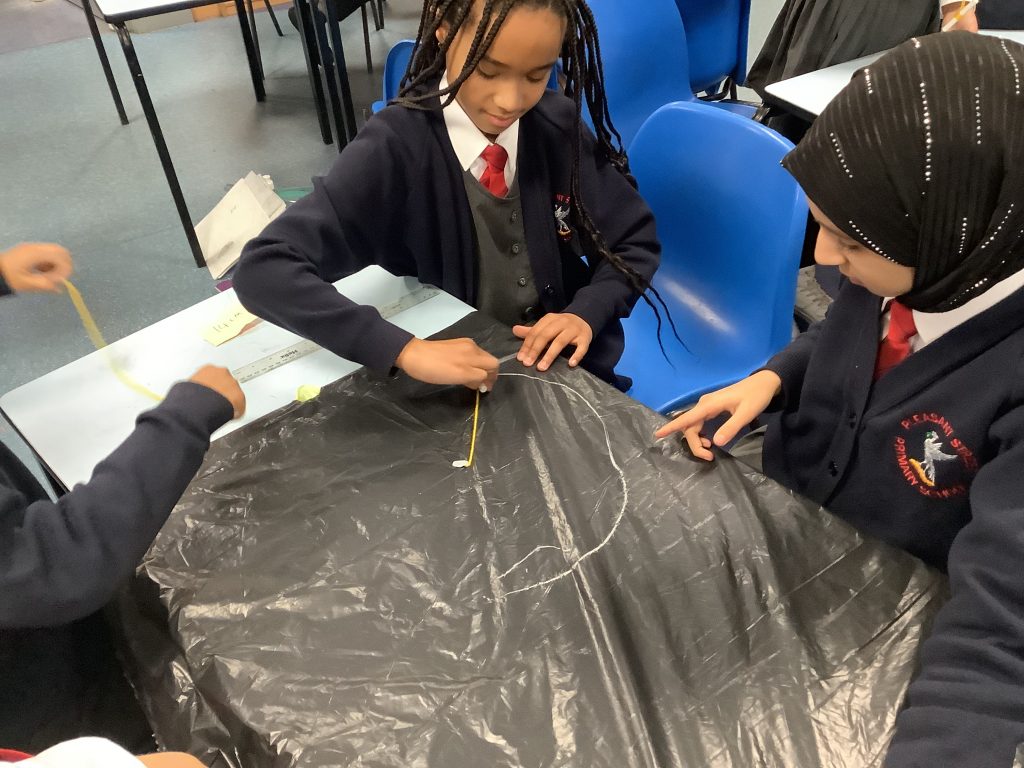
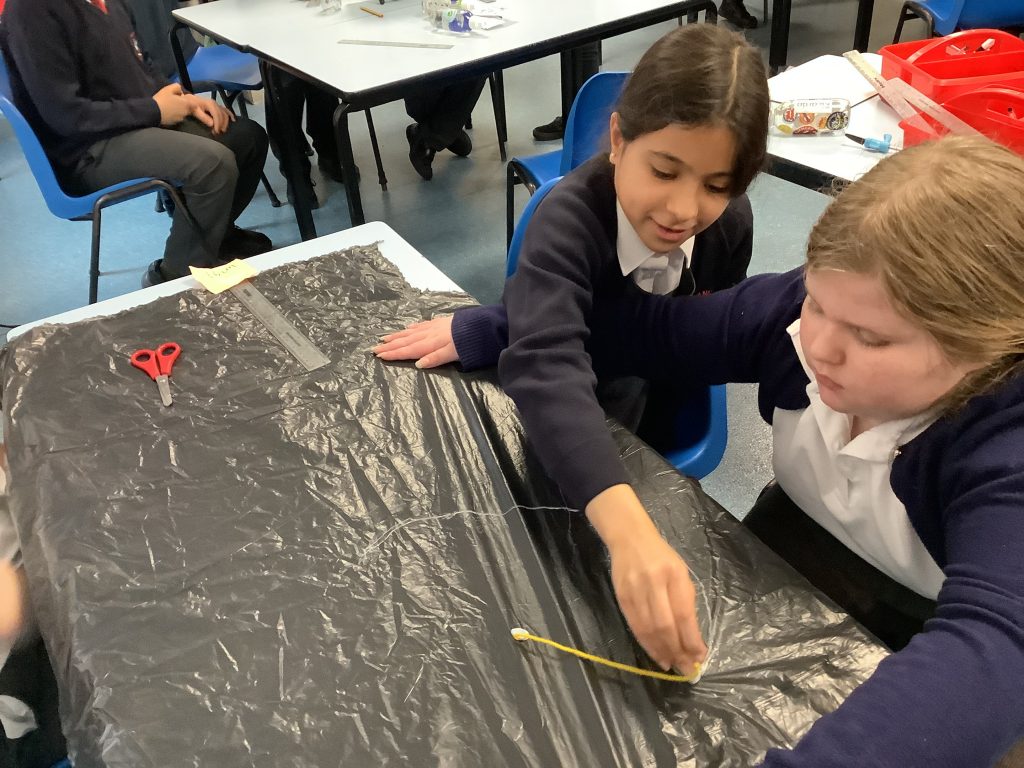
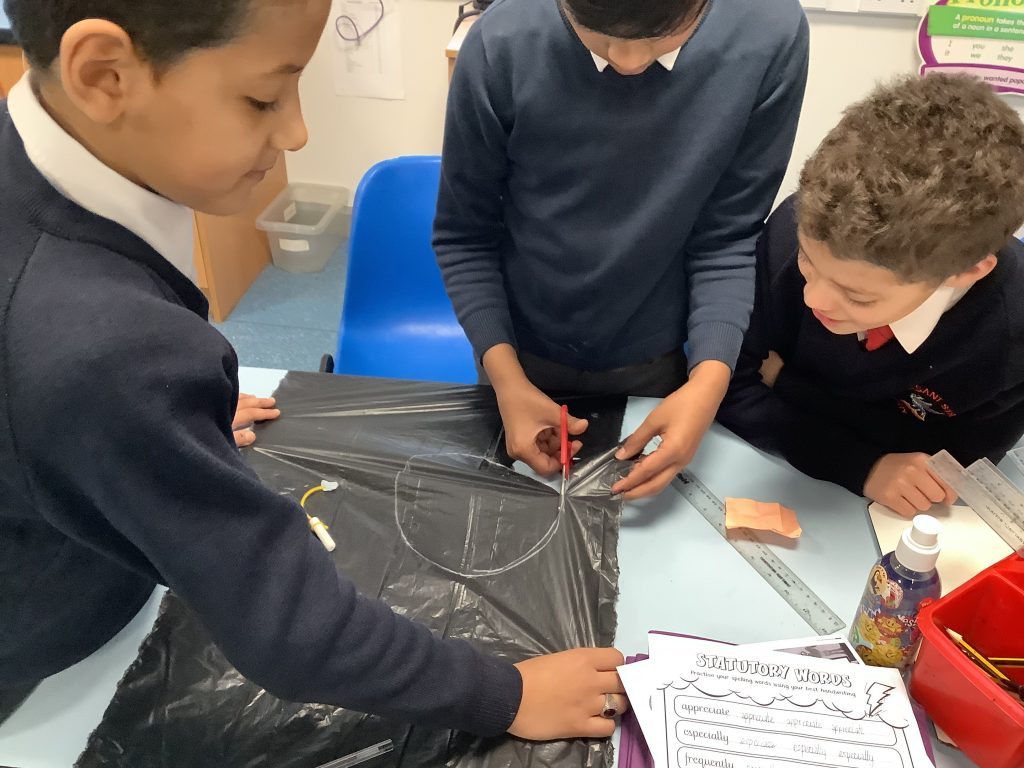

The children investigated the weight and mass of different objects using newtons and grams and compared the differences.
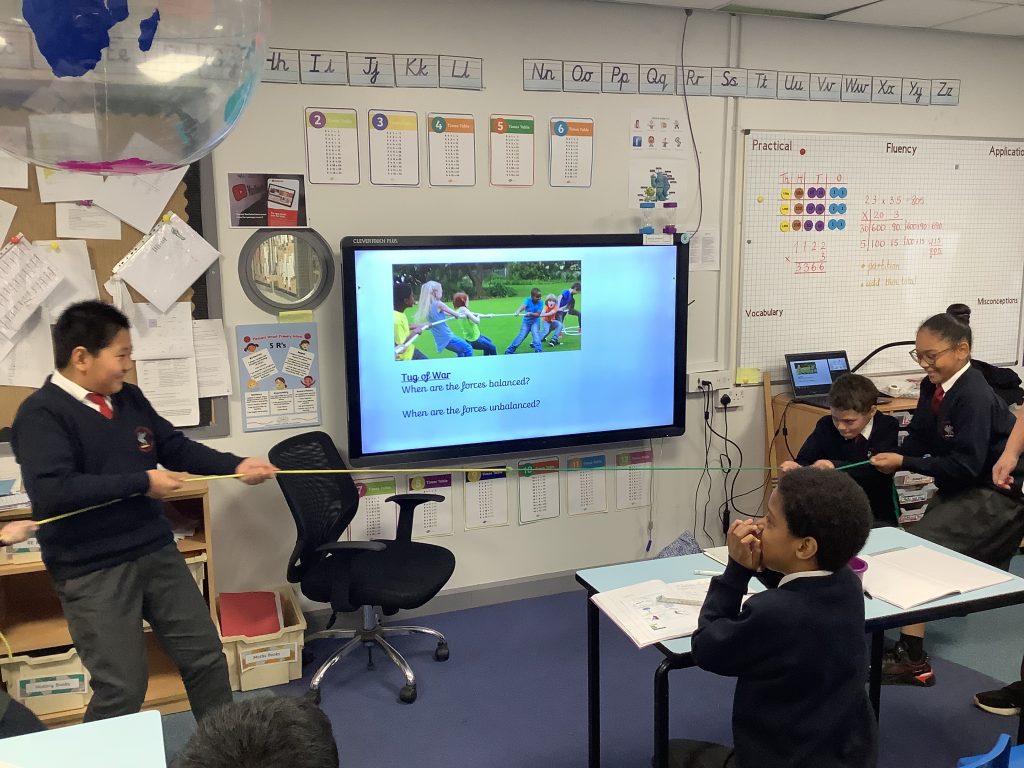
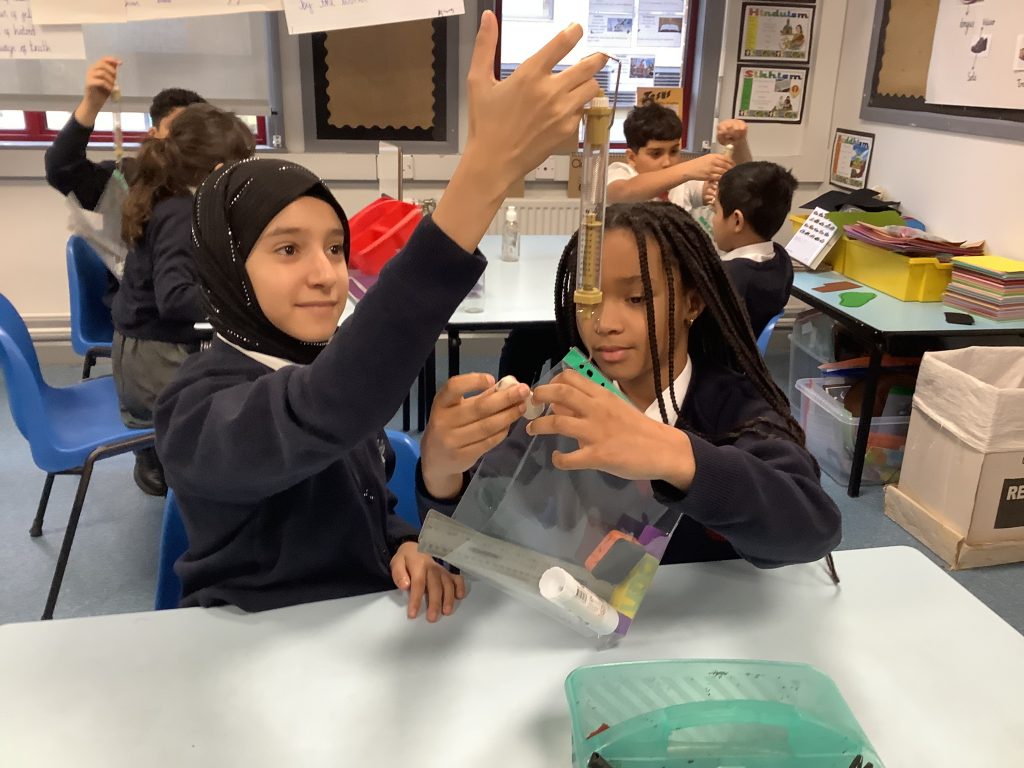
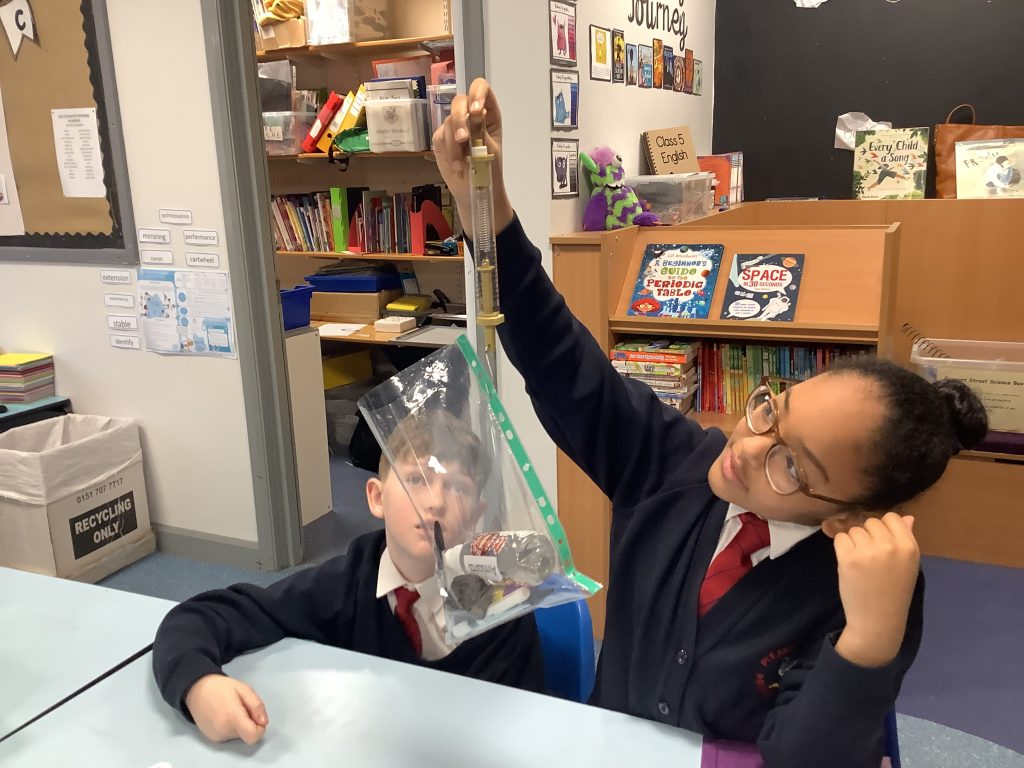
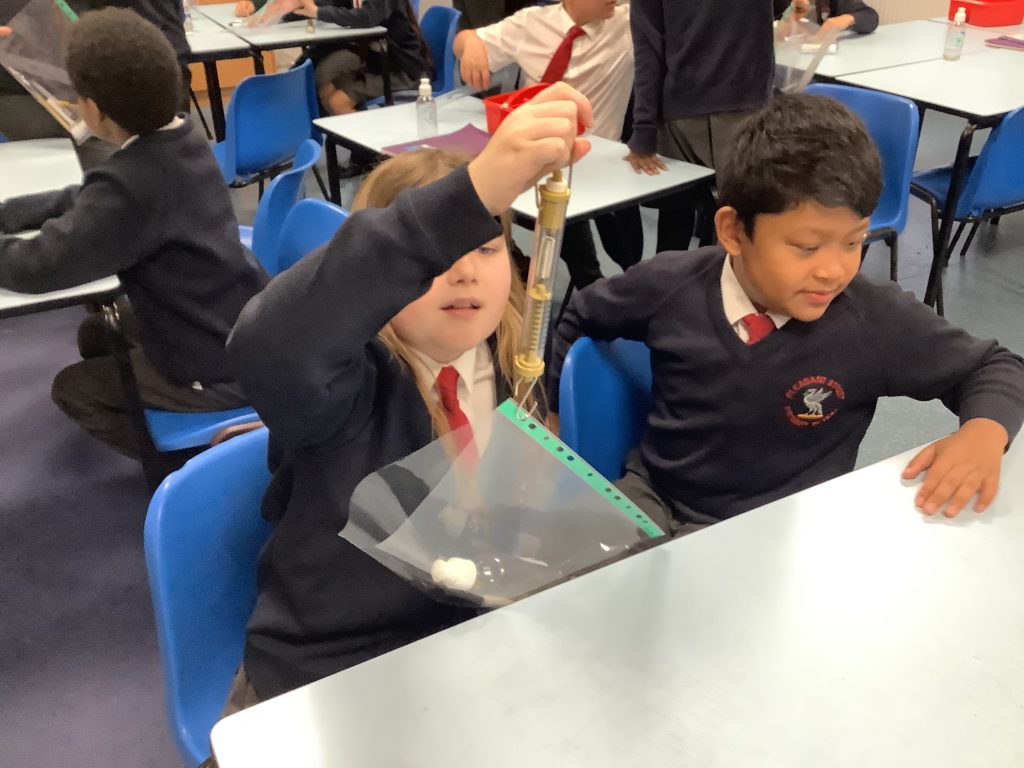
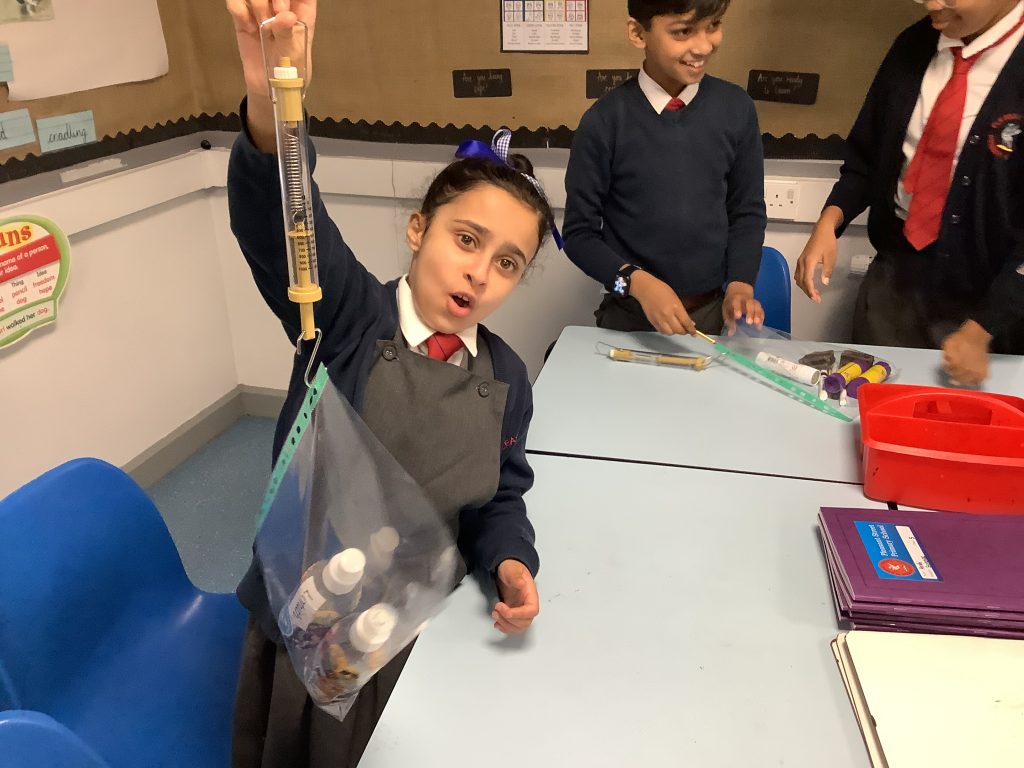
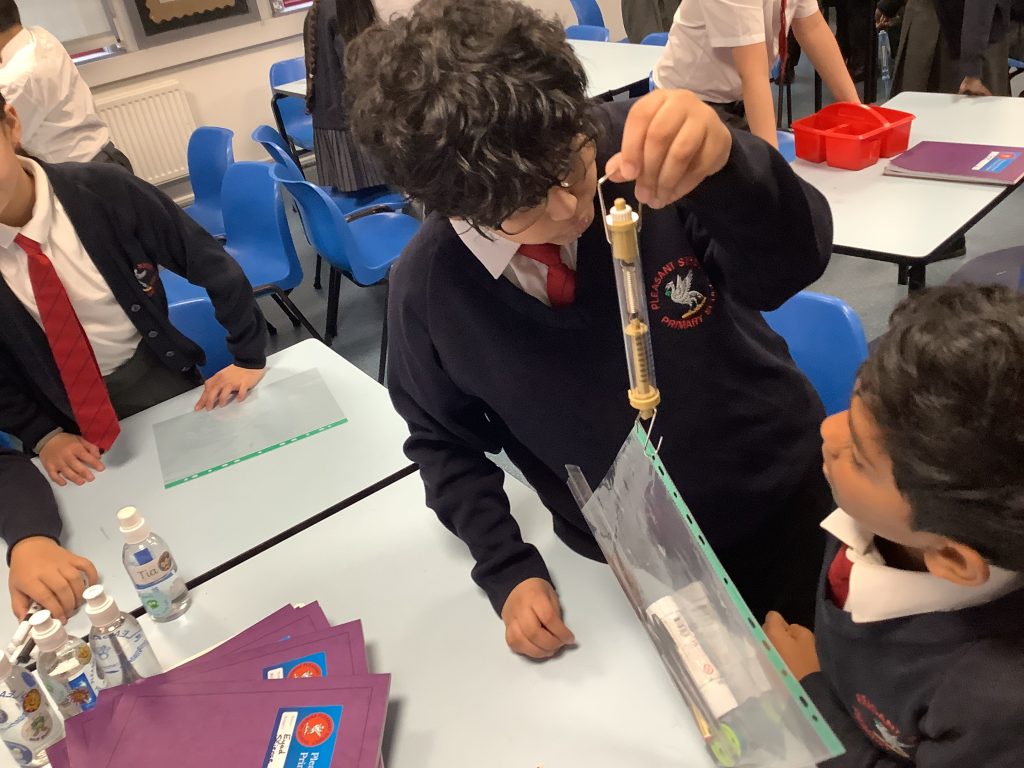
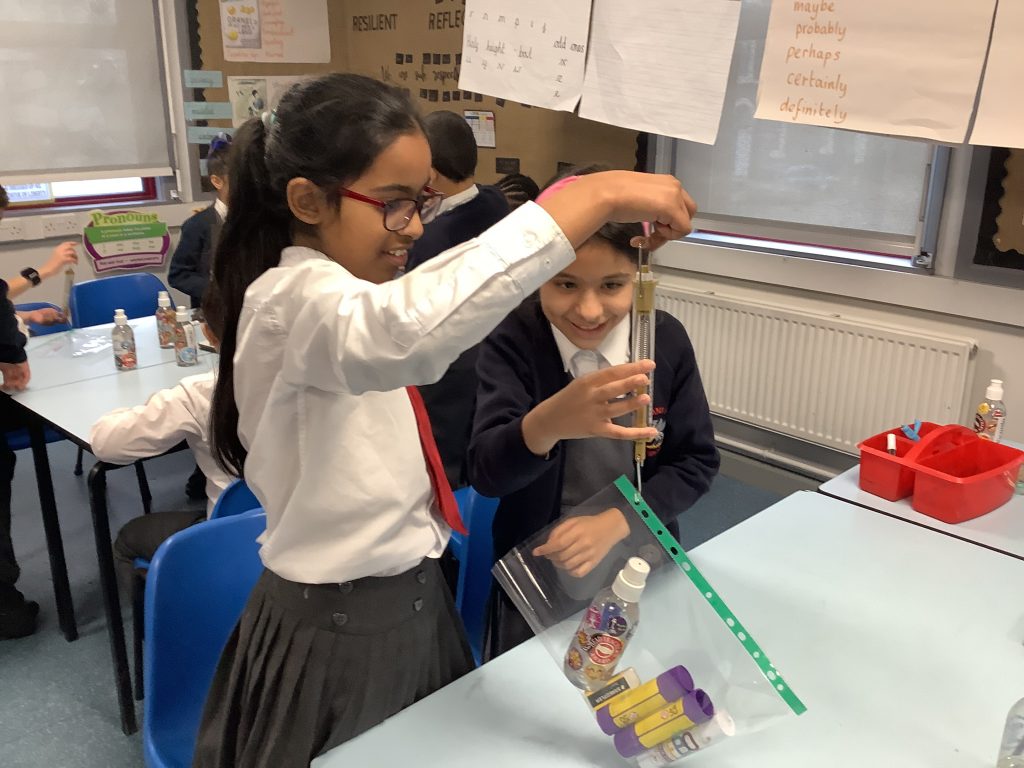
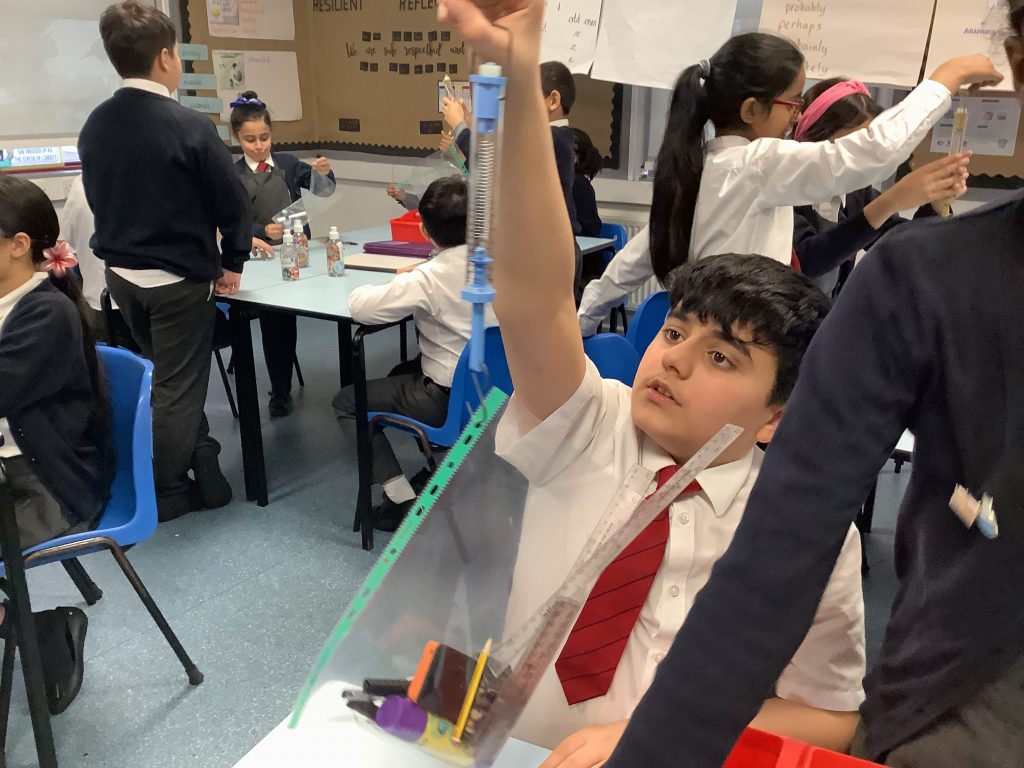
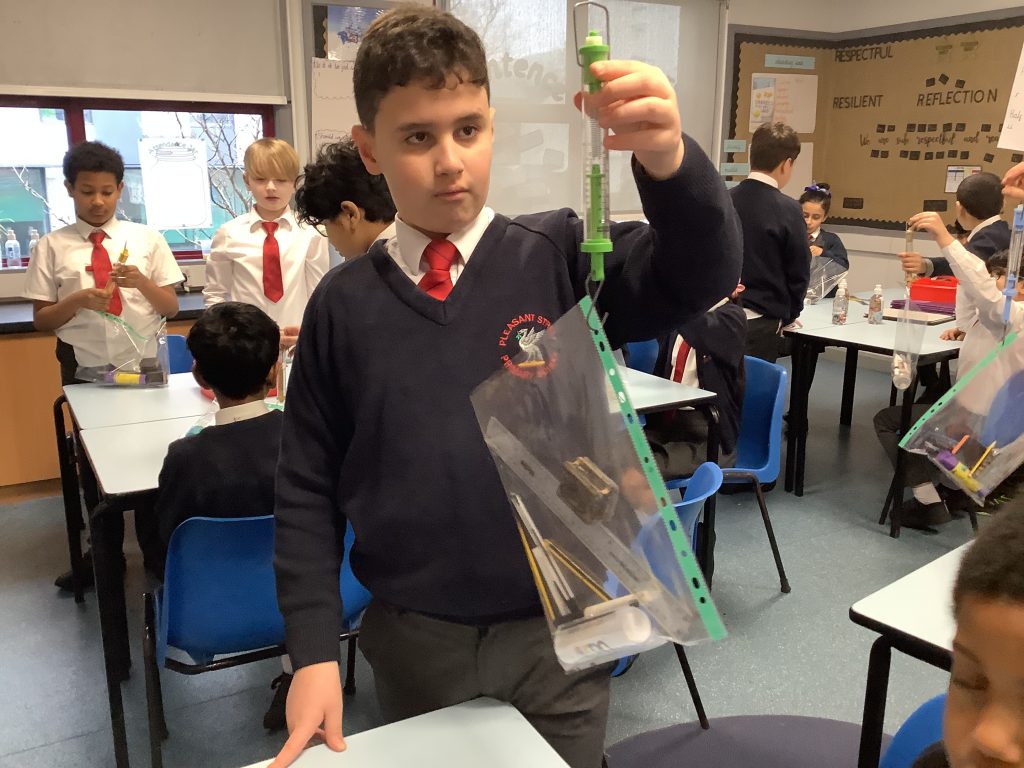

We started a new Science topic this week. We discussed our prior knowledge of Living Things and their Habitats before working together to decide on ways to sort animal cards.
36
The children learnt about different types of forces including air resistance, friction and gravity. We demonstrated friction by having two books intertwined together and tried to pull them apart. We also made paper airplanes to show air resistance and gravity and we discussed which driving force is used.
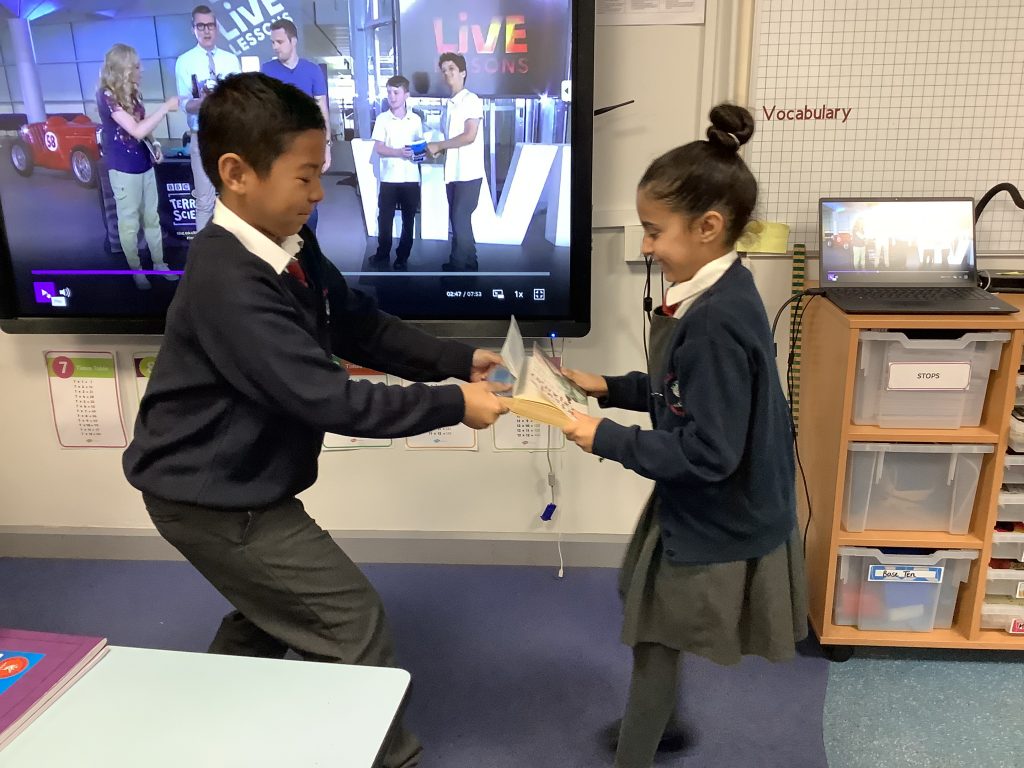
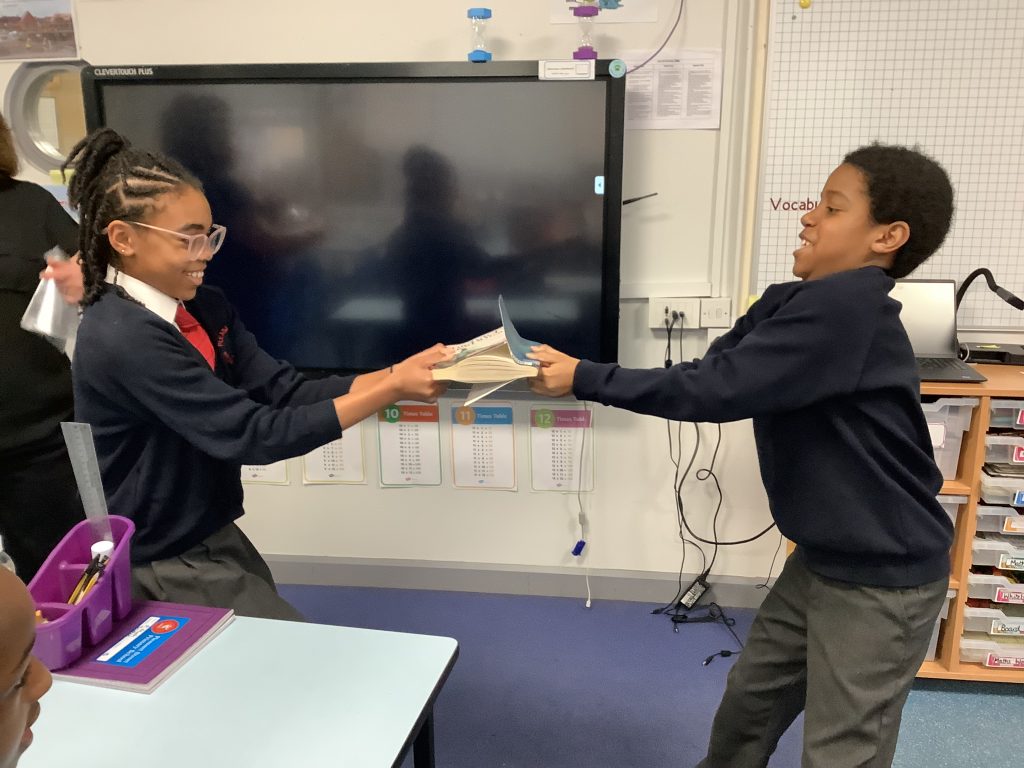
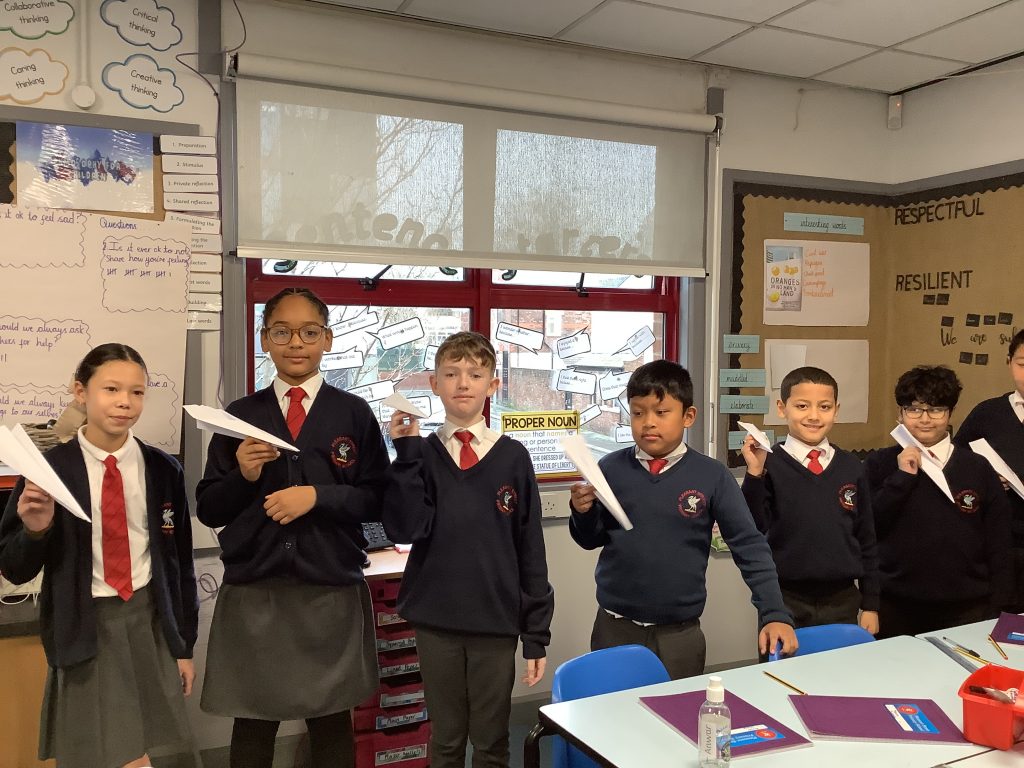
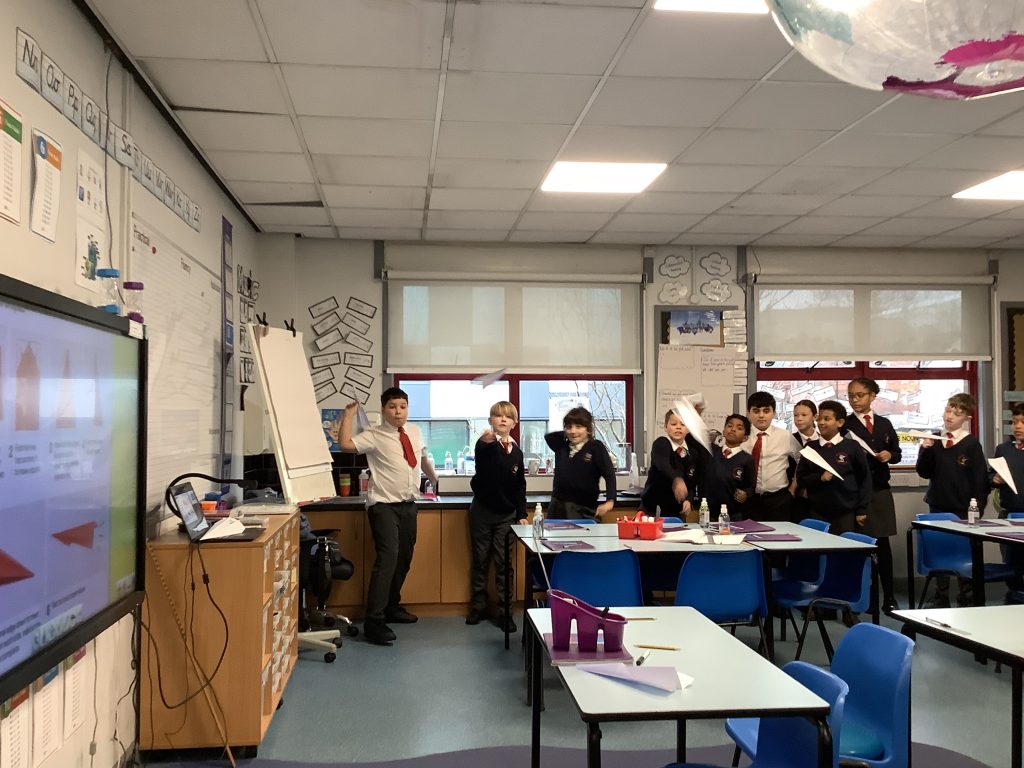
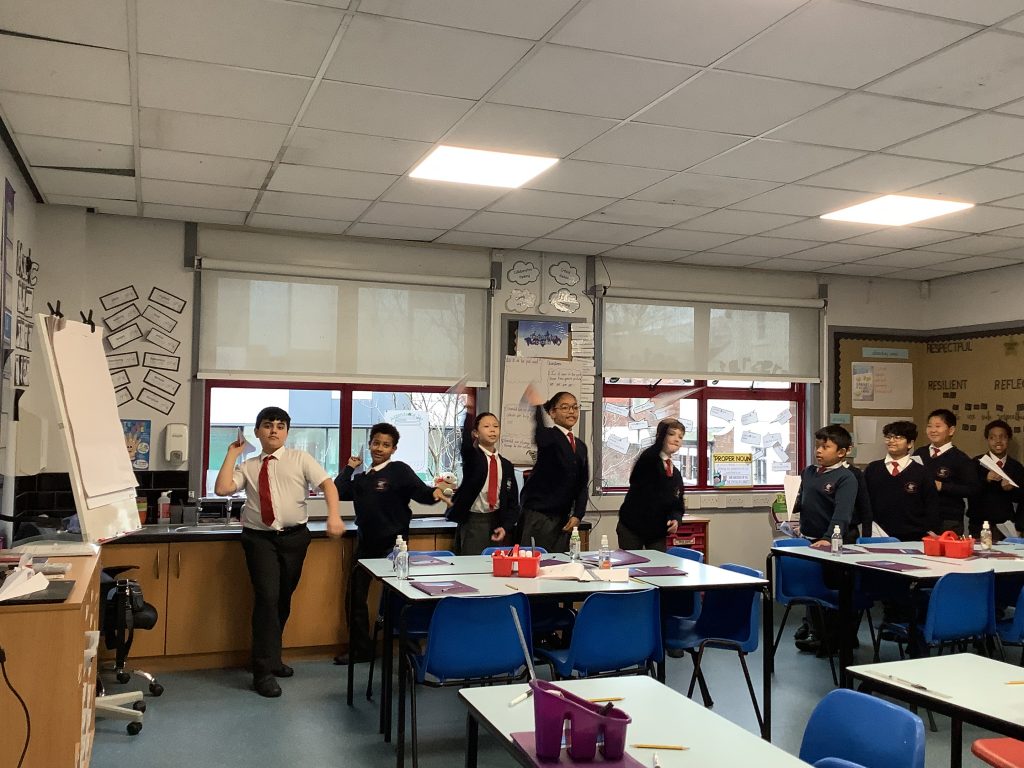

Class 6 visited The Schools Observatory Team at John Moores University yesterday and we talked about all things Space. We learnt about nebulas, black holes, asteroids, galaxies and much more. We done activities to show the distance between earth, the moon, the sun and Jupiter. One of our children correctly identified an asteroid in a sea of stars and gave his reasons. Then we finished off with some question and answers. We had a fantastic morning and got to bring some exciting books back for our school library.
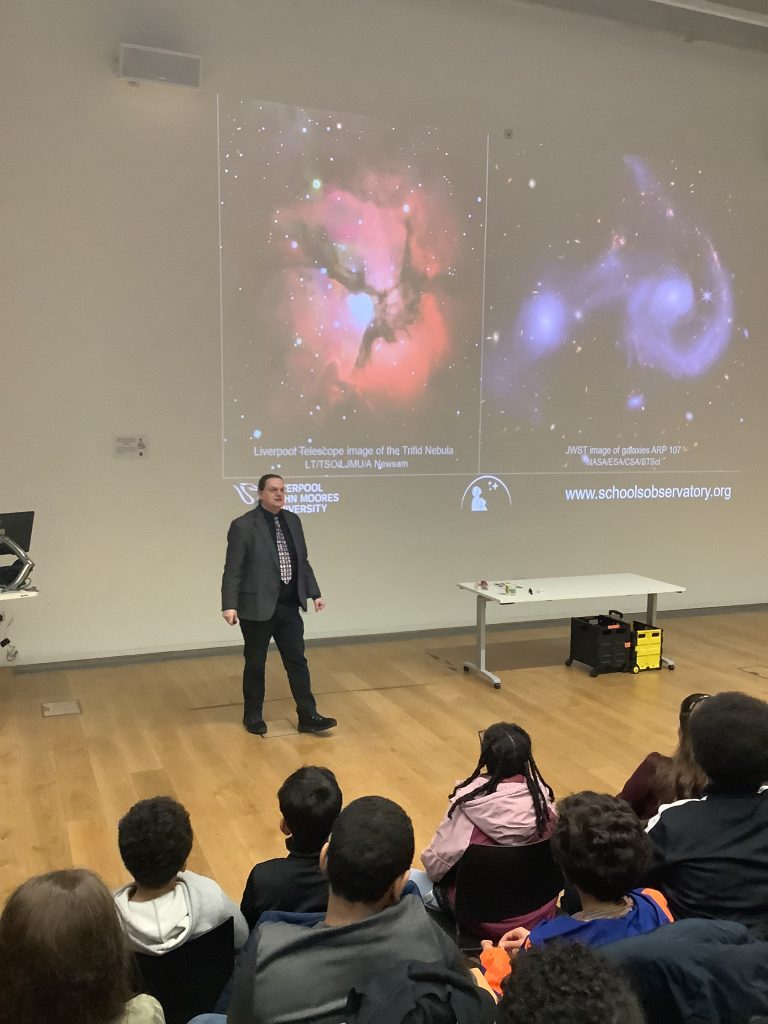
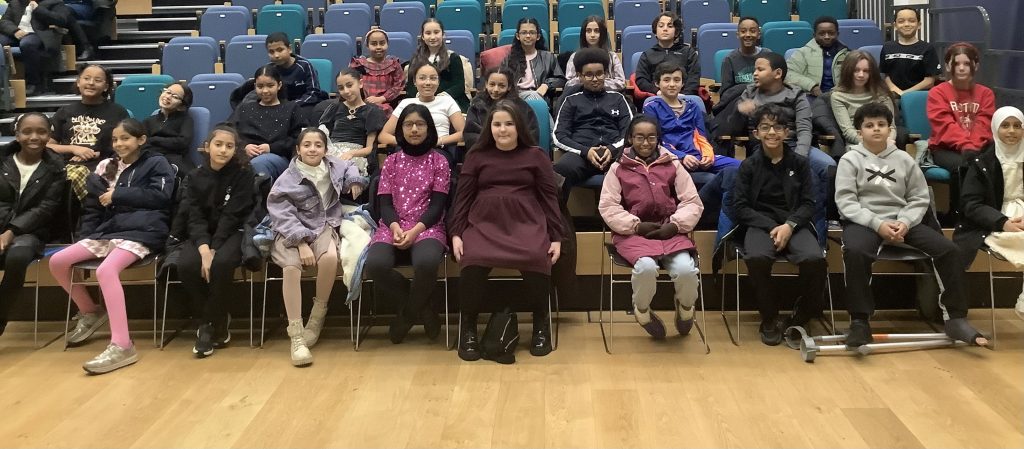
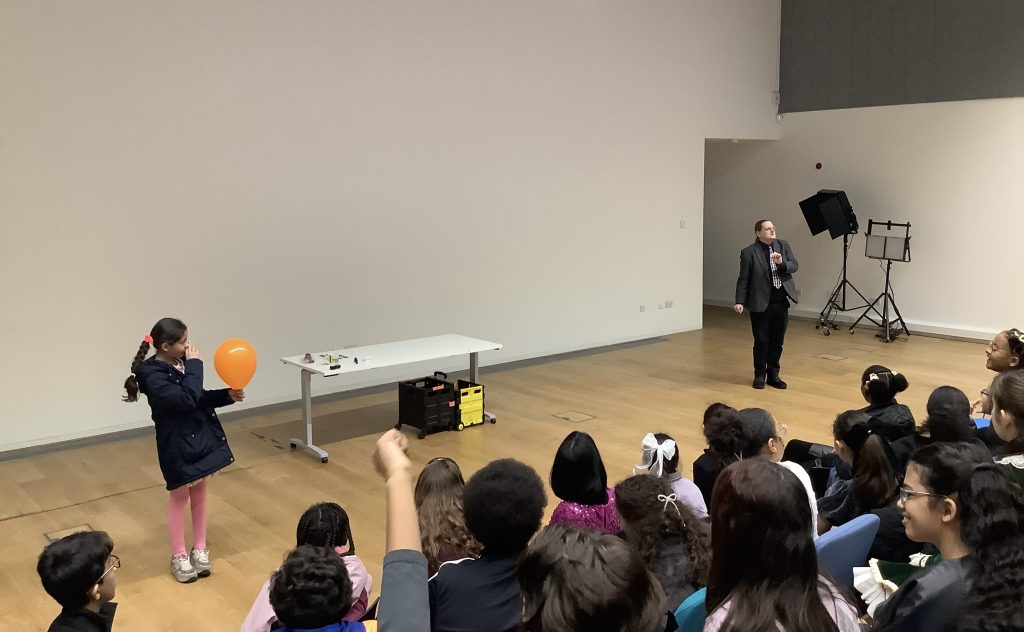
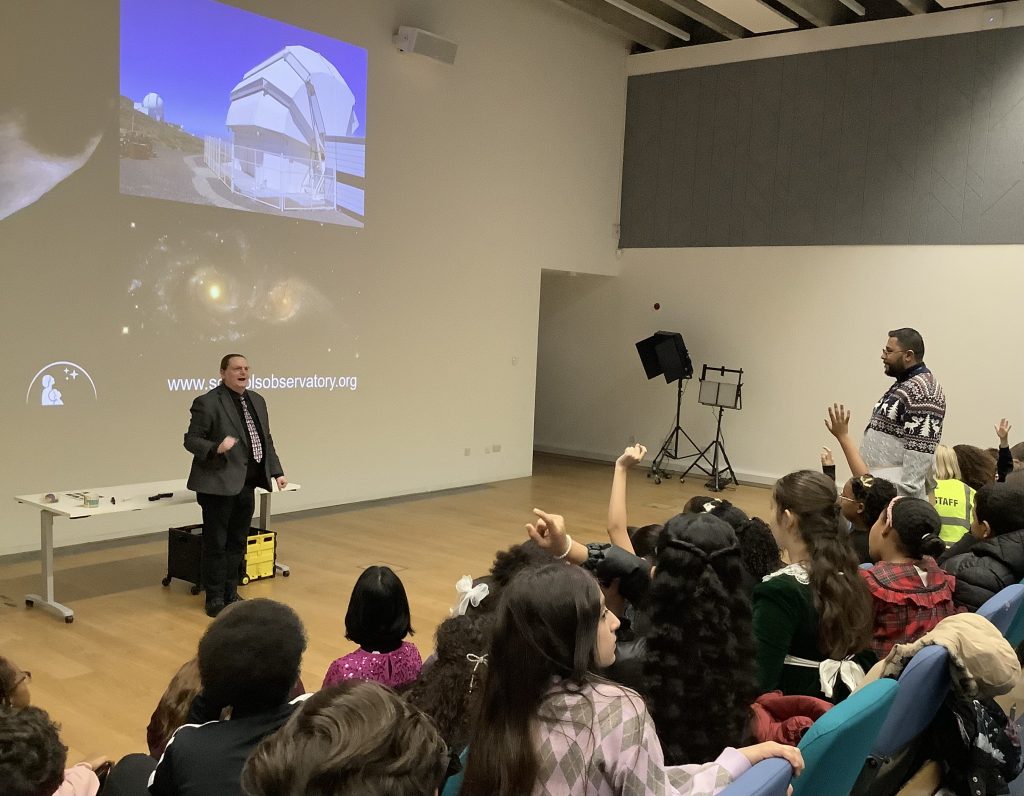

Today we made our own skeleton using paper straws and glue.We included all the bones we have been learning in class.
34
Class 5 have been learning about contact forces and non-contact forces. We used different materials such as balloons, ping pong balls and marbles to demonstrate this.
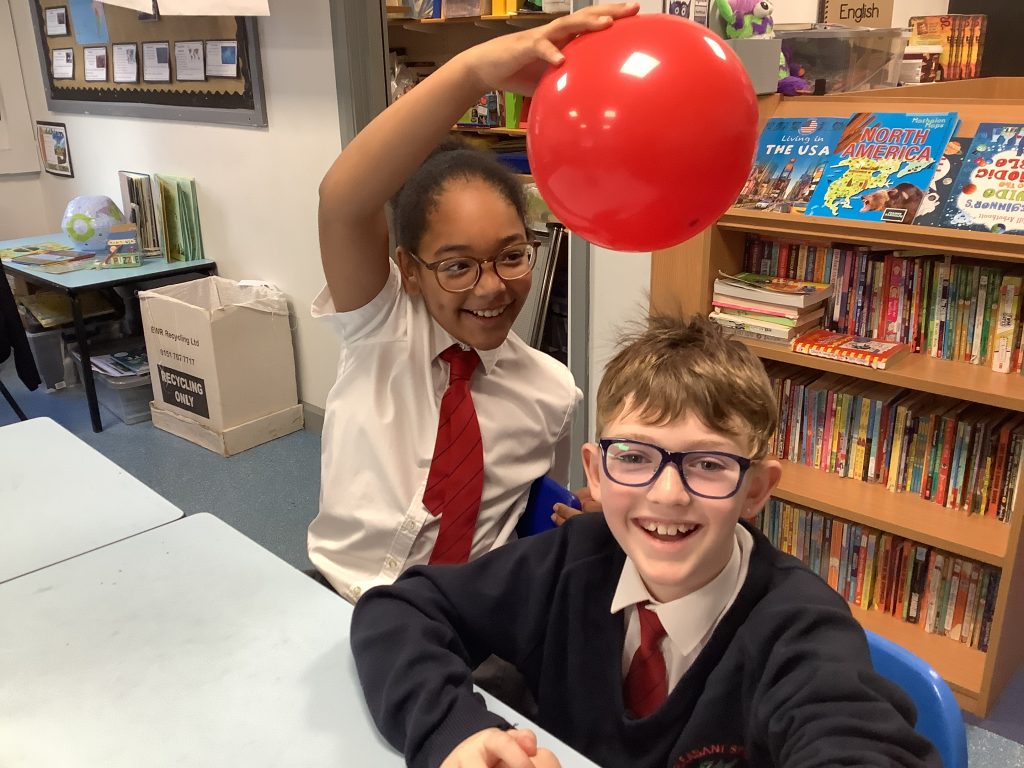
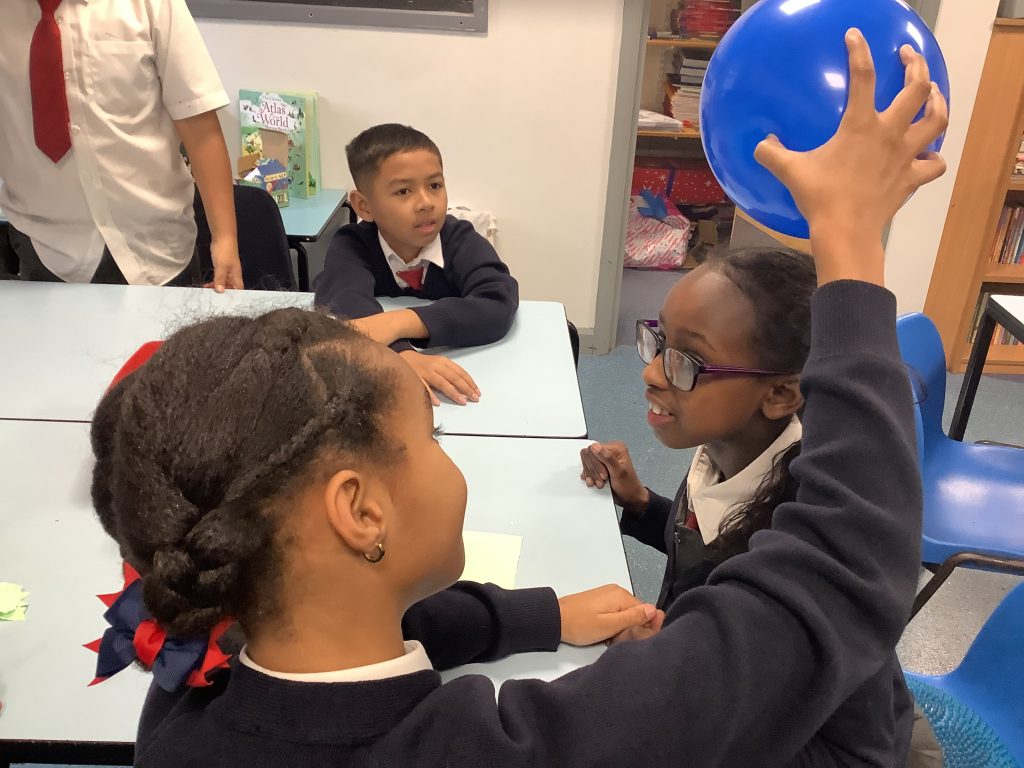
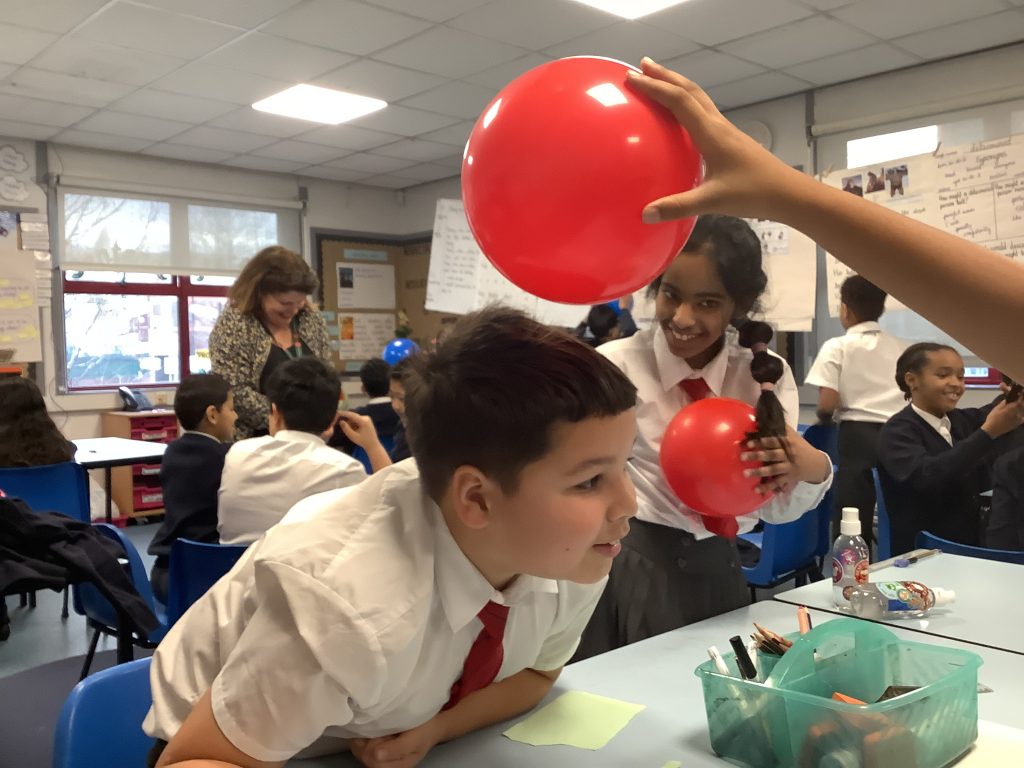
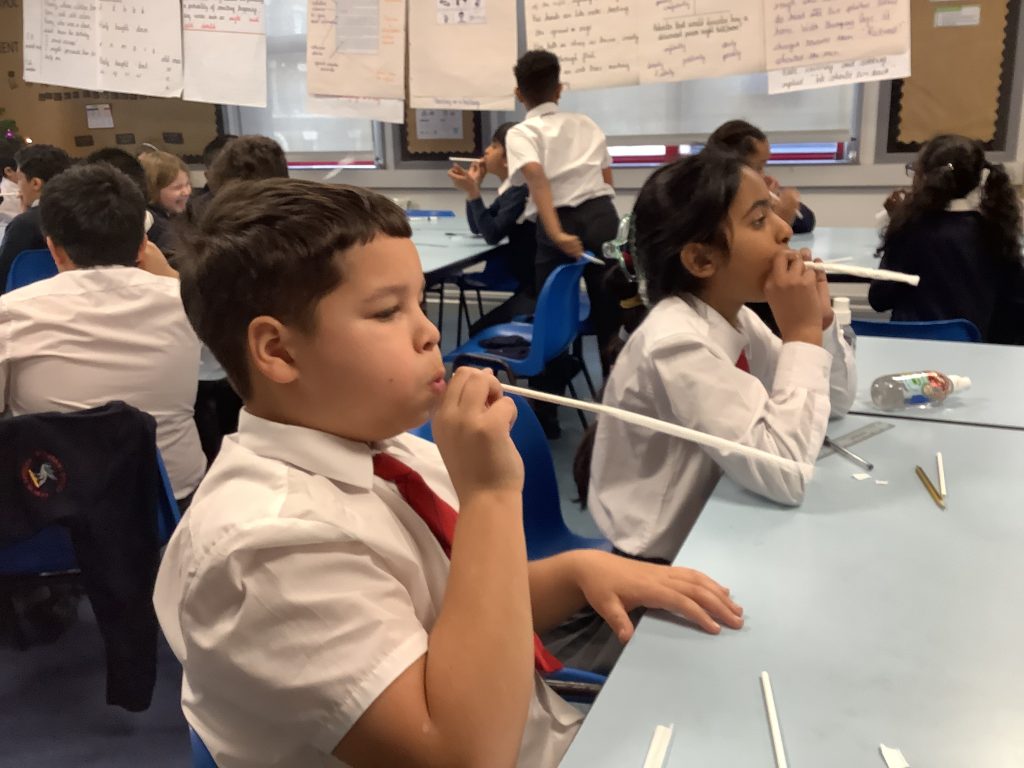
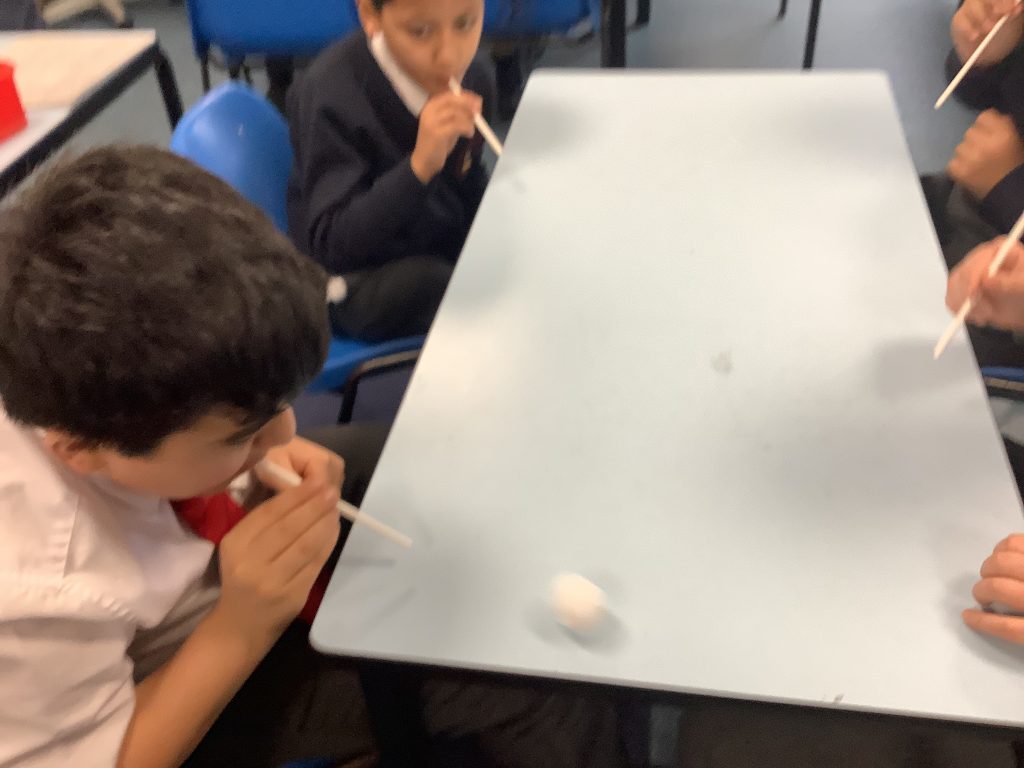
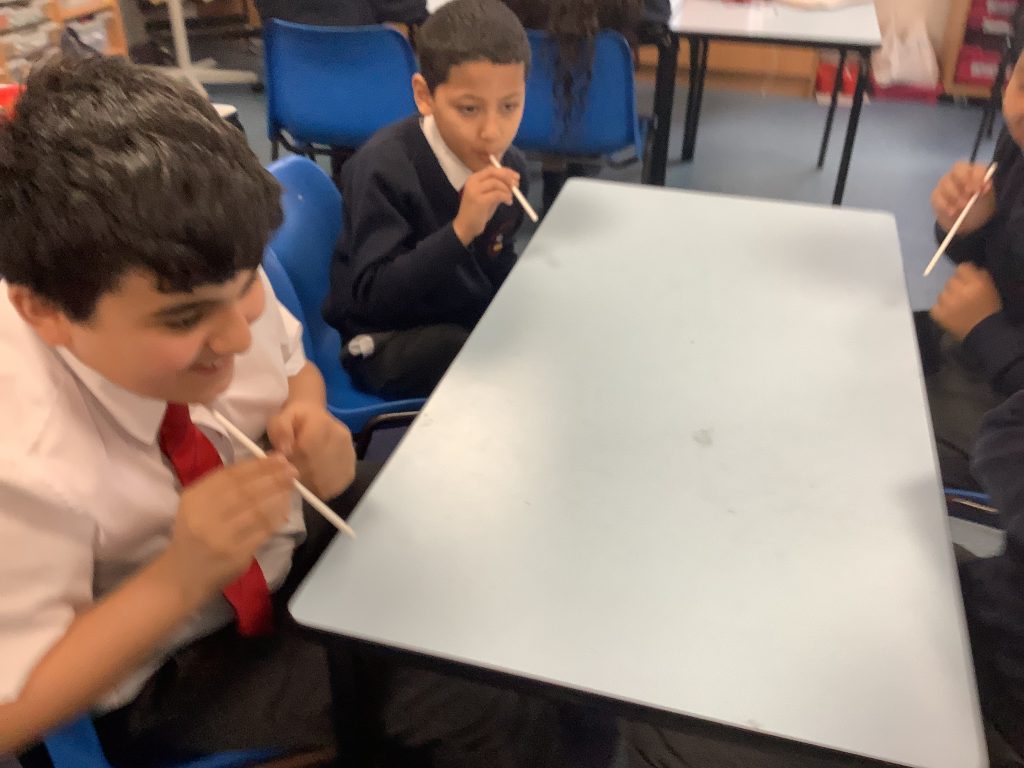
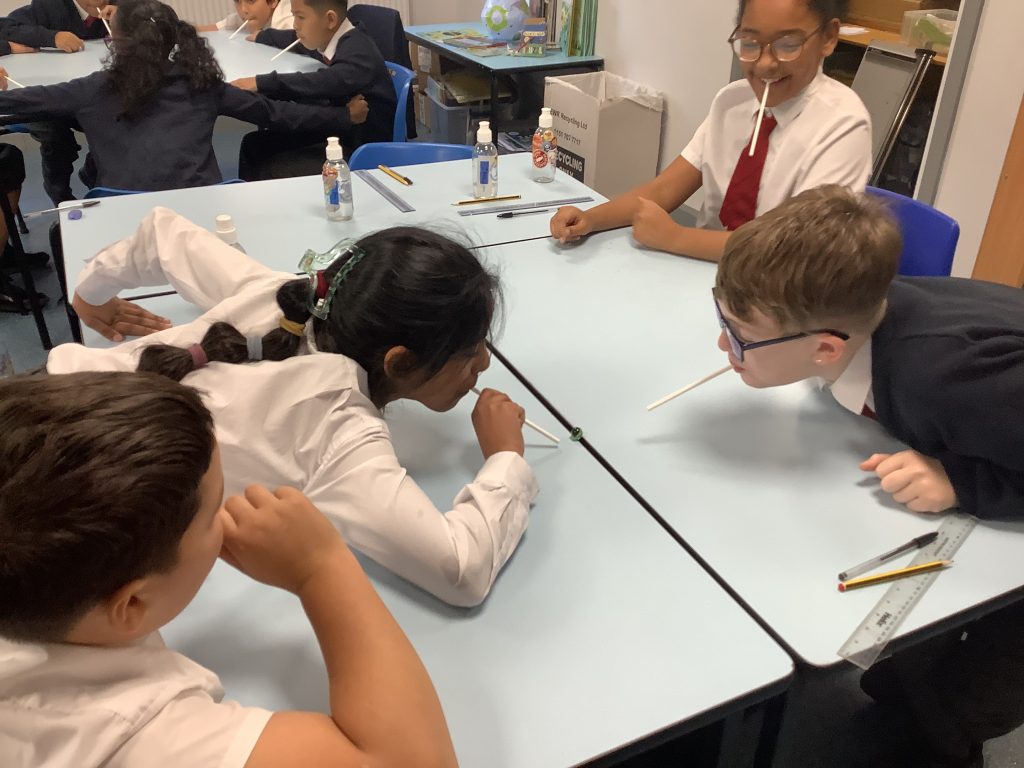
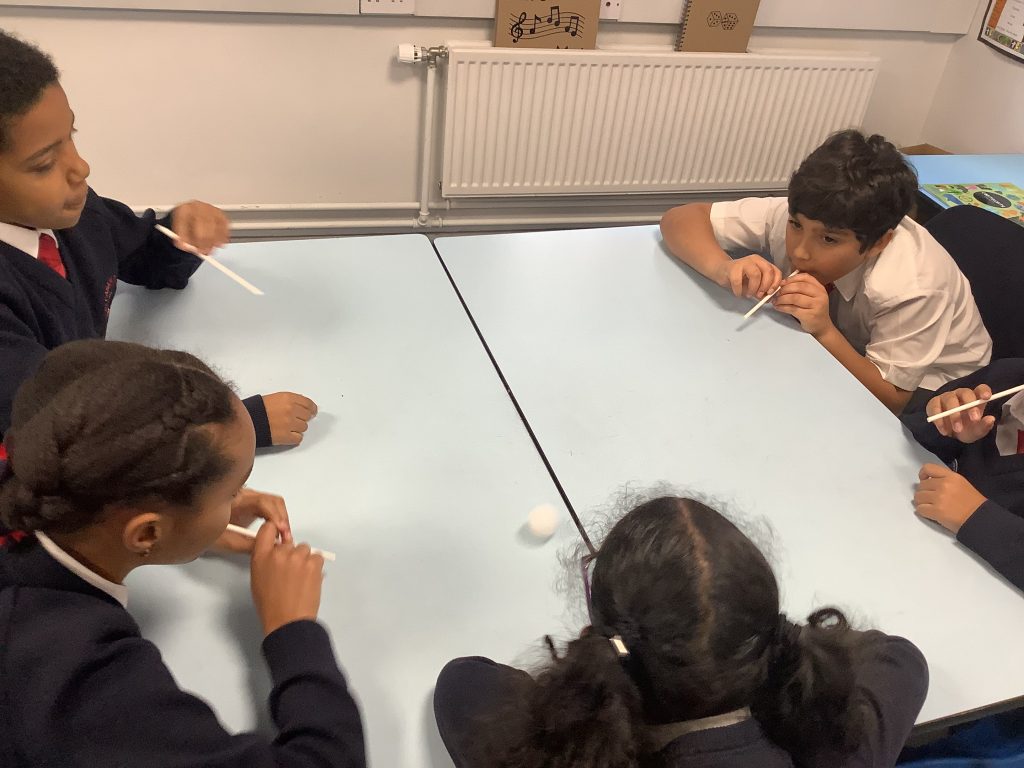
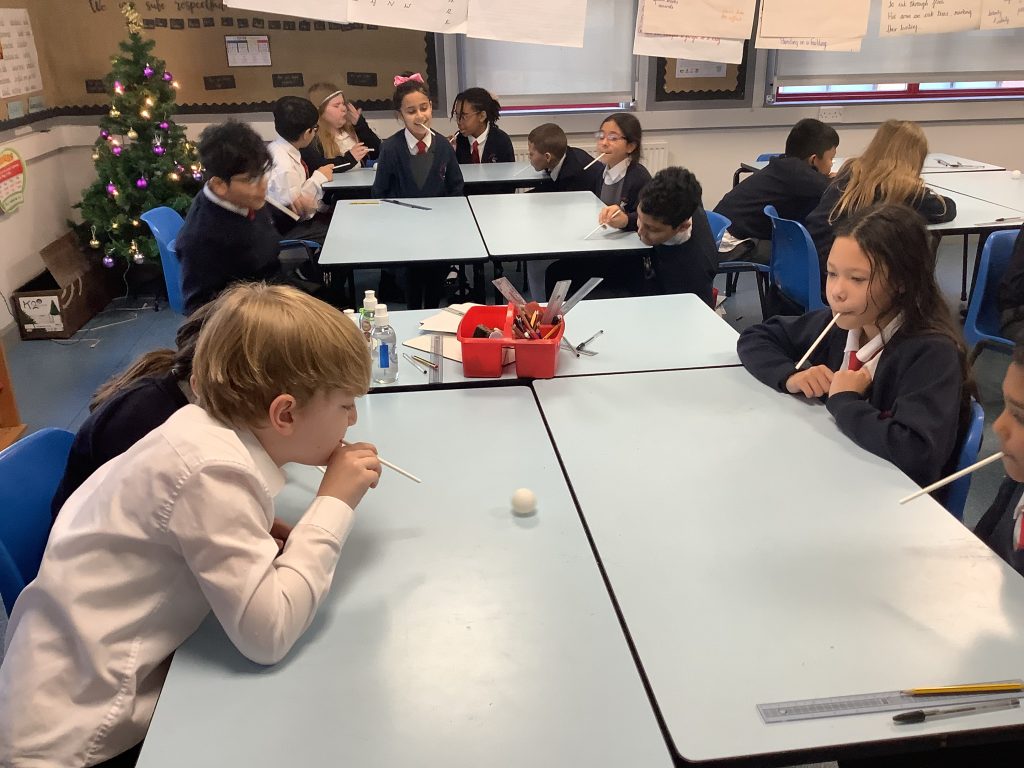


During science class 2 have been looking at habitats and how some animals survive in extreme cold weather. We carried out an investigation about blubber, this involved holding ice in one hand then ice covered in ‘blubber’ in the other to see how ‘blubber’ works.
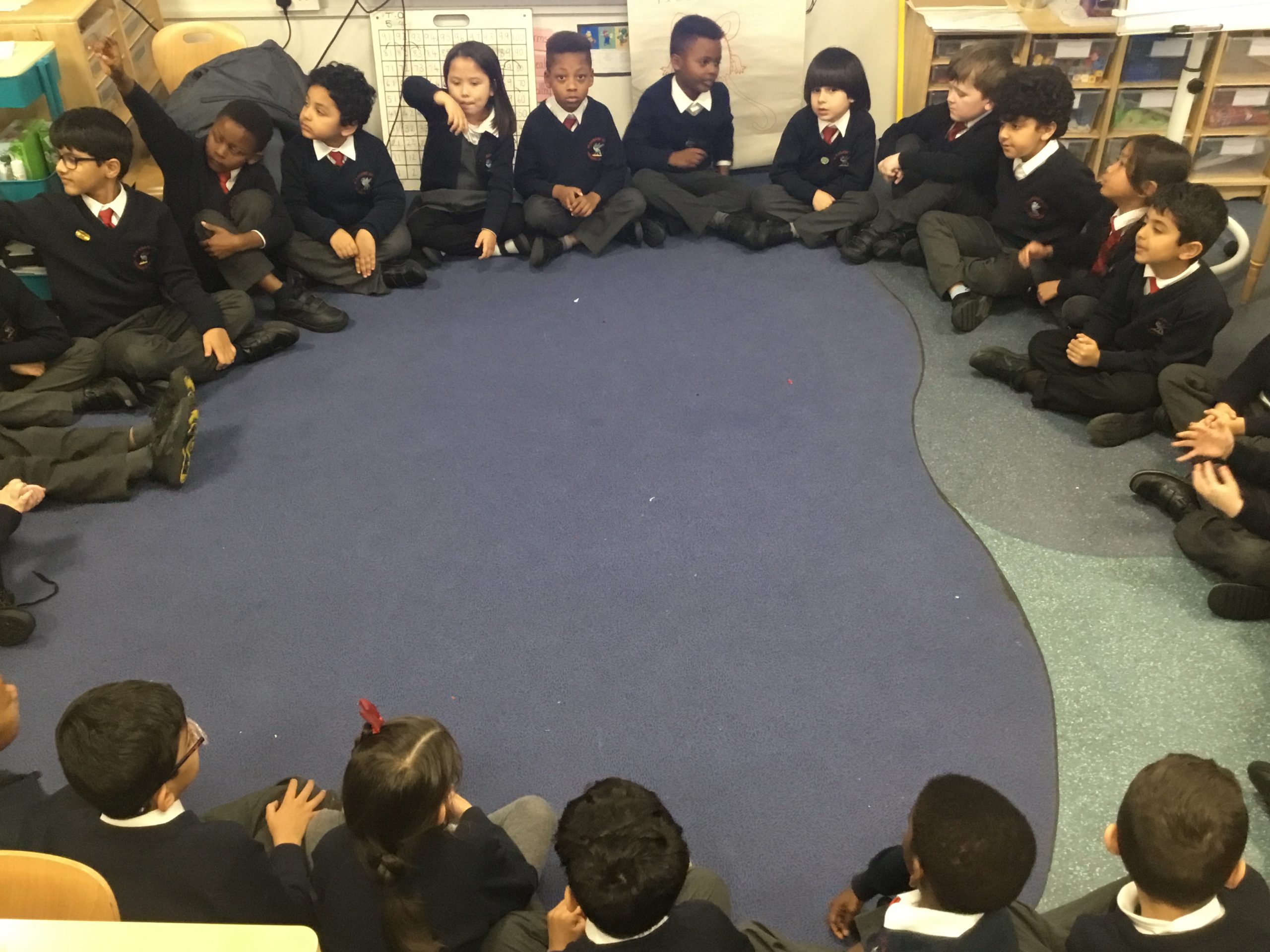
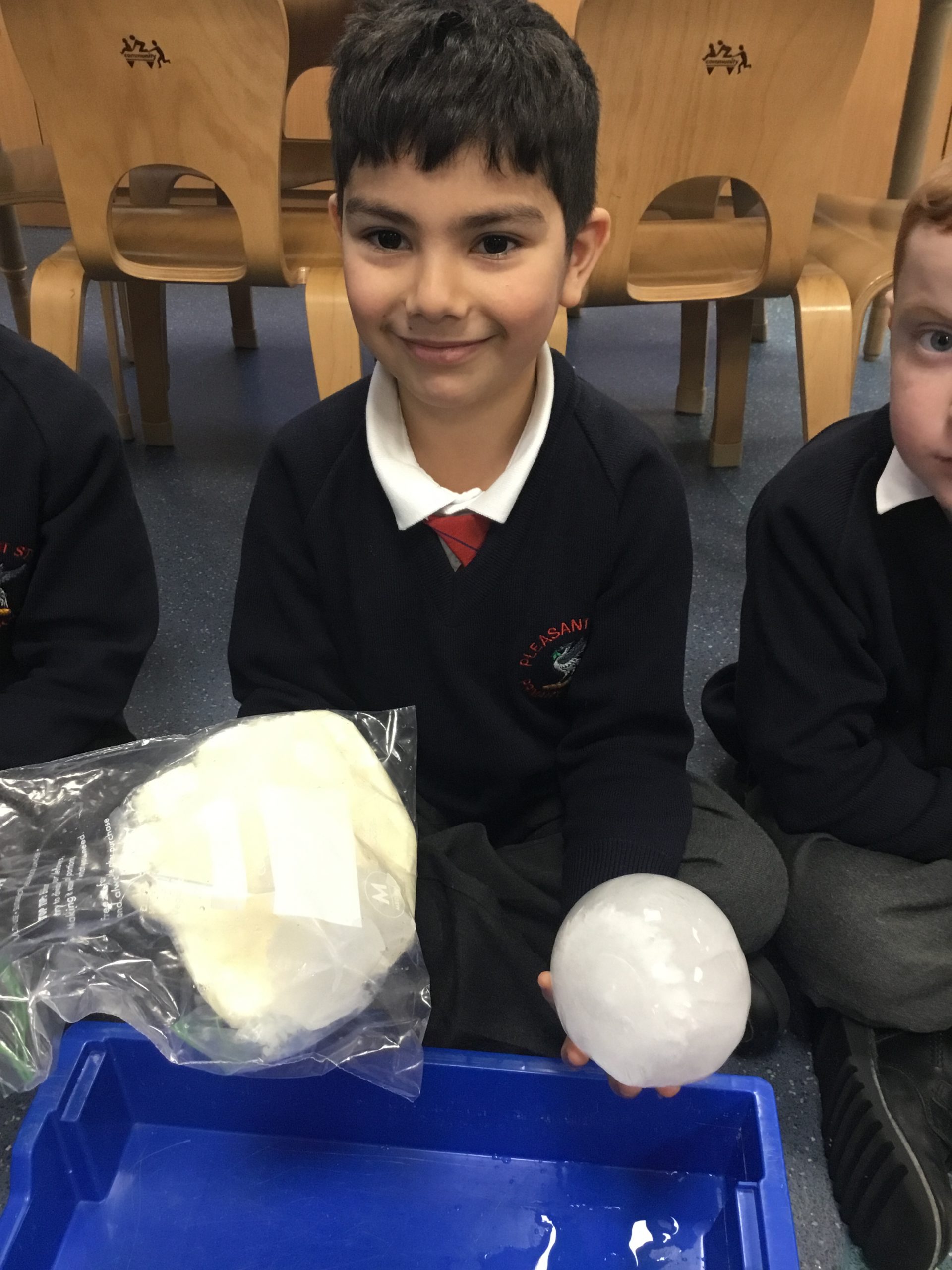
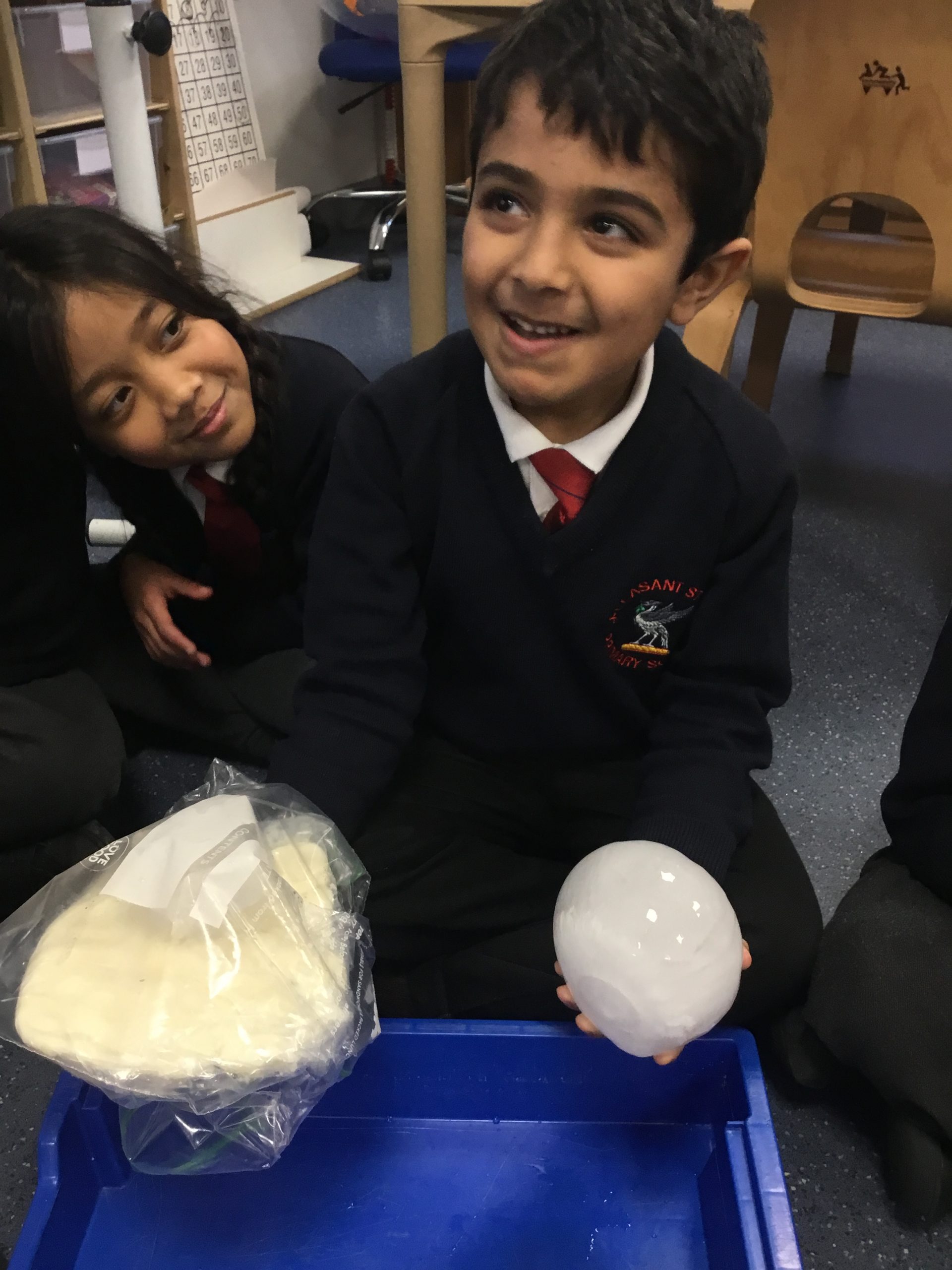
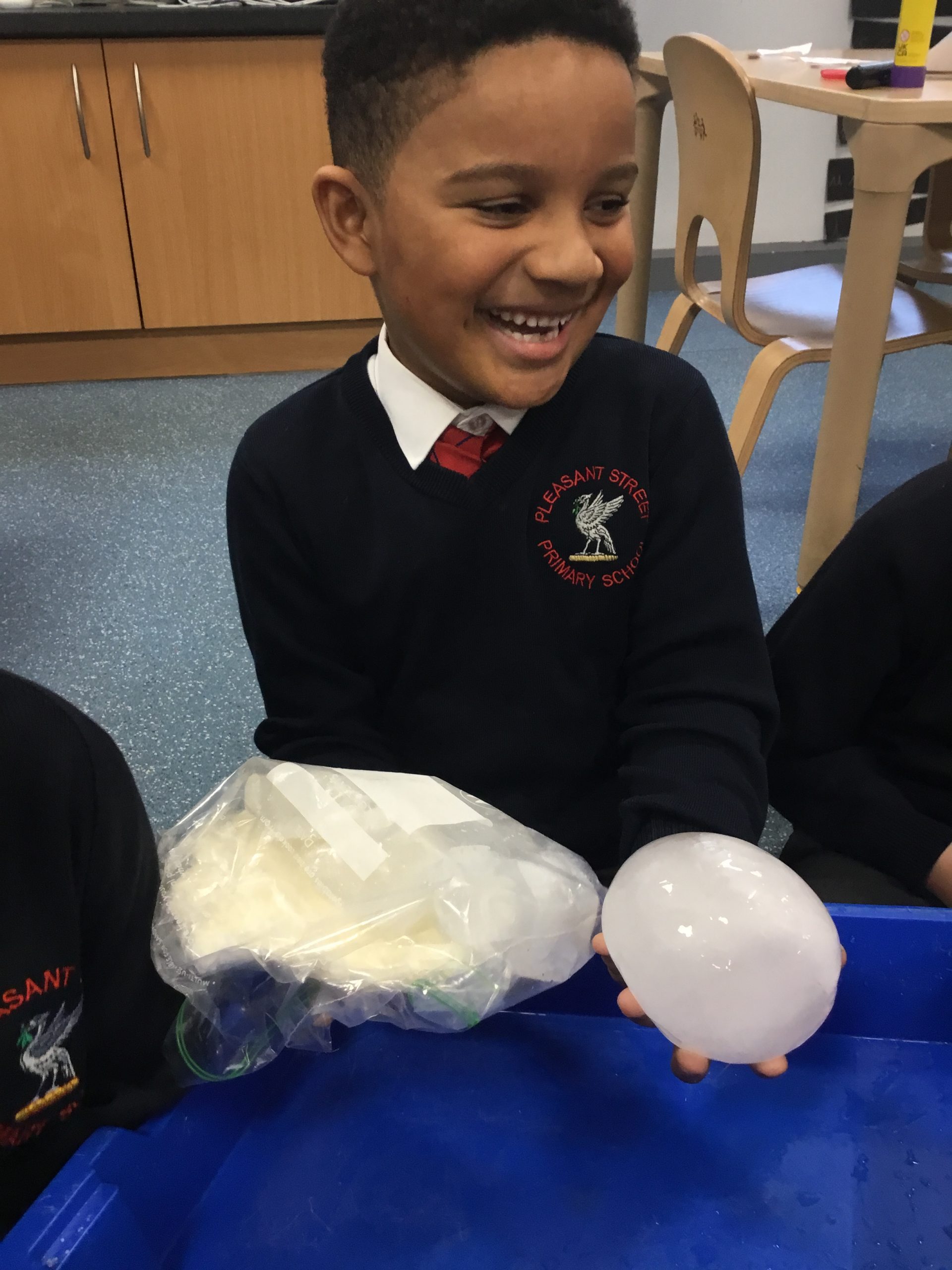
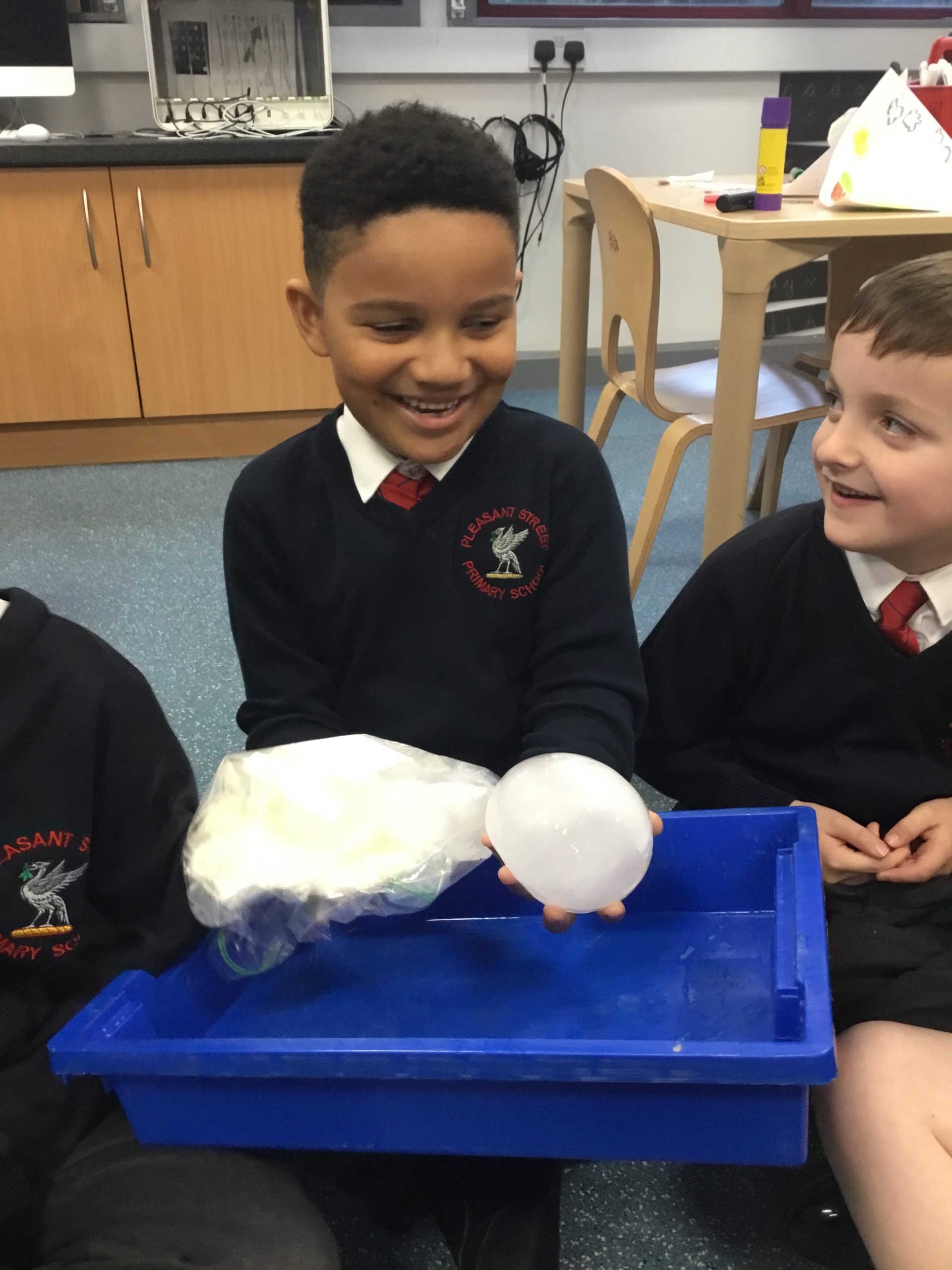
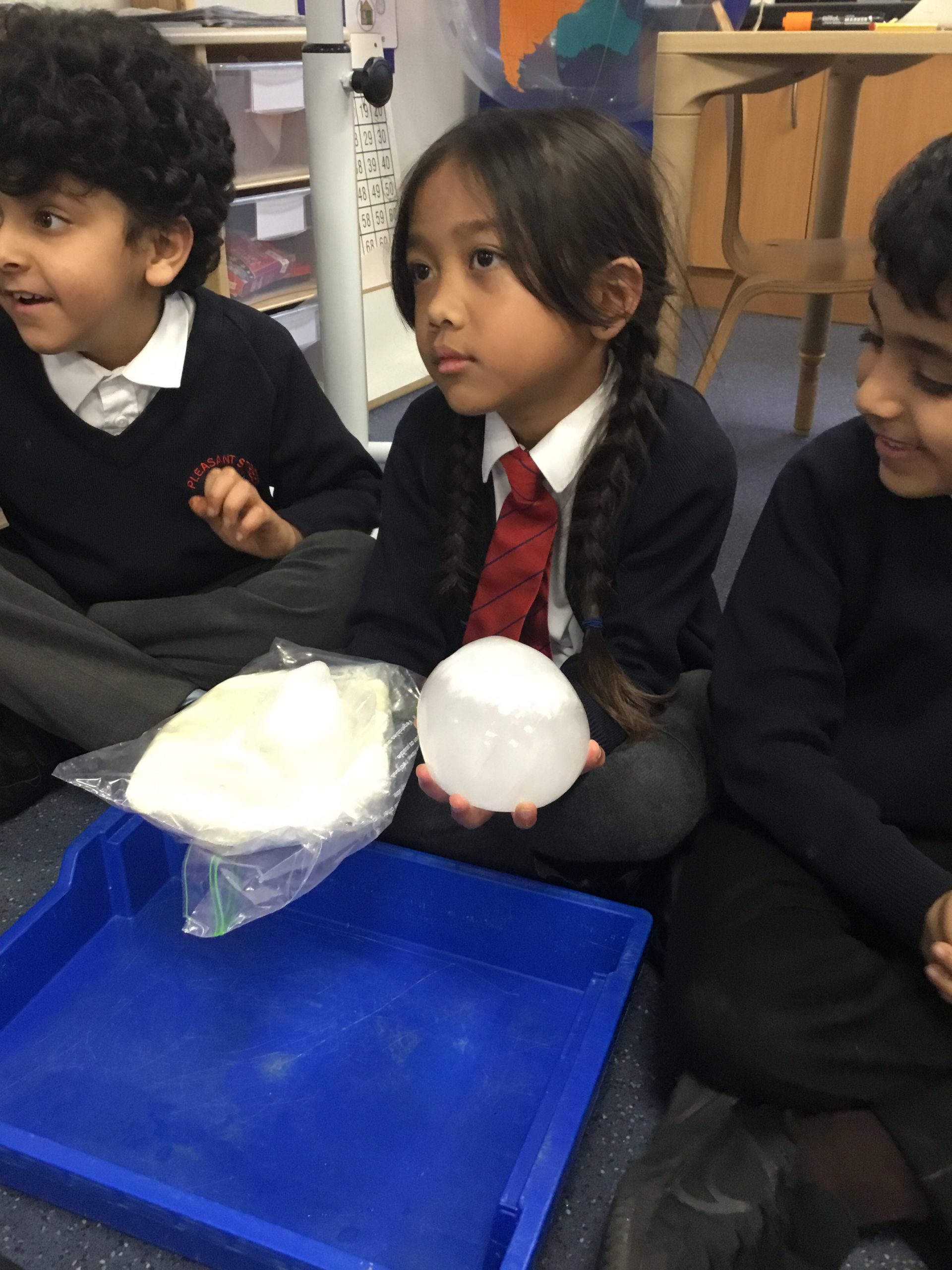
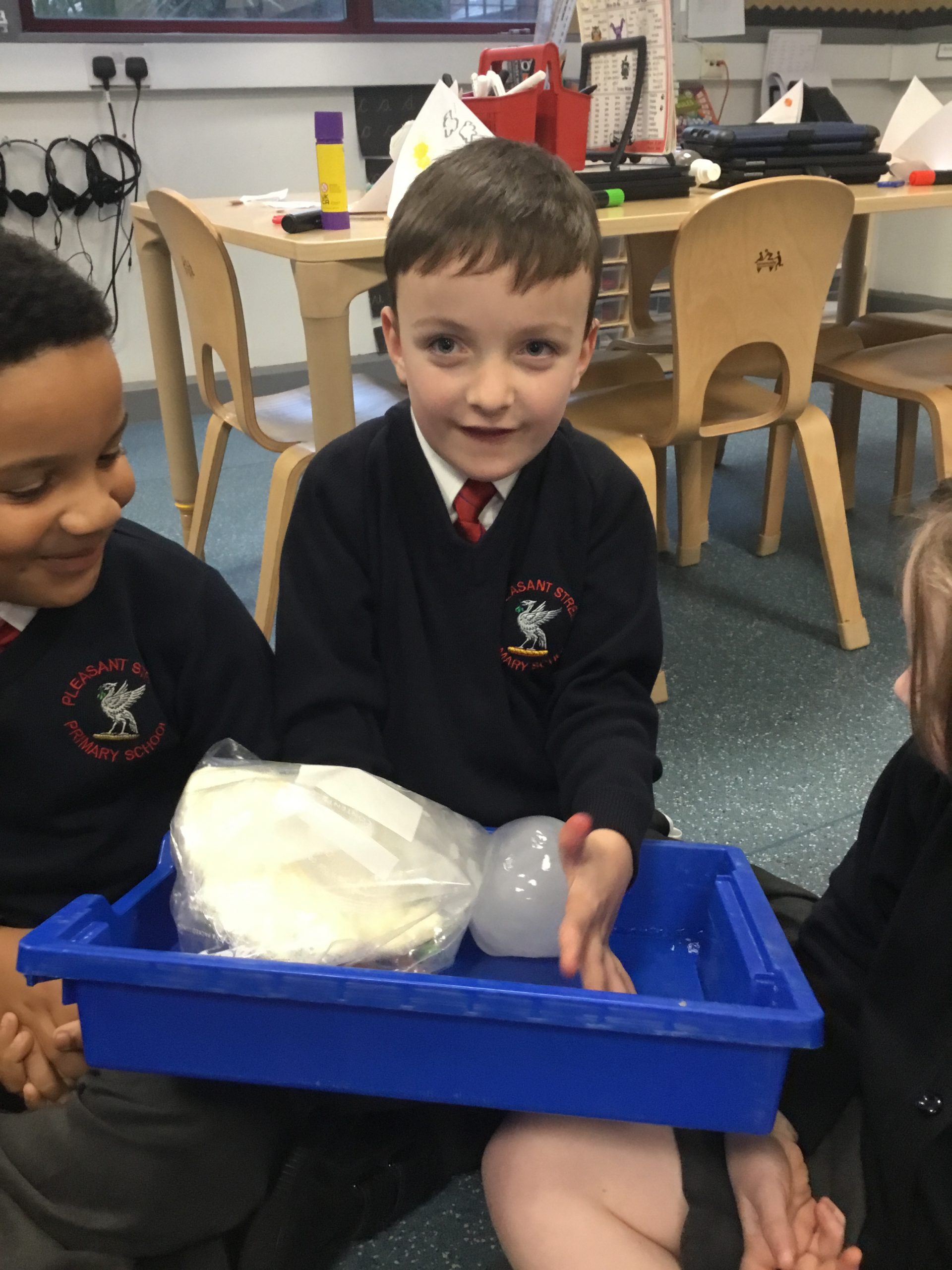
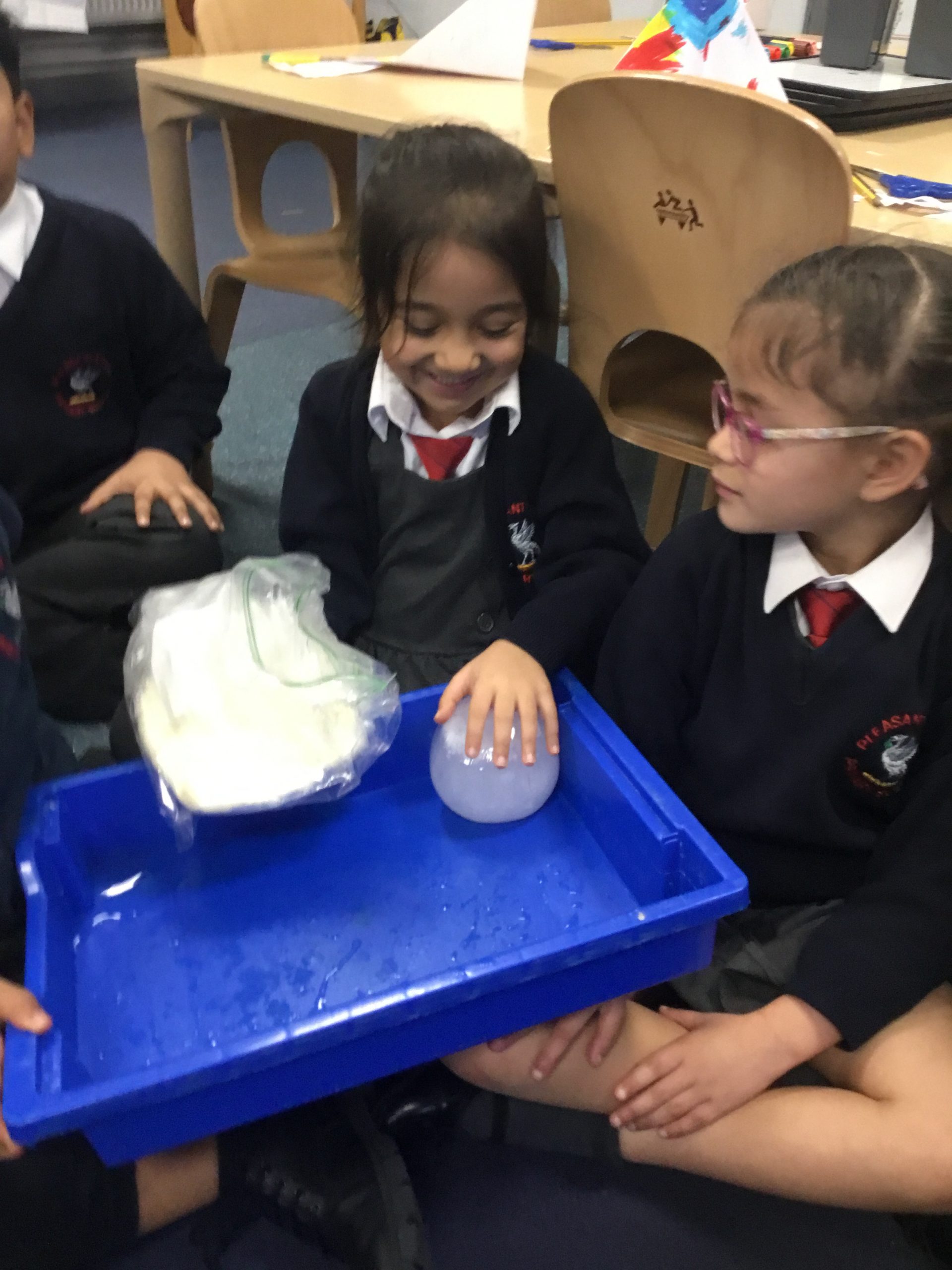
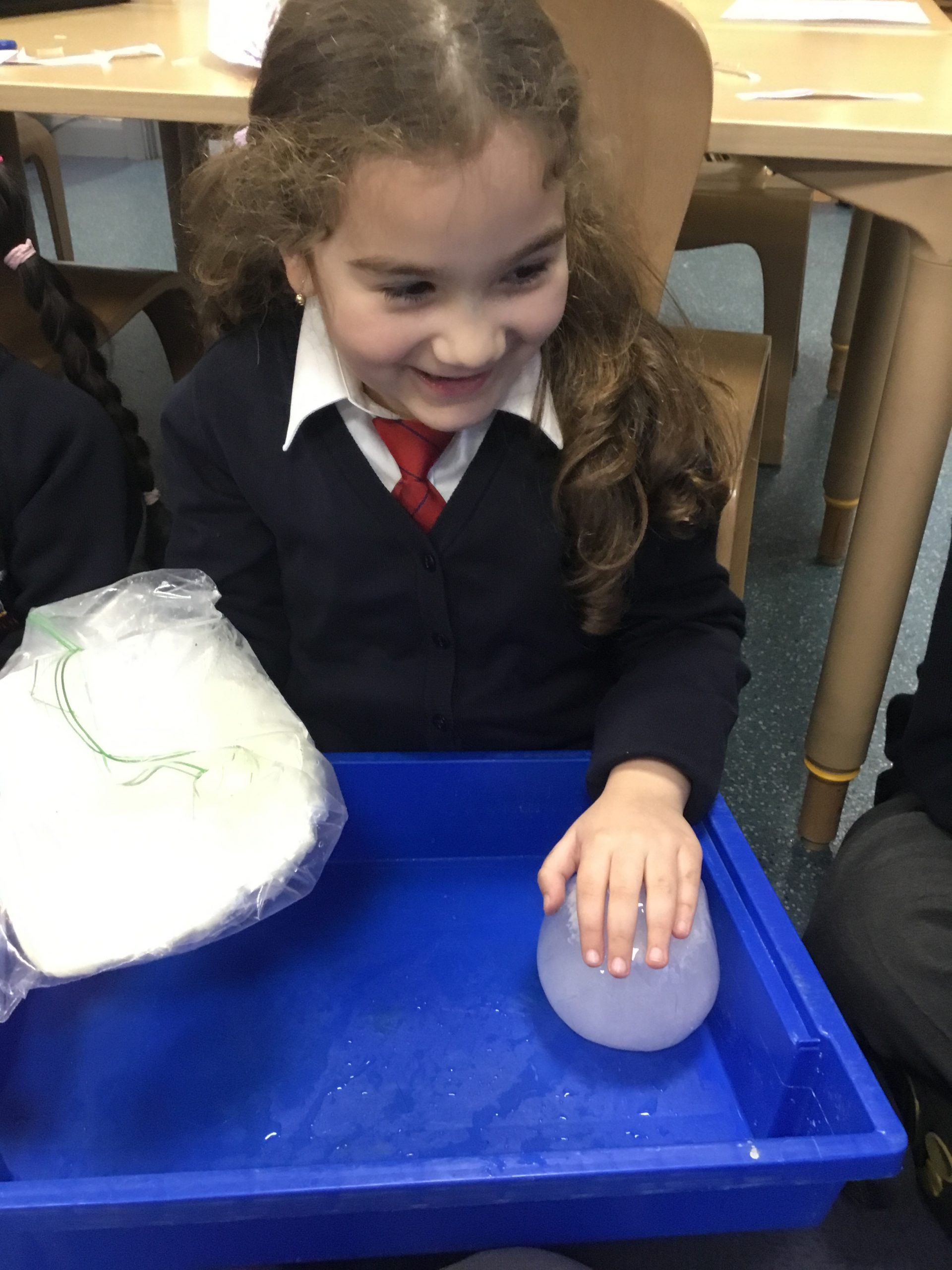

Today in science we constructed a circuit on our iPads using a list of components. Some of the components we used included battery, wire, switch and bulb. We constructed multiple circuits using different components each time.
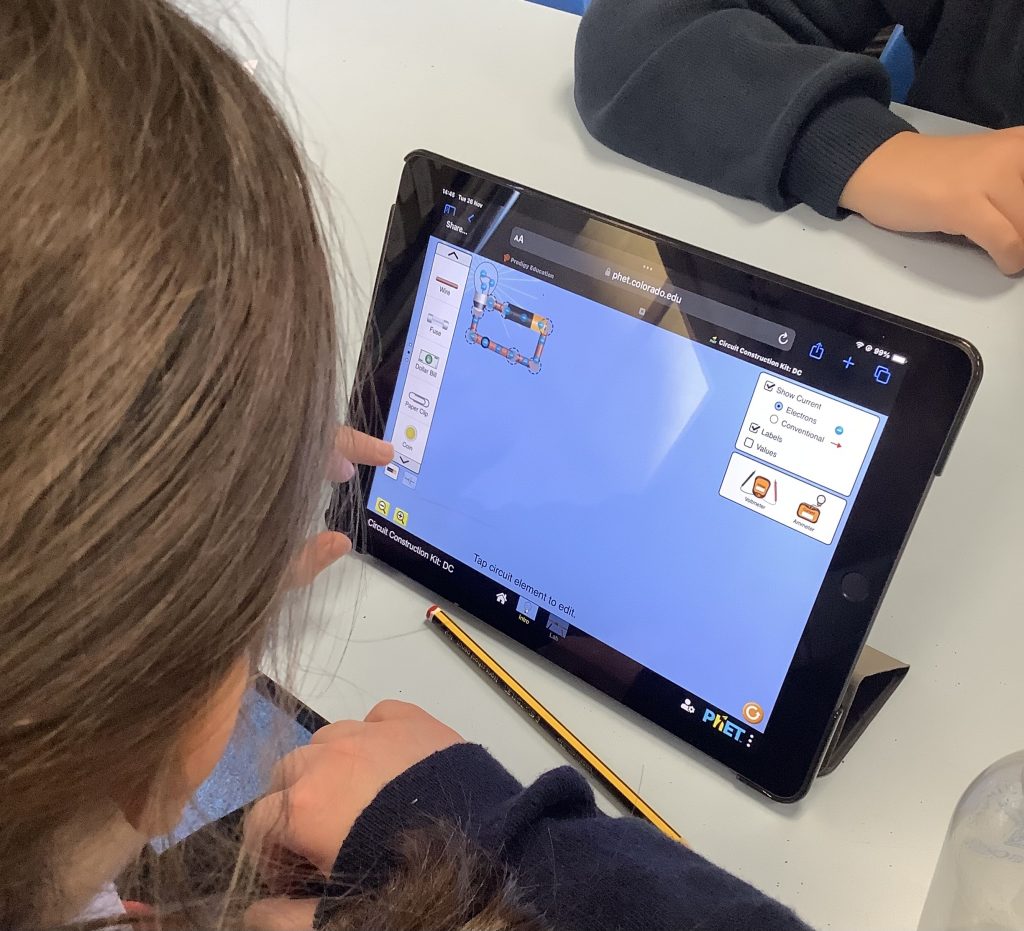
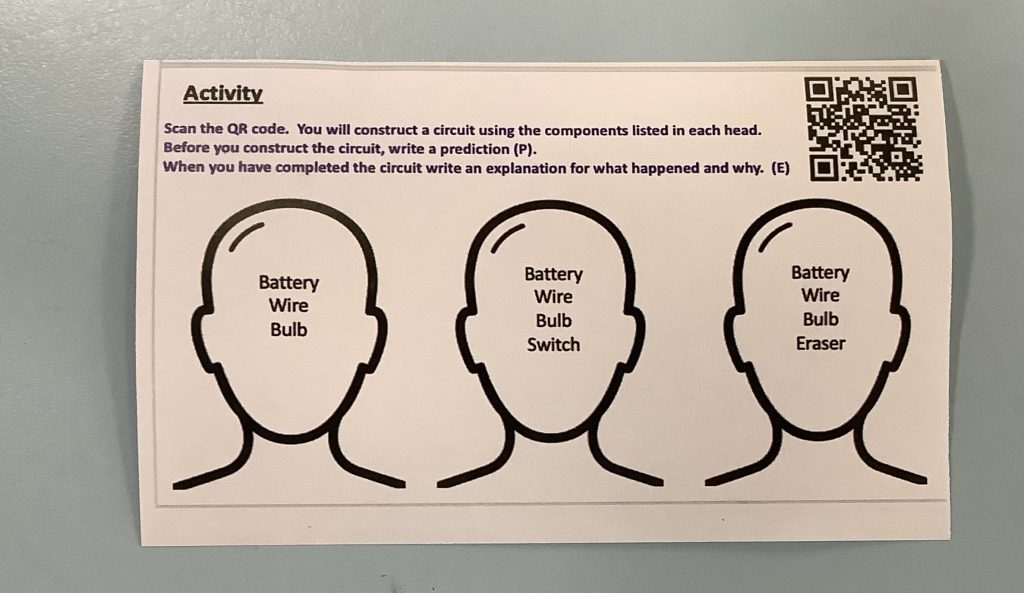
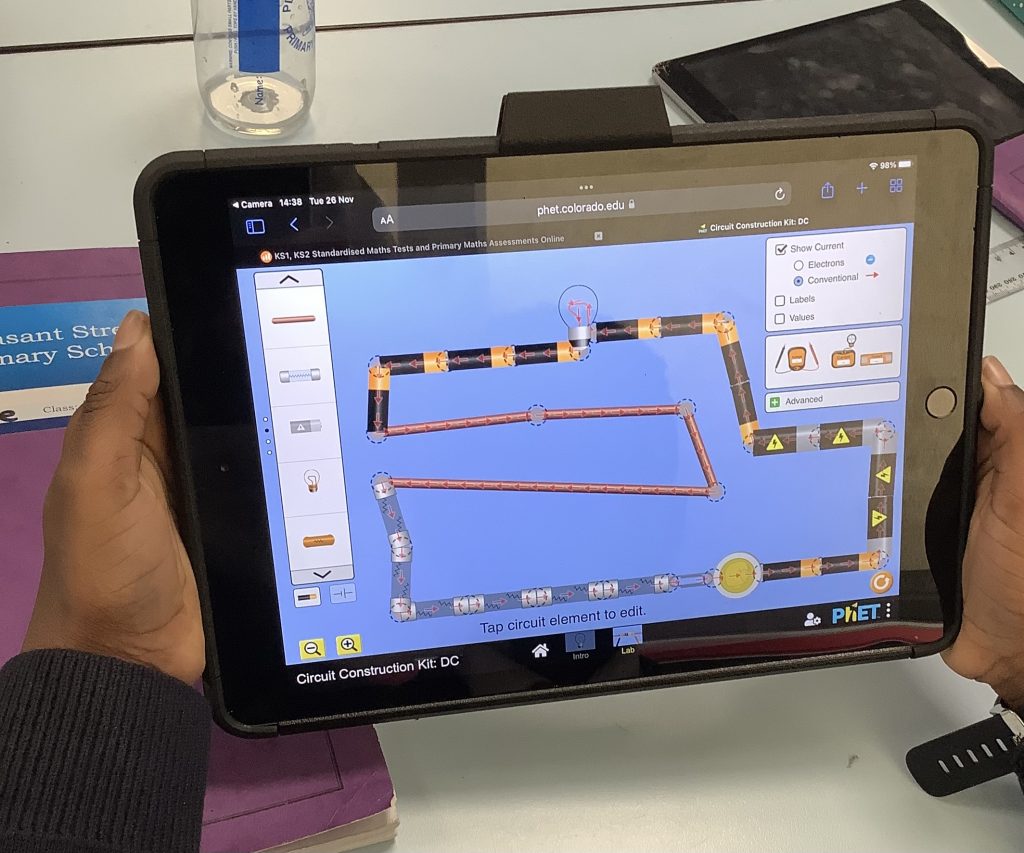

Class 2 have been researching the different types of habitats and the animals that may live there, we then researched and created our very own. We enjoyed creating habitats from forests to desserts and also designing the animal that may live there.
47
Reception have been learning all about light and dark in Science, exploring why in the day it light and why it is dark at night time. The class discussed all about the sun and the moon and what items give off light such as torches. The children had a go at using torches to explore shadows and finding items in the dark.
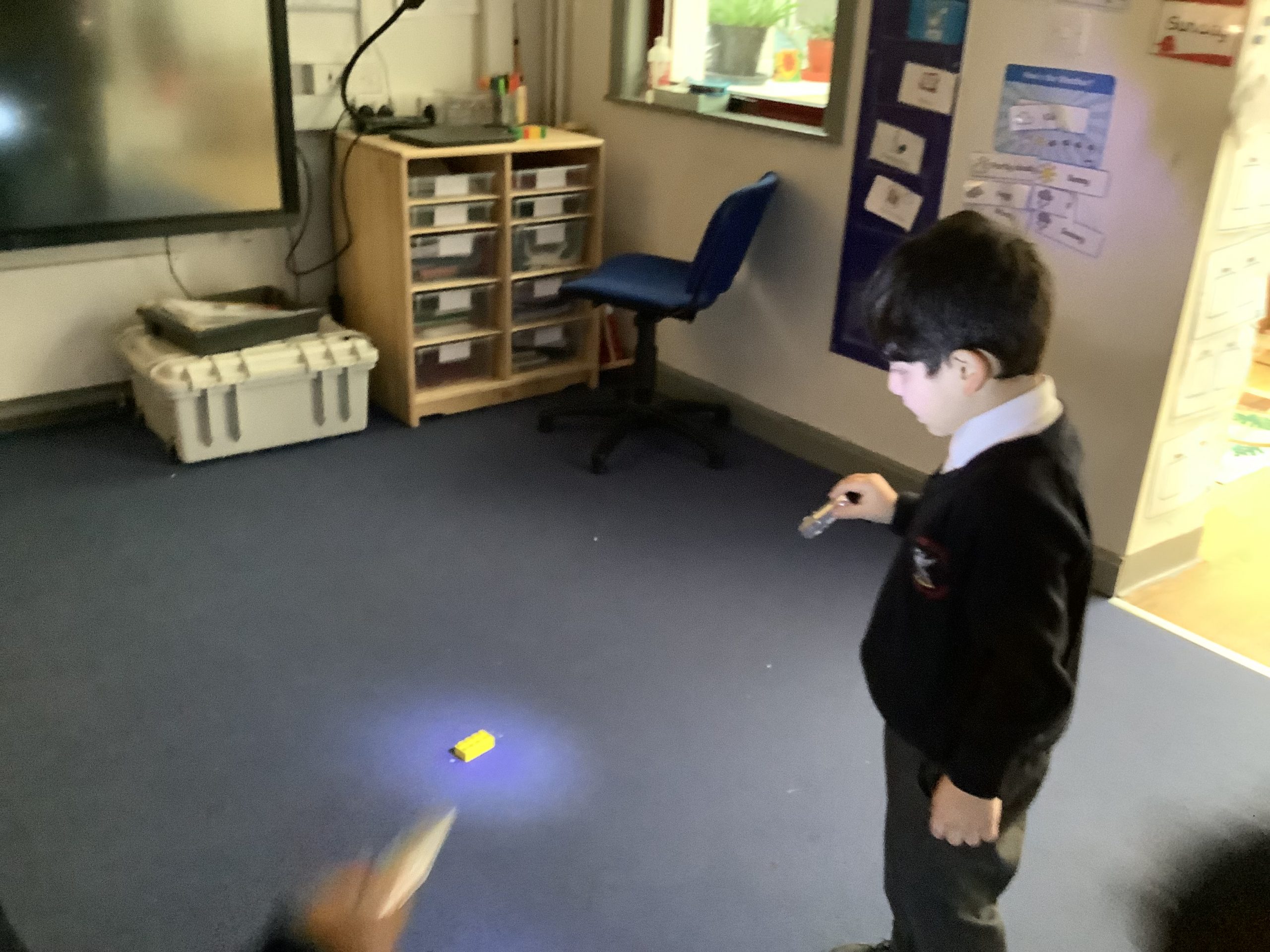
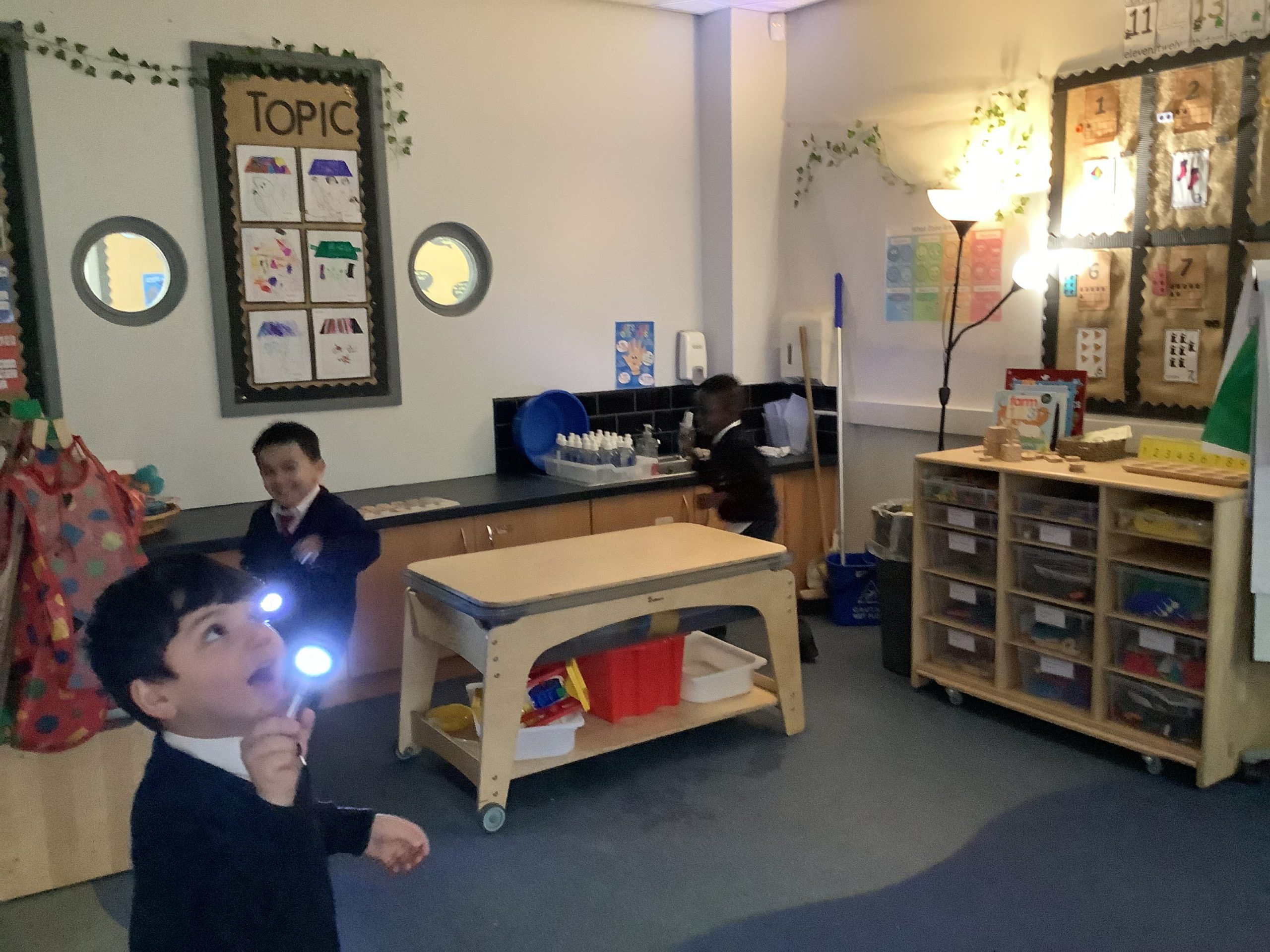
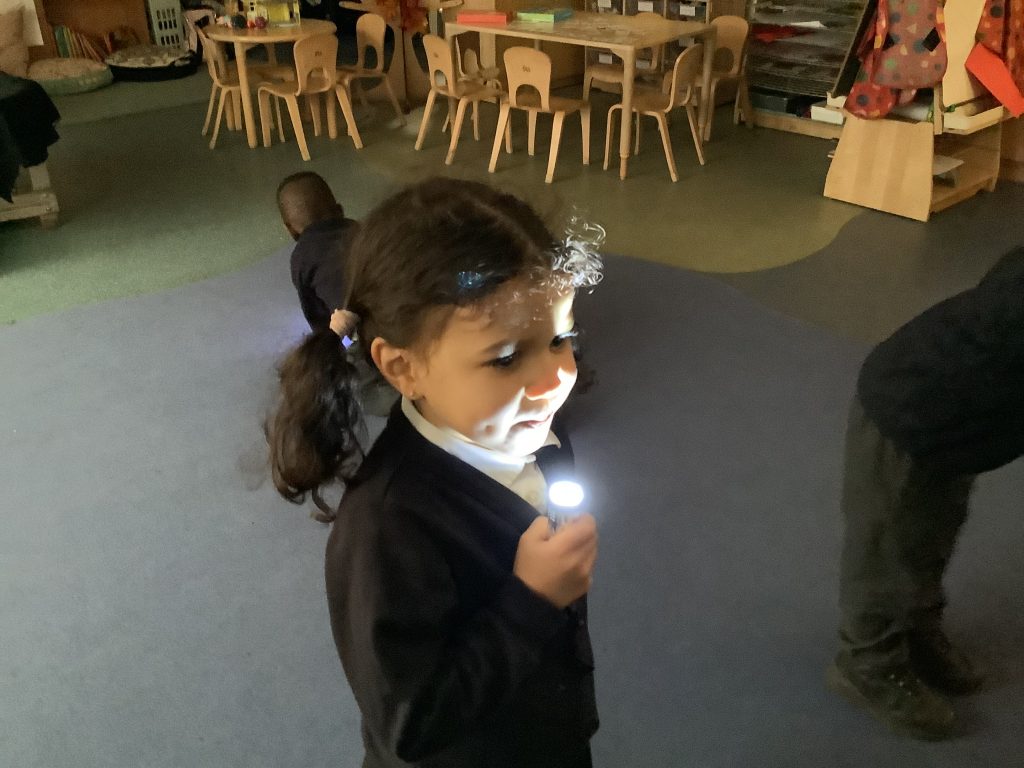
Reception created some fantastic night sky pictures using paint, glitter and their scissor skills. Reception answered questions about what they might see in the night sky such as the moon and stars.
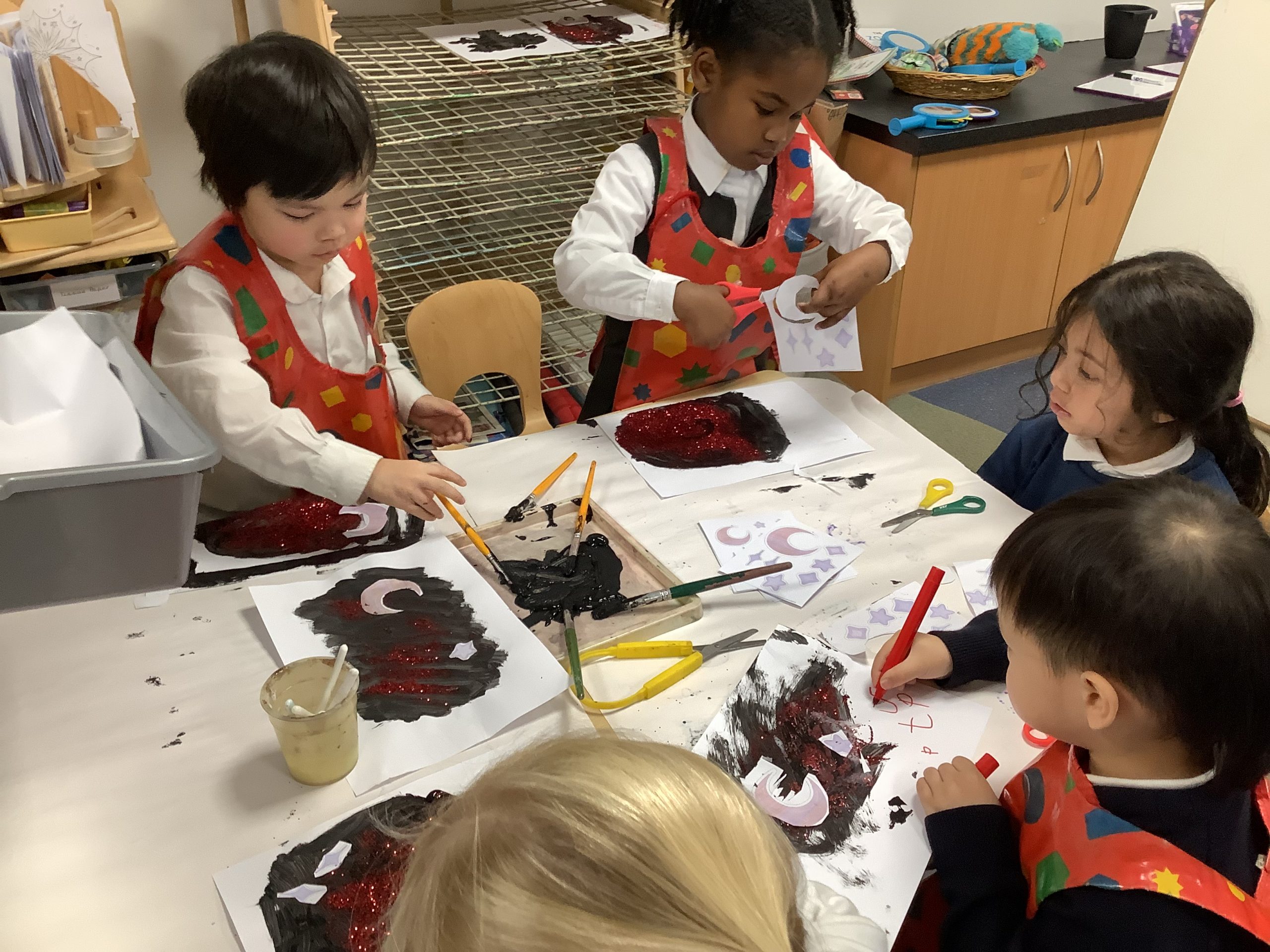

This term Reception have been learning all about the story ‘Star in the Jar’ in English, Reception has explored space, light and dark in science. On Friday some of the Reception class explored the Planetarium at the Museum, the children watched an informative video about ‘the Little Star that Could’ which explained all about our solar system and all the different planets in our universe.
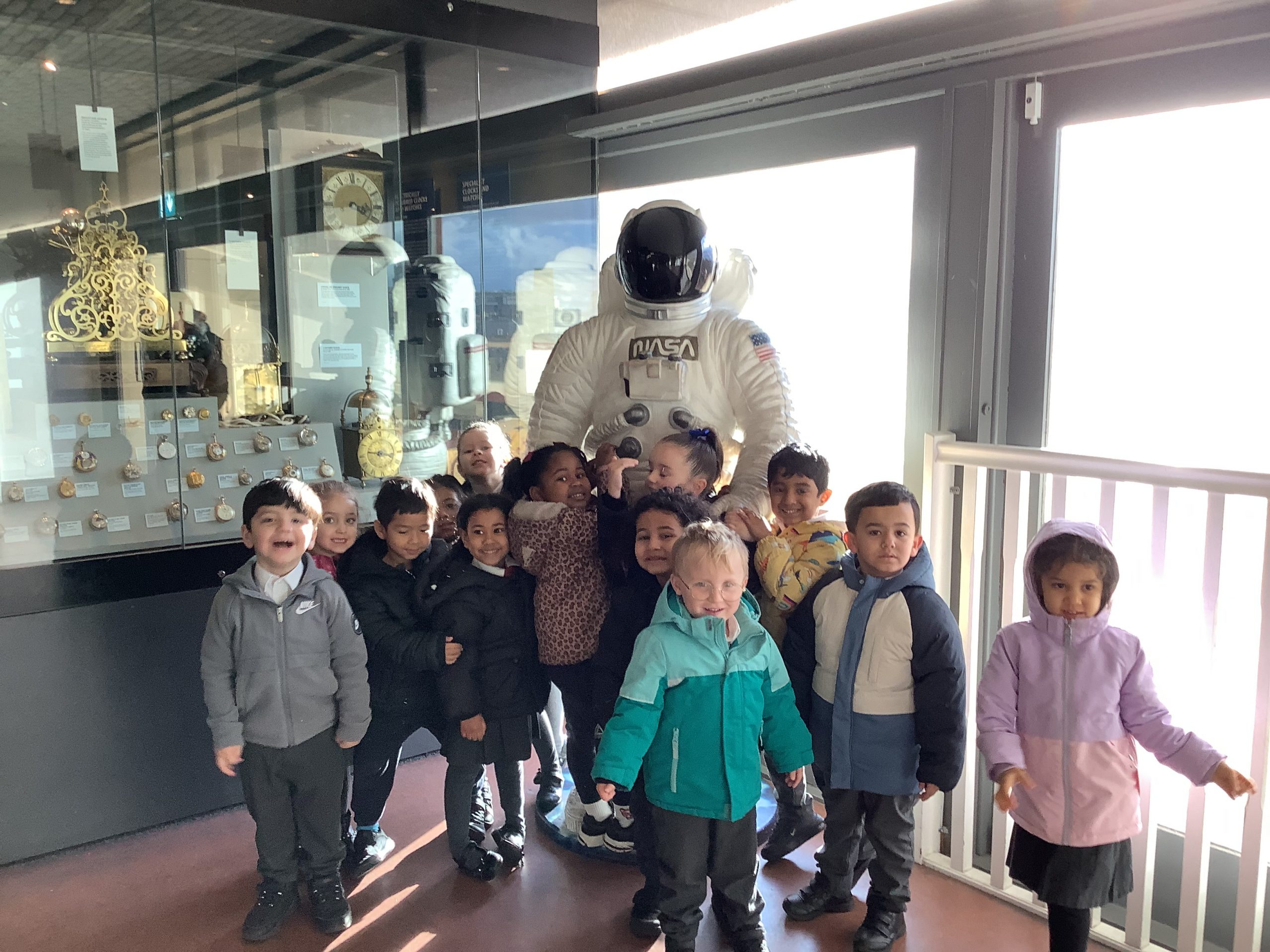
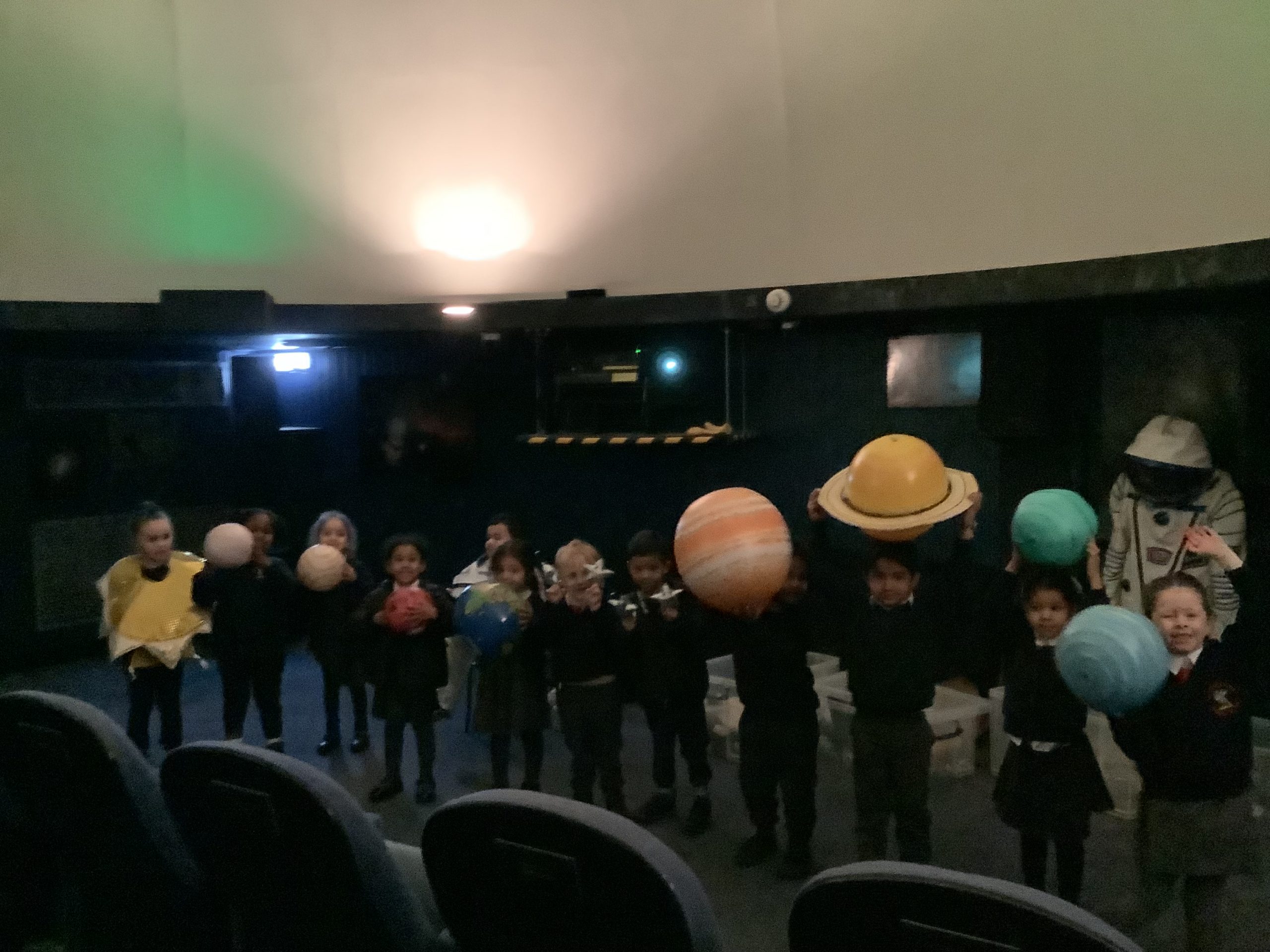


Today we worked together to match the descriptions, symbols and images to recap our understanding of electrical components.
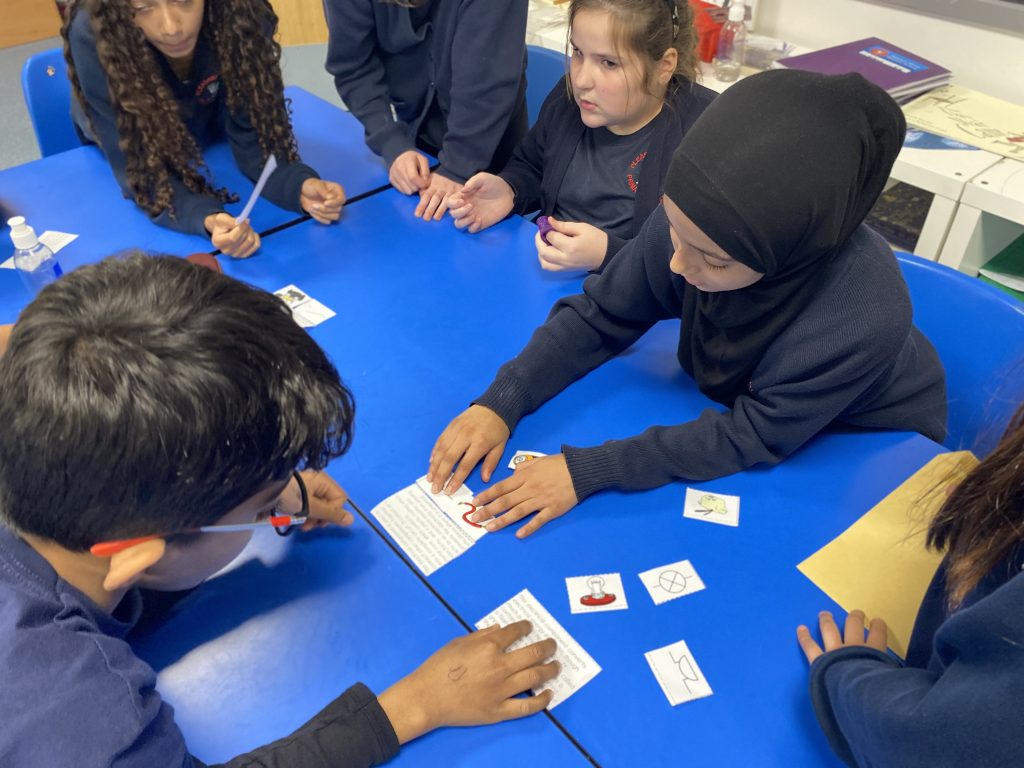
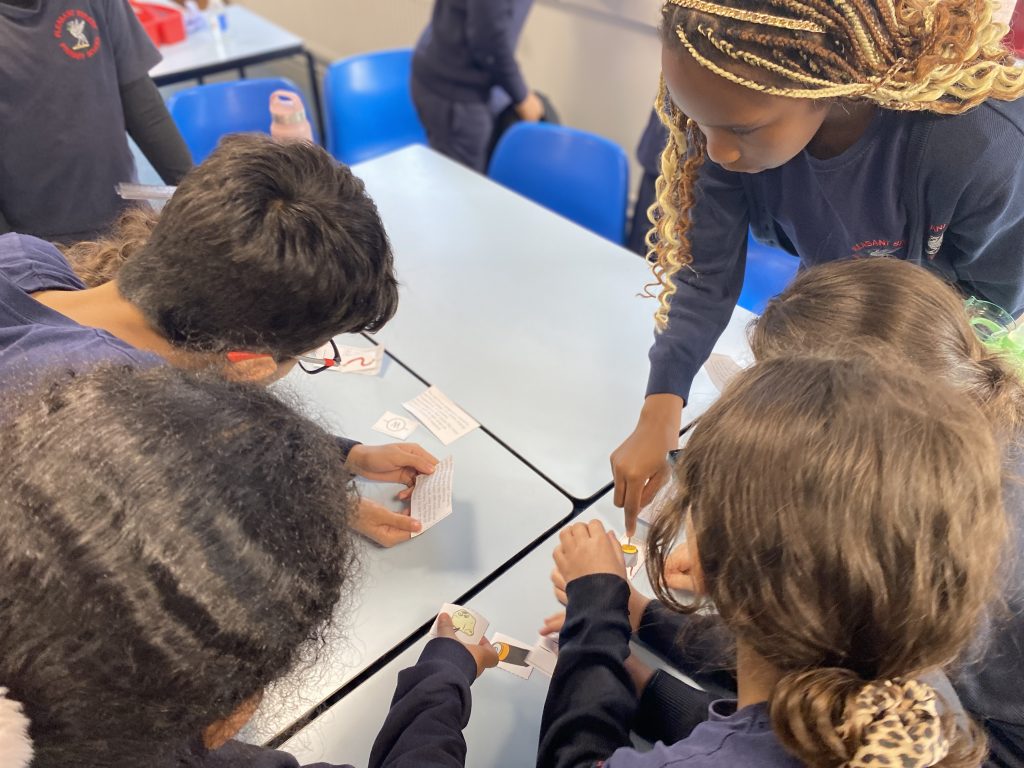
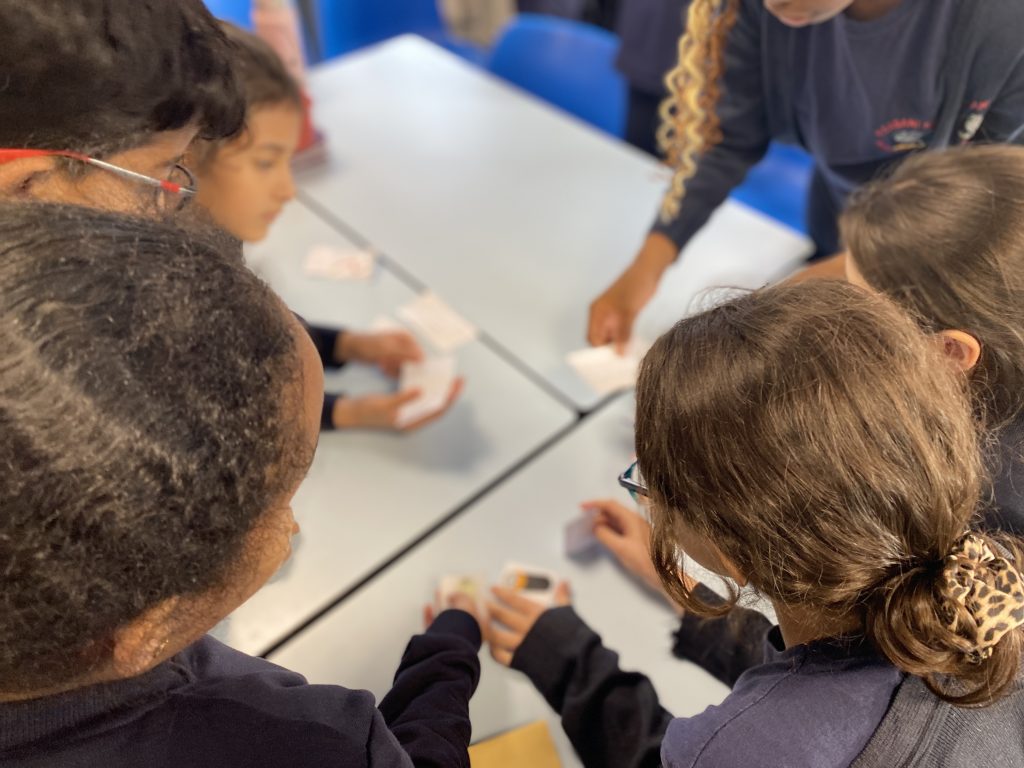
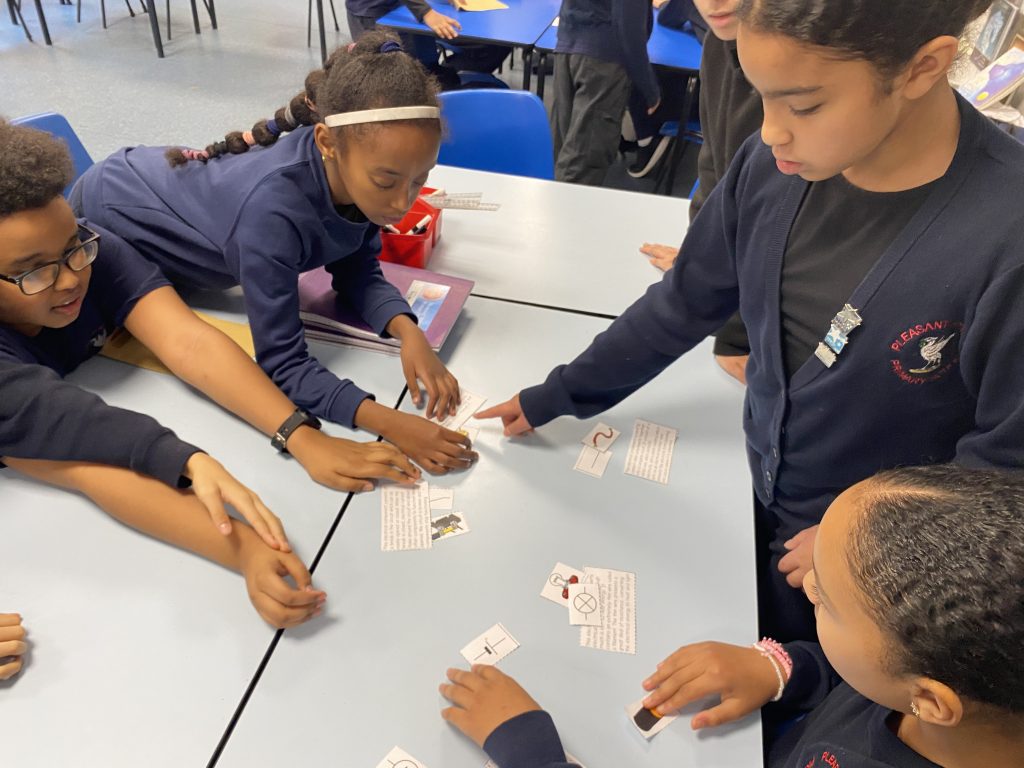

The children learned important facts this morning about brushing teeth and the dangers of sugar! Did you know after brushing teeth you should spit not rinse your mouth out? The class even danced for the duration of teeth brushing! Well done sugar detectives!
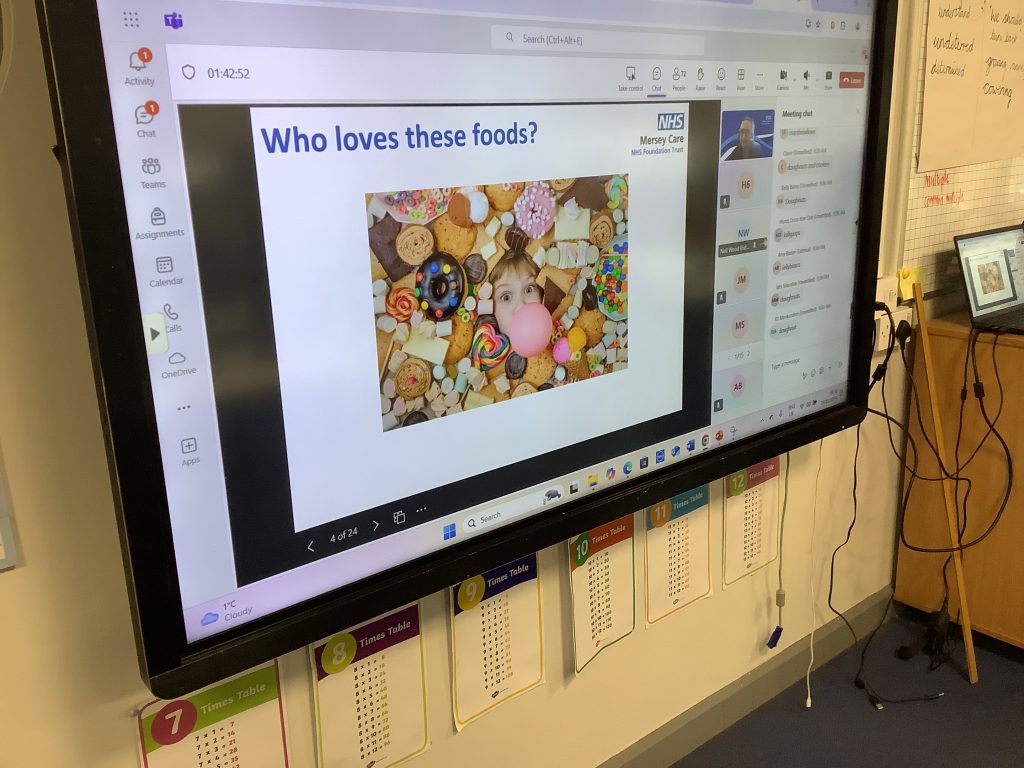
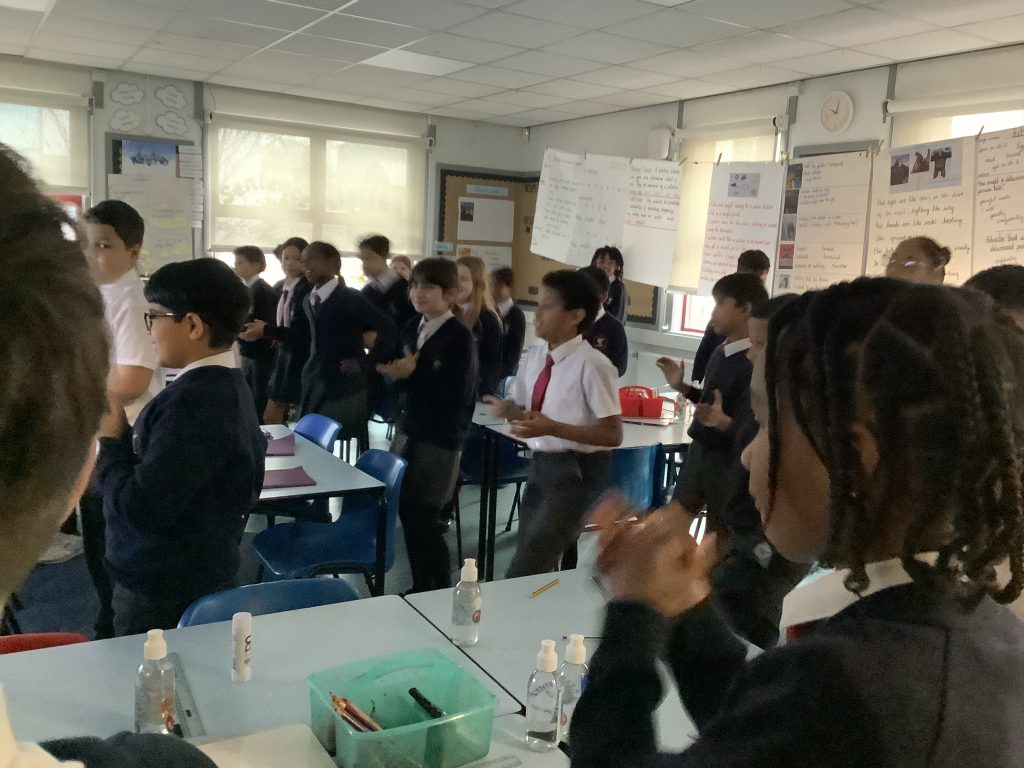
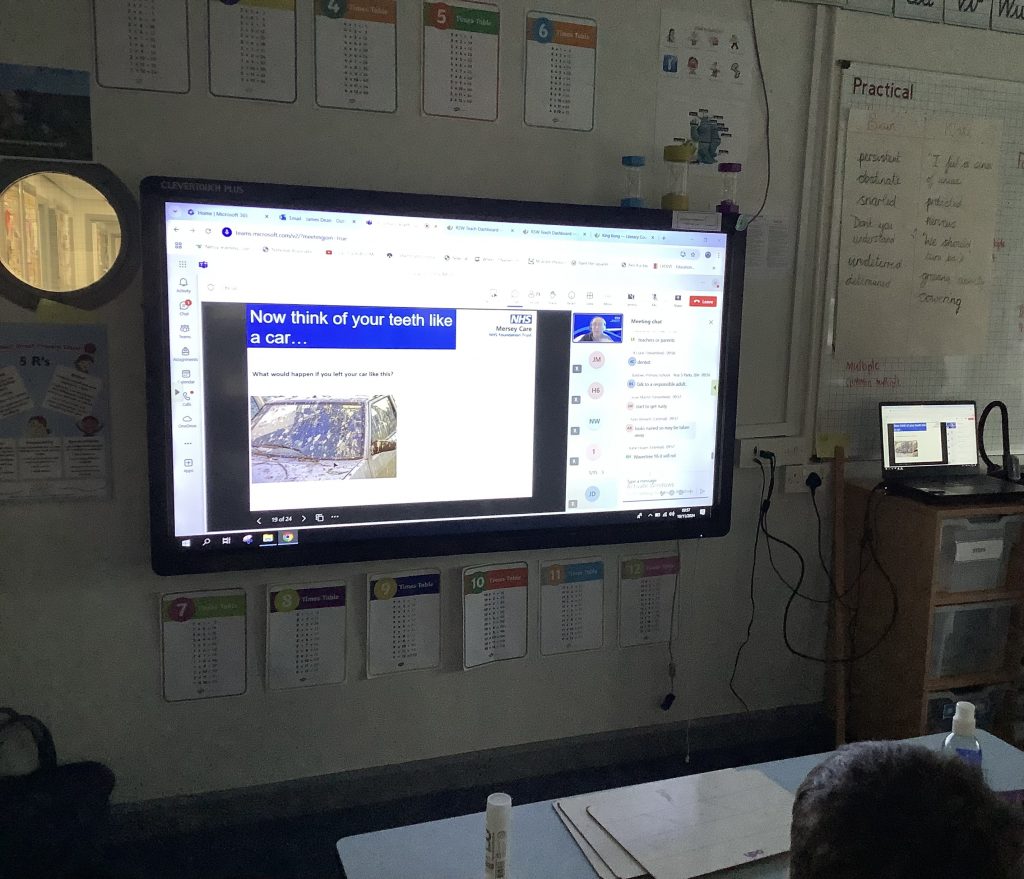


Y6 enjoyed some spooky science lessons at Liverpool University this week, making potions, finding out about anti-bodies, observing bugs under microscopes and finding out about proteins. We loved the hands-on sessions with the experts!
161
Class 5 enjoyed an exciting day of experiments at the University of Liverpool for a Spooky Science event. The children looked under microscopes, made potions, learned about antibodies and watched a dangerous experiment!
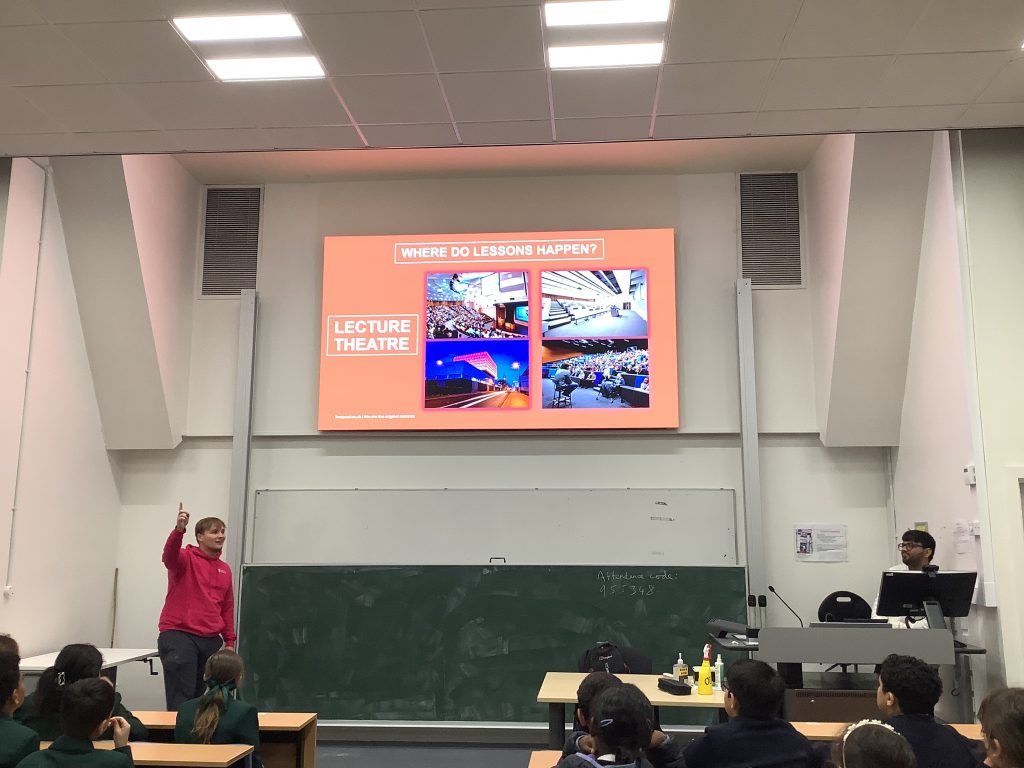
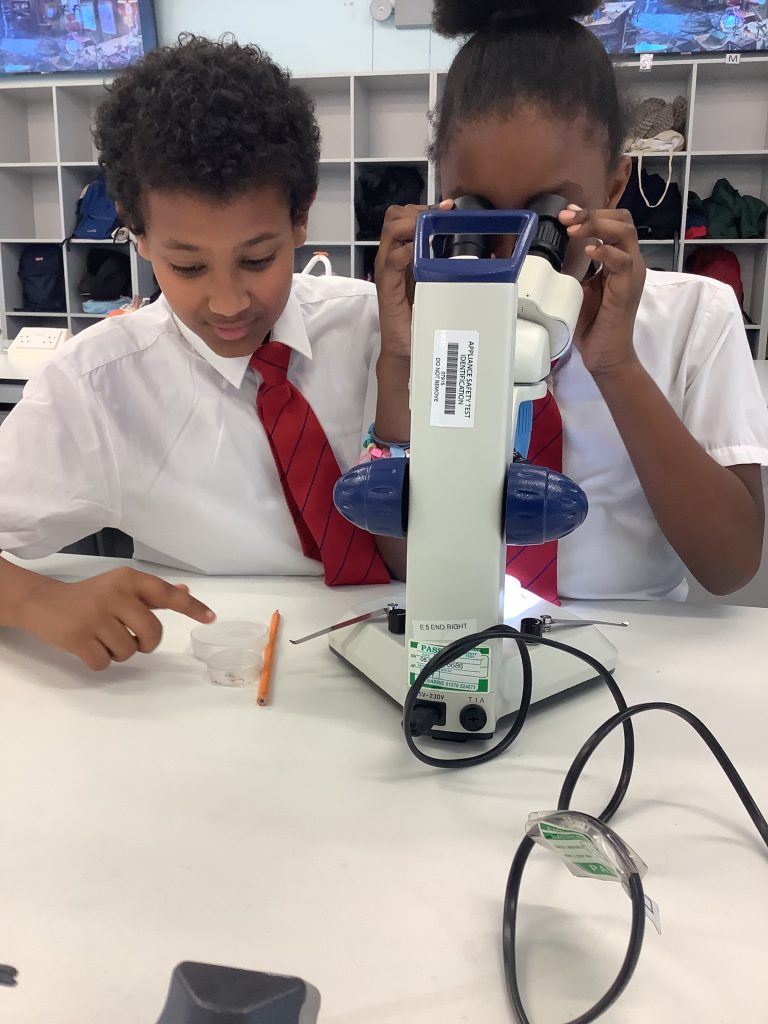
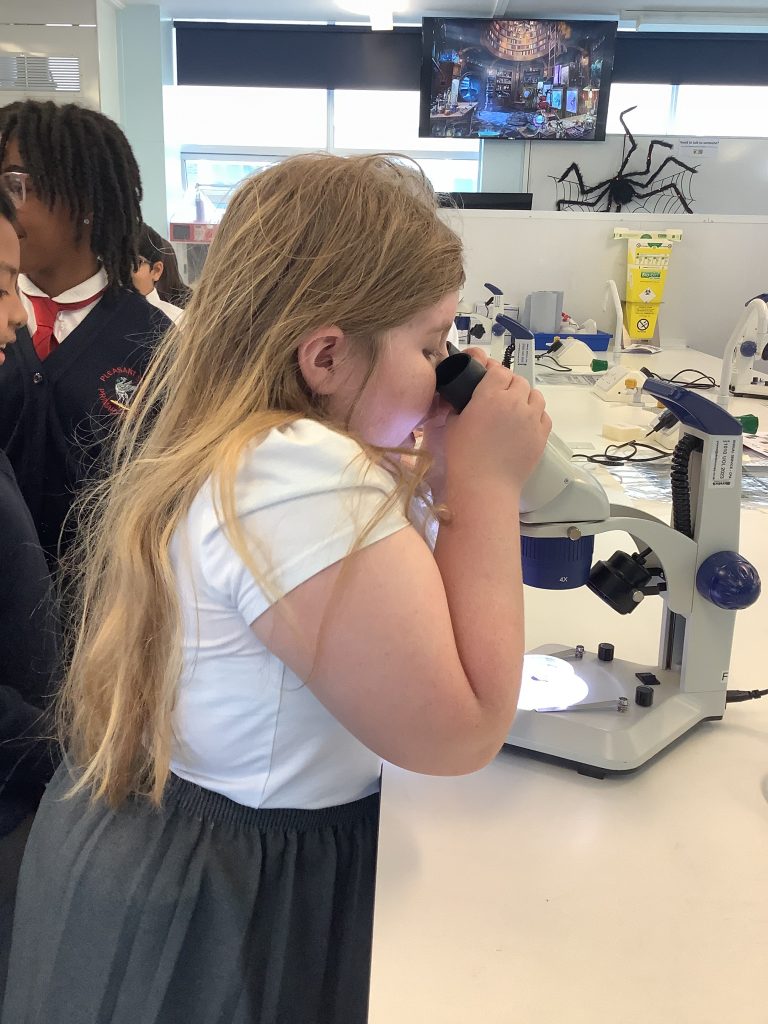
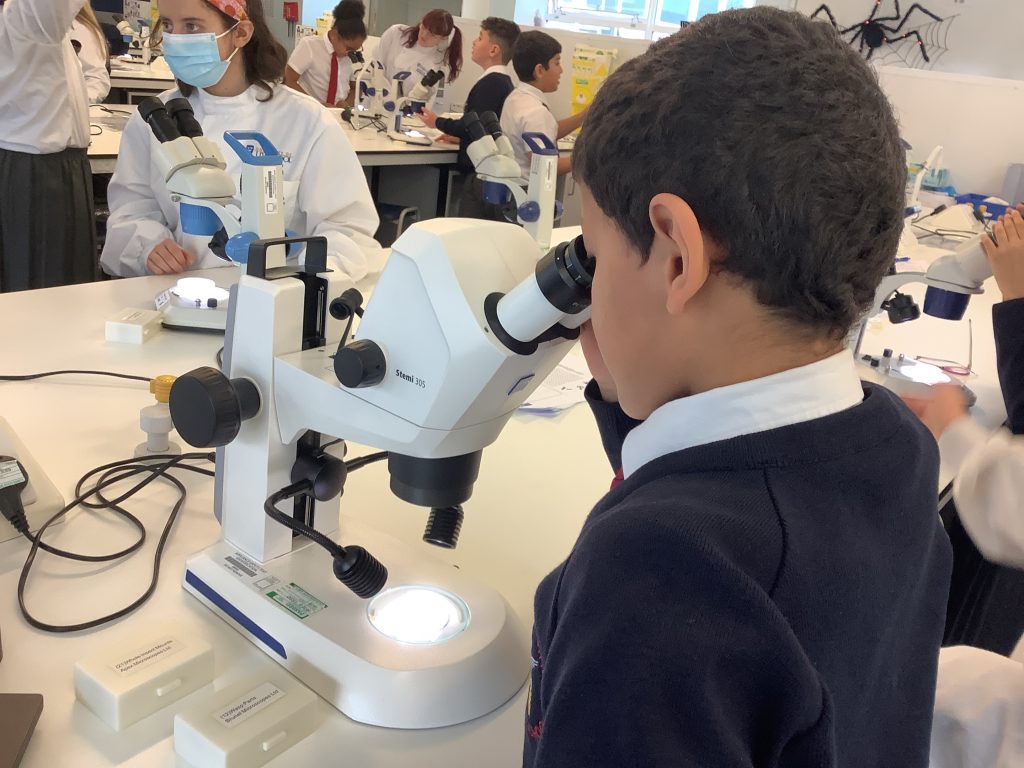
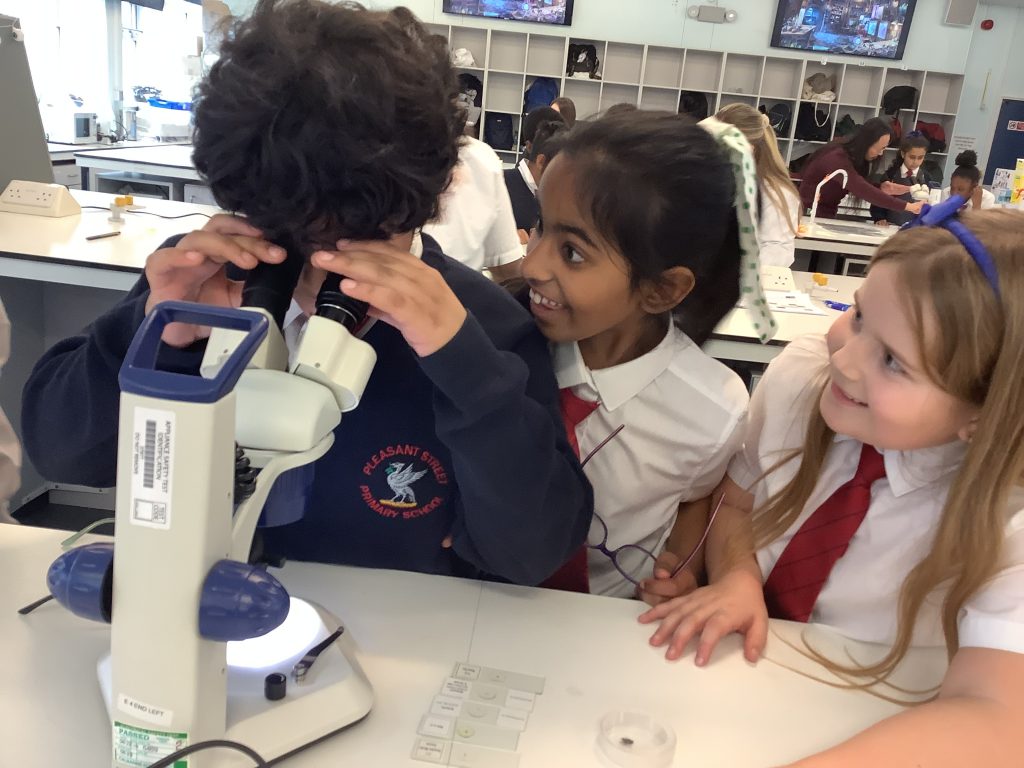
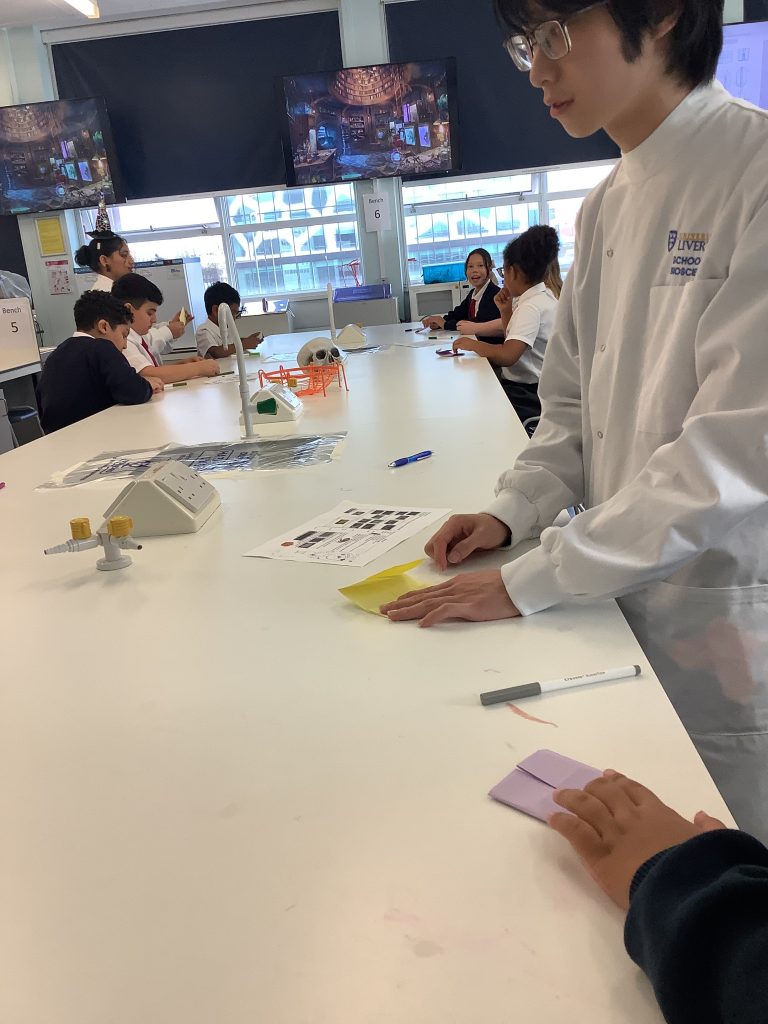
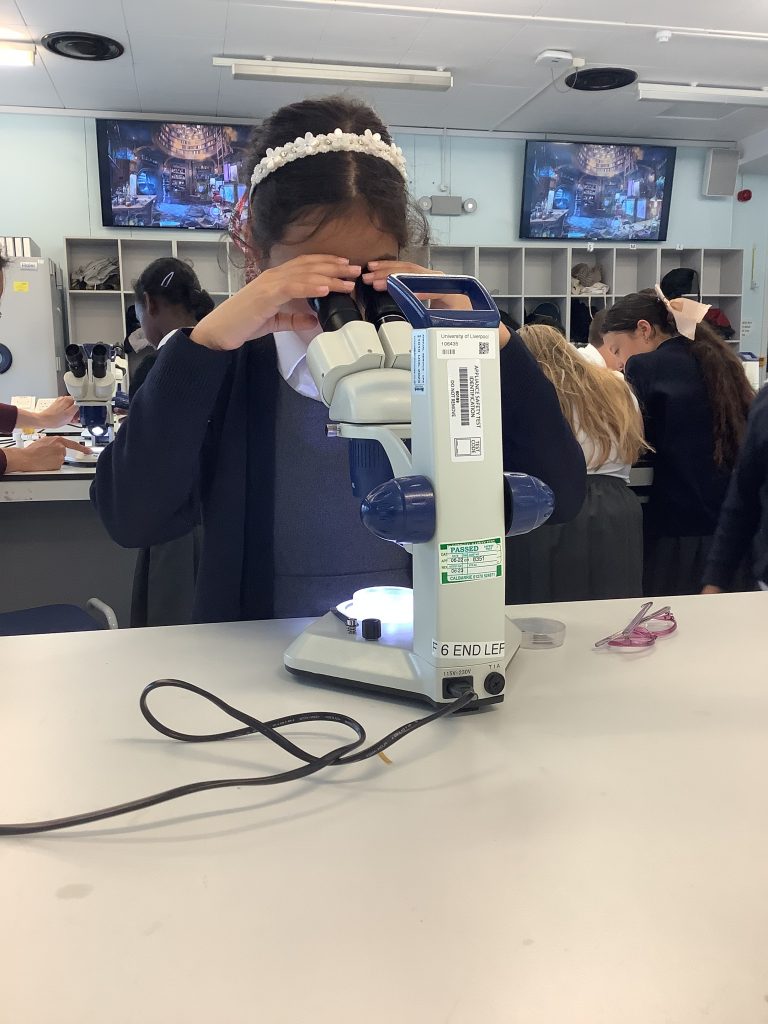
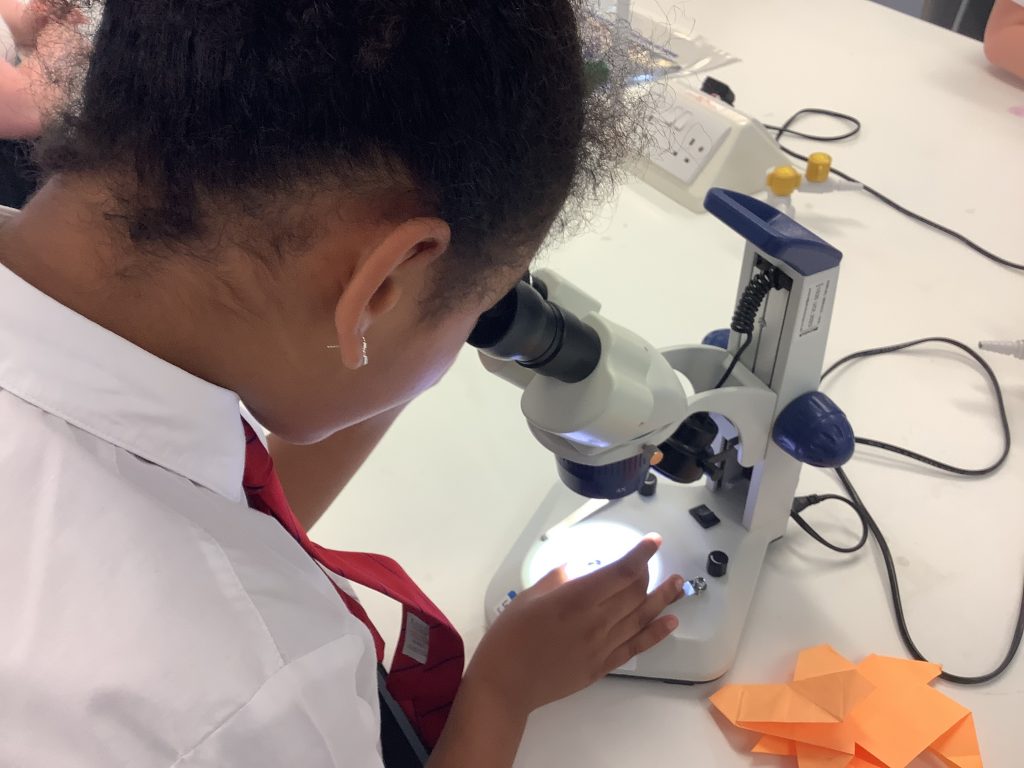
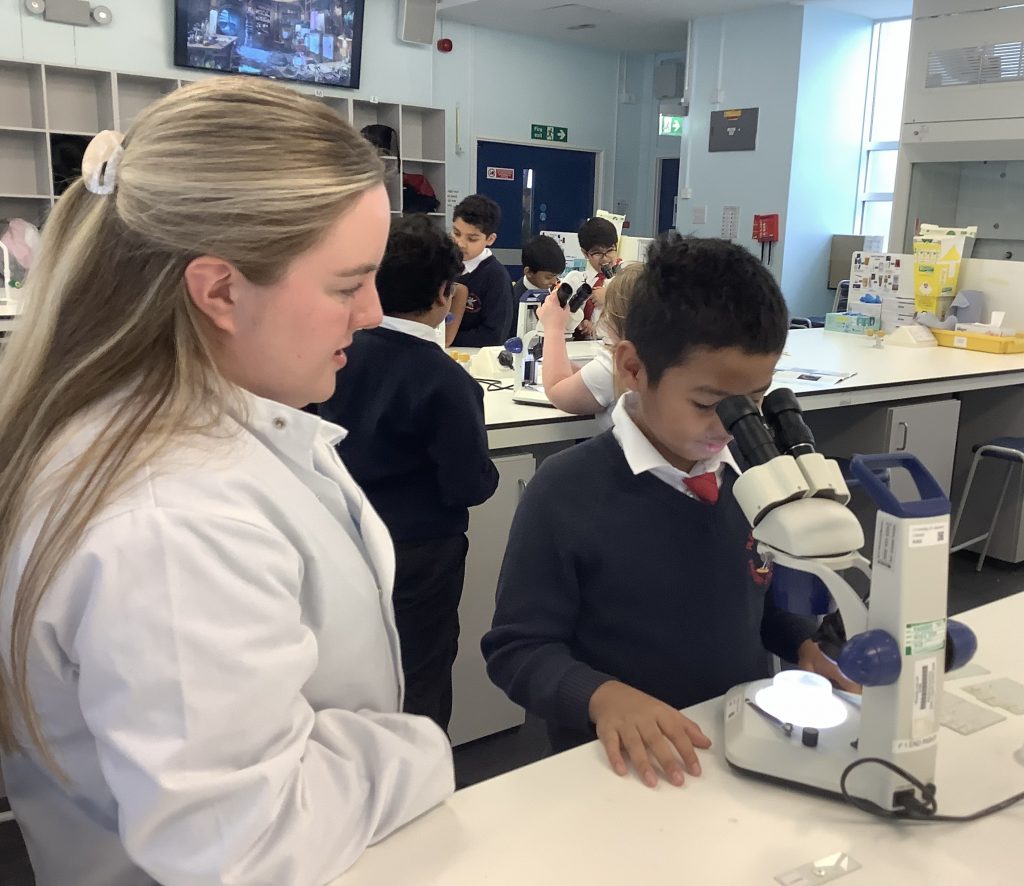
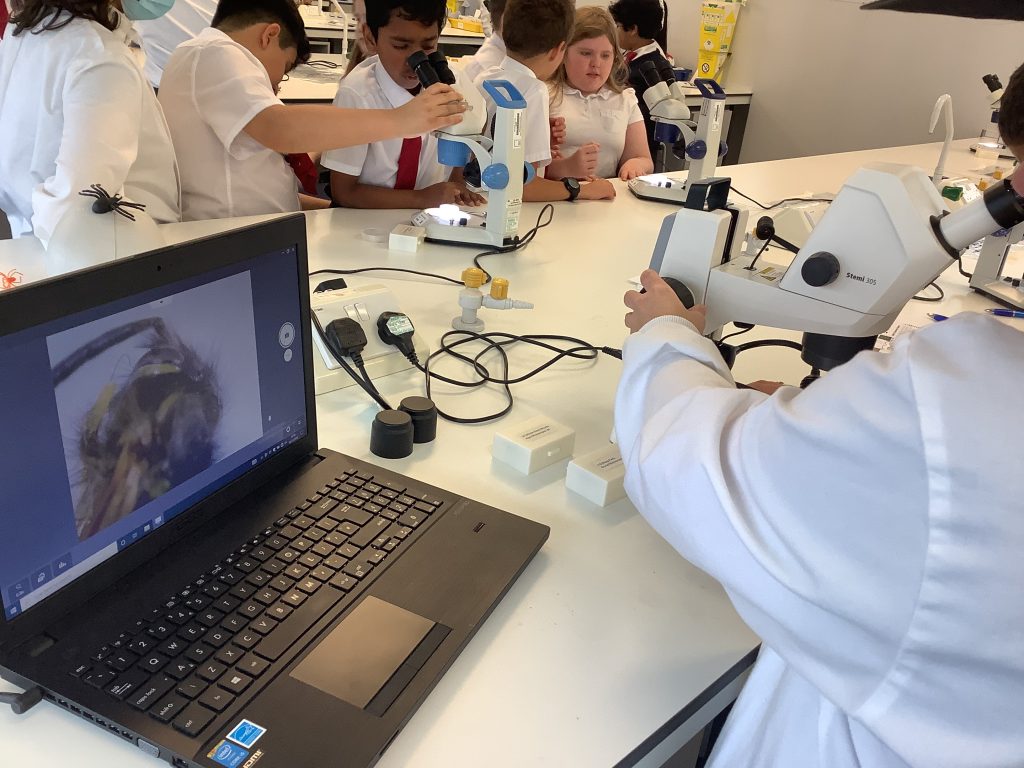
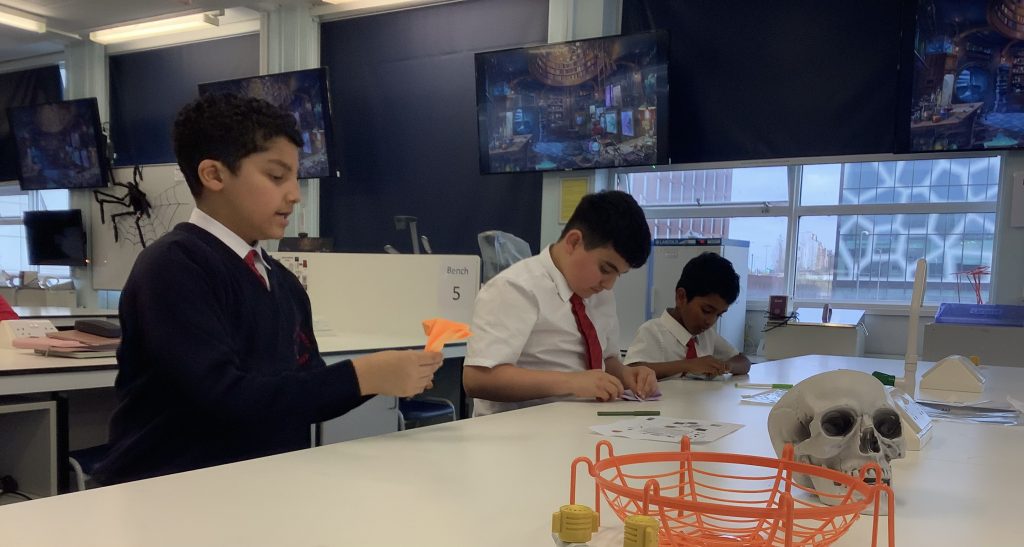
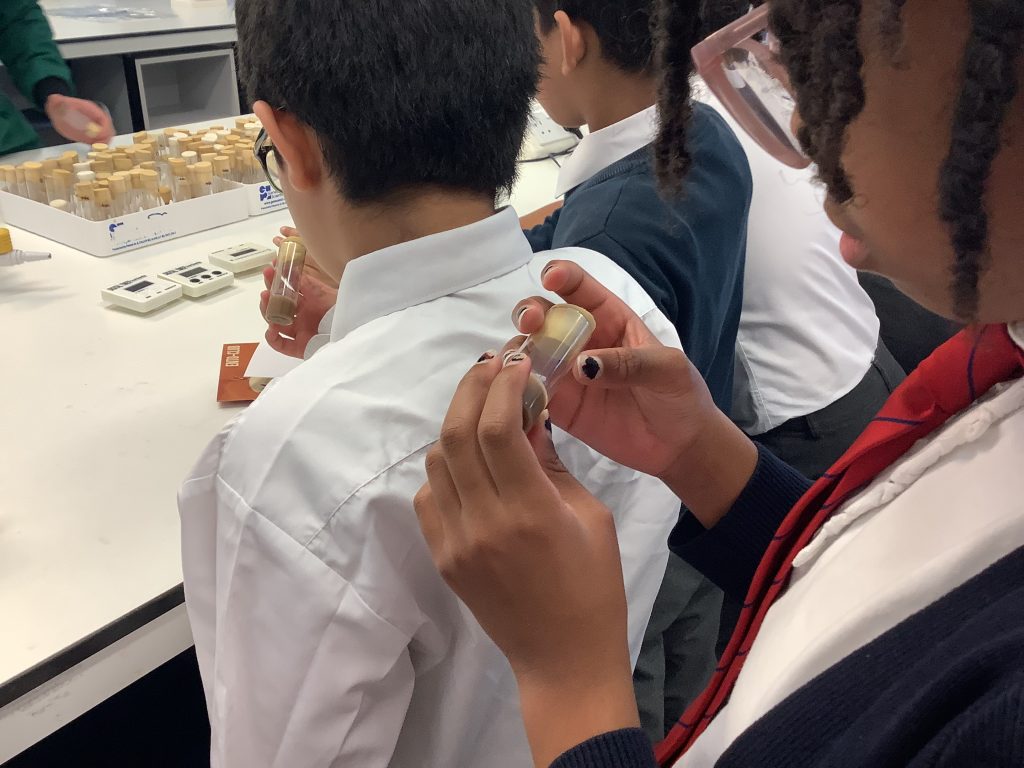
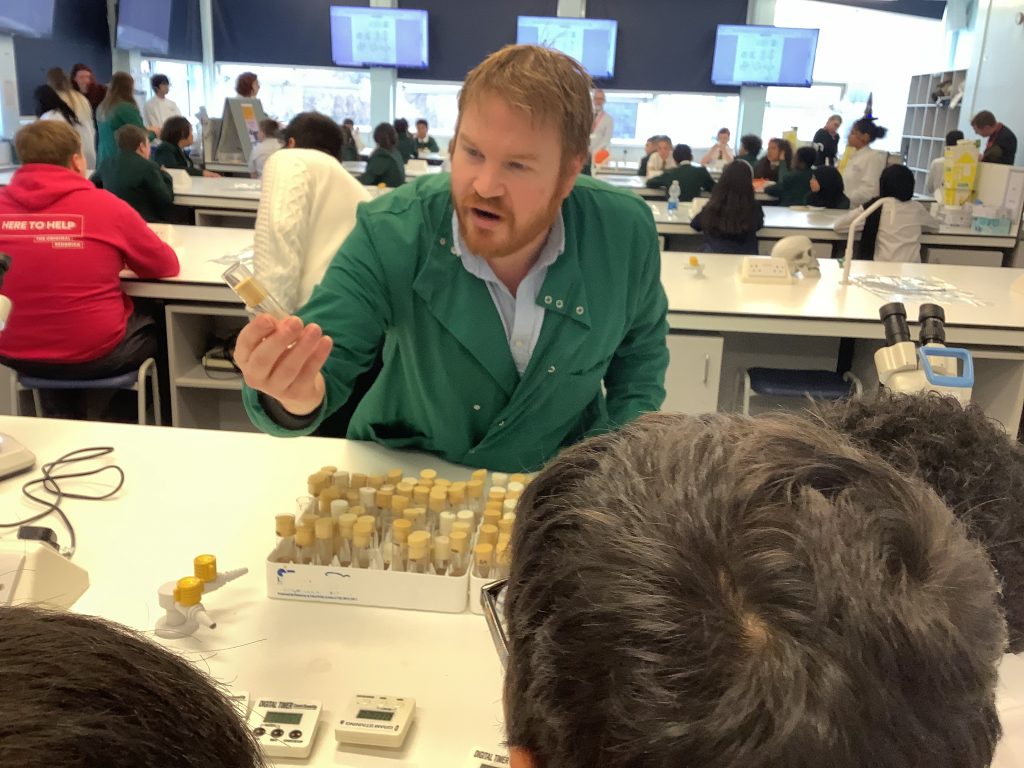
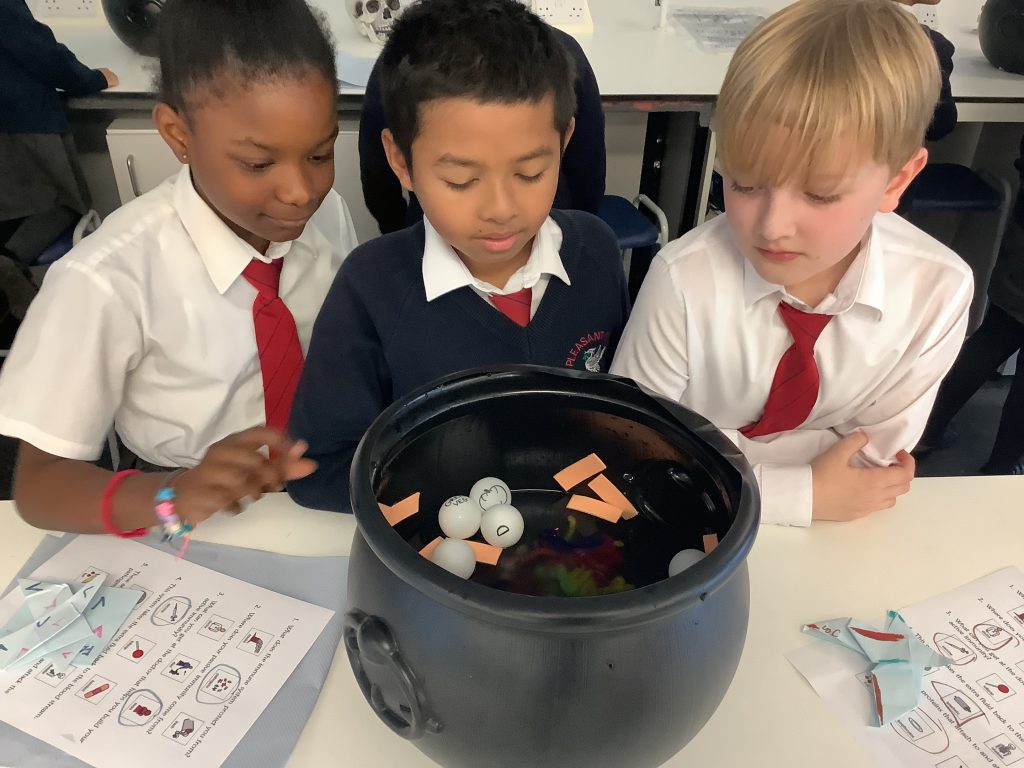
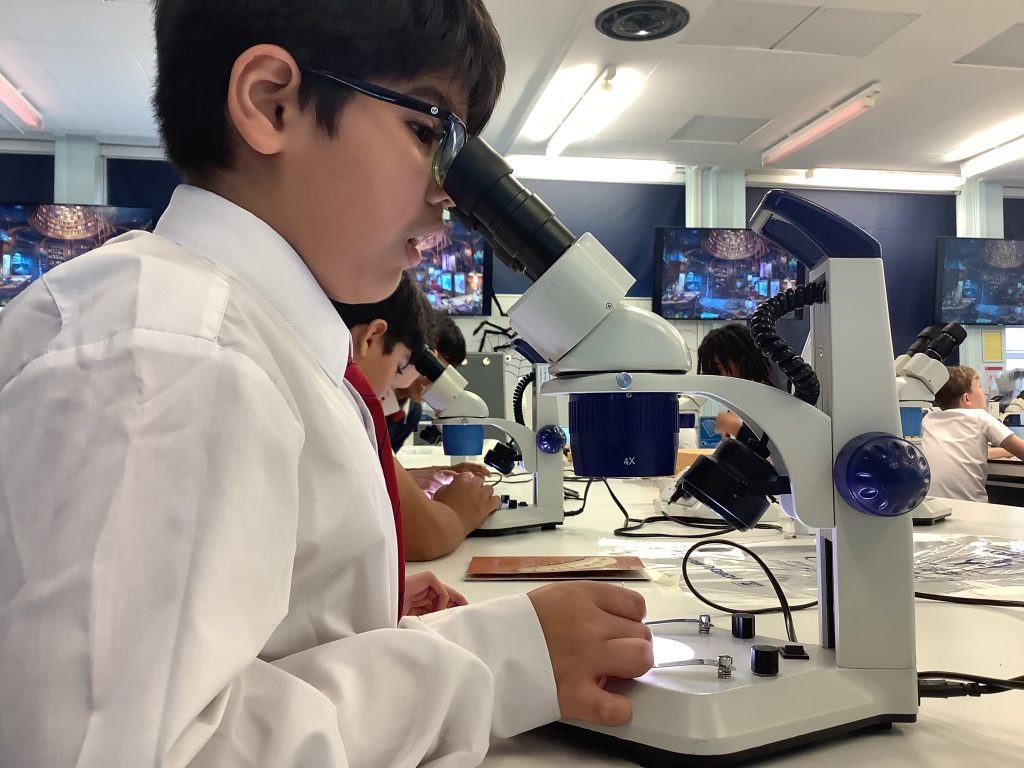
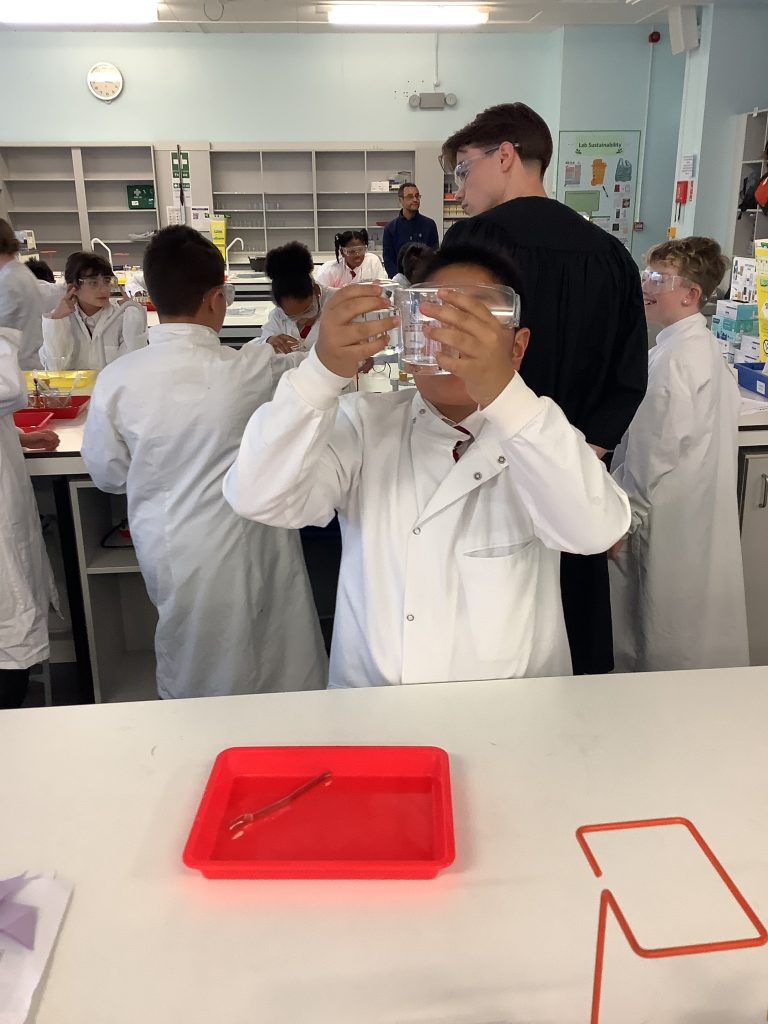
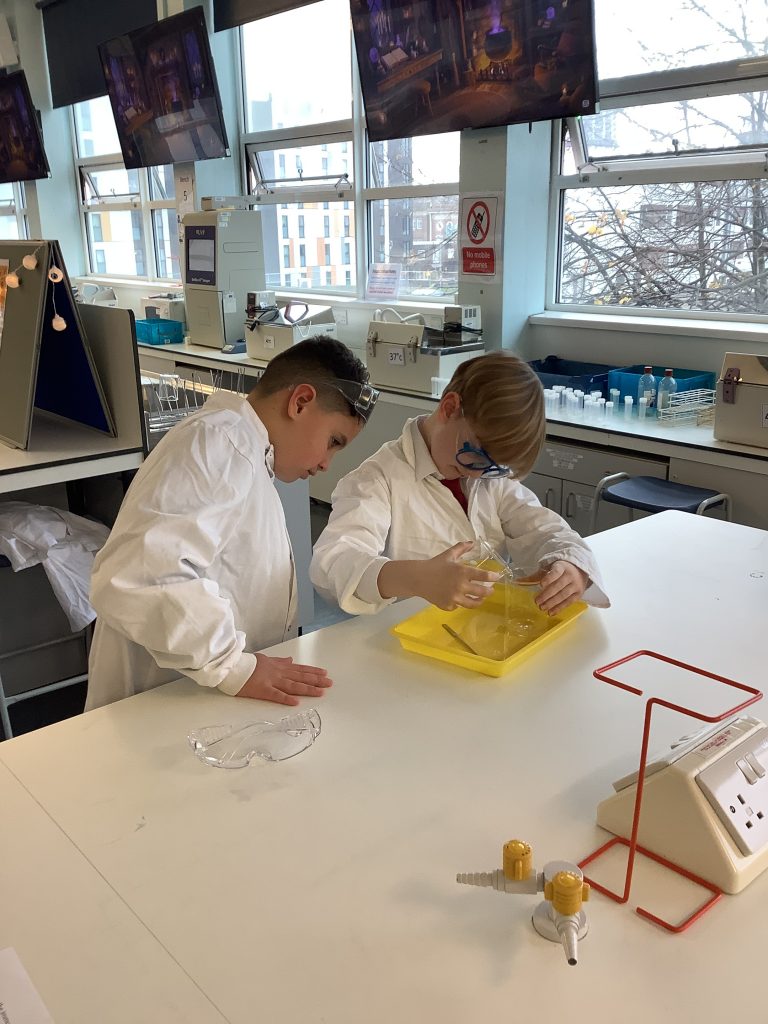
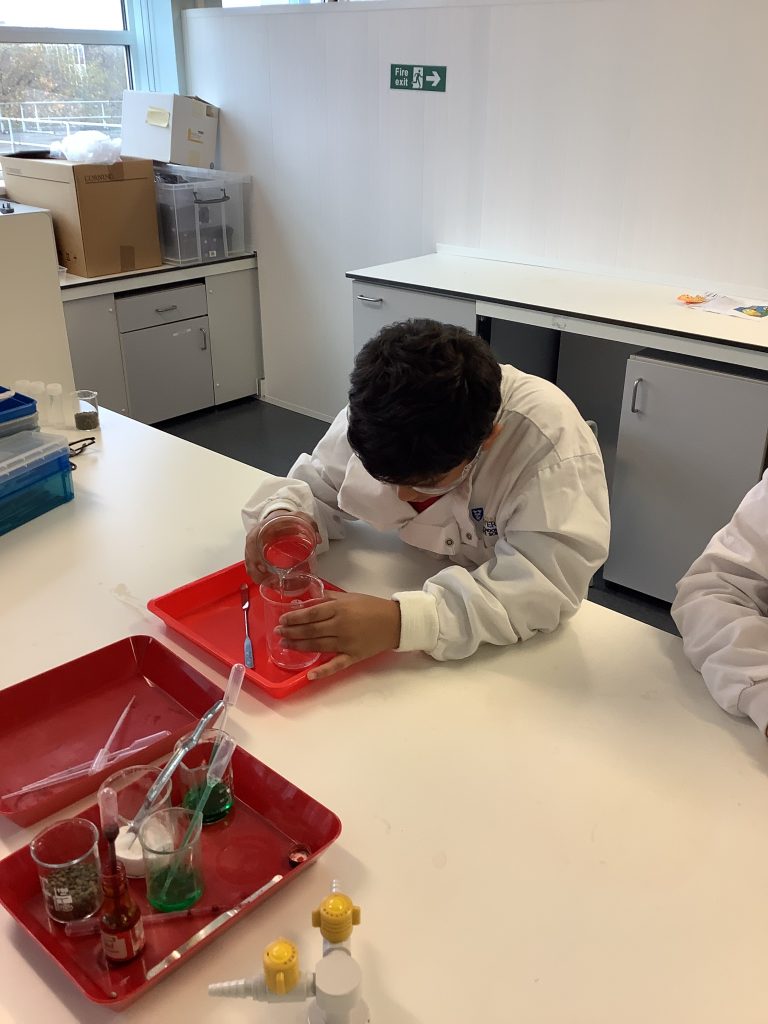
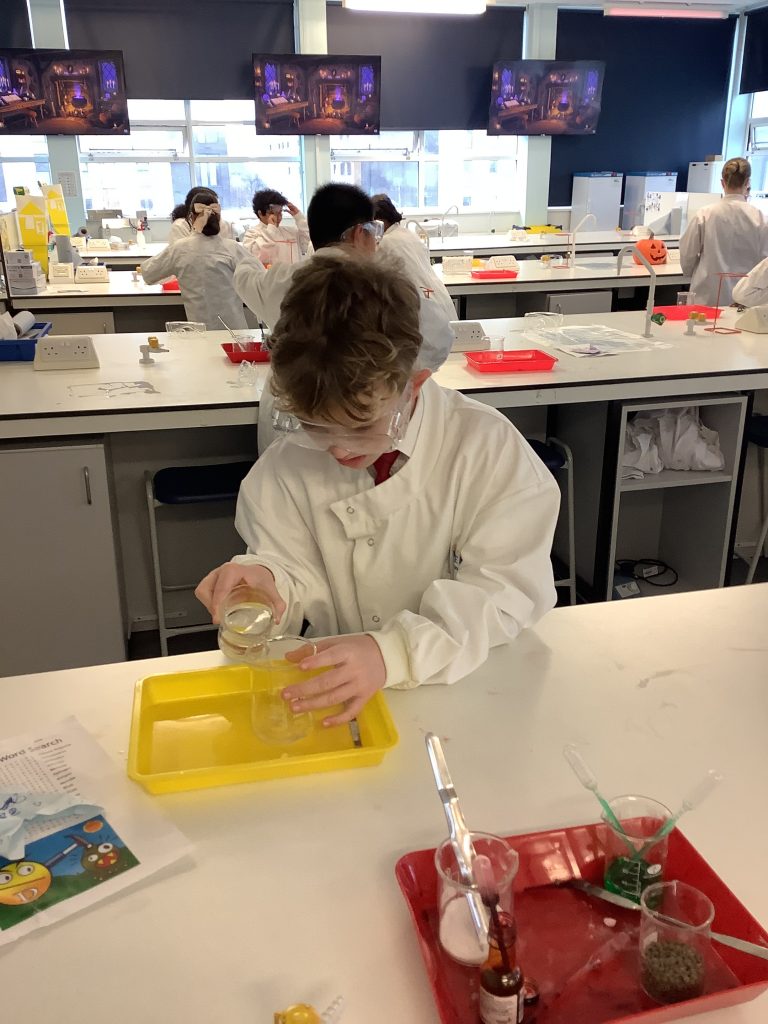
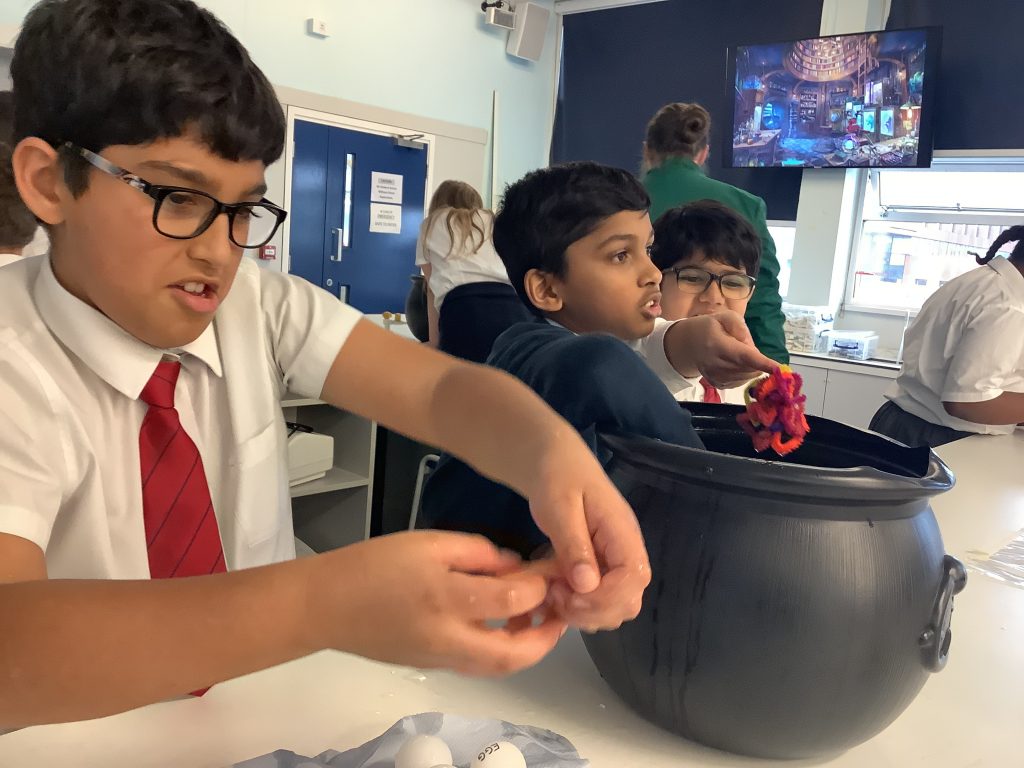
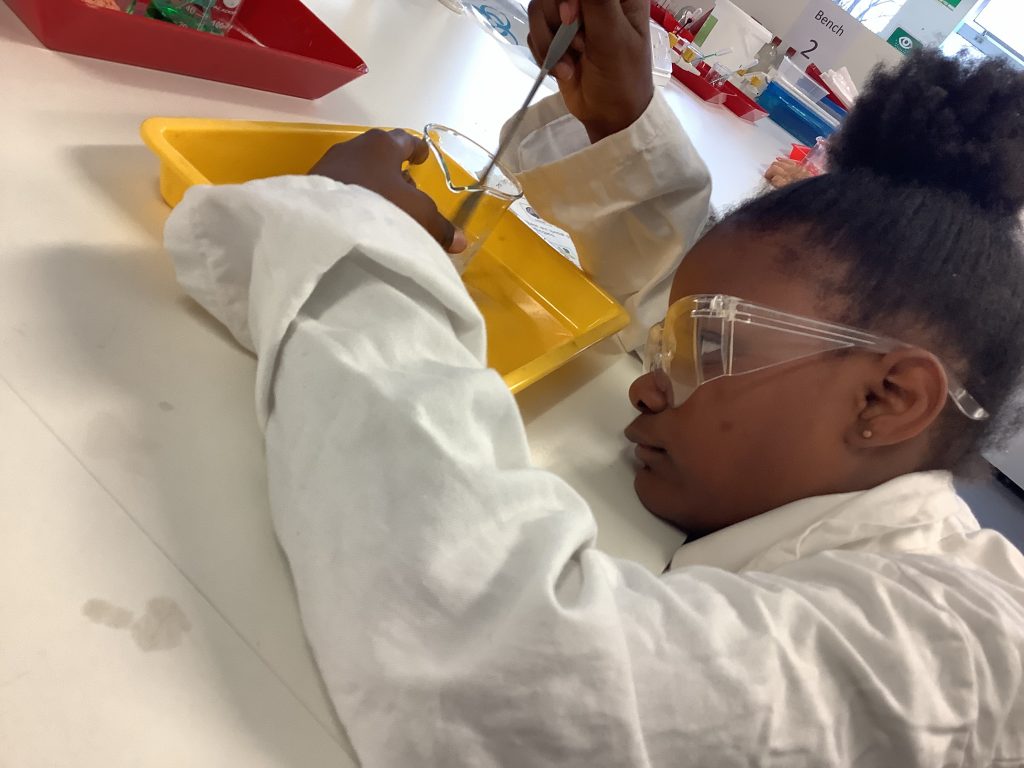
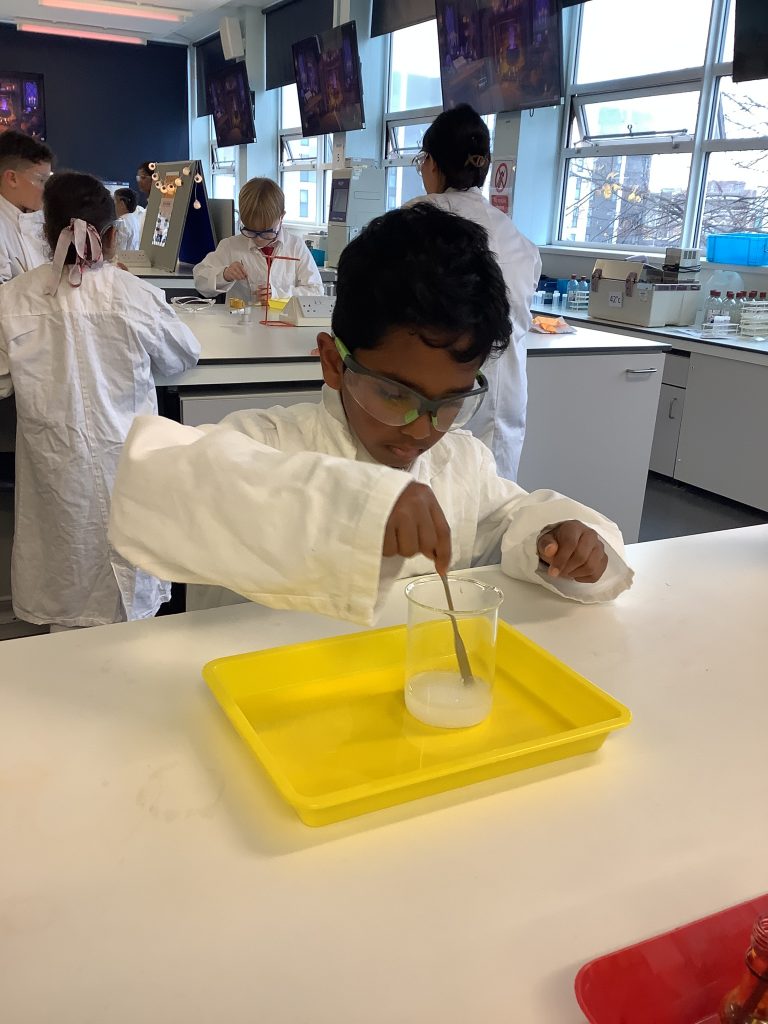
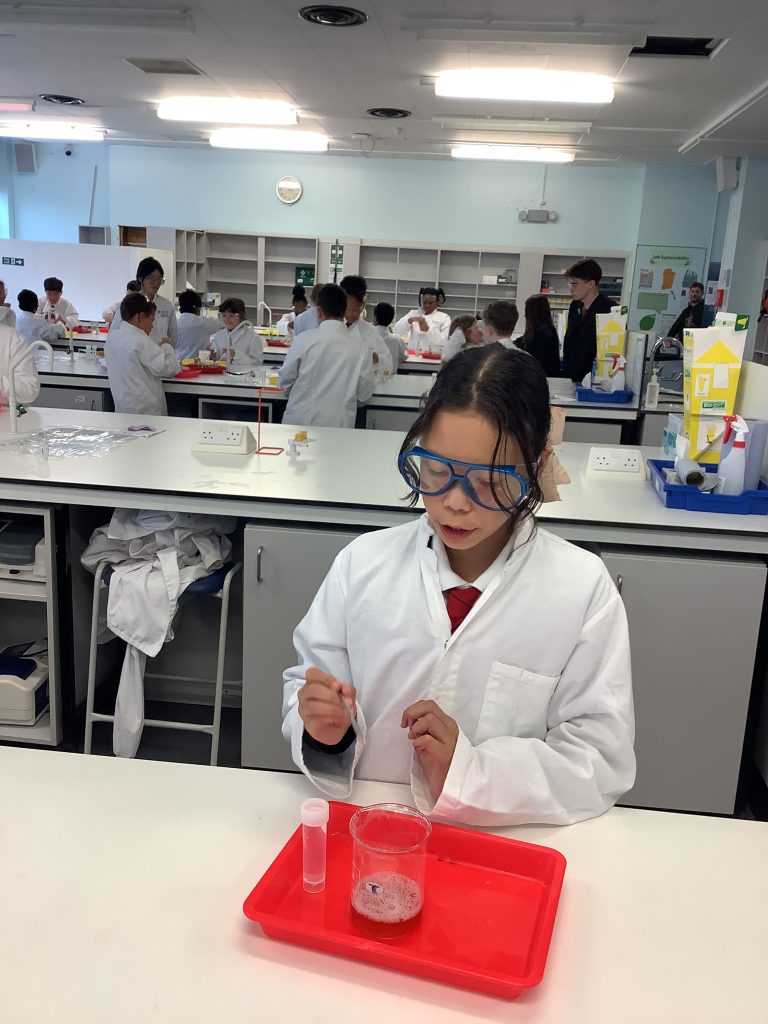
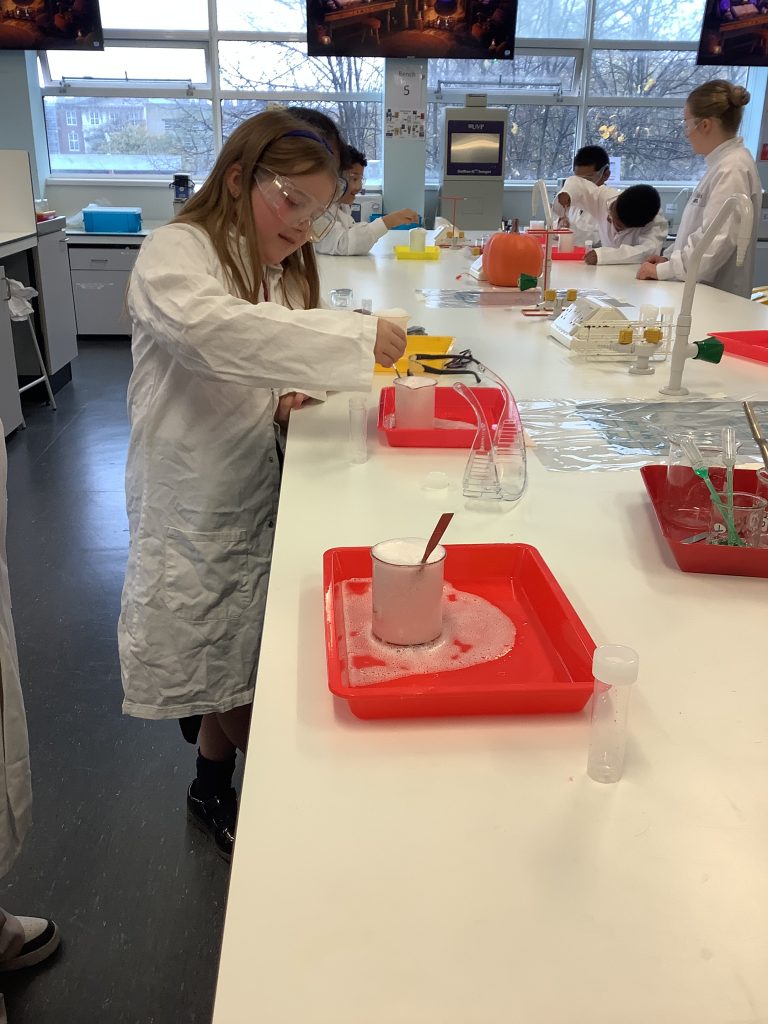
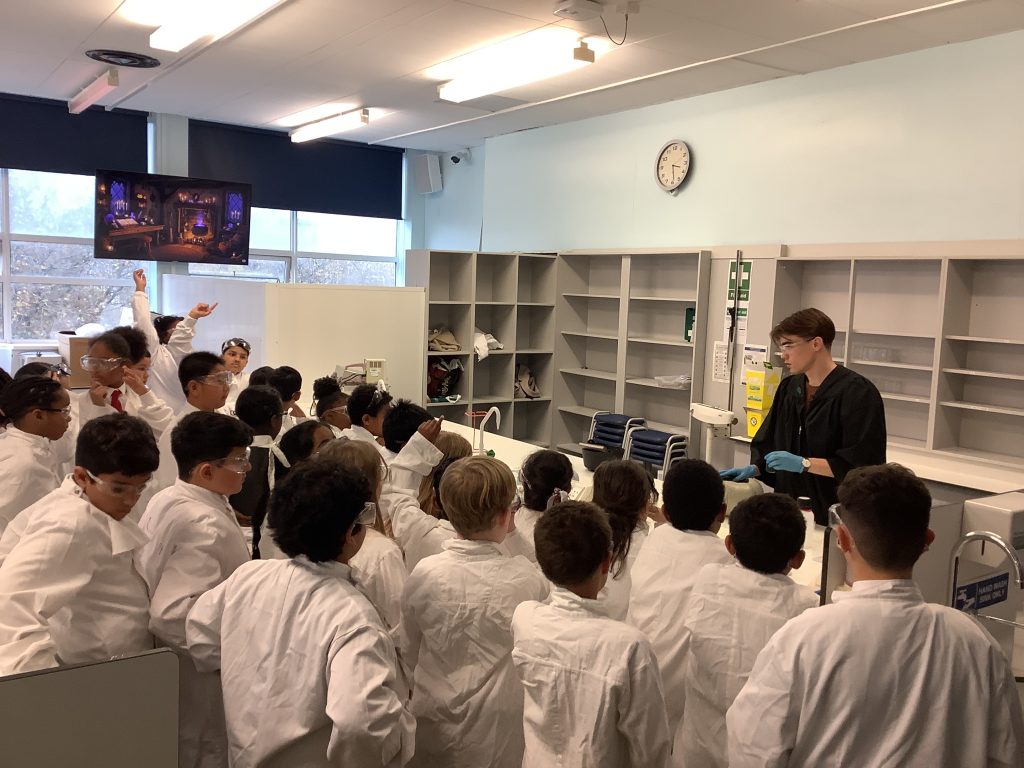


Reception enjoyed their pumpkin picking trip, this trip allowed children to have first hand experiences of life cycles, growth and discuss their prior learning. They were able to recognise the pumpkin seeds and flowers before choosing a variety of pumpkins to take back to school. They also had the opportunity to pick some corn which we will cook and eat 🌽.
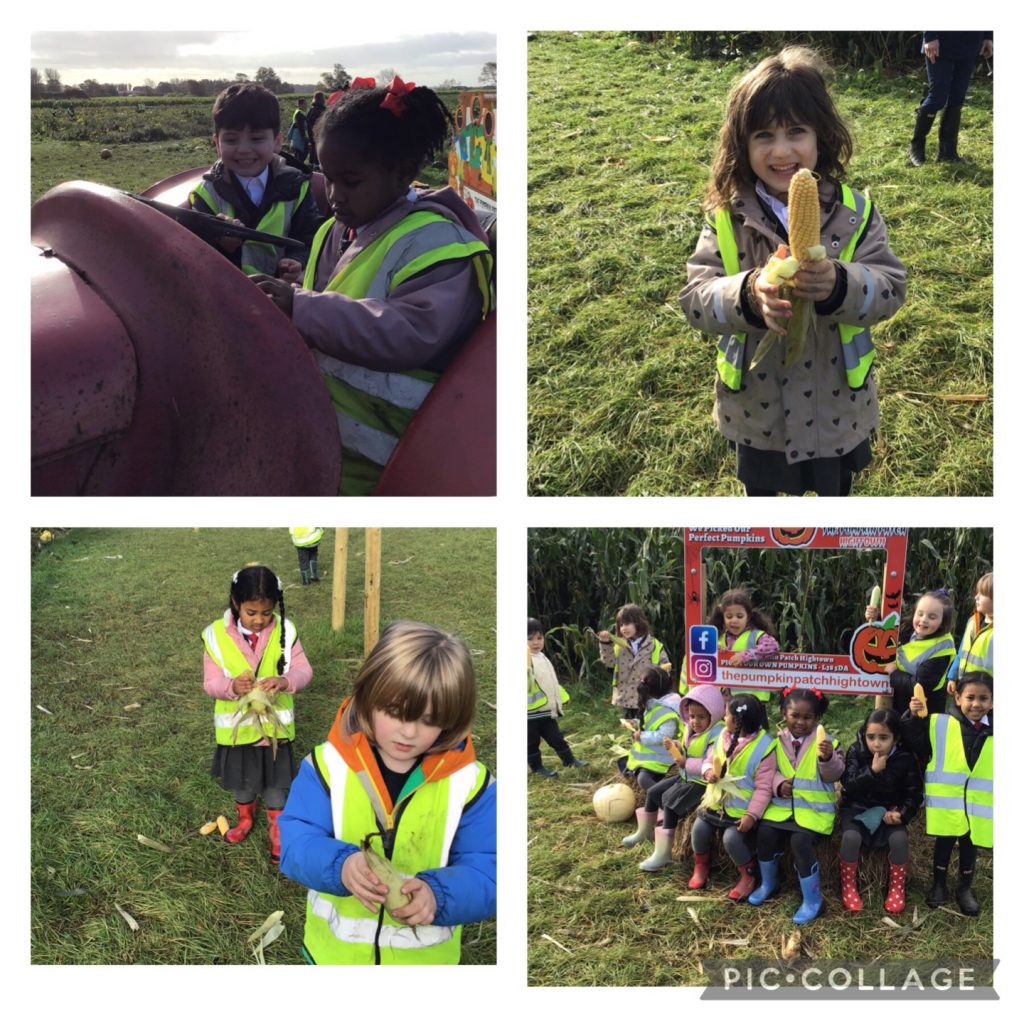
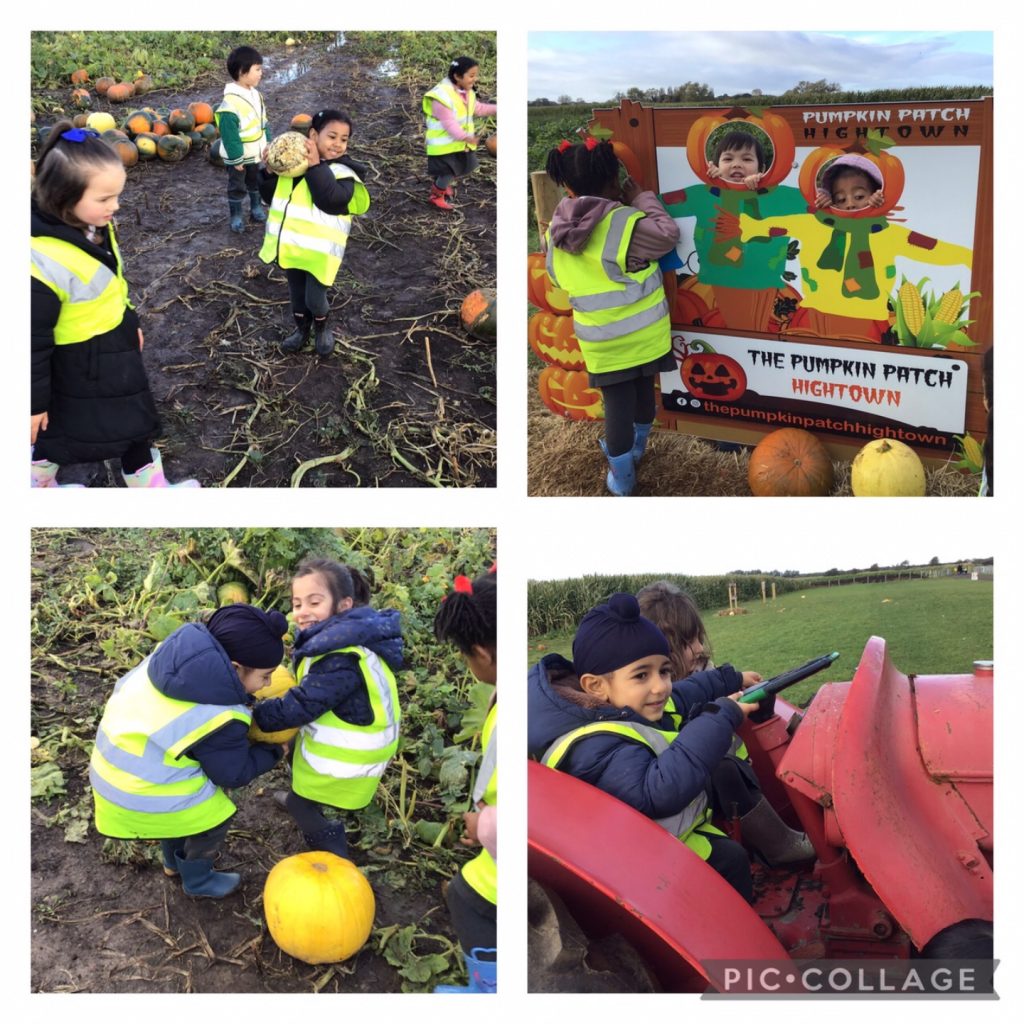
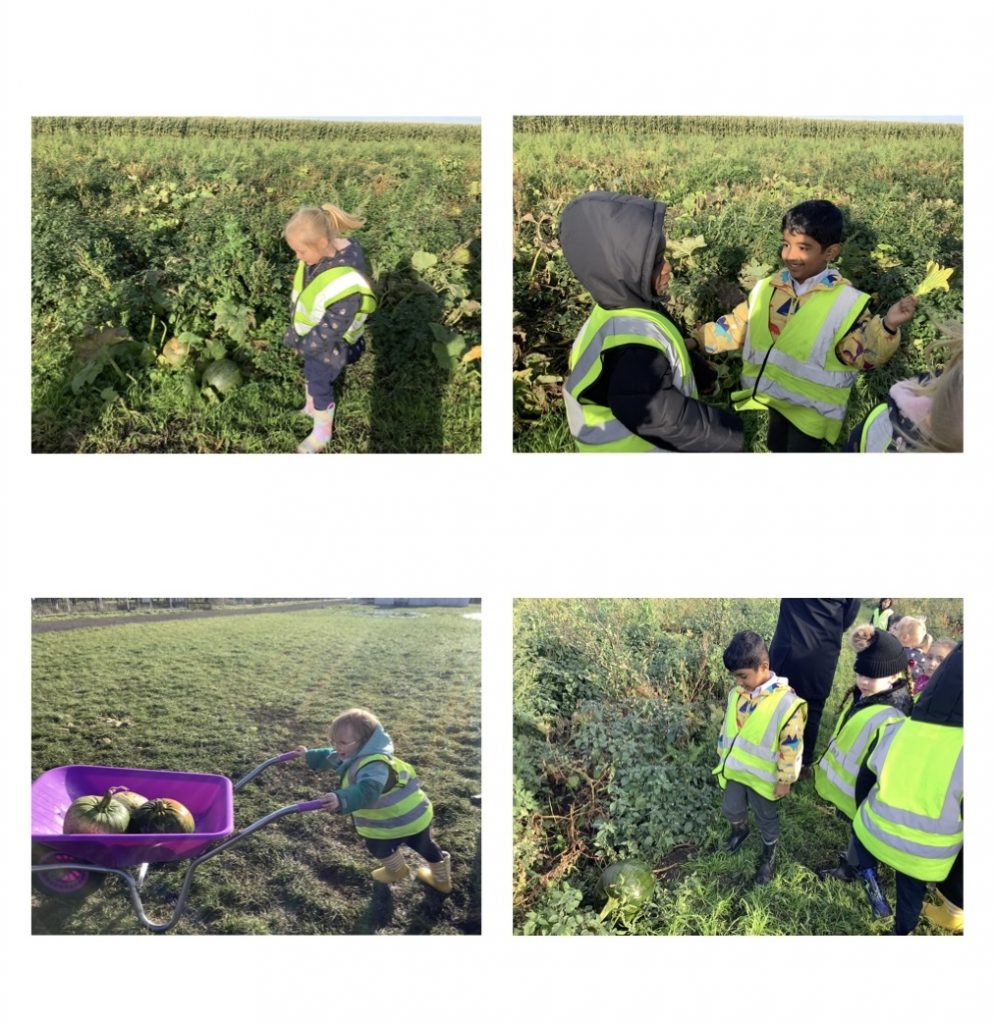
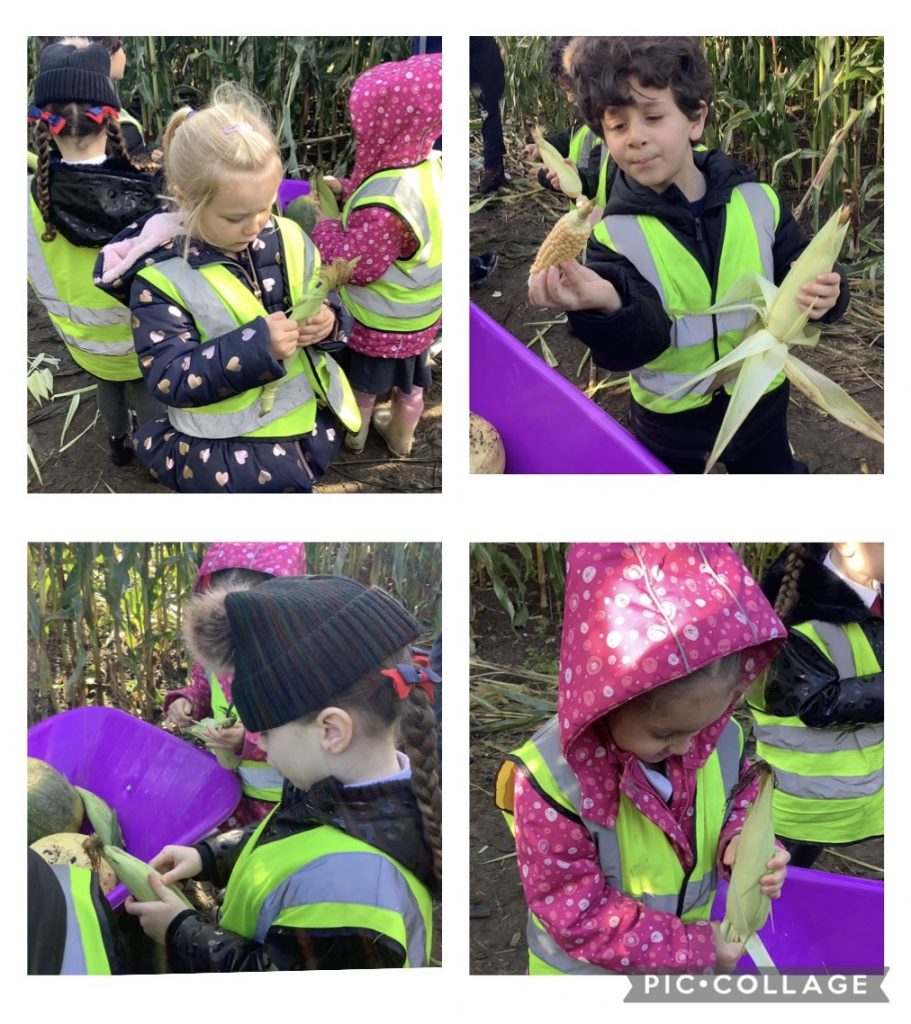

We filtered a mixture of sand and water using a funnel and filter paper and when we poured the sand into the filter paper we were left with a sand residue.
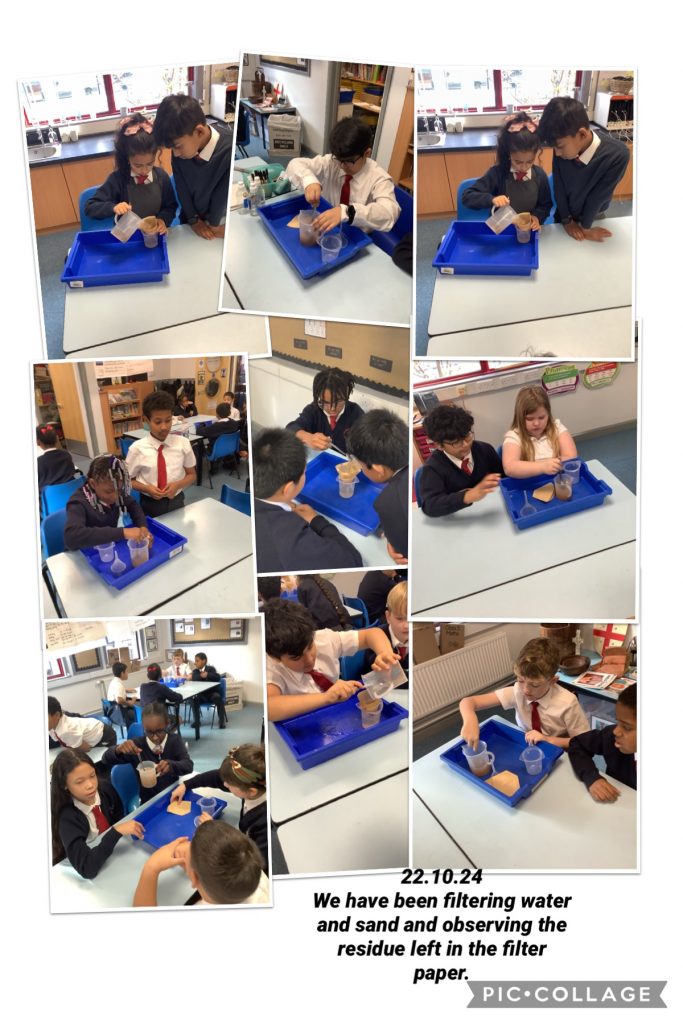

In class we watched a clip about the famous scientist Mary Anning .
45
Today, class 6 had a great discussion about white blood cells, red blood cells, platelets and plasma and the roles they play in our body.
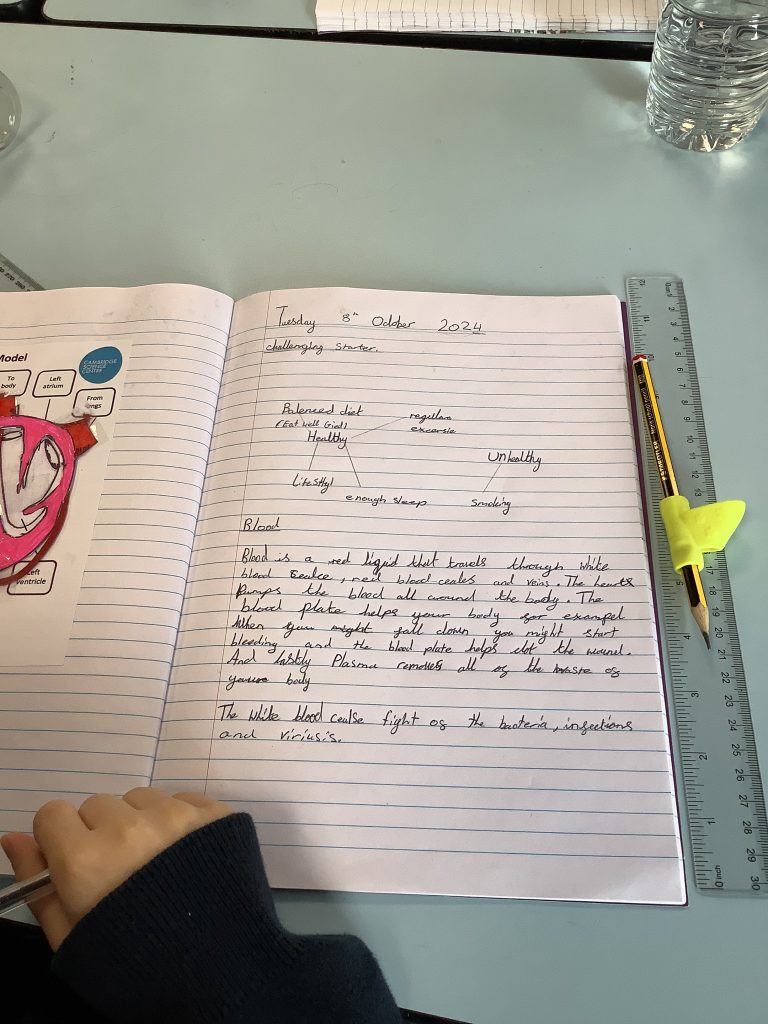
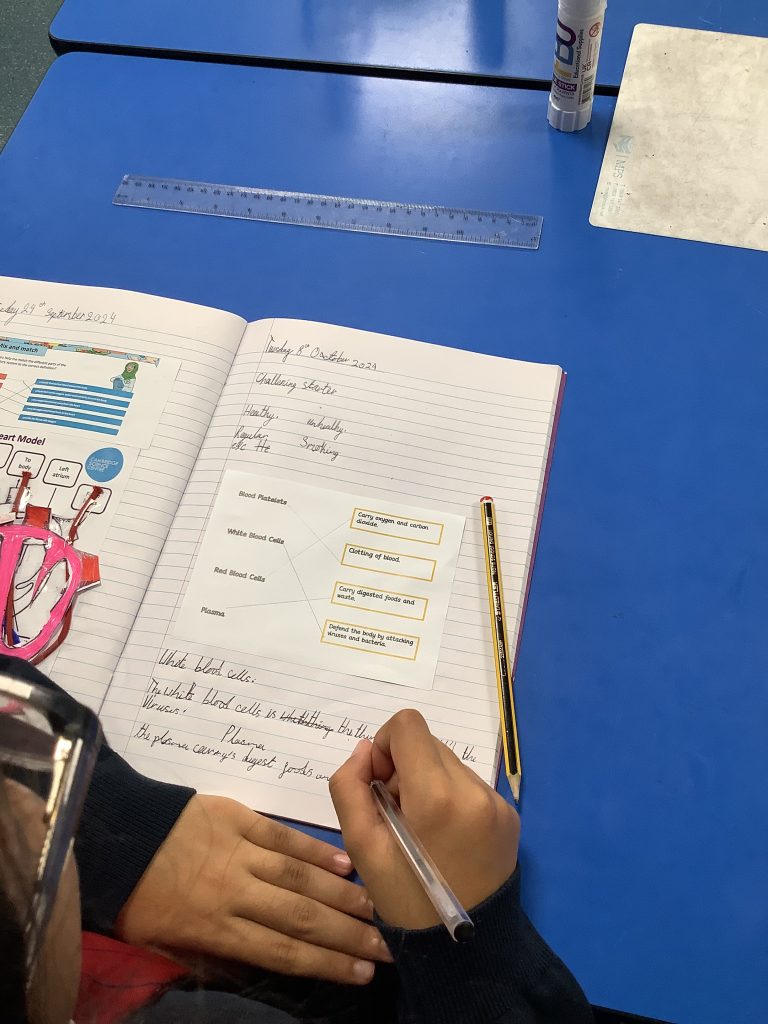
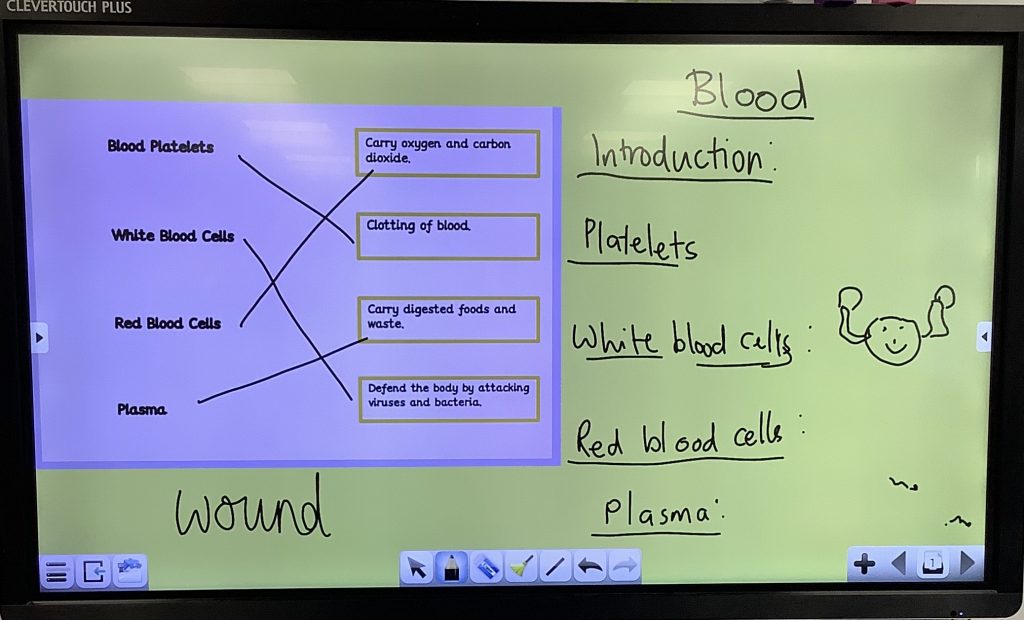

Reception have been exploring seasonal changes this week, they have discussed about the season of autumn and what changes. Outside Reception loved looking for autumn leaves that have fallen from the trees. To further explore this we created faces out of autumn natural resources and used cotton buds to create autumn pictures.
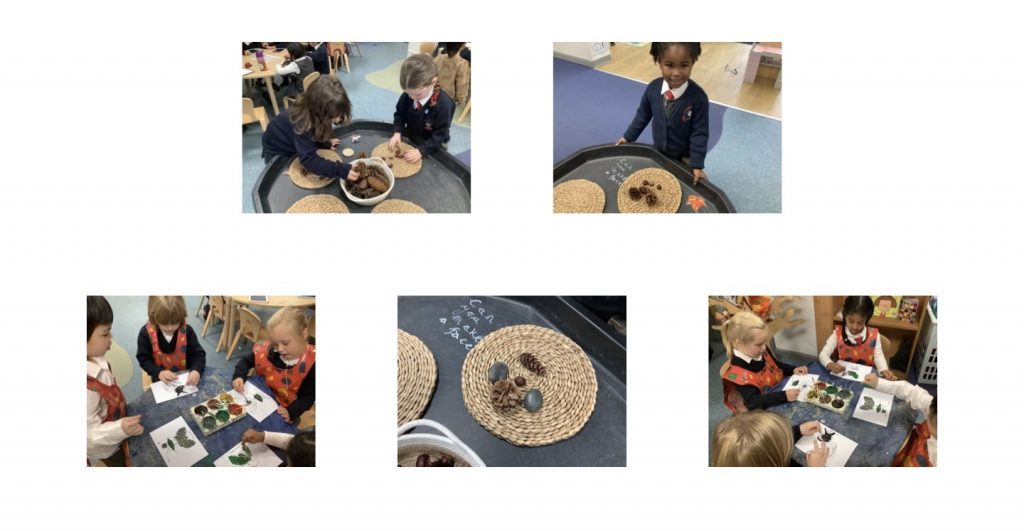

In science, class 5 have been investigating what happens when we add salt to water to make a salt solution and what happens when we add too much salt. We looked at what soluble and insoluble means.
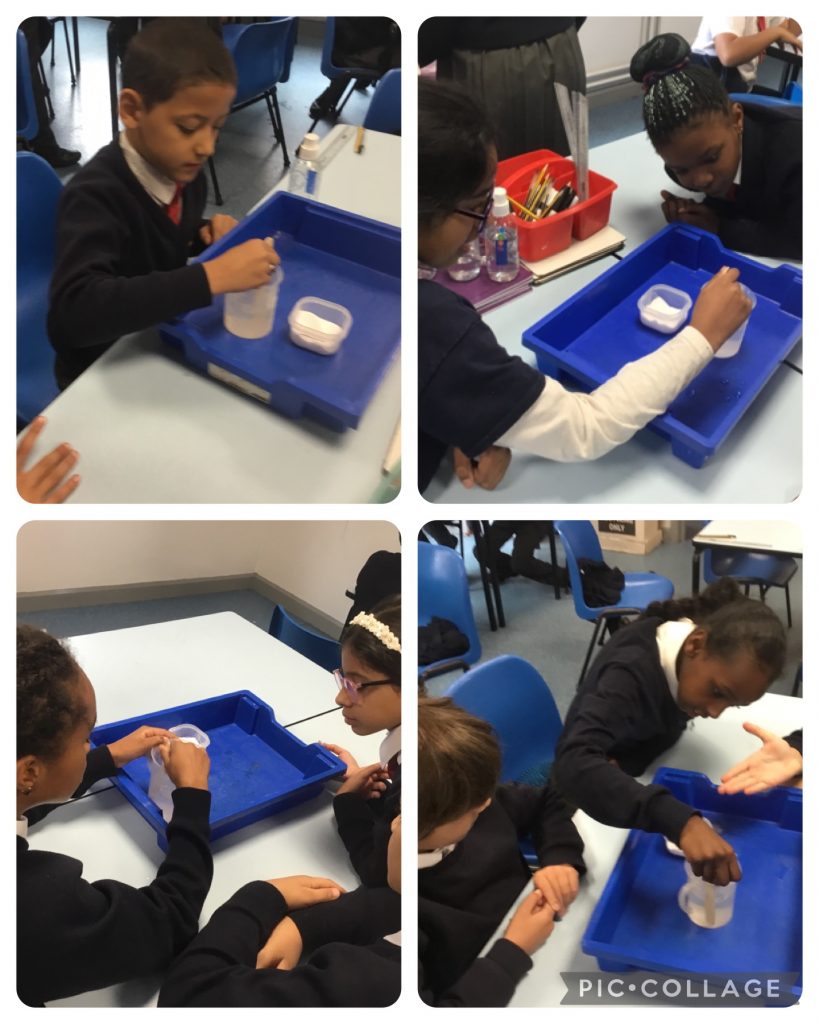

We’re all heart in science this week. We can demonstrate how the heart and lungs carry oxygenated and deoxygenated blood back and forth around the body. We also had a closer look at the heart using lambs hearts and successfully identified the veins and arteries. We also carried out experiments to show how the blood coagulates to help our cuts heal.
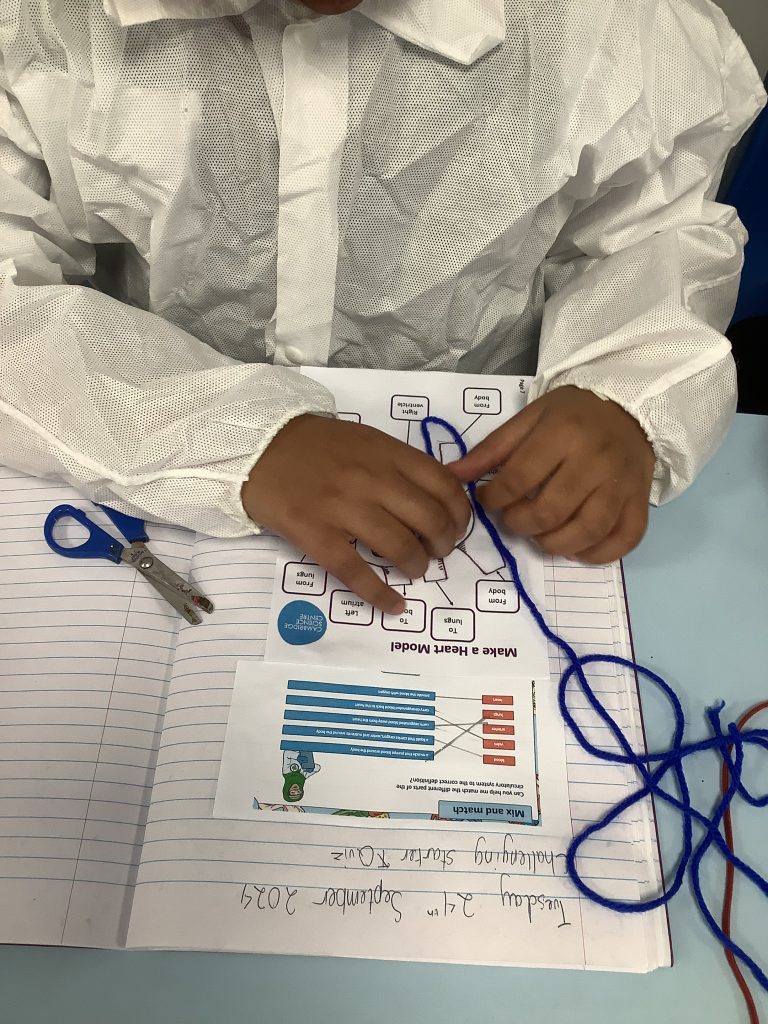
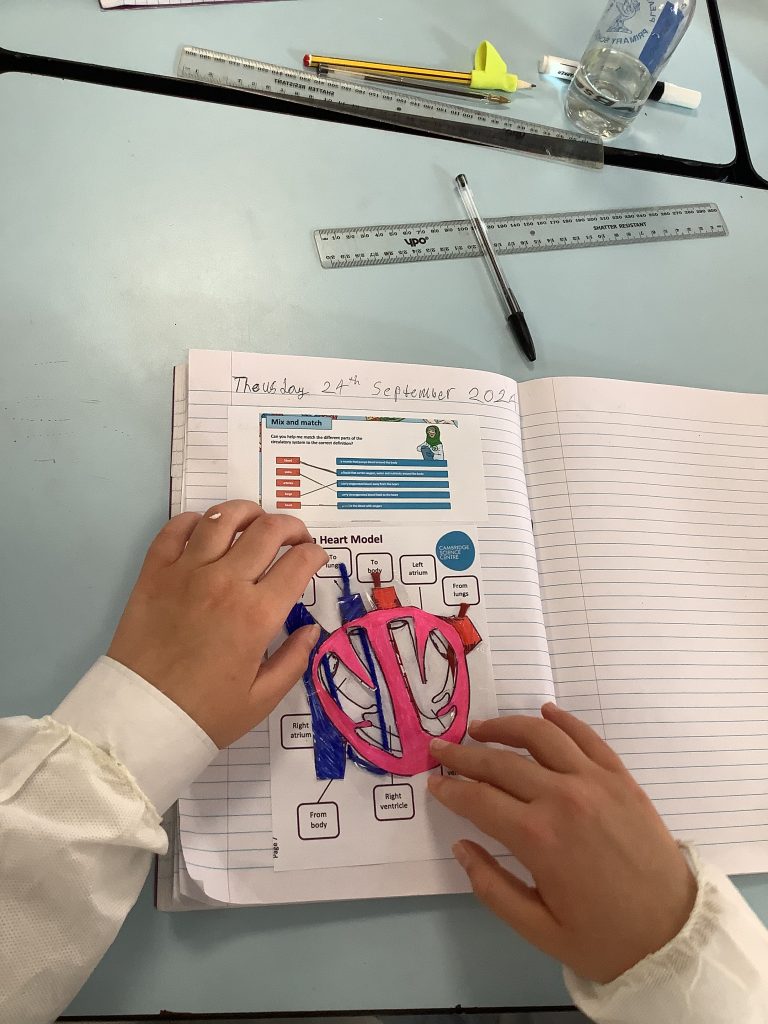
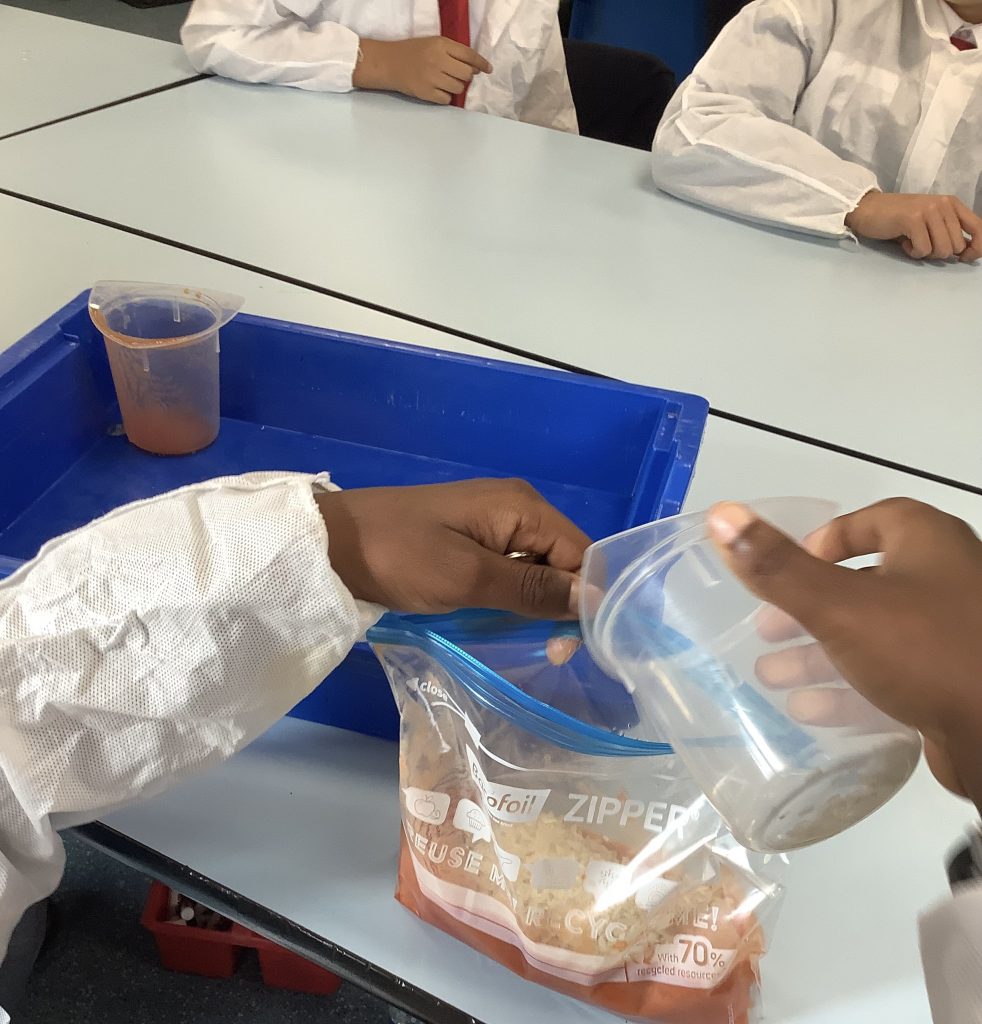
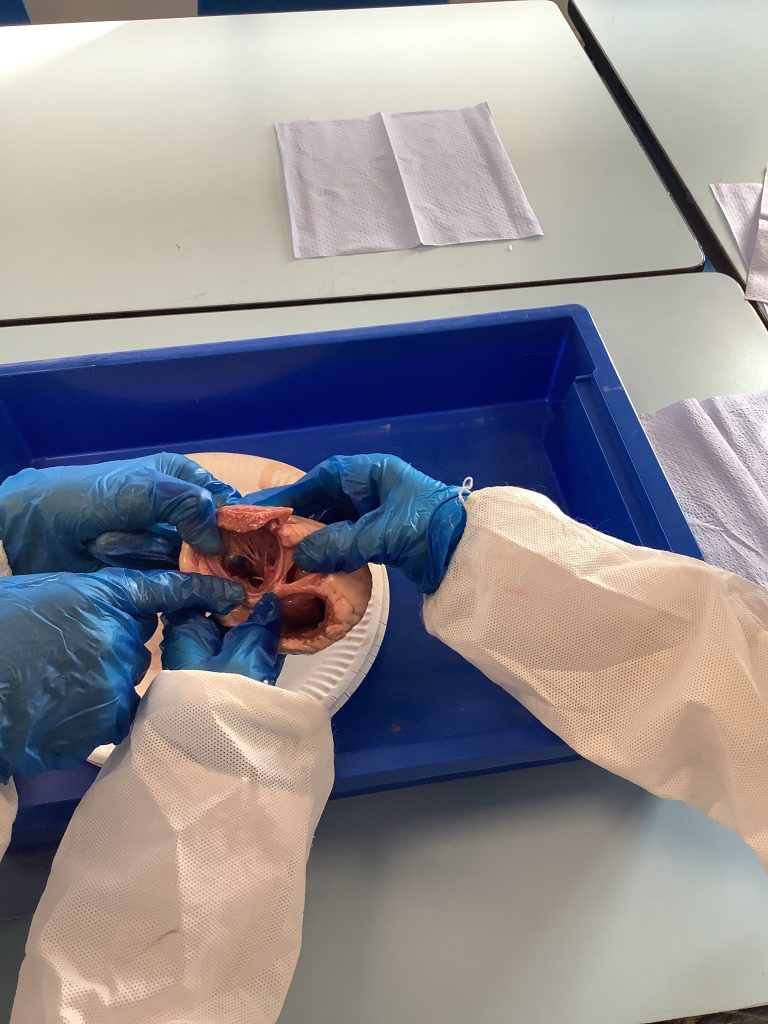

Class 5 conducted an experiment today in science looking at which material is the best insulator using cubes of ice. We looked at paper, bubble wrap and tin foil and wrapped the chosen material around a cube an ice then measured how much ice was left after a certain amount of time. The material that kept the most ice was the best insulator.
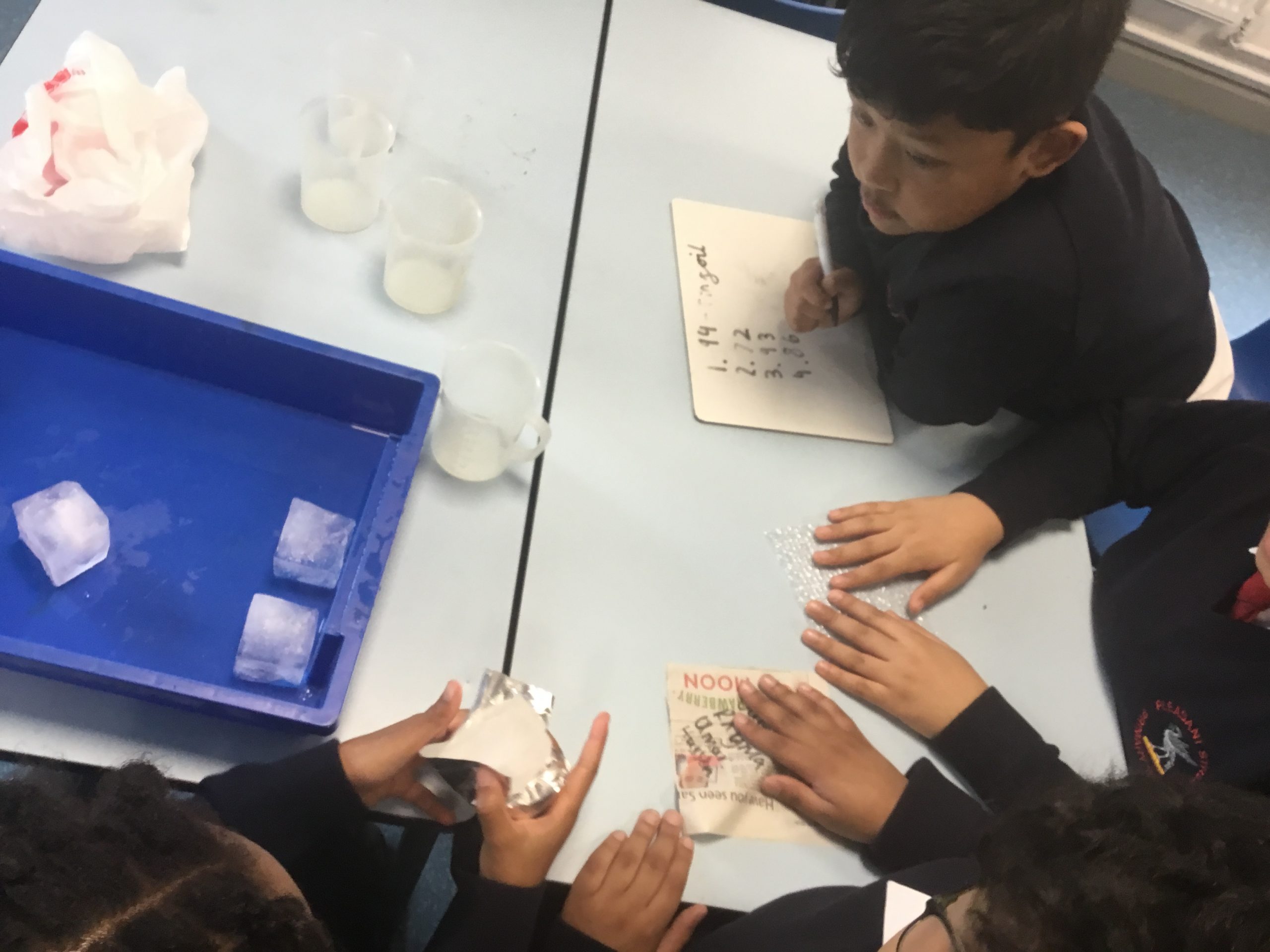
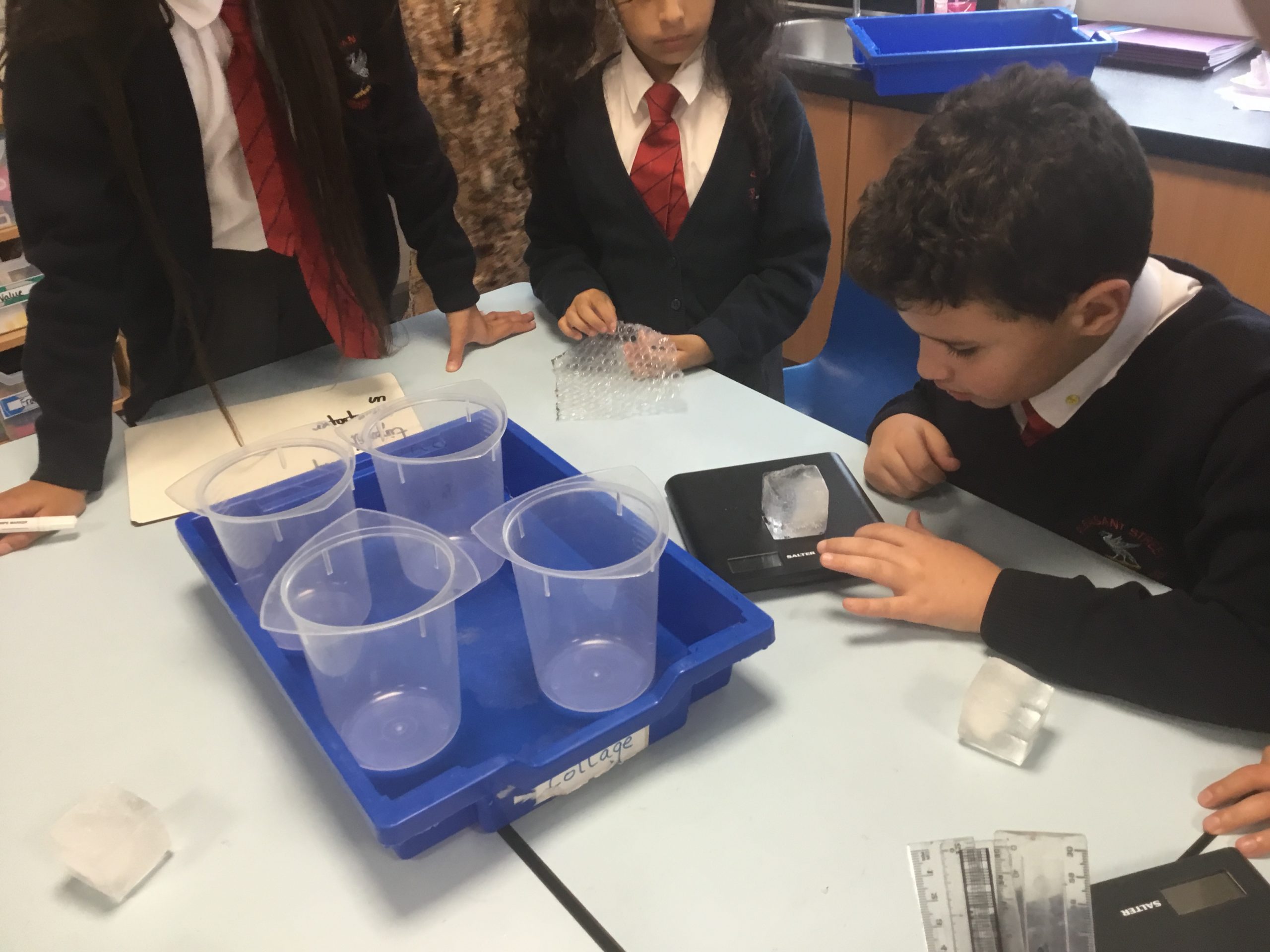
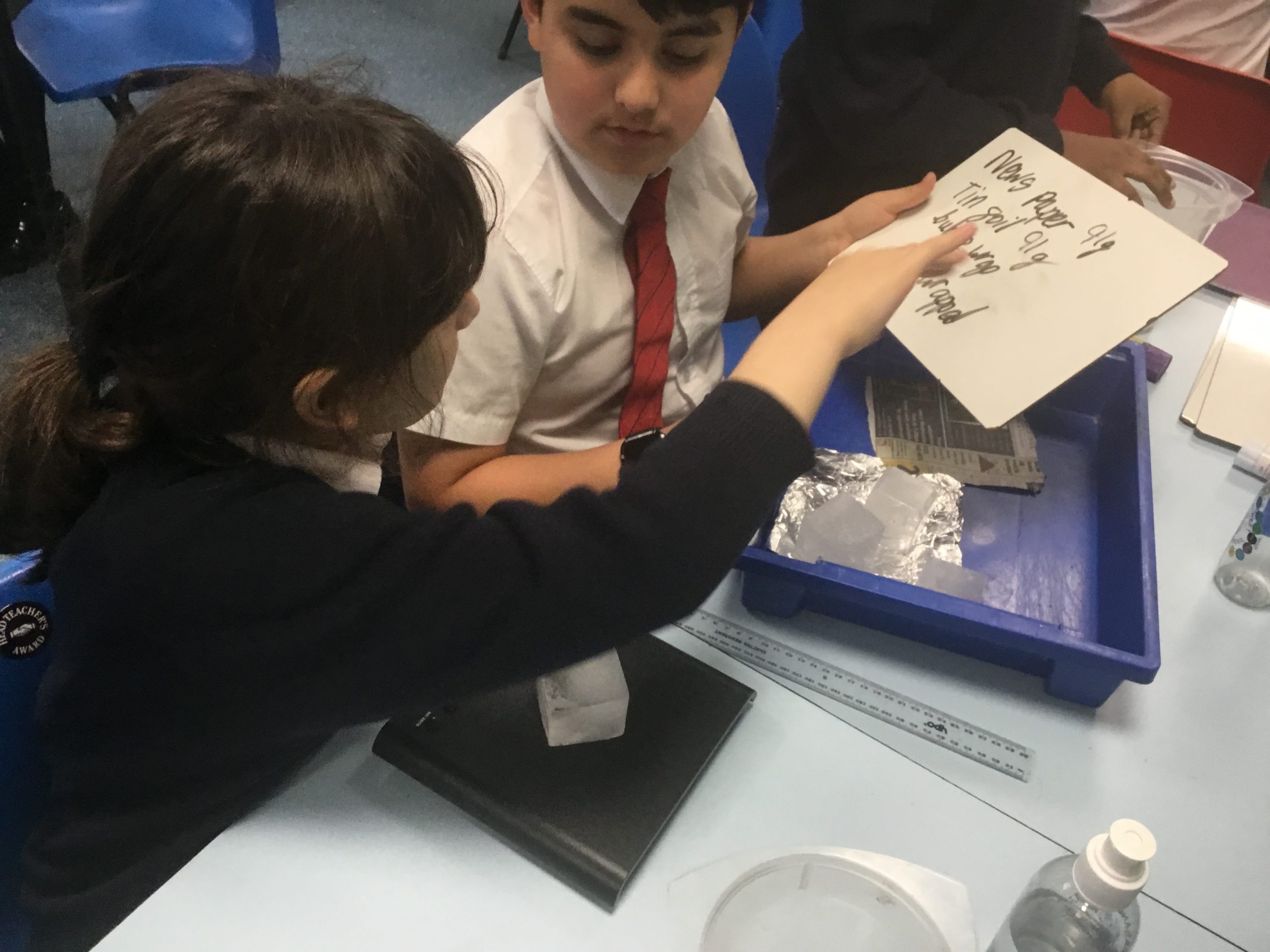
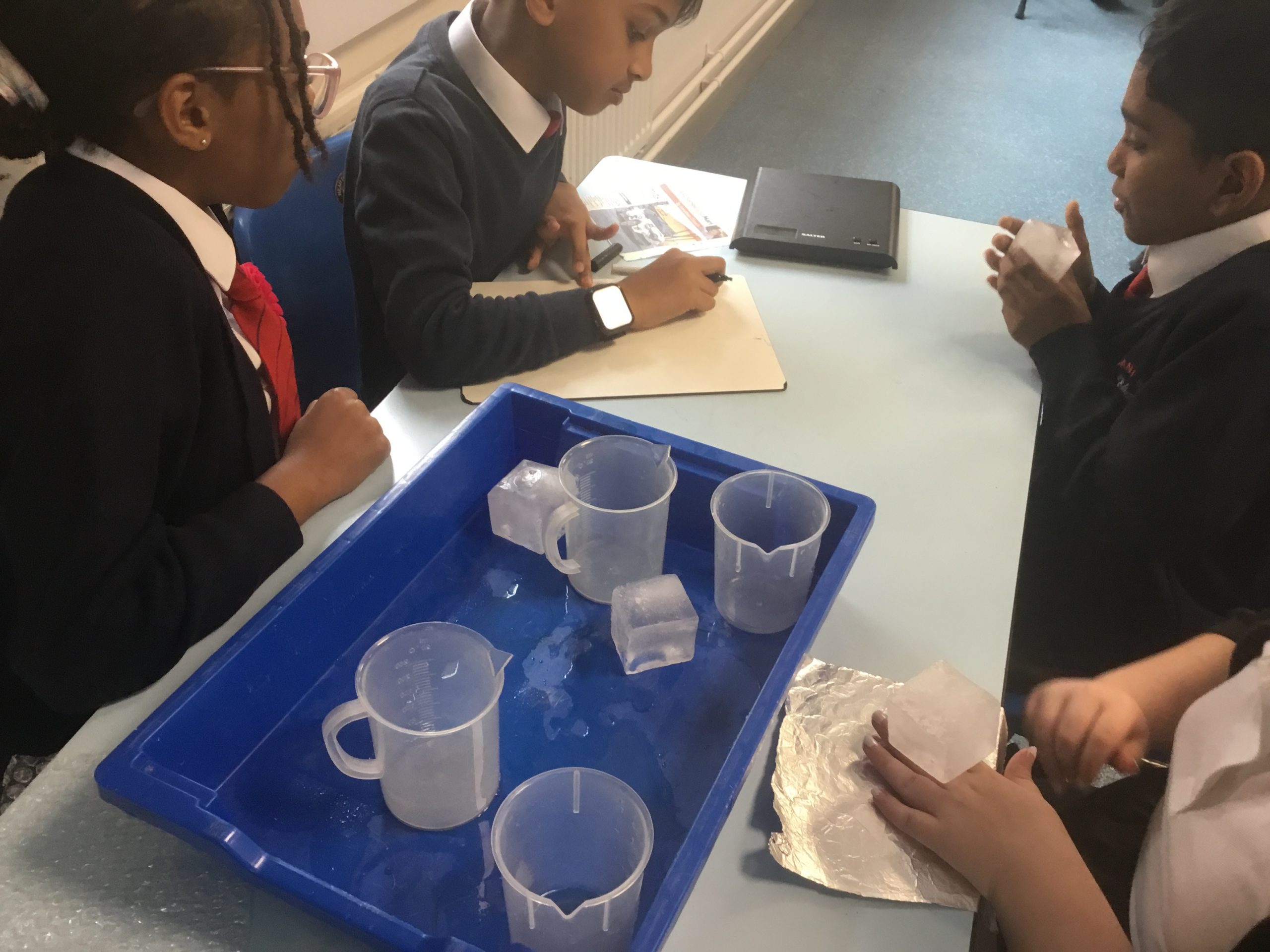

In class we sorted the rocks in groups of sizes ,textures ,shape and colour.Then we went outside on the yard and had a look at where we can find different types of rock.
41
Class 5 measured and cut out 15cm squares ready for our experiment. We used aluminium foil, paper and bubble wrap.
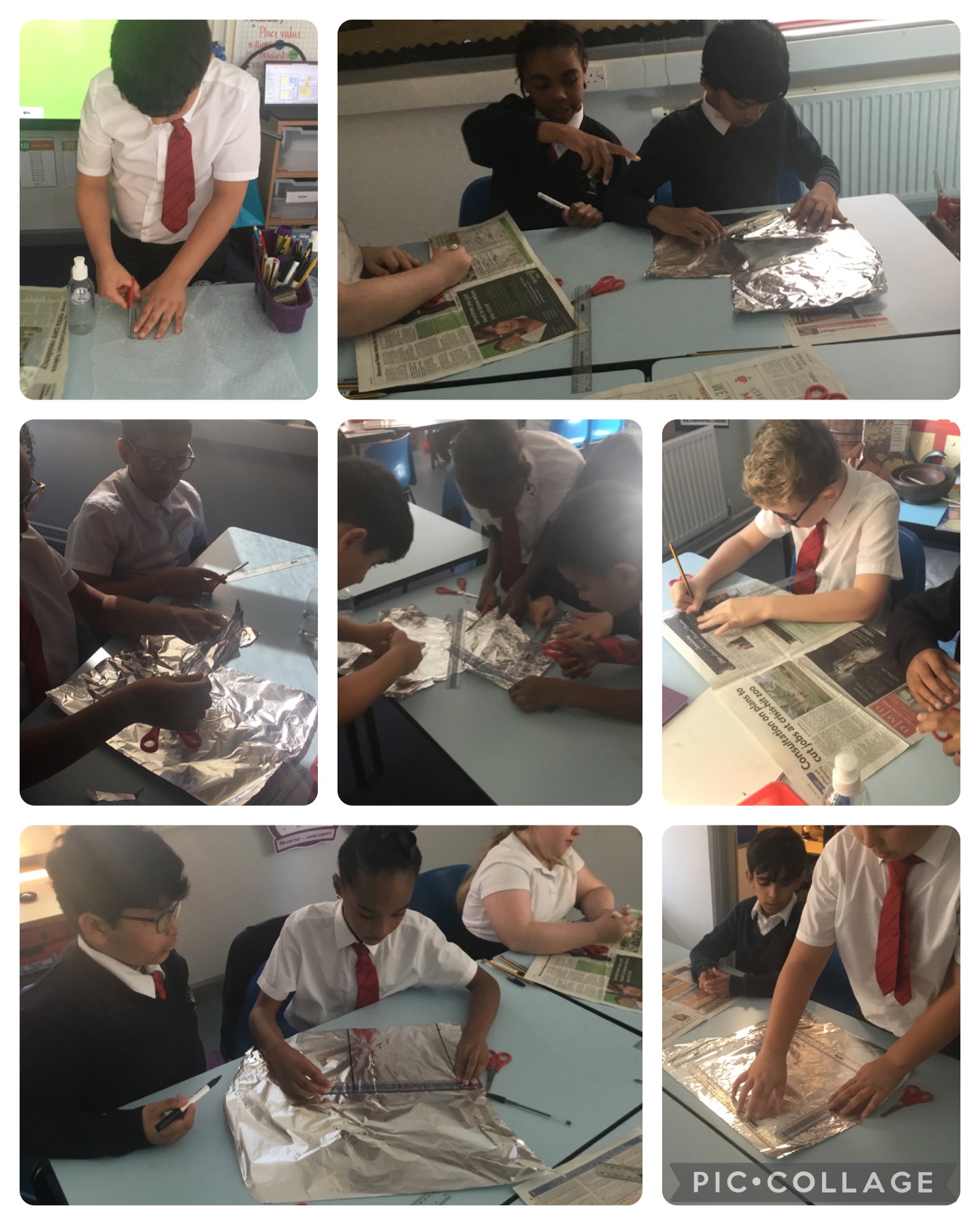

This afternoon in Science class 6 looked at how our circulatory system works. We used ourselves as the heart, blood, oxygen and other organs to show the journey they take around our body and how they work.
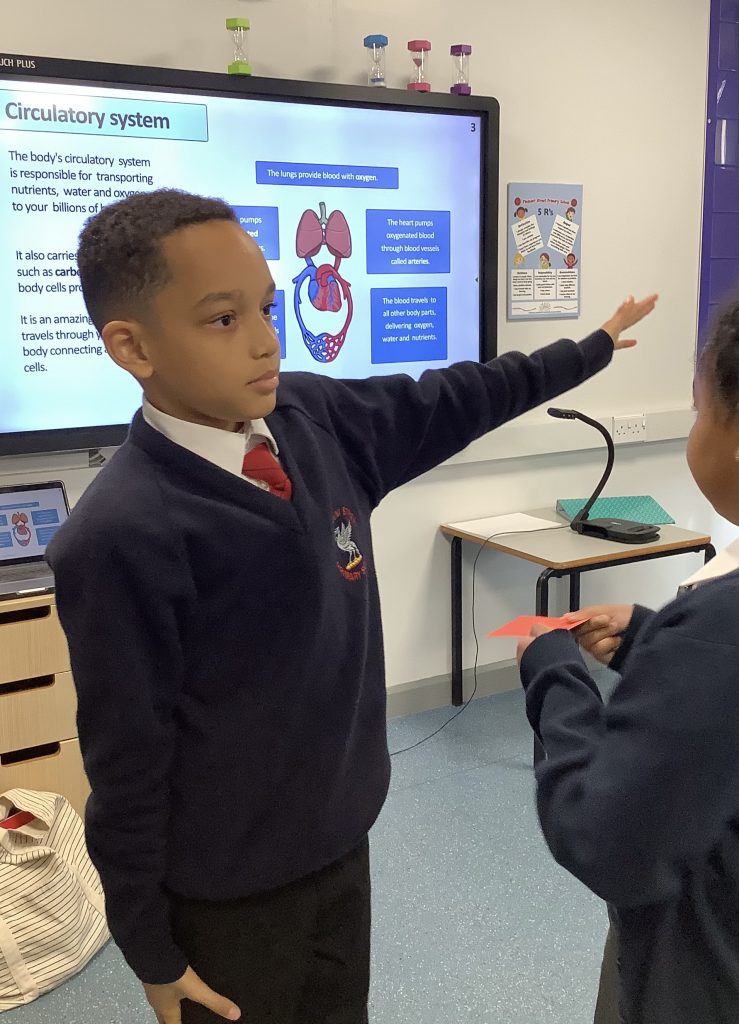
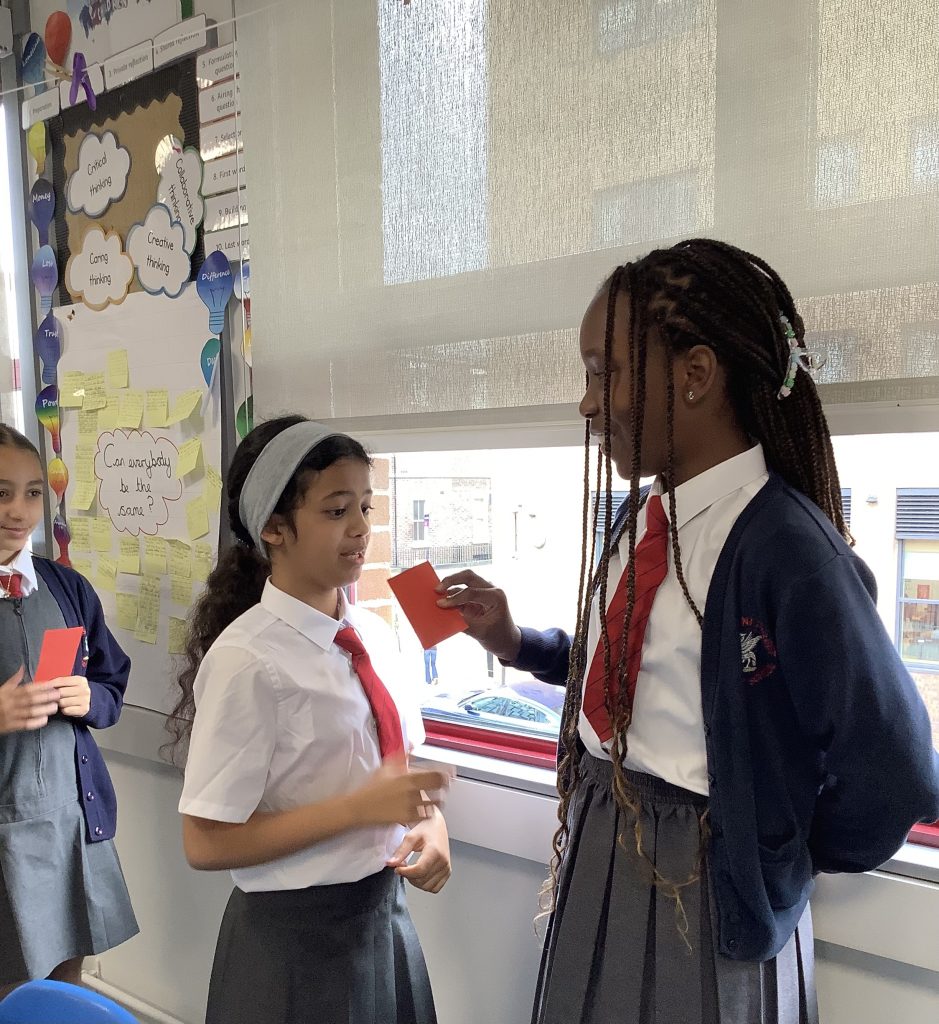
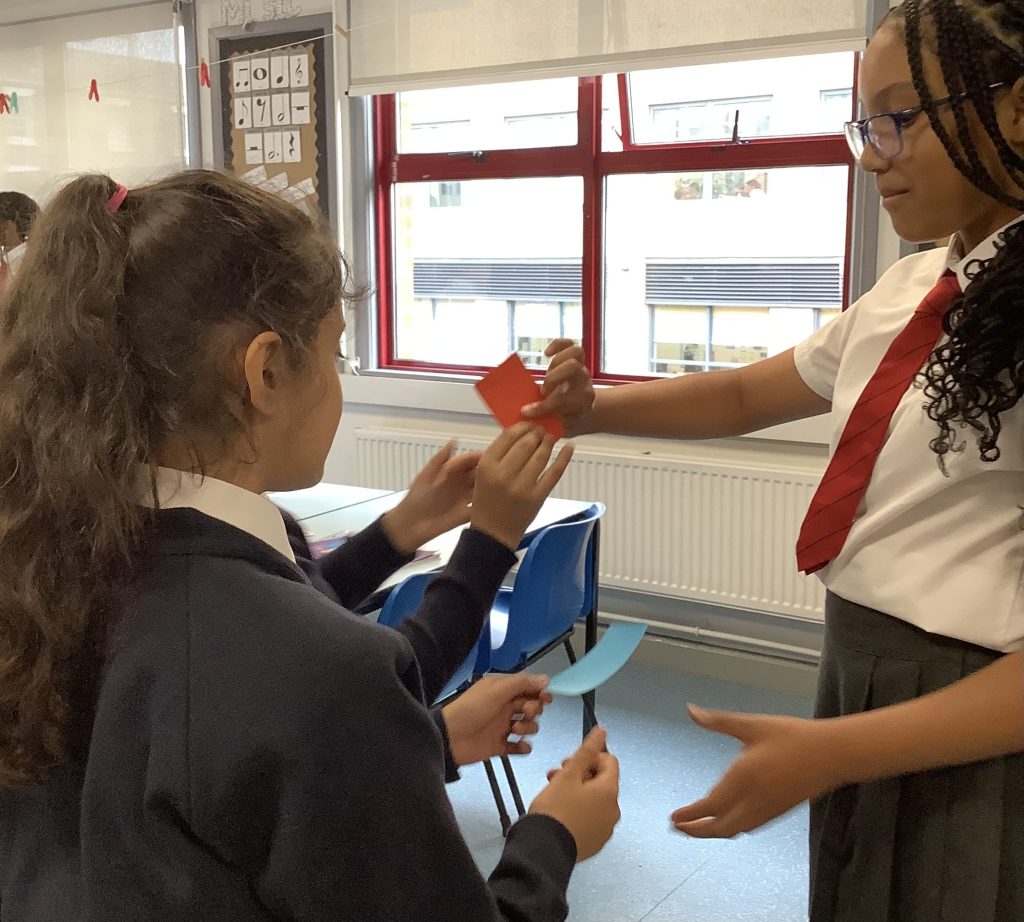

Today we made paper rockets and measured the distance they traveled using meter rulers.
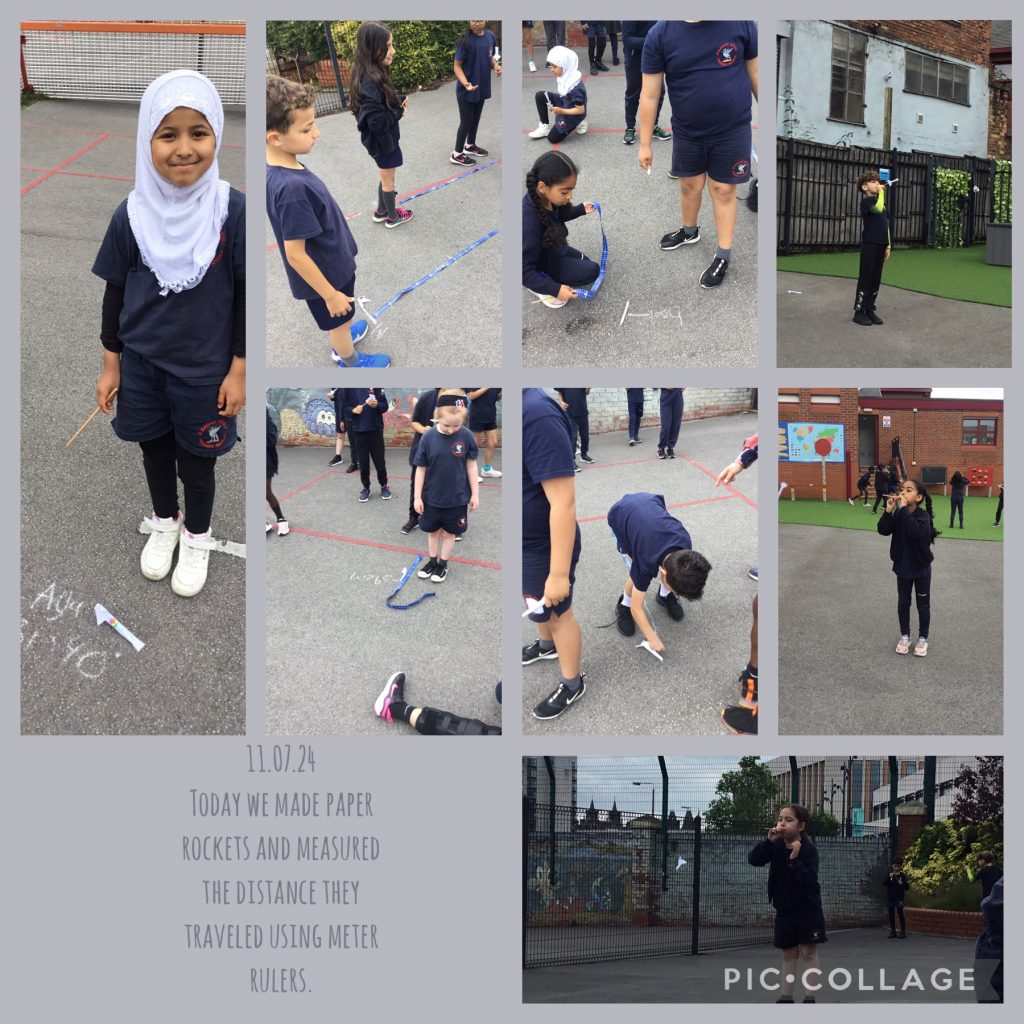

Today we timed how long it takes spinners made from card and paper to fall the ground.
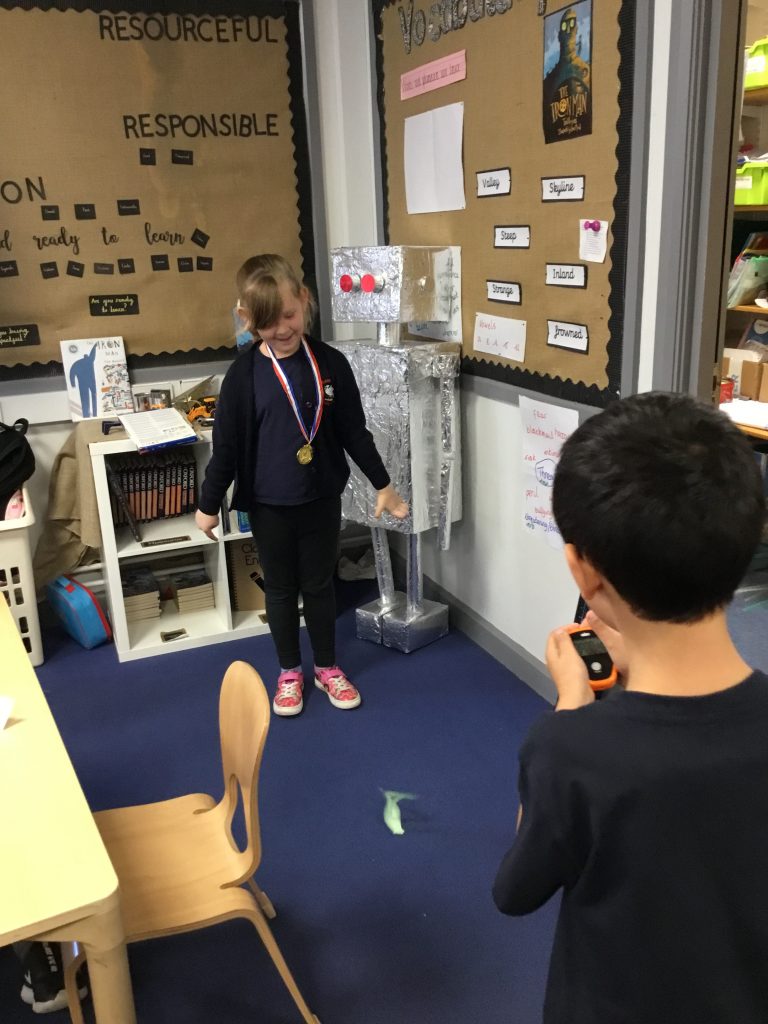
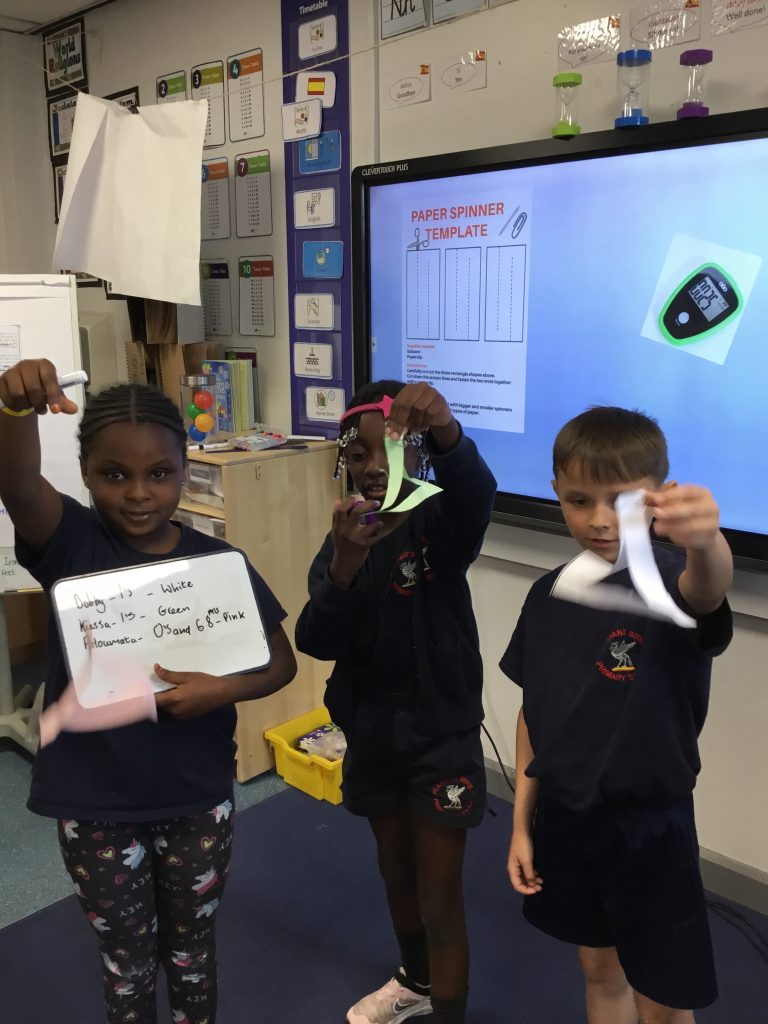
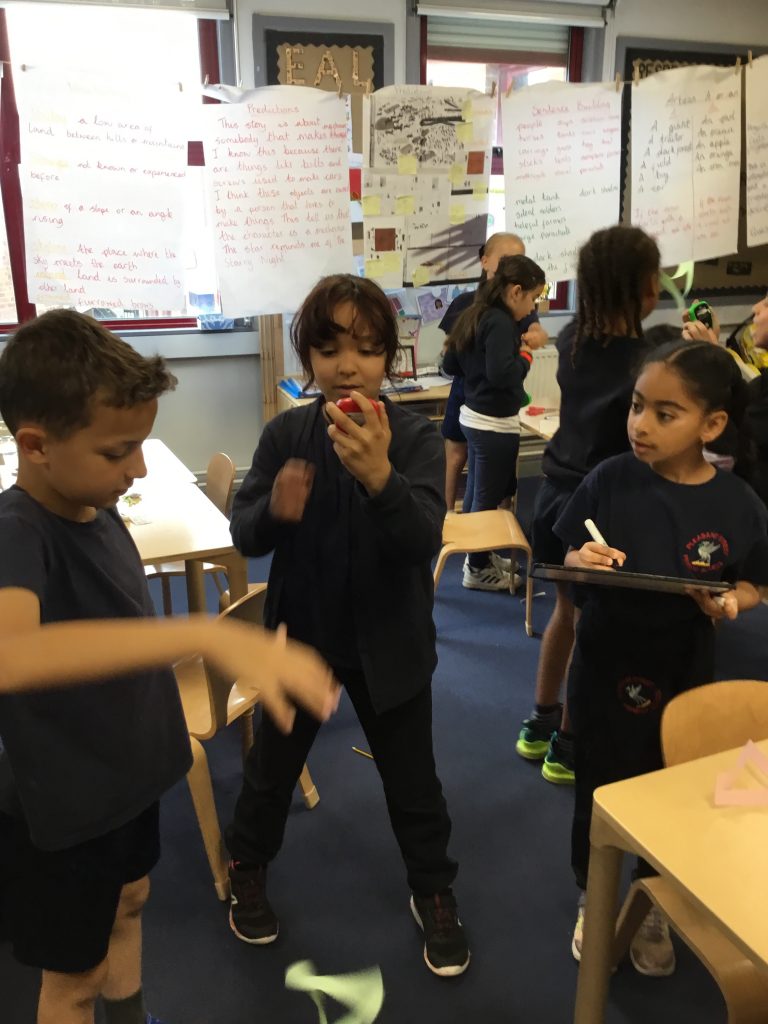
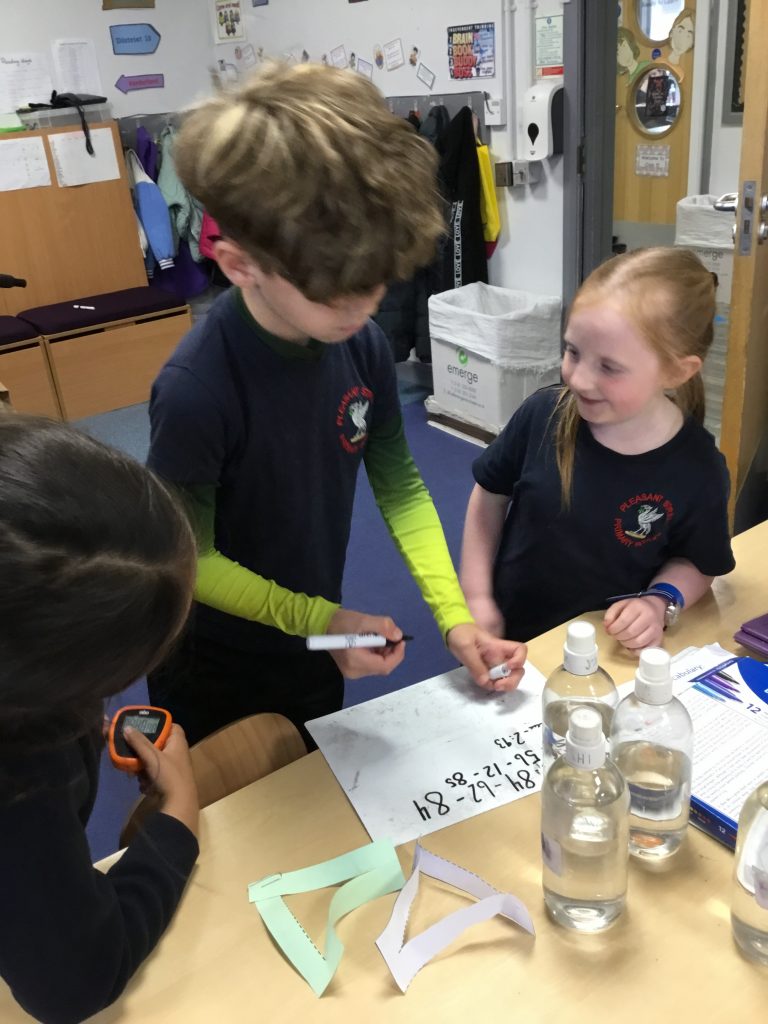
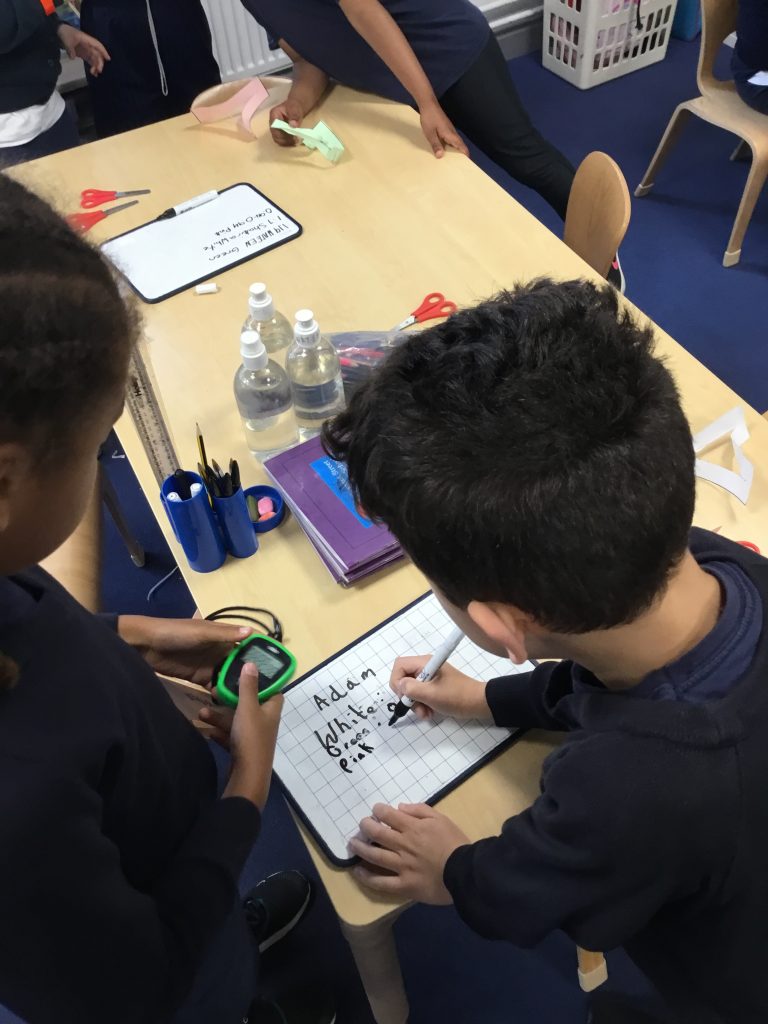
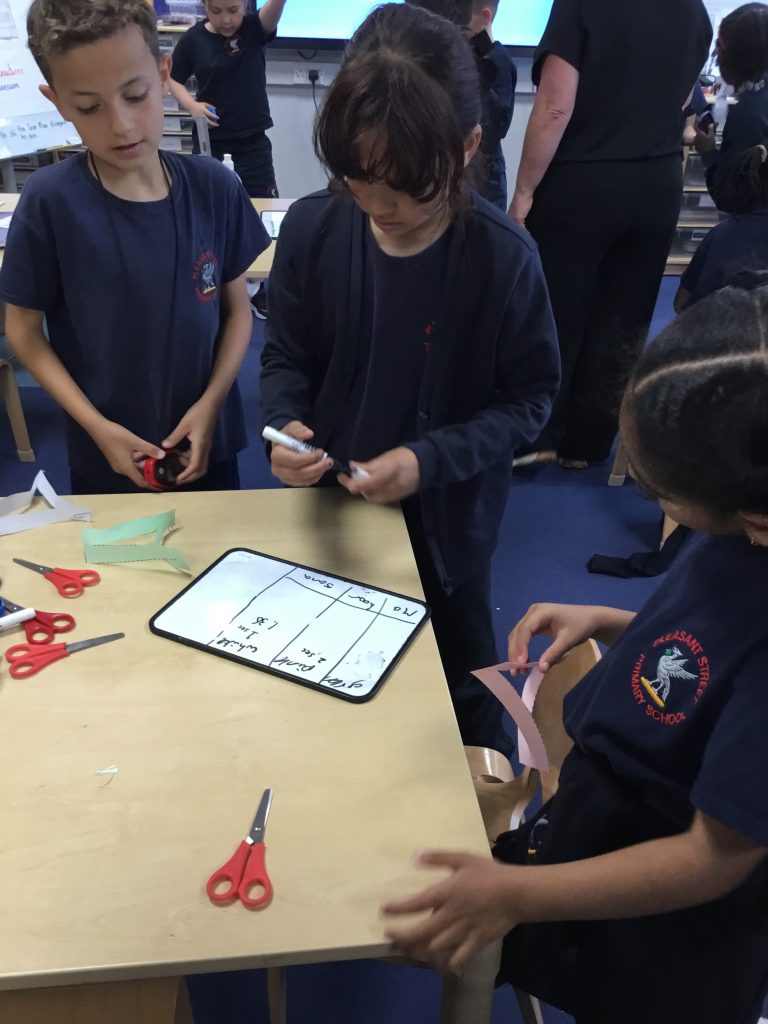
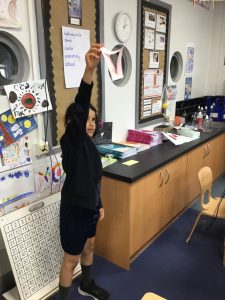

Reception have enjoyed our topic of our special world in RE, this week the children were exploring our beautiful gardens looking at the natural world around them, the children used viewfinders and magnifying glasses to really look into detail about the natural world around them and the colours that they could see.
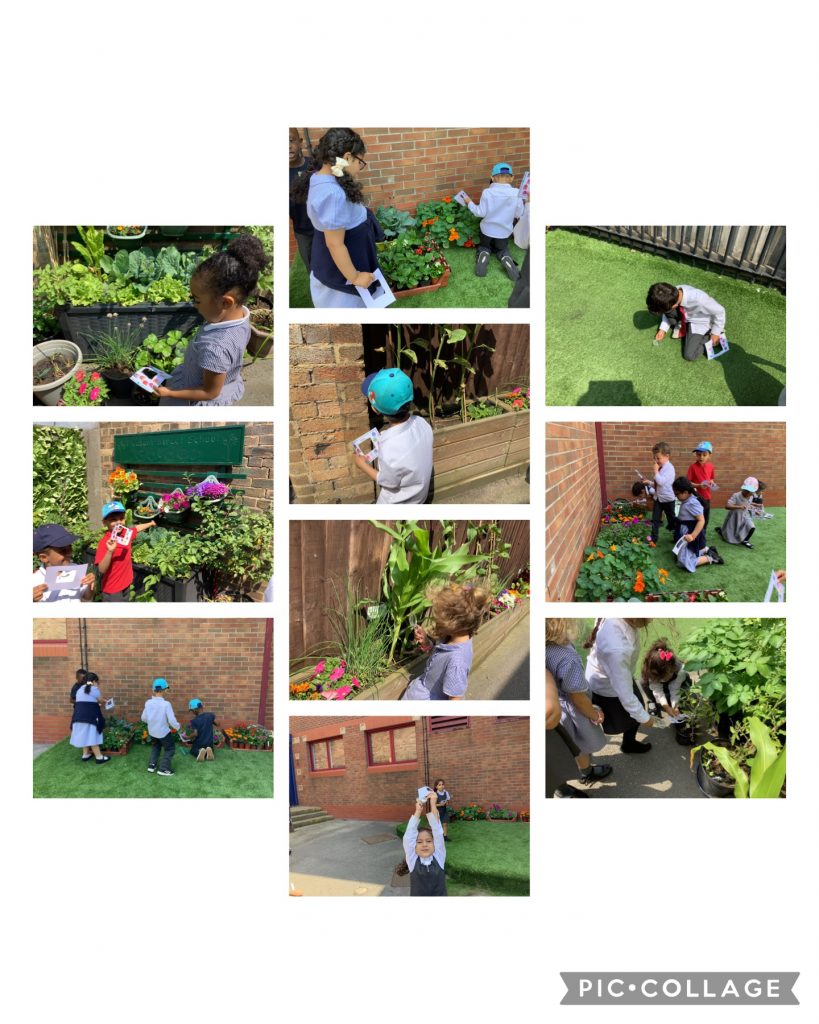

Class 3 worked very hard recalling the process of pollination and demonstrated the process using puppets.
43
Today in science we looked in some plant pots to find some creepy crawlies. We found some woodlouse and a slug!
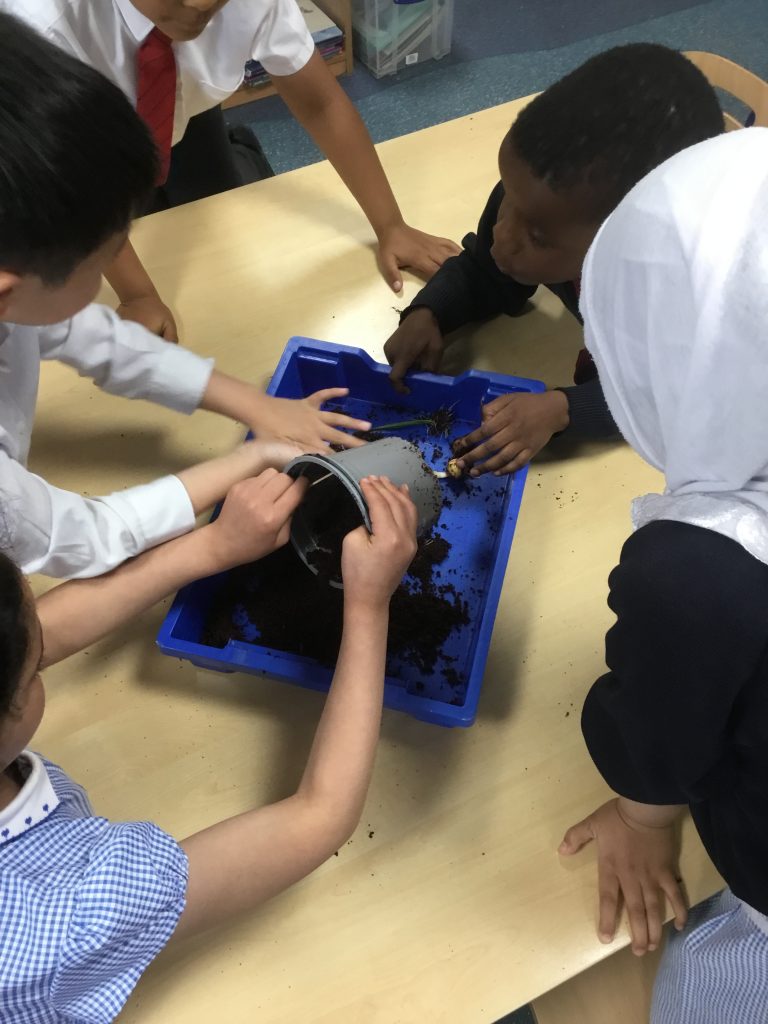
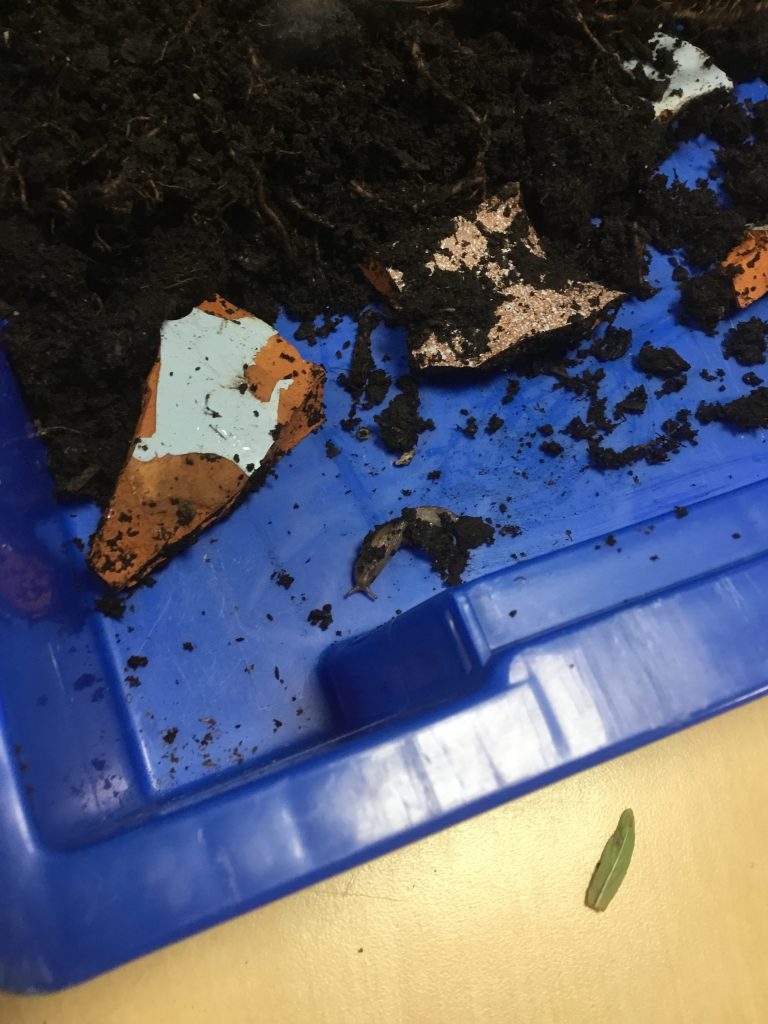
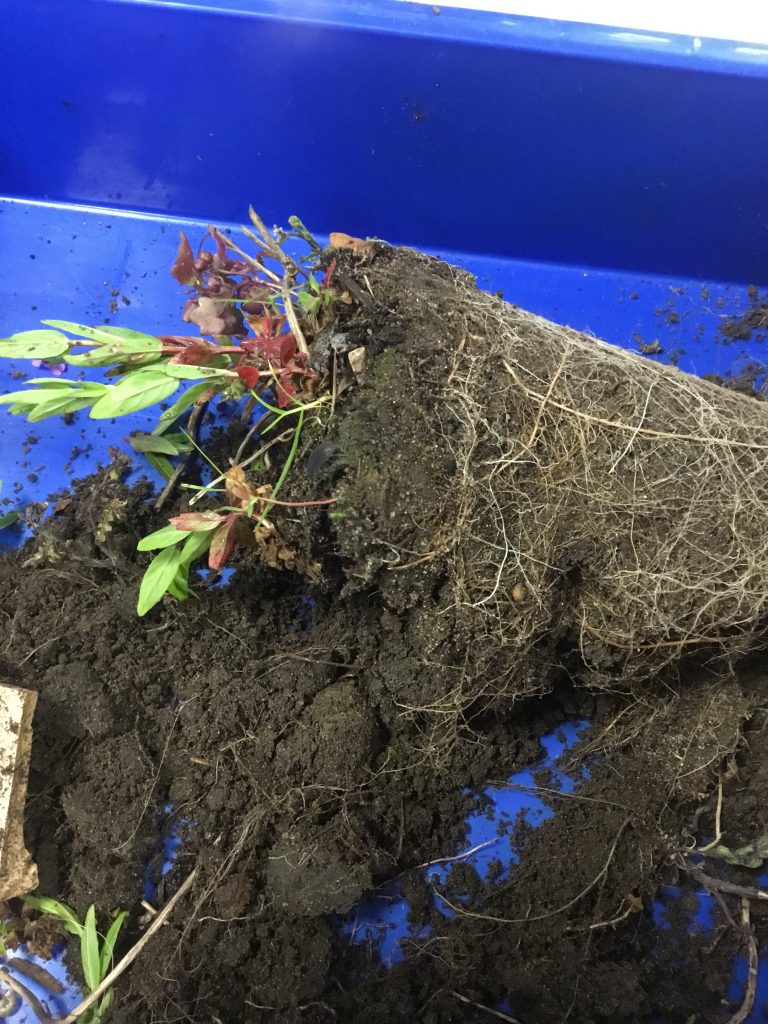
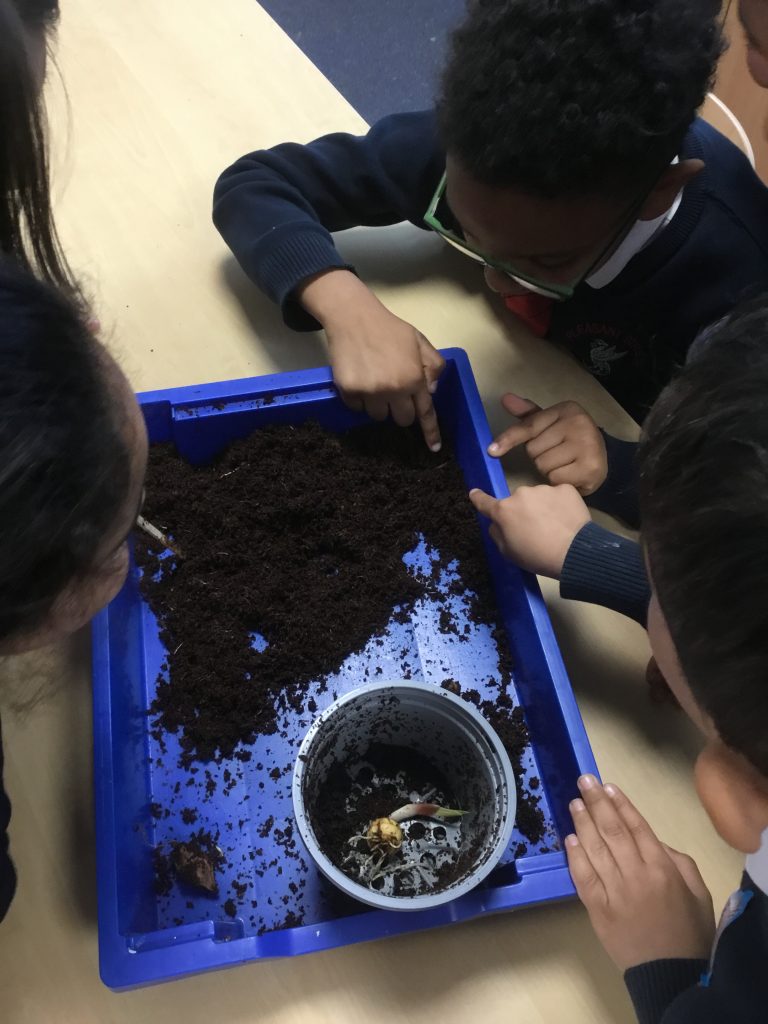


We used the data we collected in our experiment last lesson to produce a graph today. We were able to scientifically show that the closer our object moved towards the light source, the bigger the shadow became.
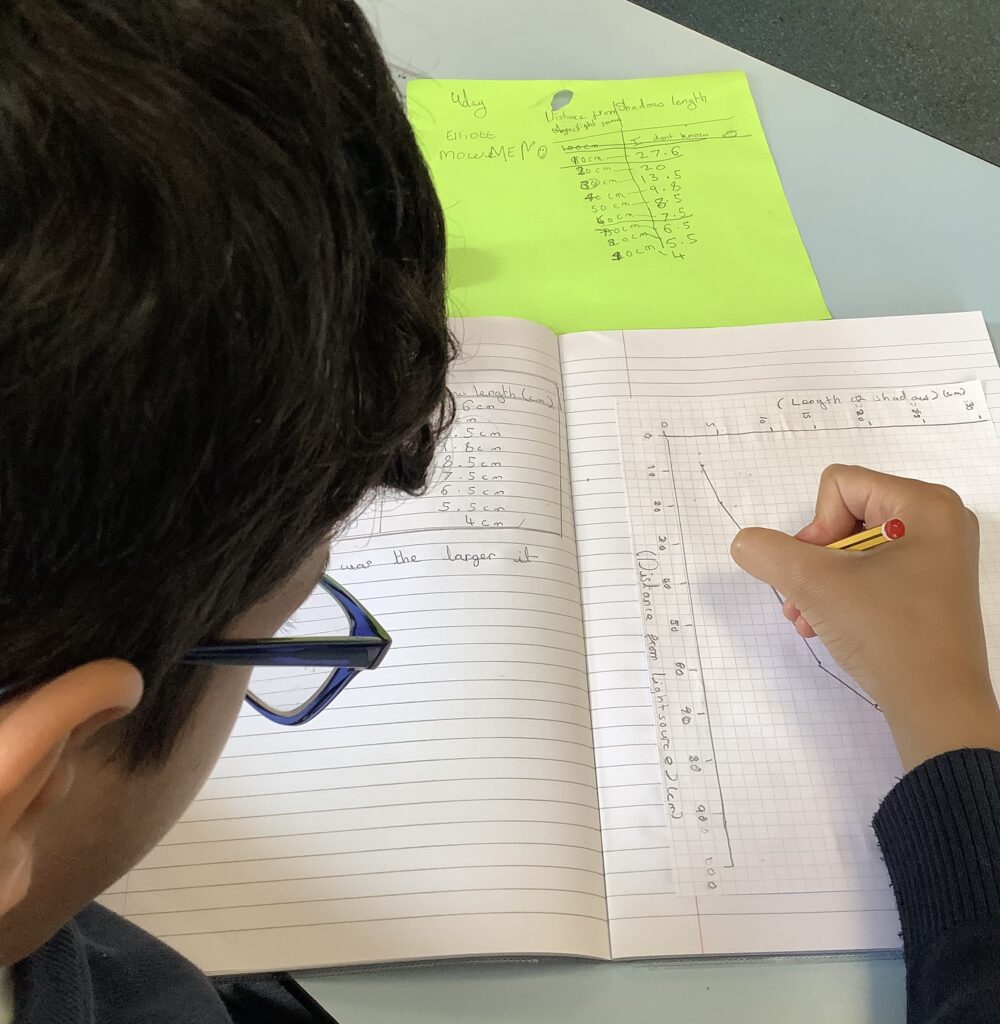
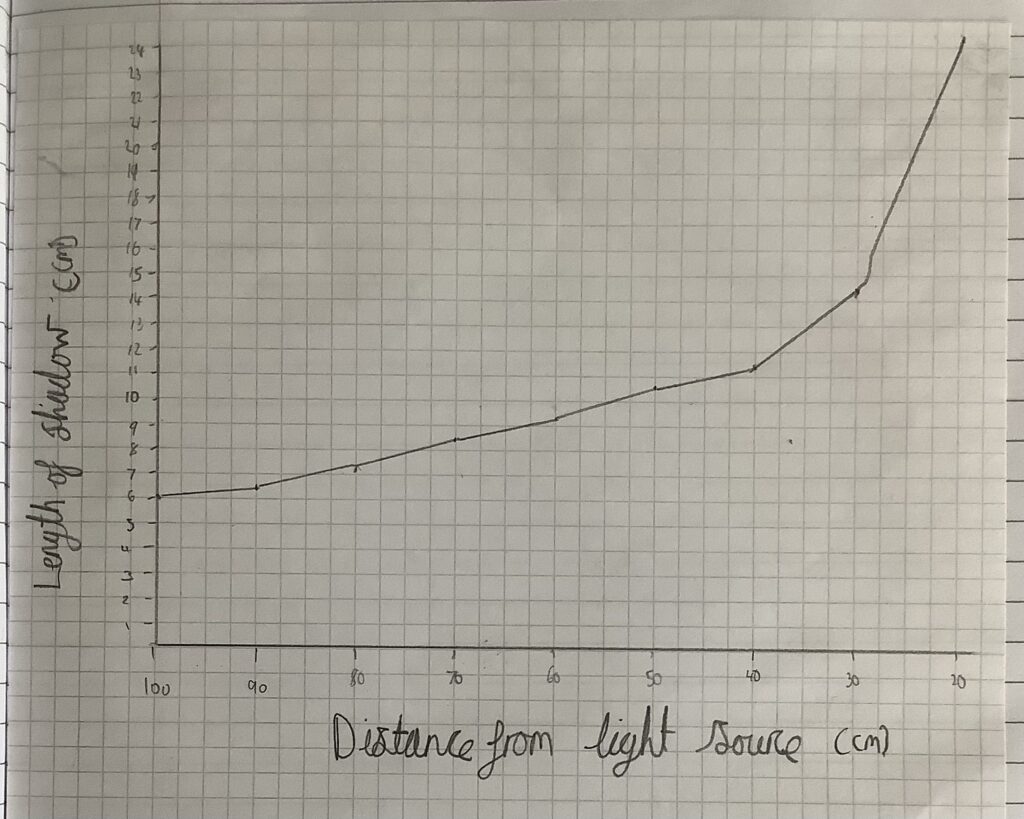

Class 2 planted some bulbs today and when we come back from half term we will see how much they have grown.
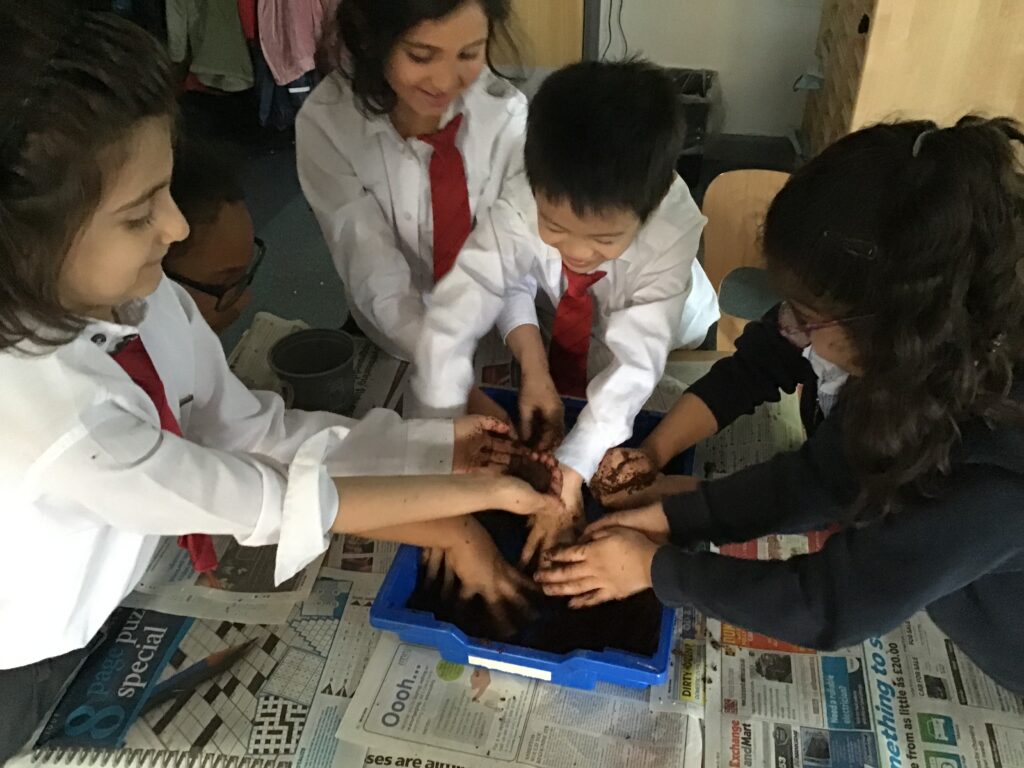
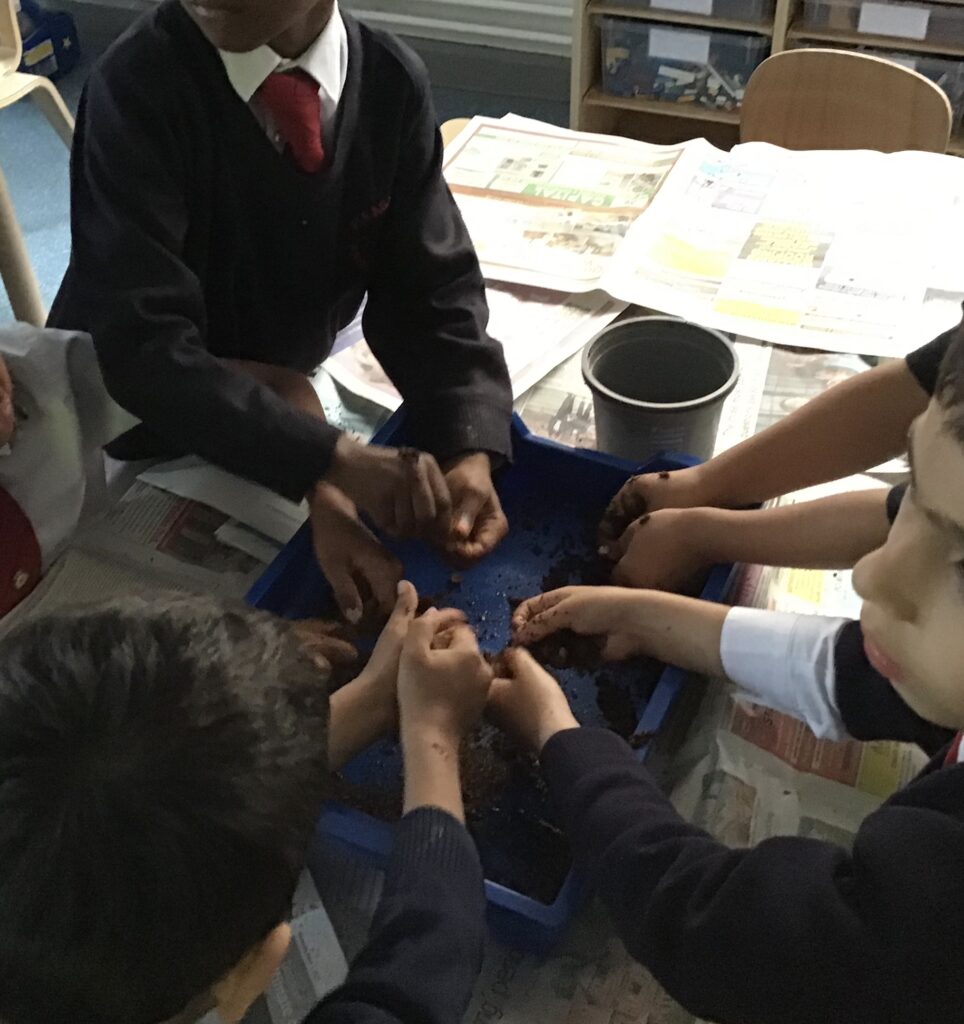
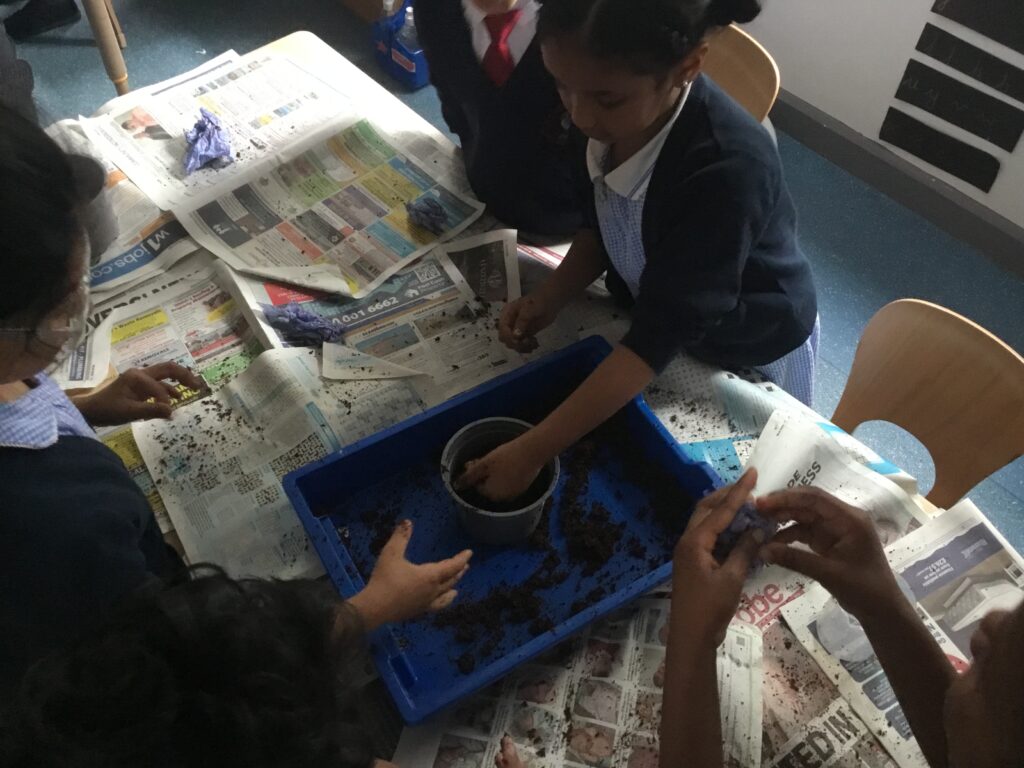
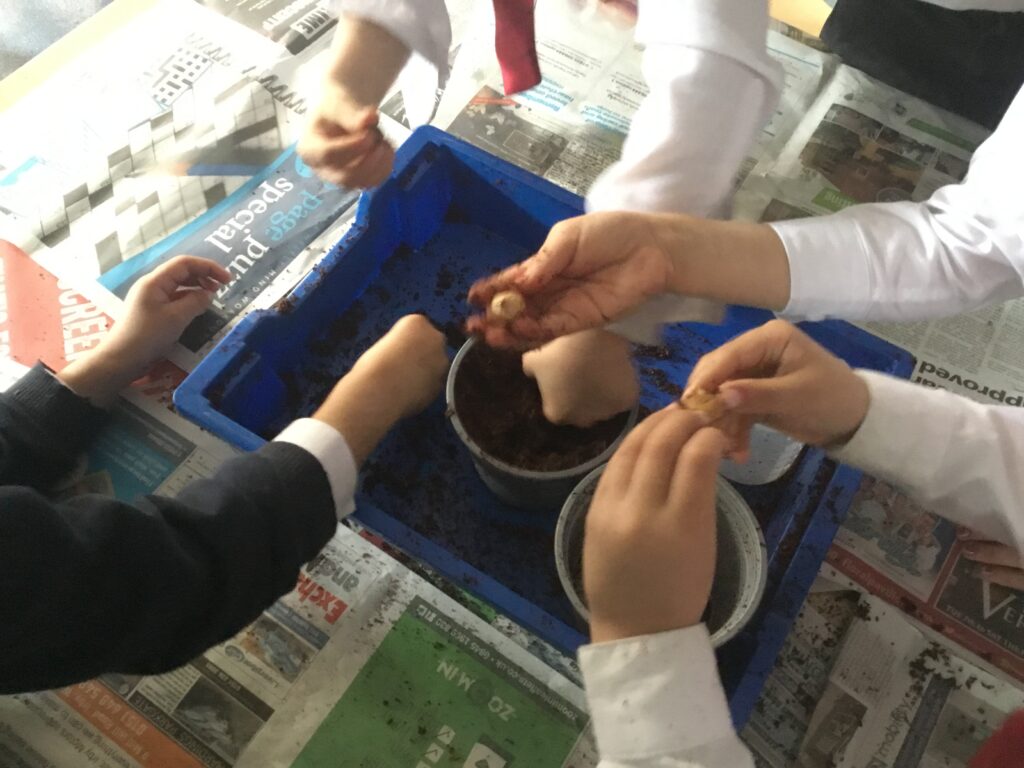
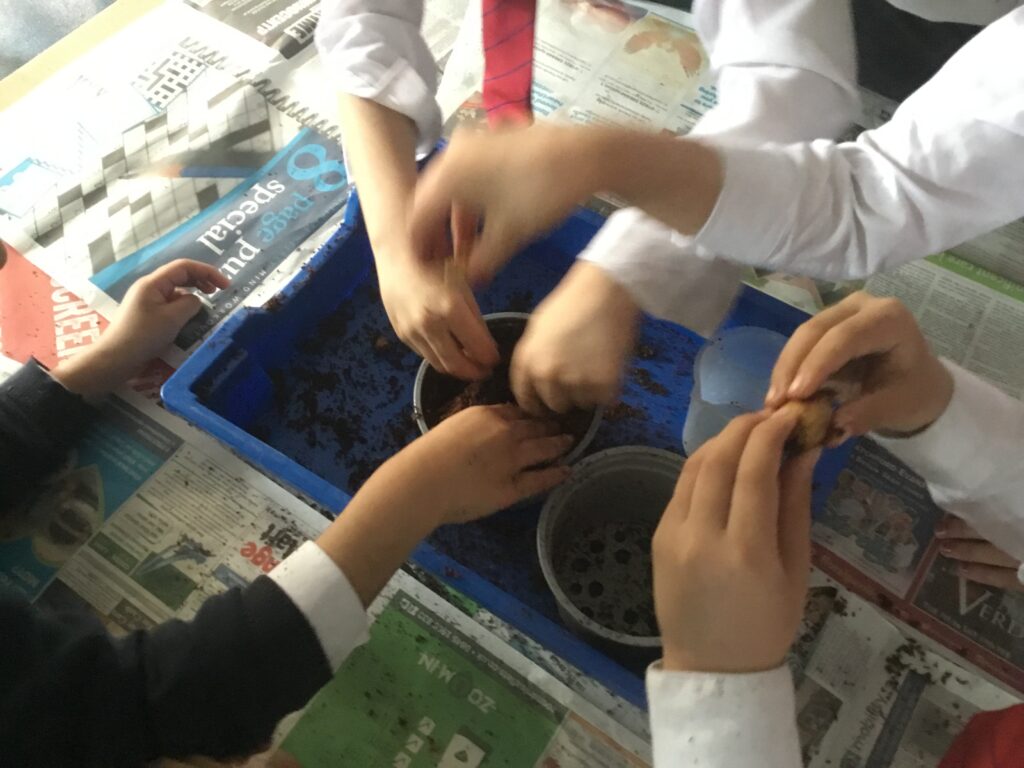


During todays lesson, class 3 looked at cut up apples. We looked to see if we could identify the different parts of the plant. We found the anther, remains of stamens the stigma and the leaf.
50
Today Reception explored the school gardens looking for signs of seasonal change, they first planned which route they would walk around the gardens following directions. Then Reception examined the different plants and even saw some animals in the gardens. They loved seeing how much they have grown. After Reception had looked at the plants, vegetables and bugs they drew a picture to show what seasonal change they had found, some children drew trees that now had beautiful green leaves on and some children drew bugs and flowers.
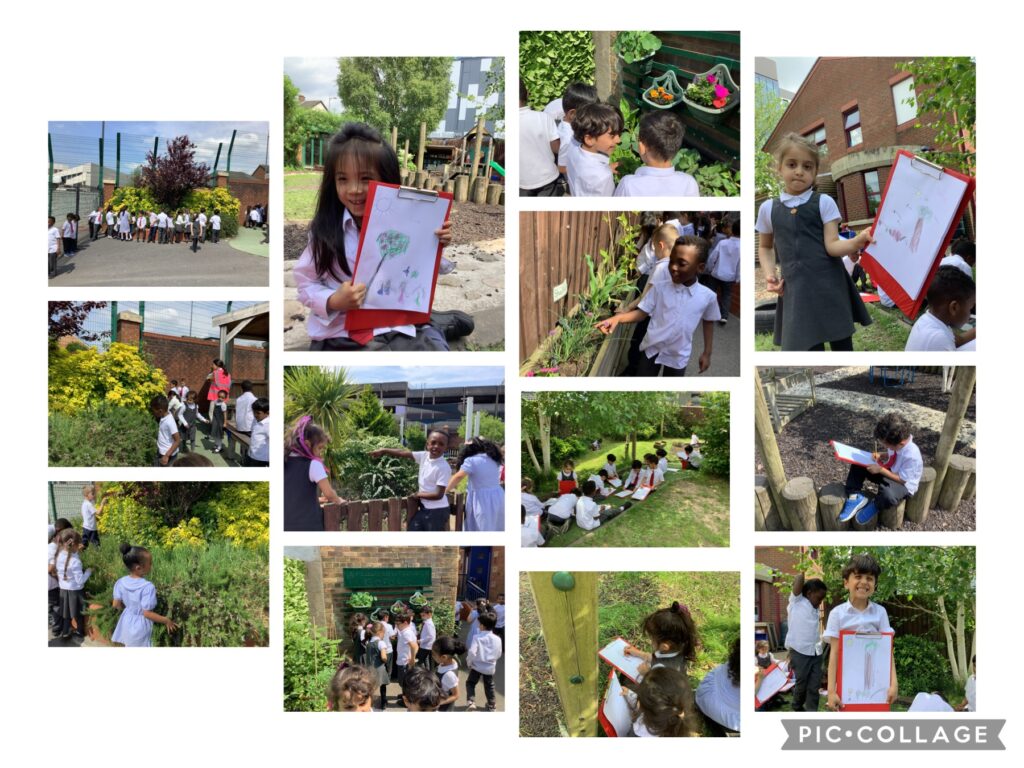

Today in class 6 we have been explaining our understanding of shadows. We have seen how shadows change as the earth moves around the sun and conducted our own experiments to show how the shadow of an object gets bigger the closer it gets to the light source.
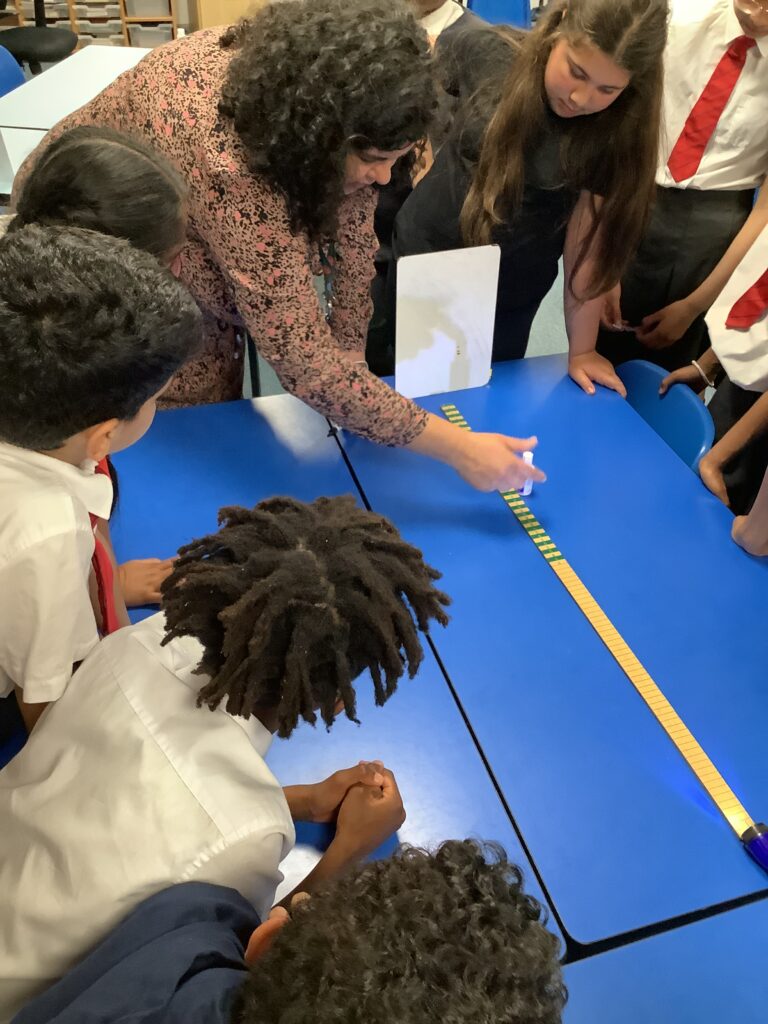
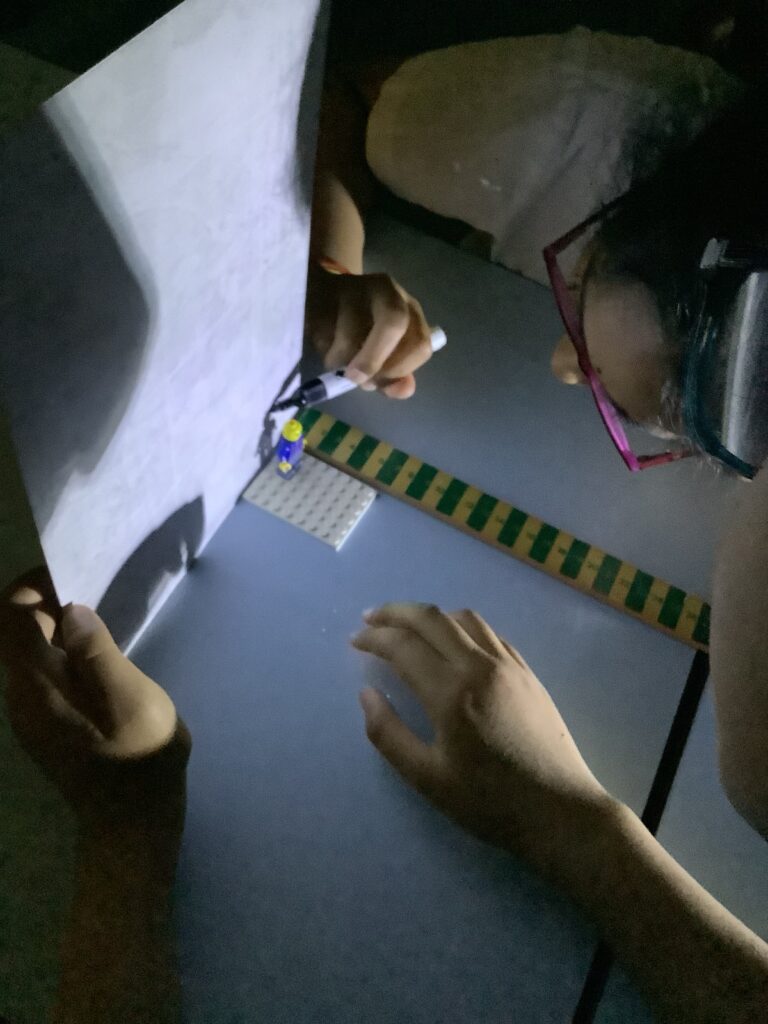
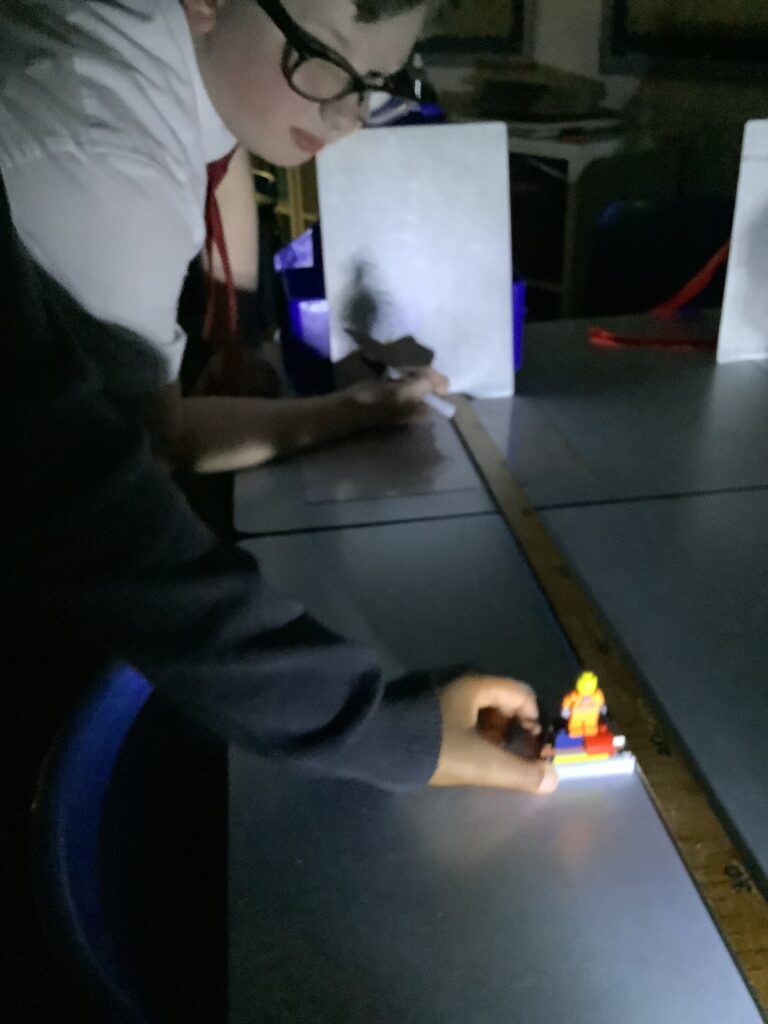
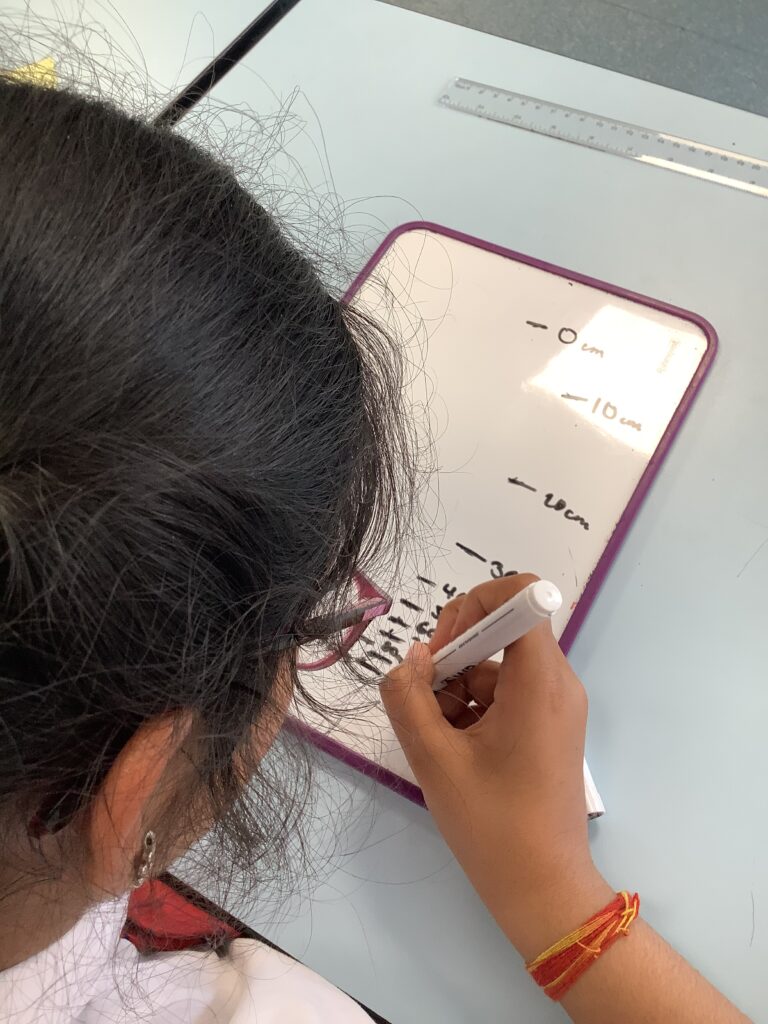
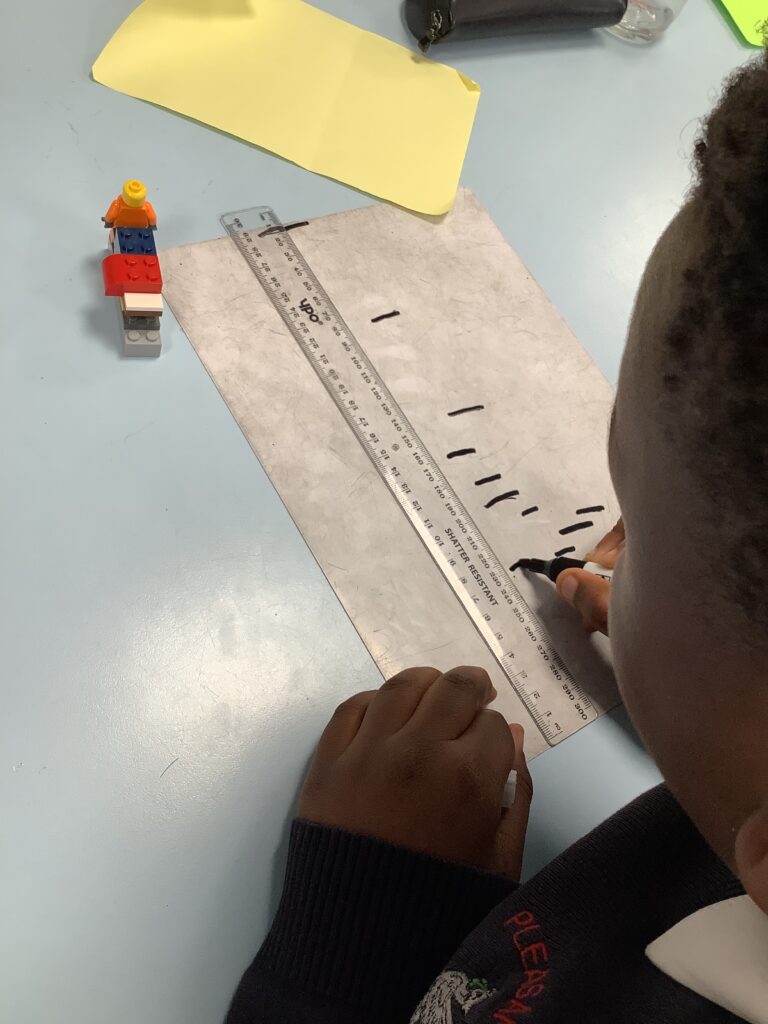
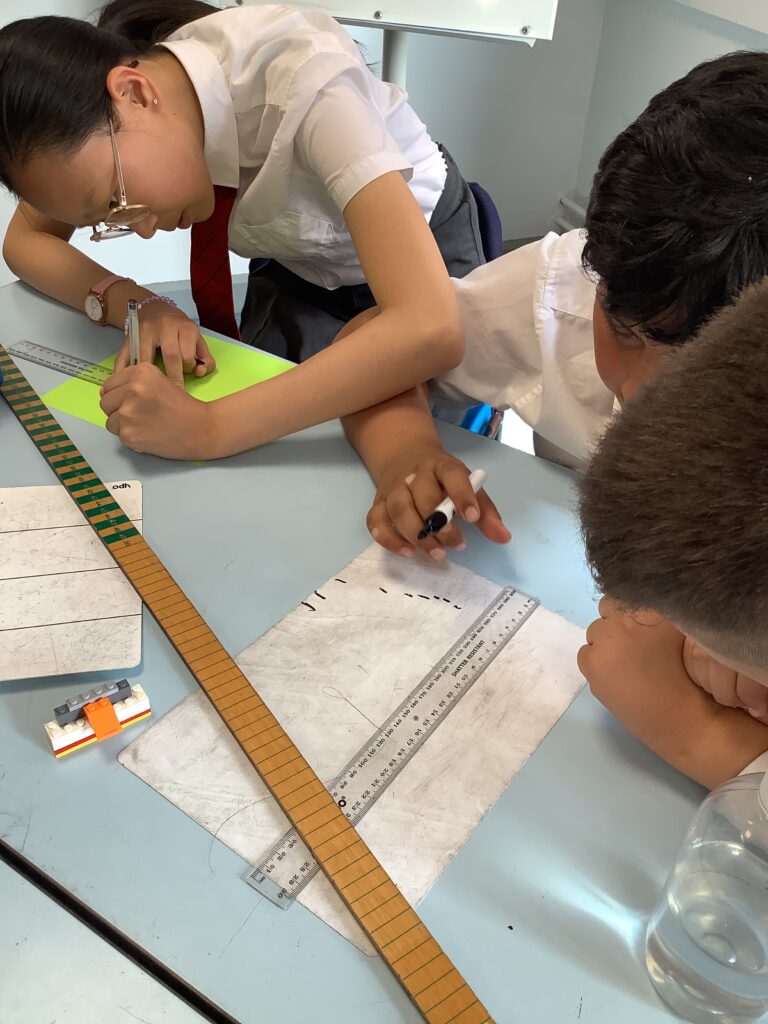

This week we spoke about shadows and how they are formed. We then worked in small groups to see how changing the distance between the light source and object changes the size of a shadow.
52
The children have enjoyed learning about bees this week. They have expored how bees make honey and where they live. The children enjoyed watching Mrs Grindley’s favourite childhood cartoon, Maya, to help them to explore bees further.

Class 3 used their knowledge of parts of a flowering plant to make flowers.
49


In science Reception have loved exploring different lifecycles of animals, they started by exploring lifecycles of frogs, Reception enjoyed exploring an indoor ‘pond with frogs’. Reception cut and stuck the correct order of the frogs lifecycles after learning all about their lifecycle.
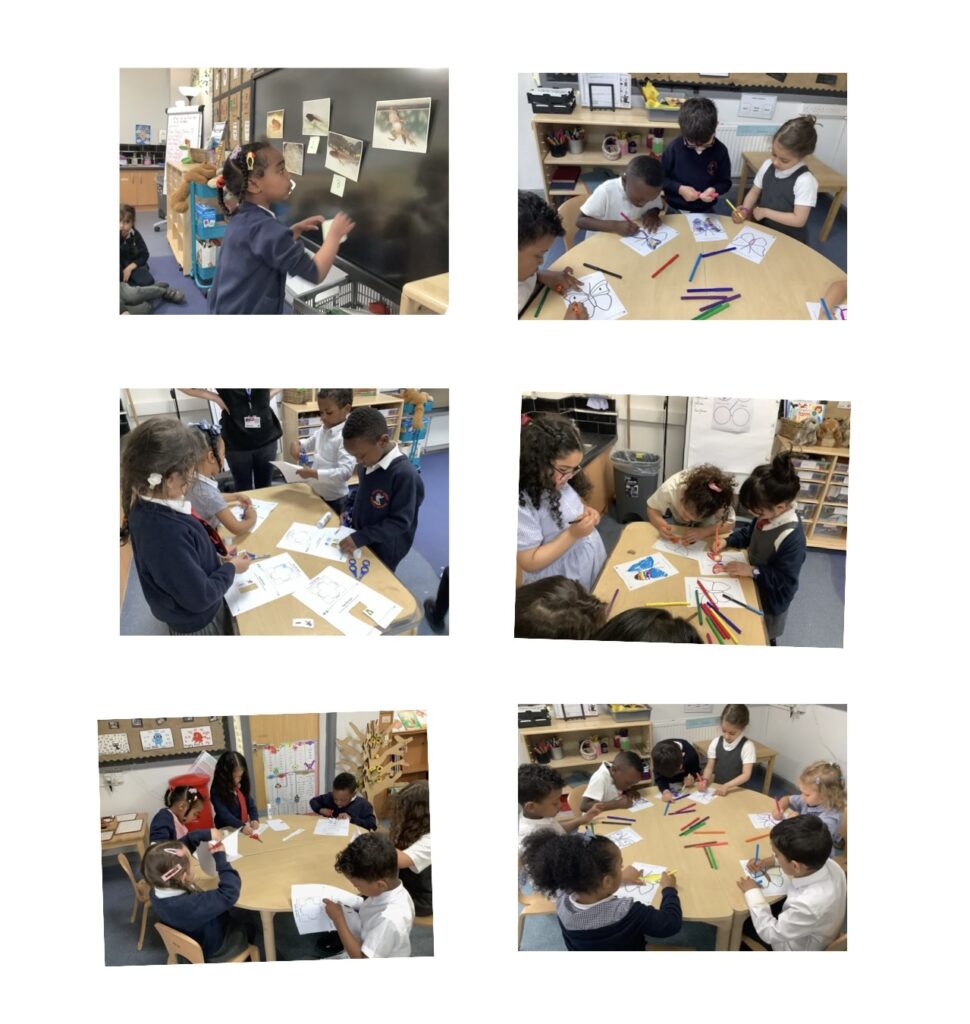
This week Reception have been learning all about butterfly lifecycles, exploring the way a caterpillar transforms into a butterfly, they have decorated their very own beautiful butterflies. In art Reception have been exploring mixing water colours and using pipets to make a painting, Reception have used cotton pads to create a lovely caterpillar.
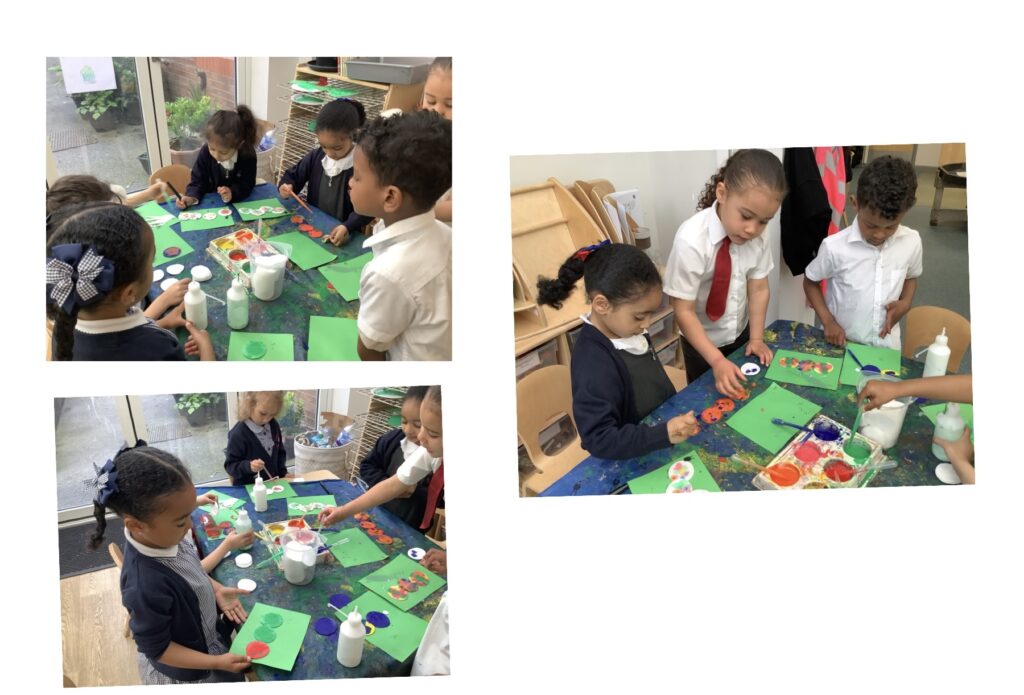

Class 3 have been busy dissecting flowers and labelling the different parts!
50
Nursery had a wonderful visit to Acorn Farm, building upon our Understanding of animals and the natural world
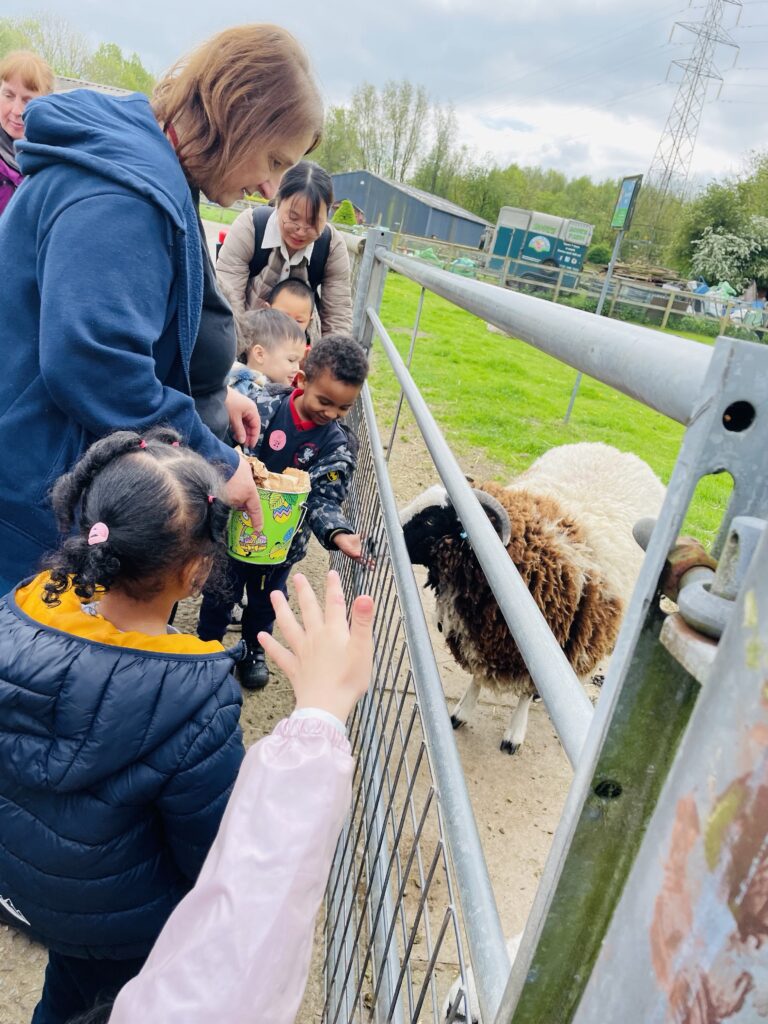
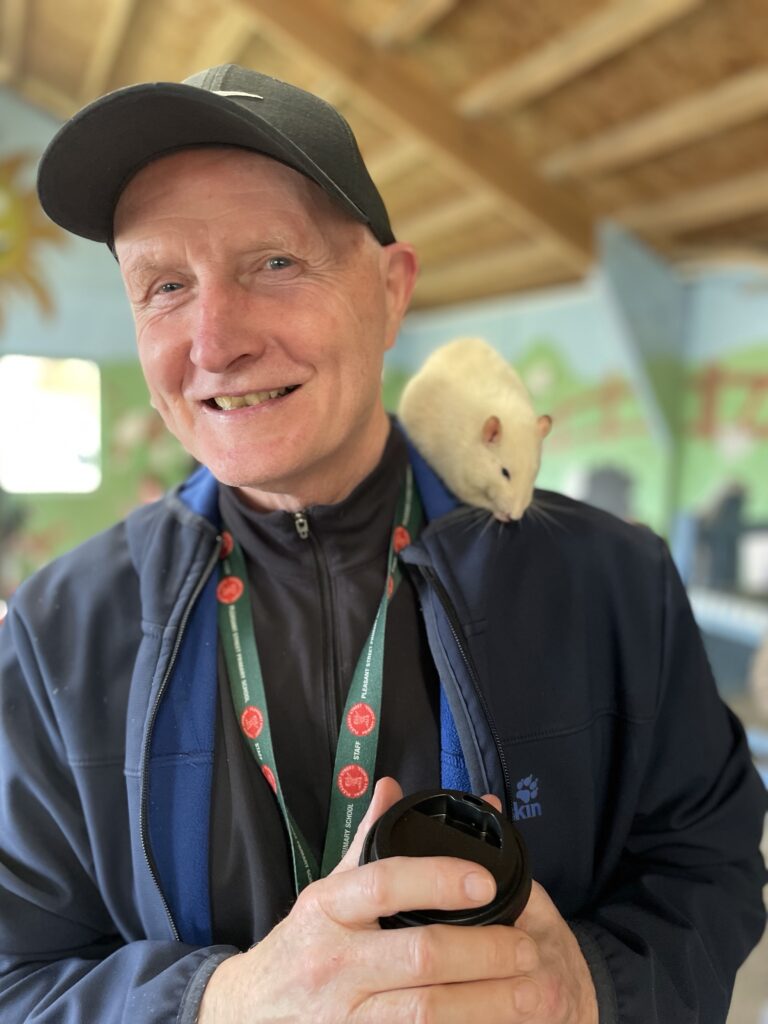
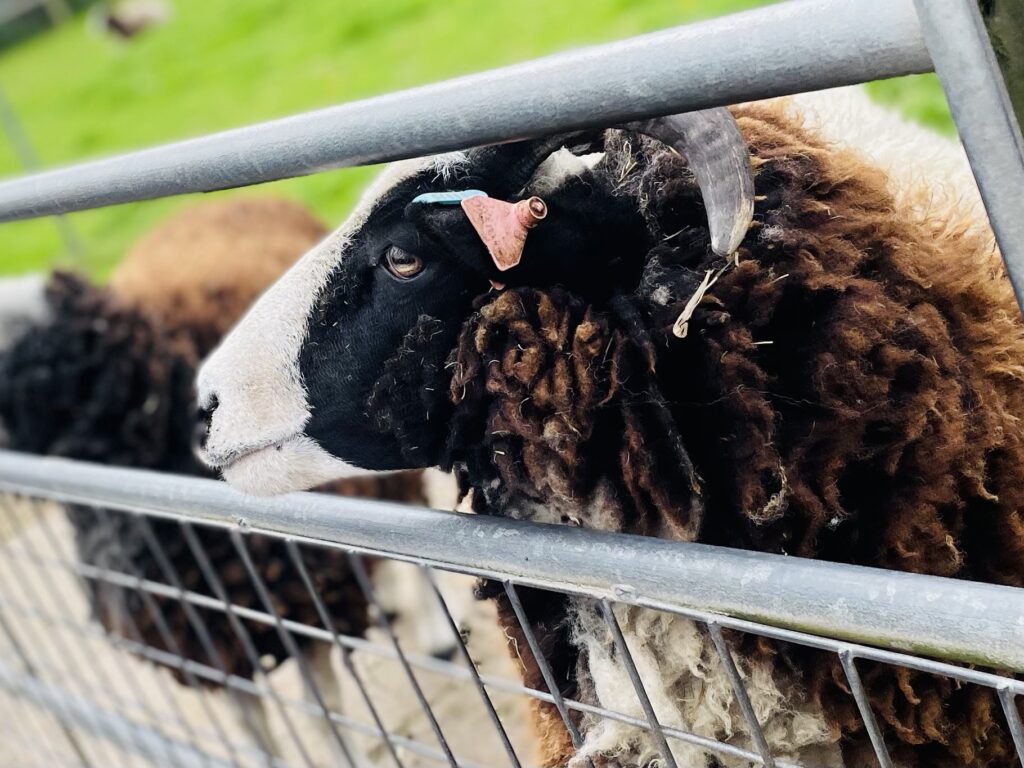
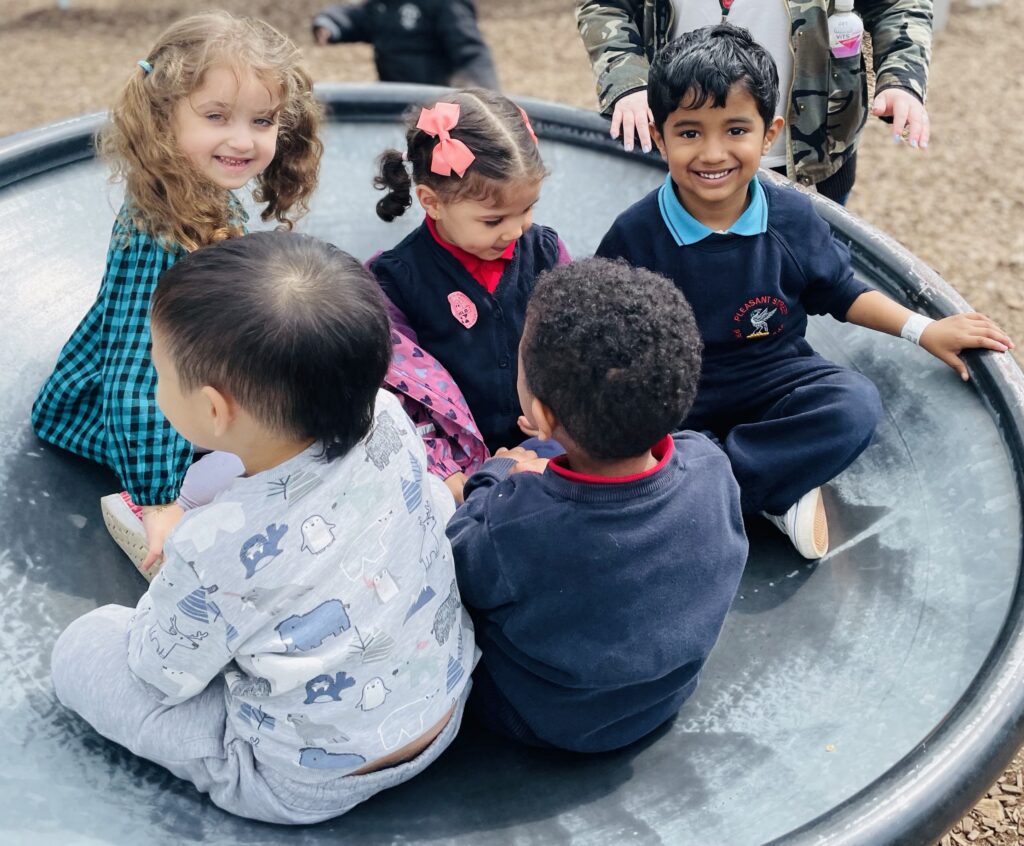
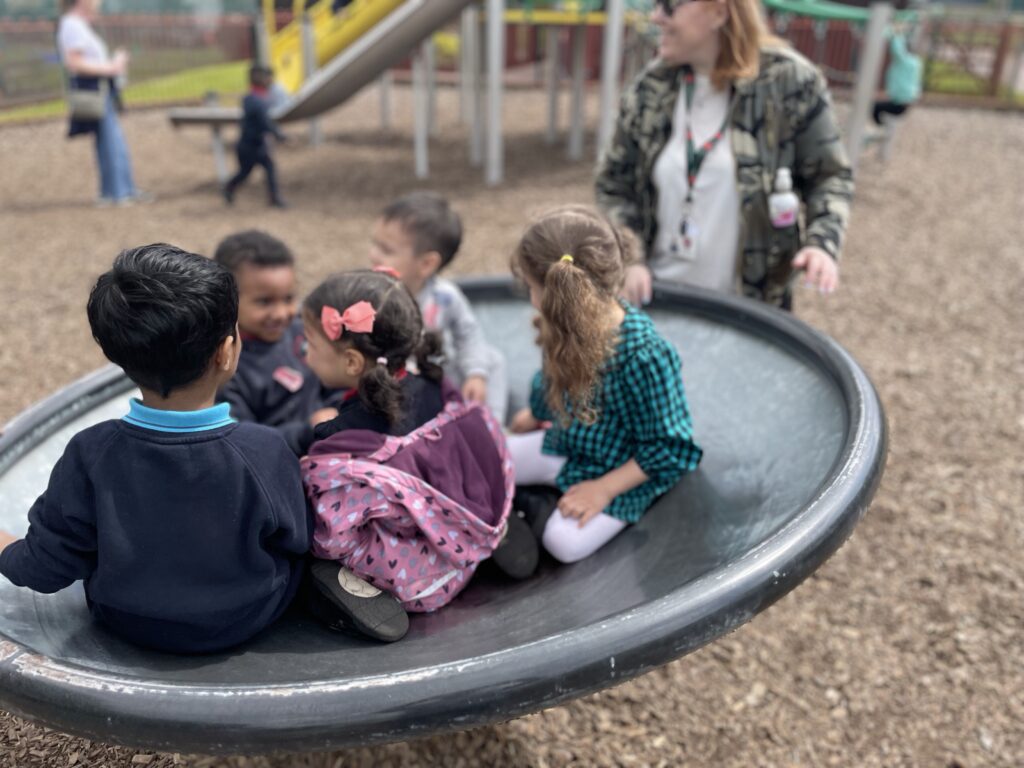
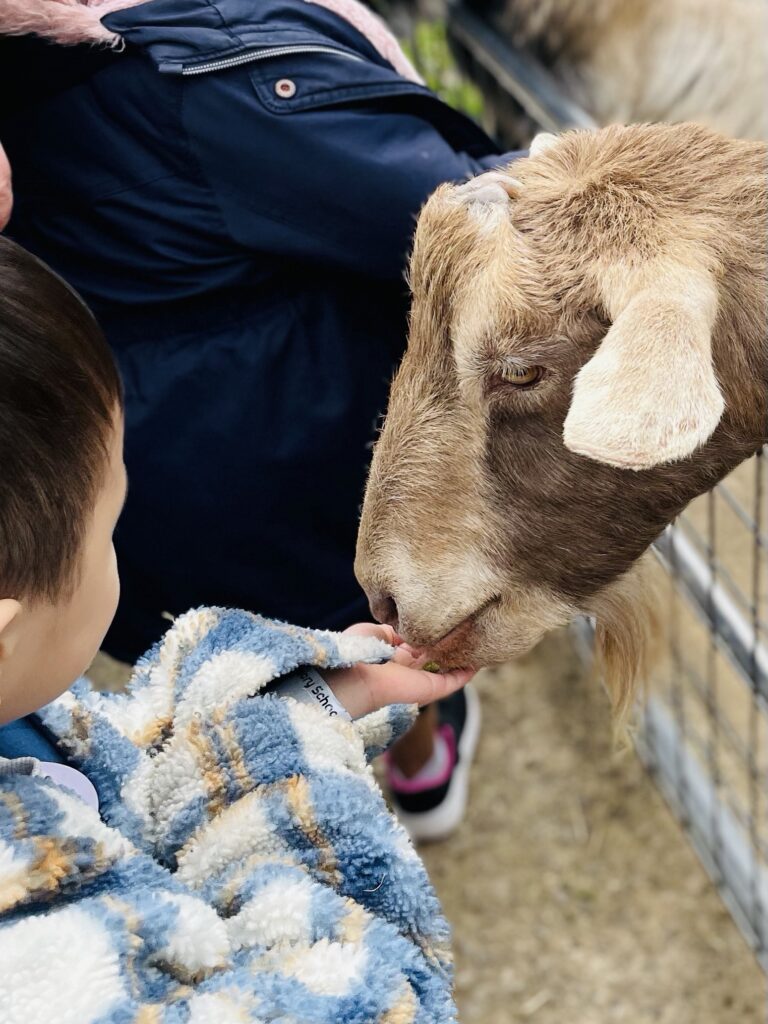
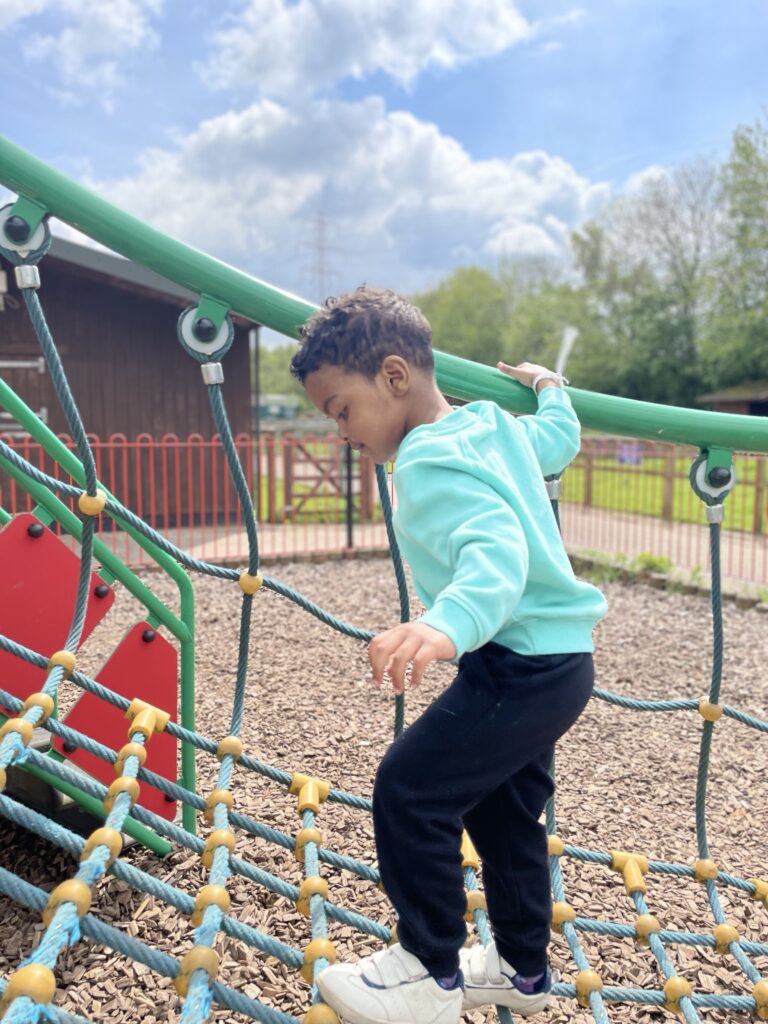
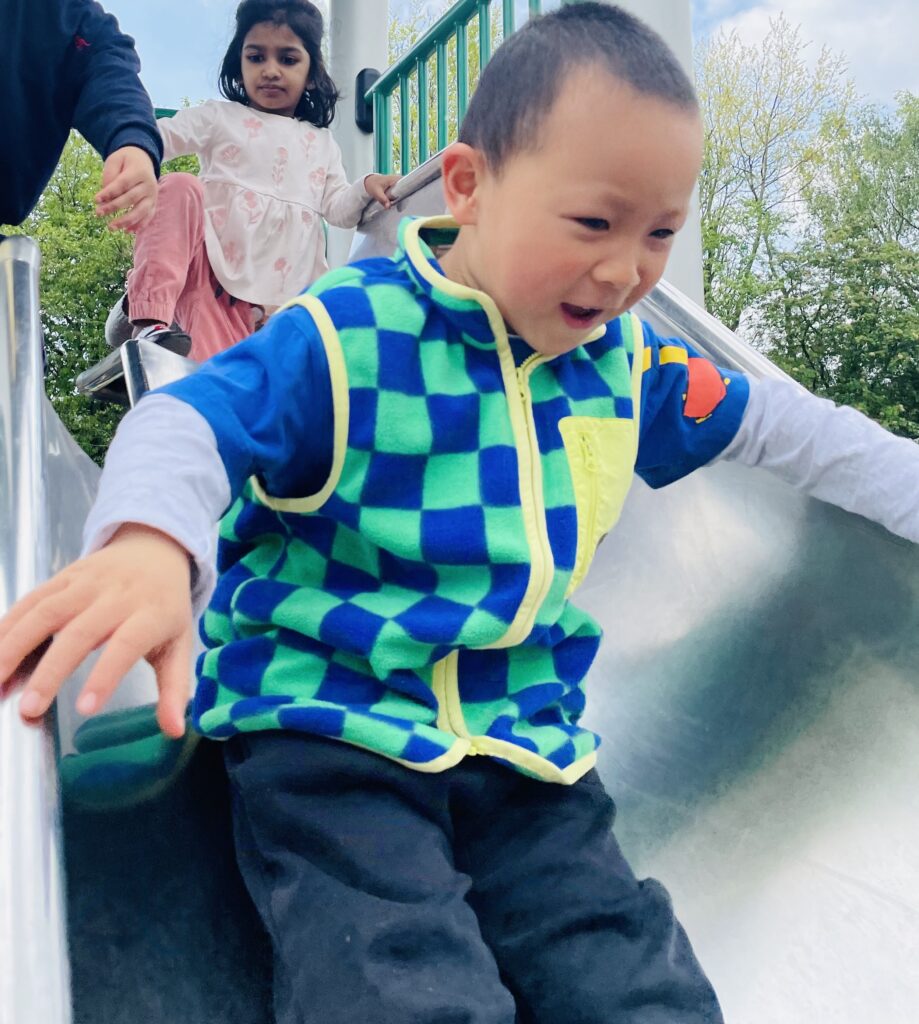
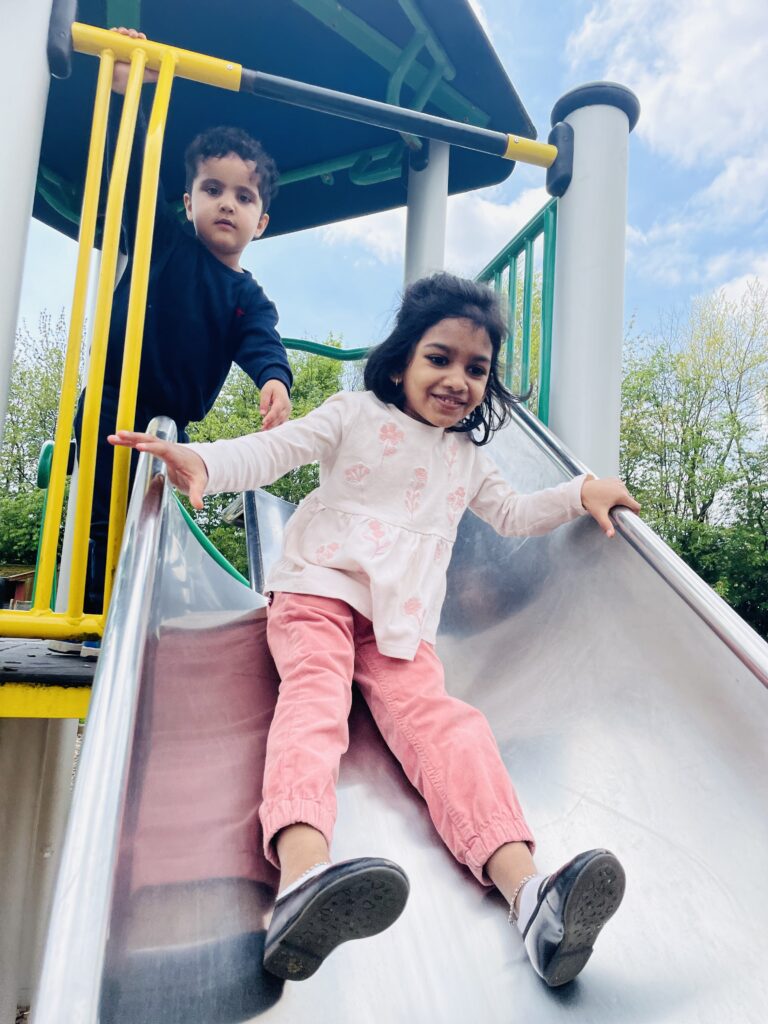
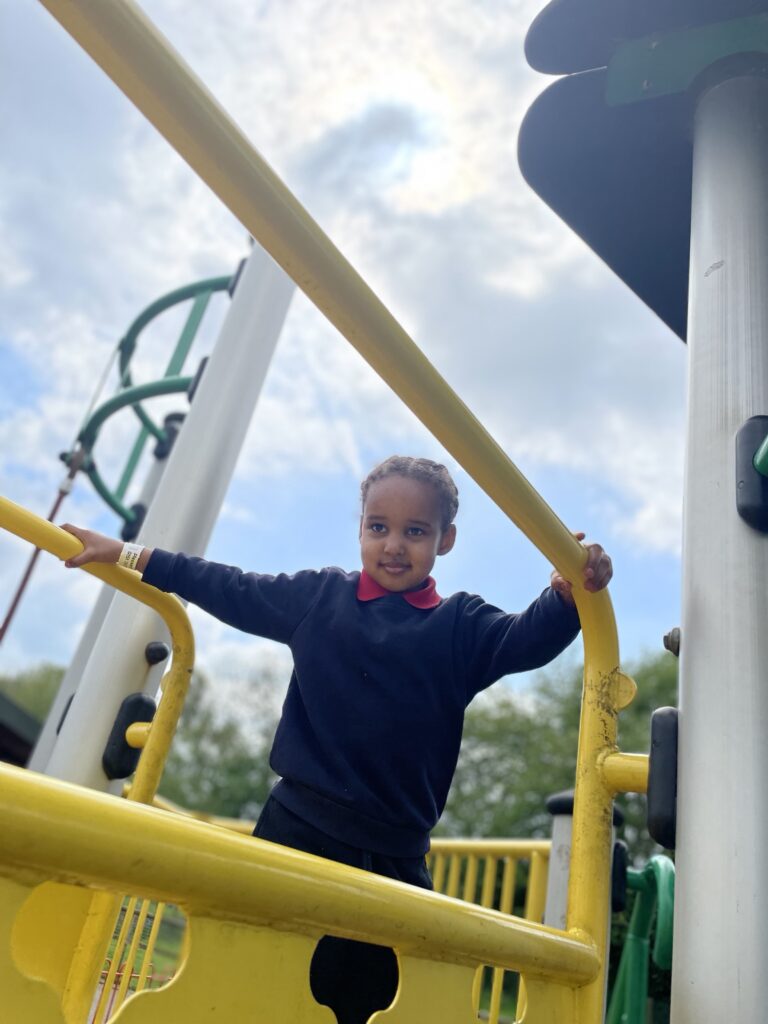
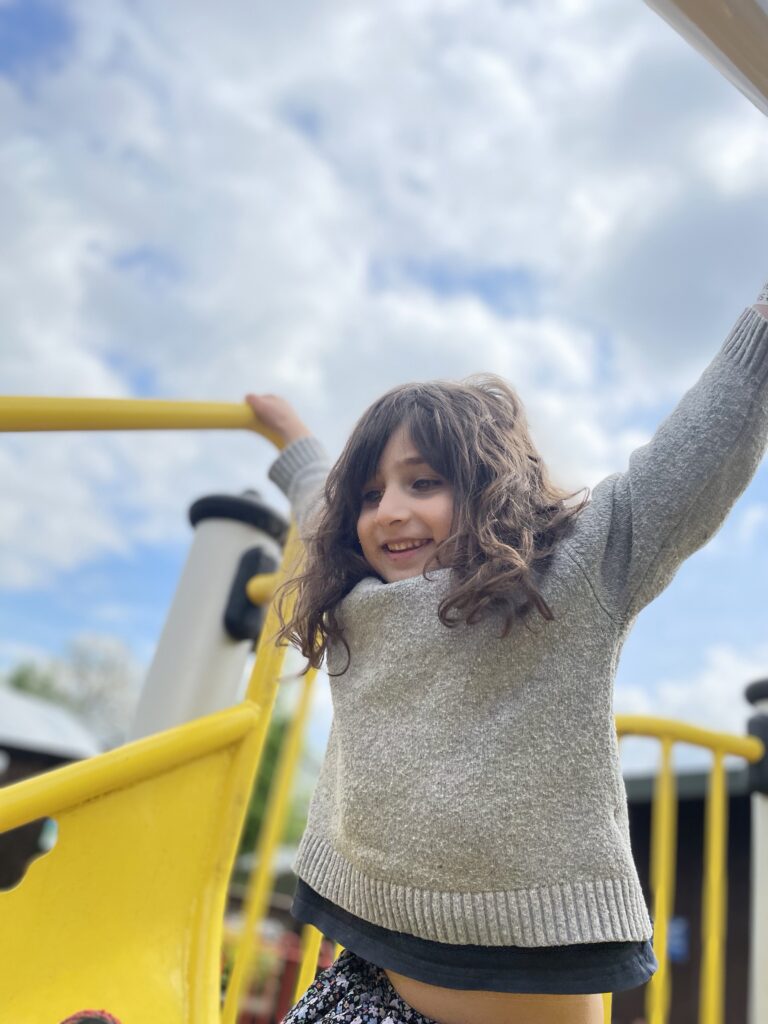
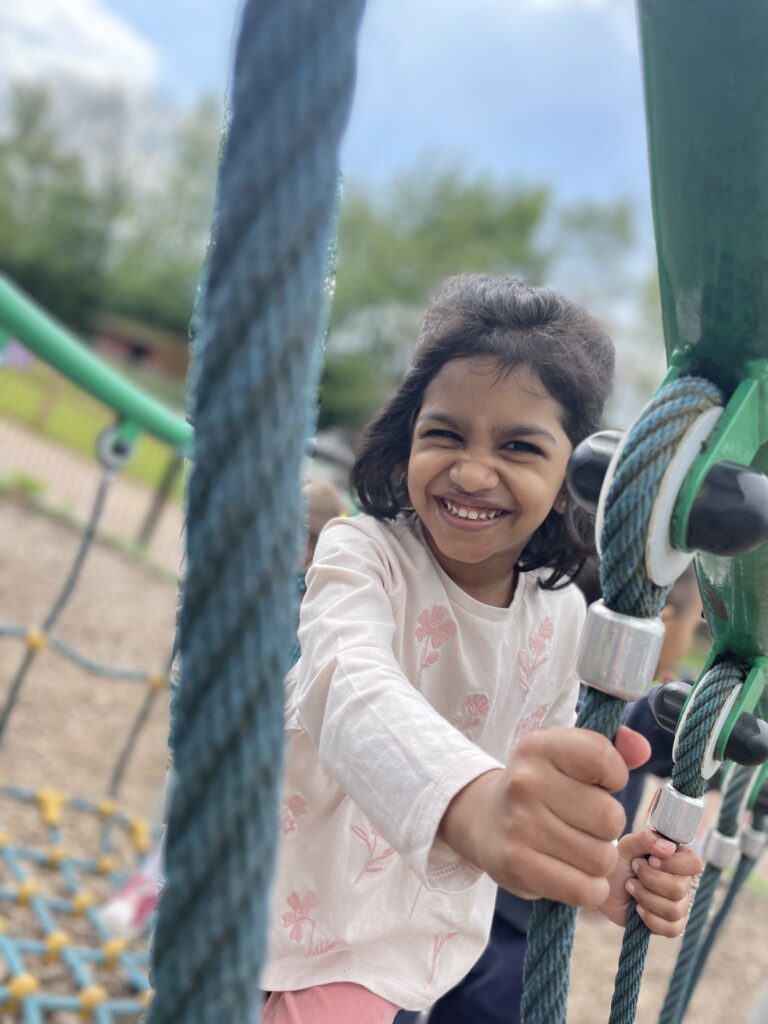
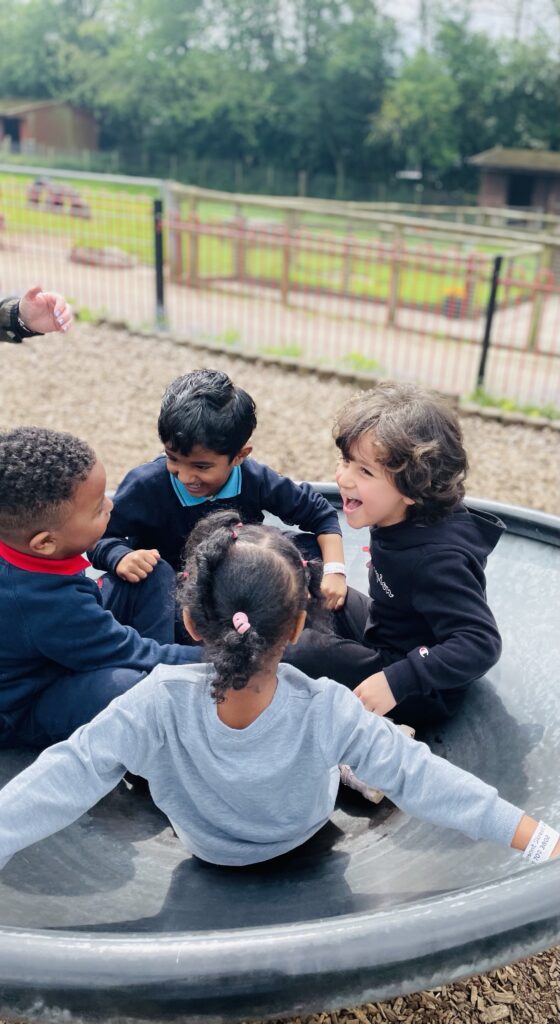
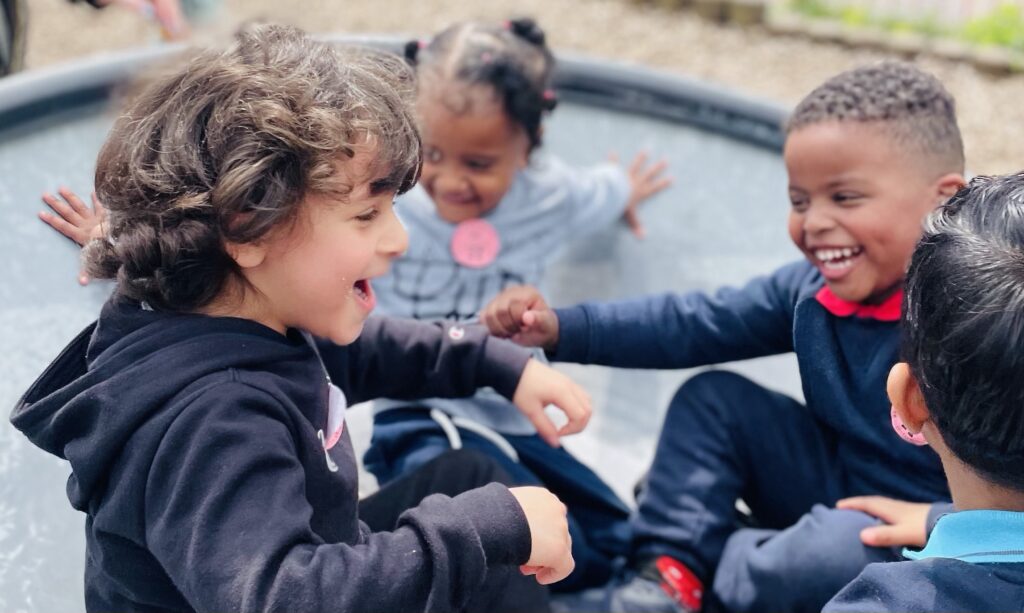
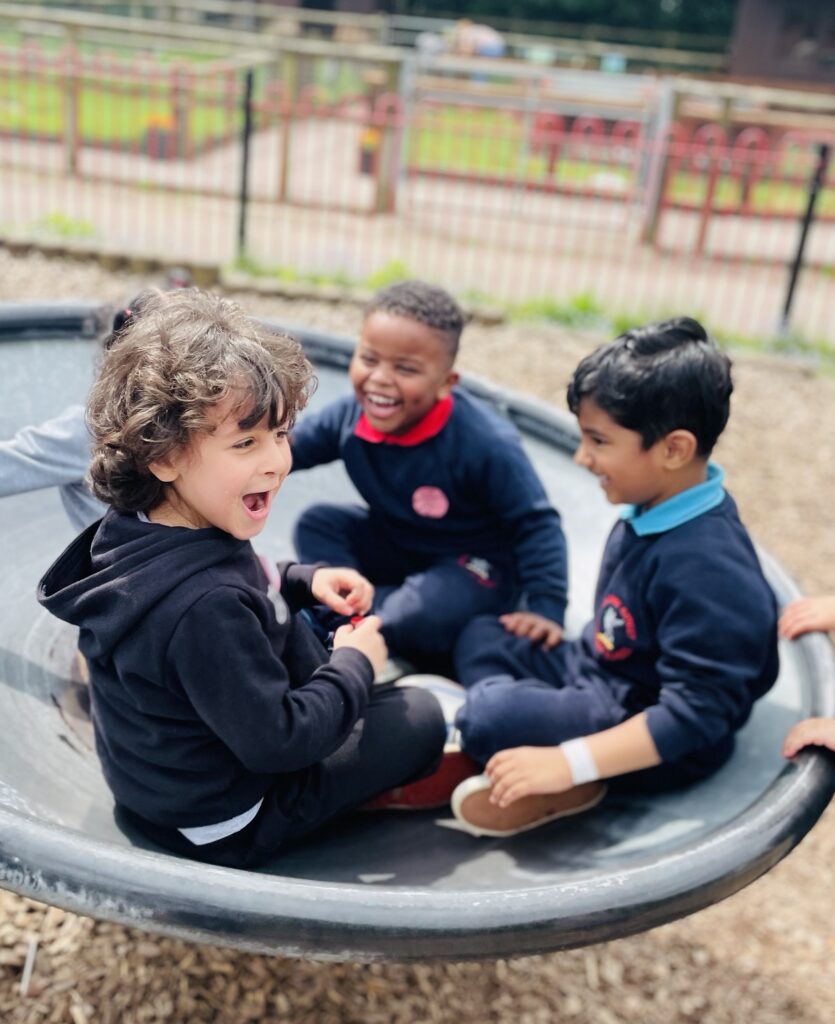
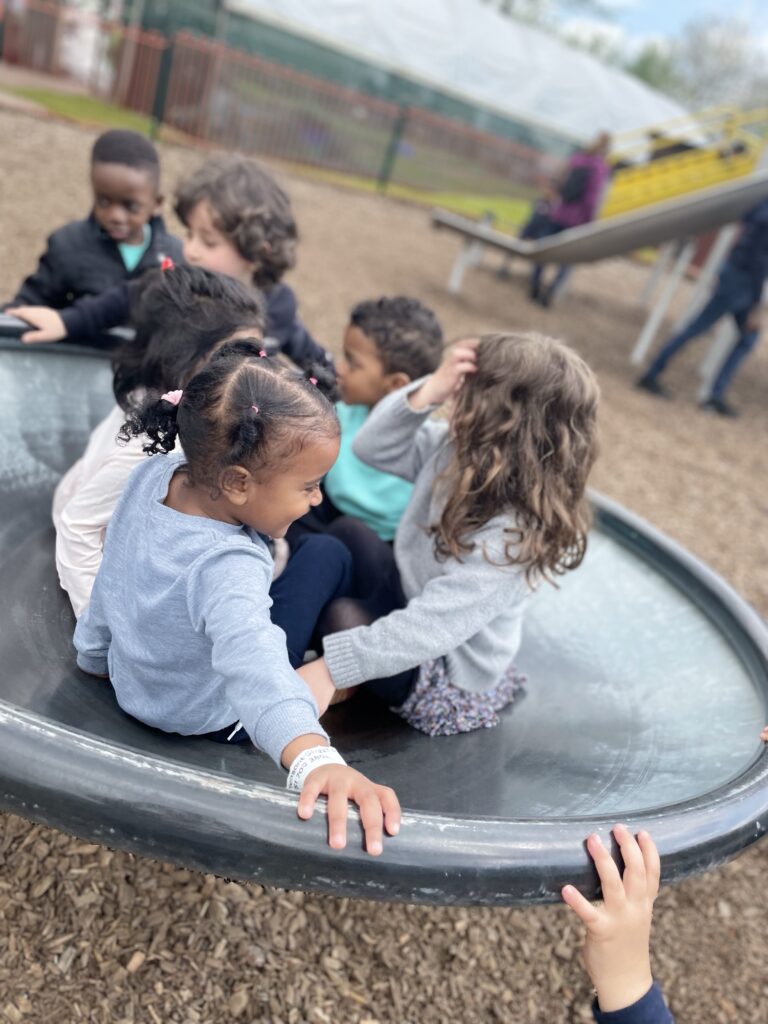
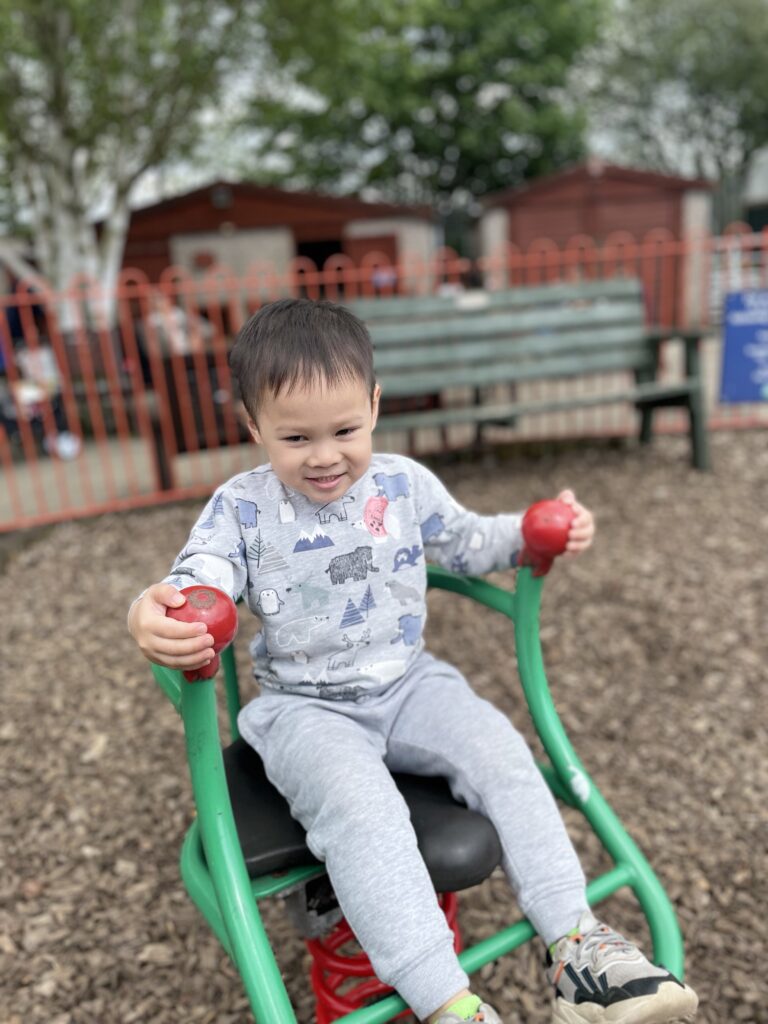
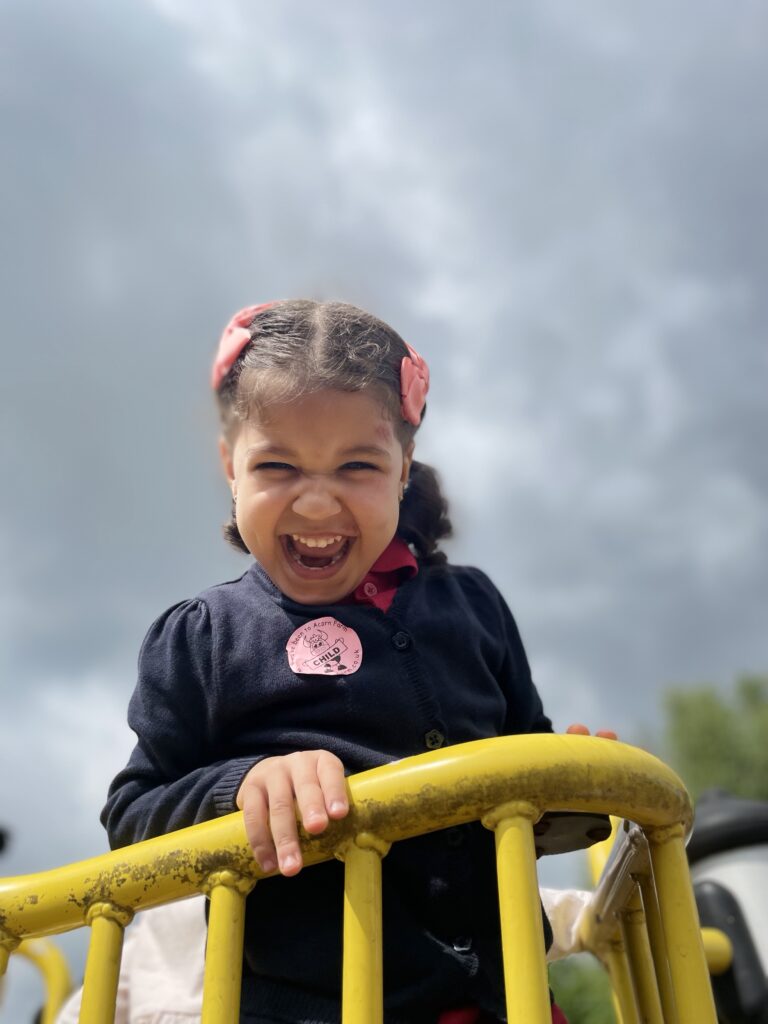
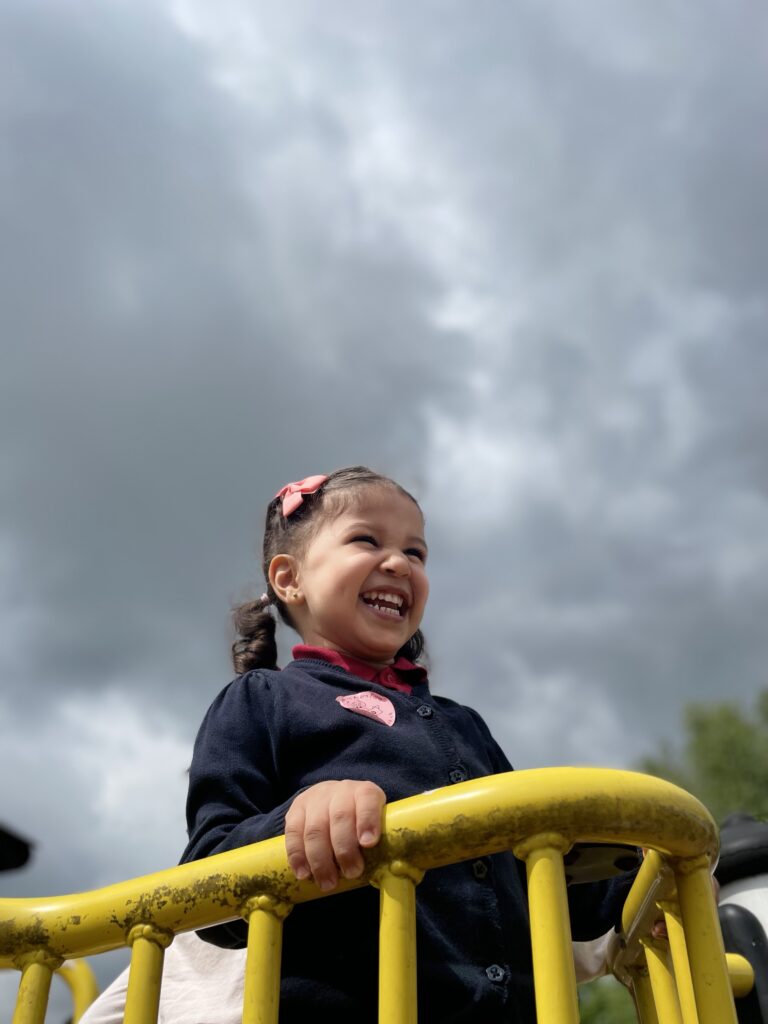
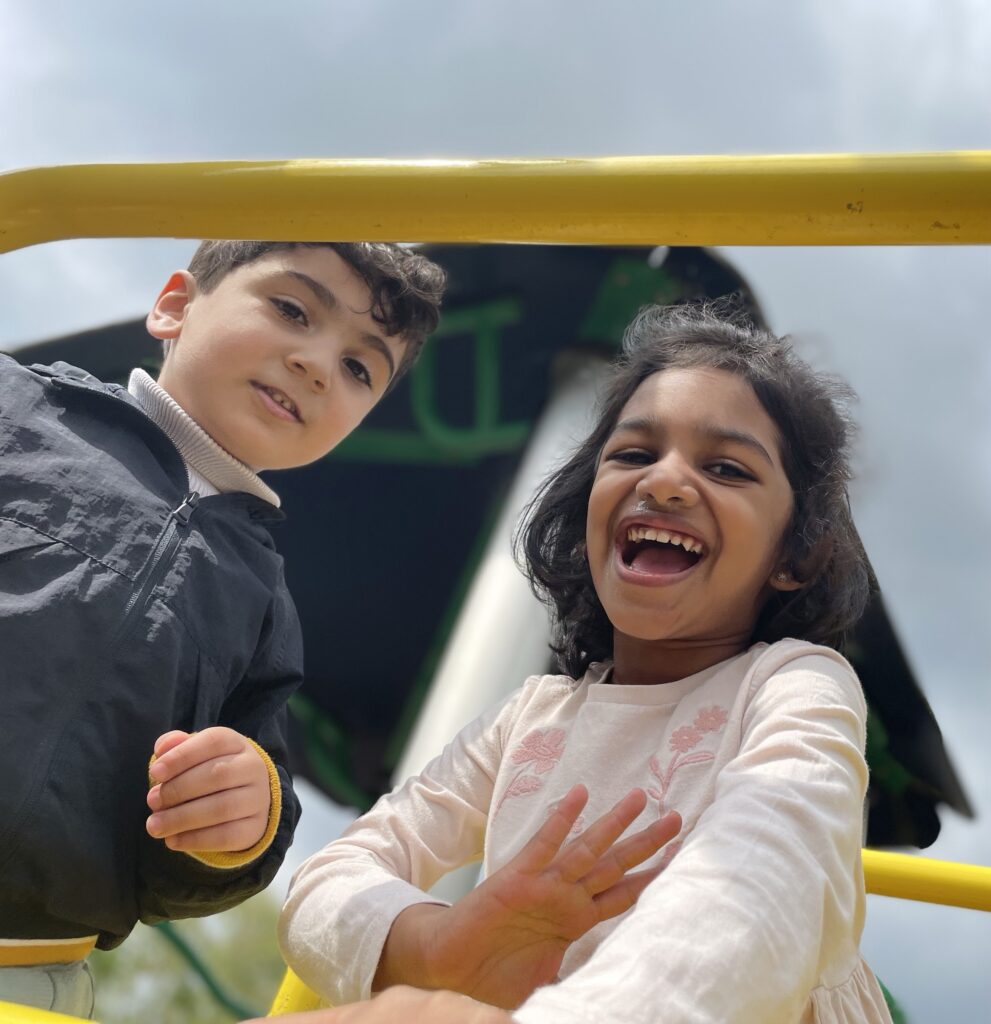
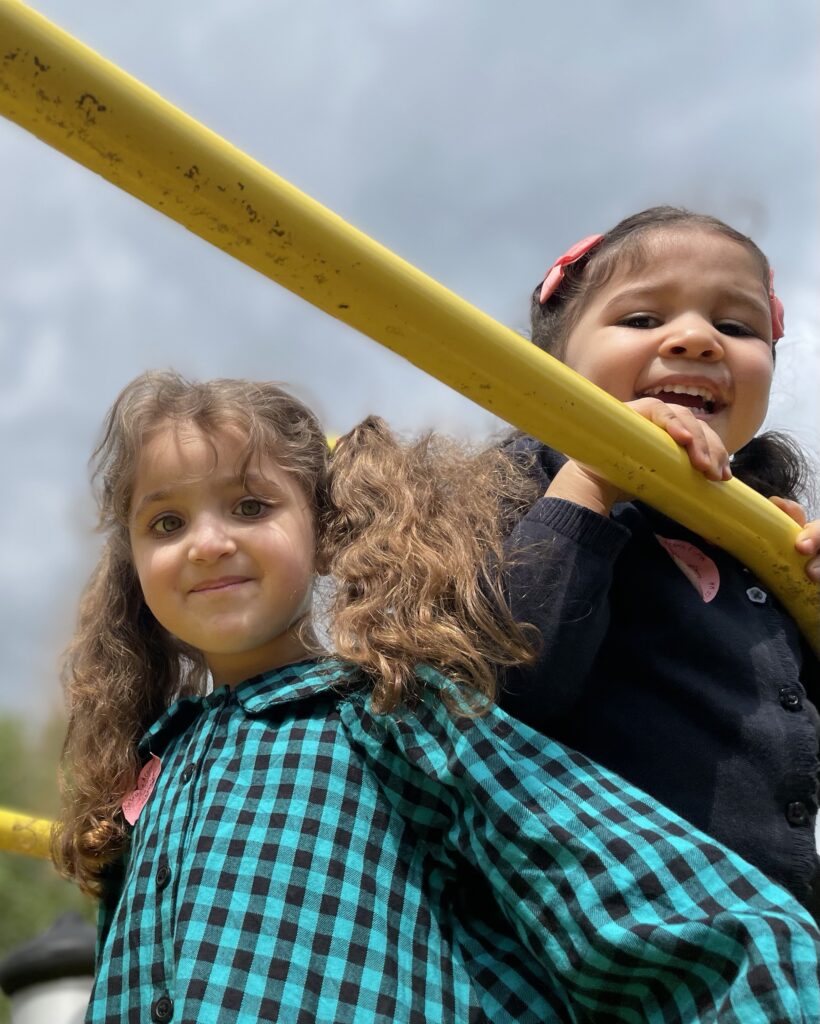
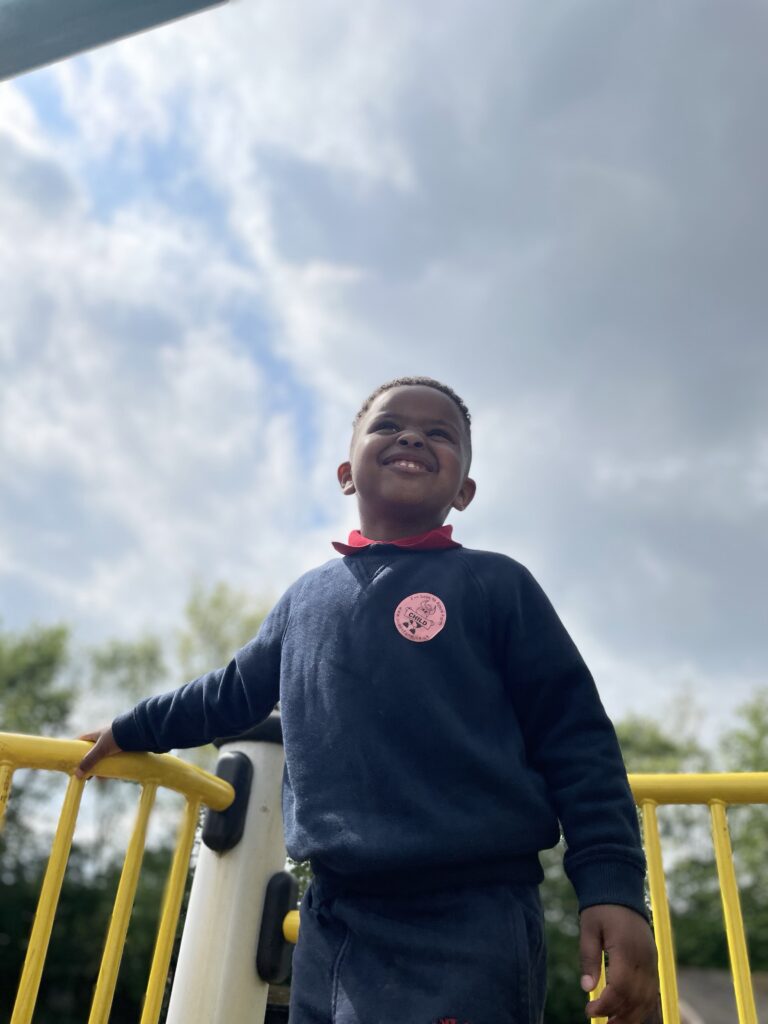
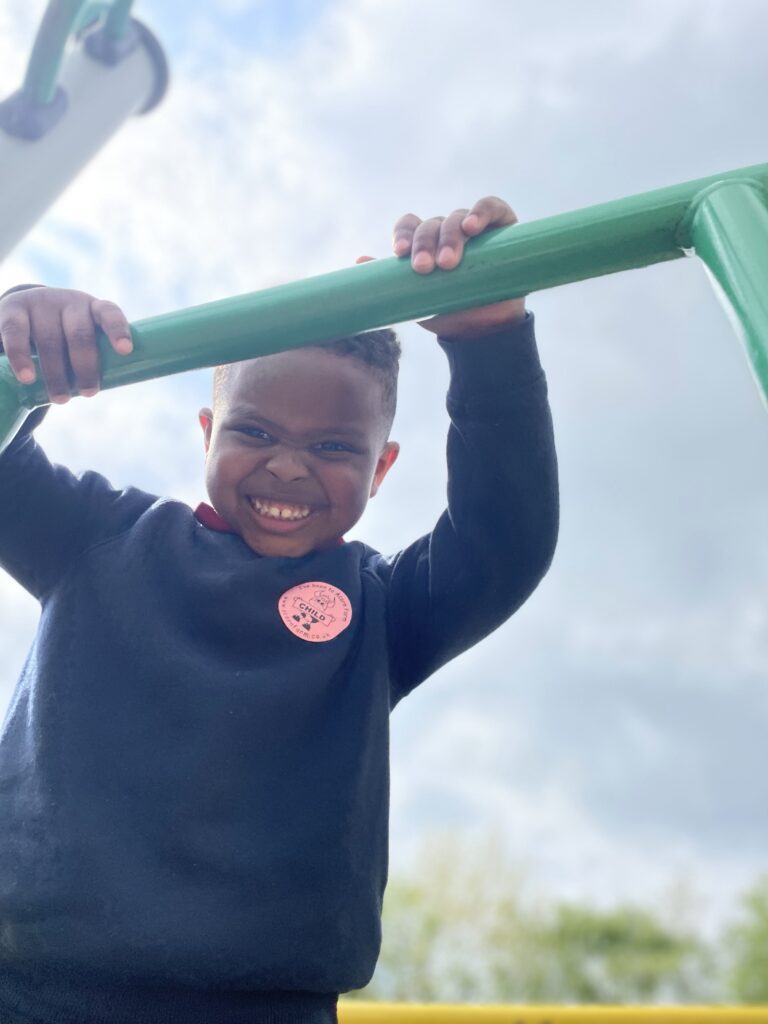
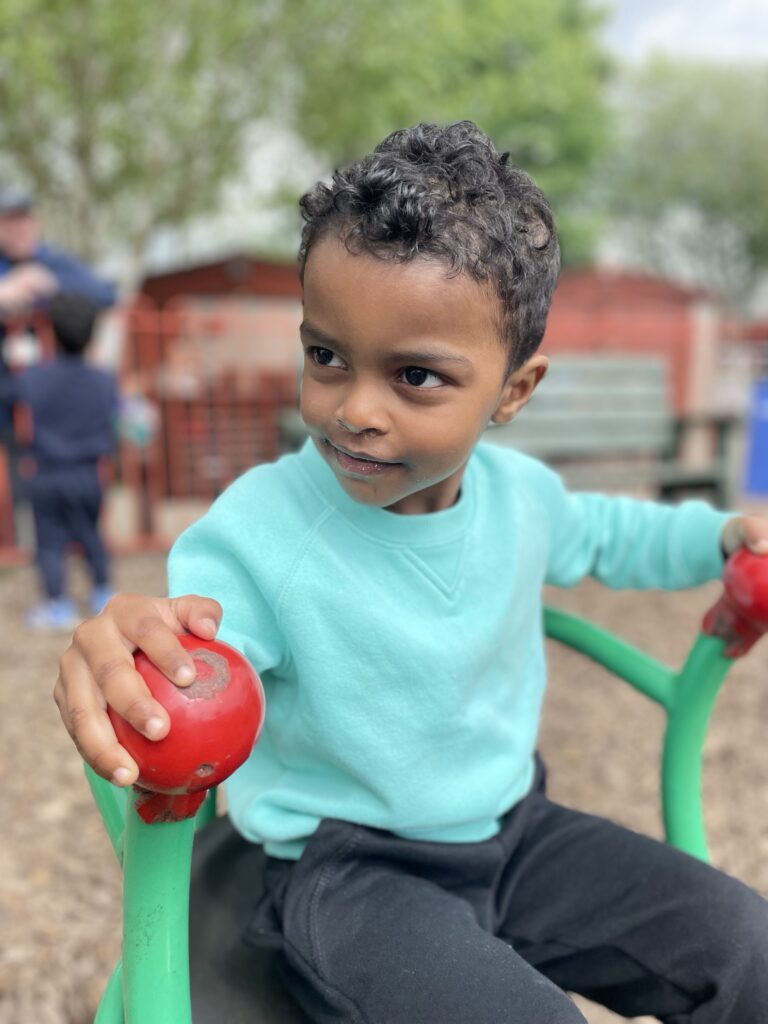
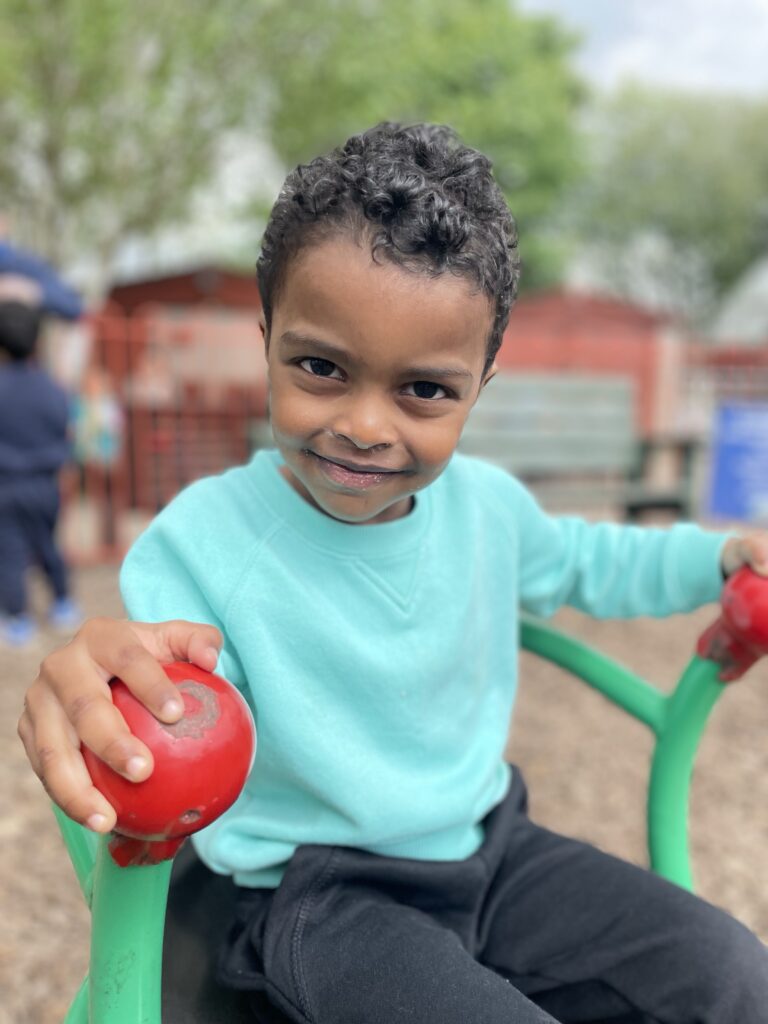
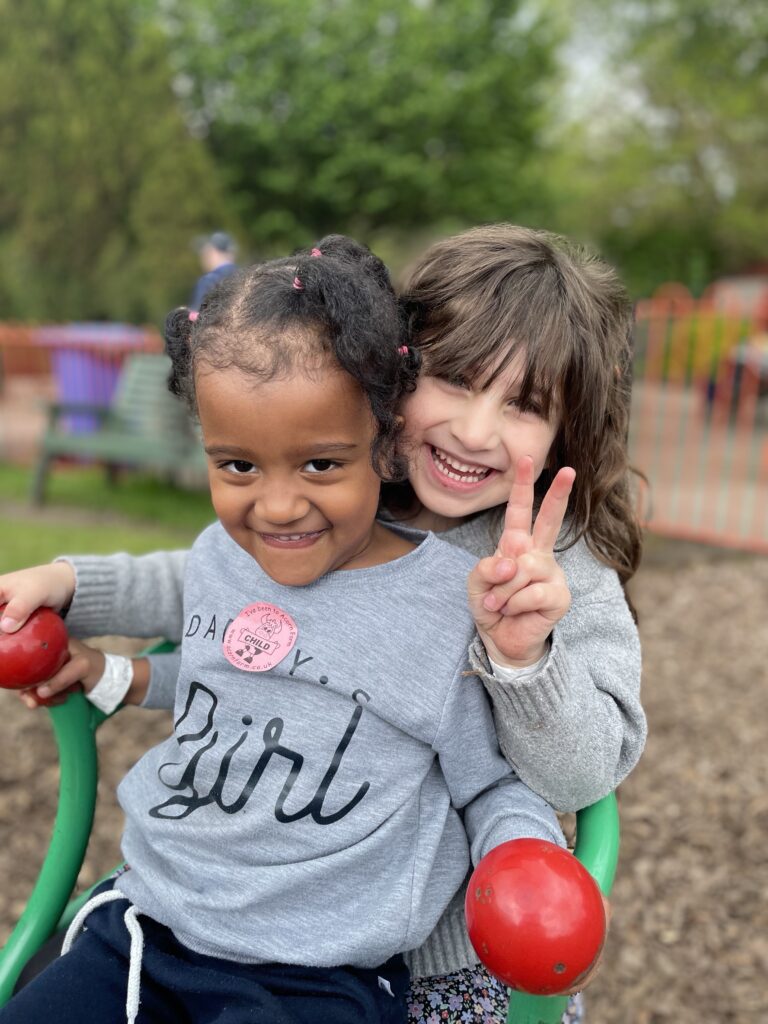
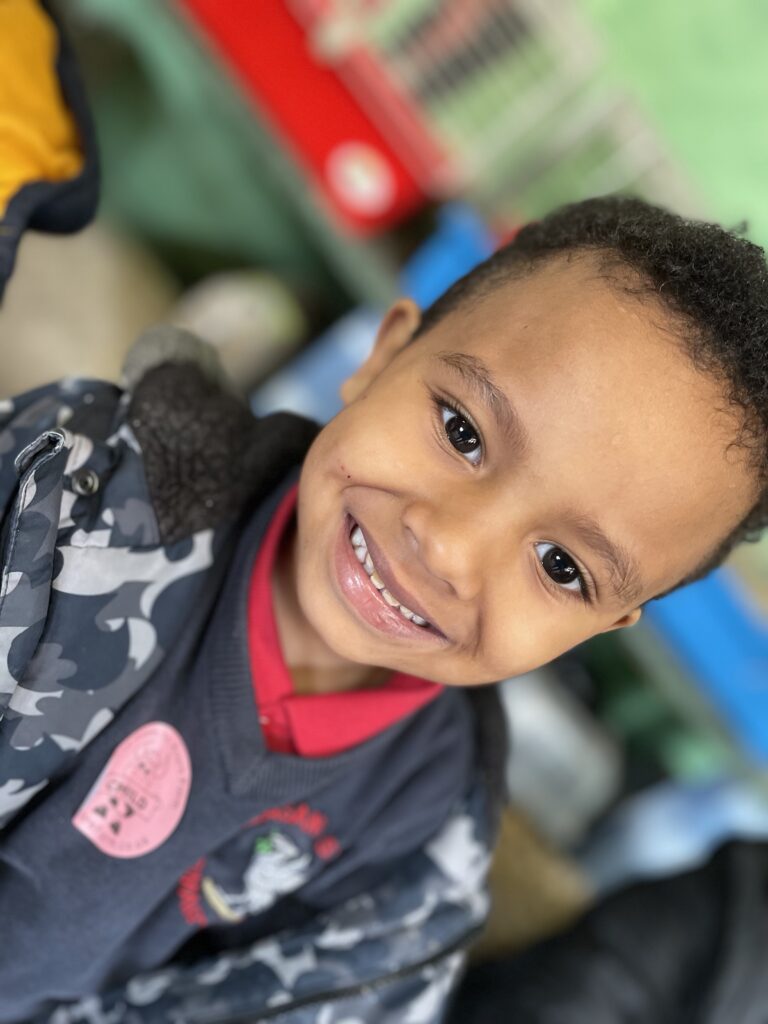
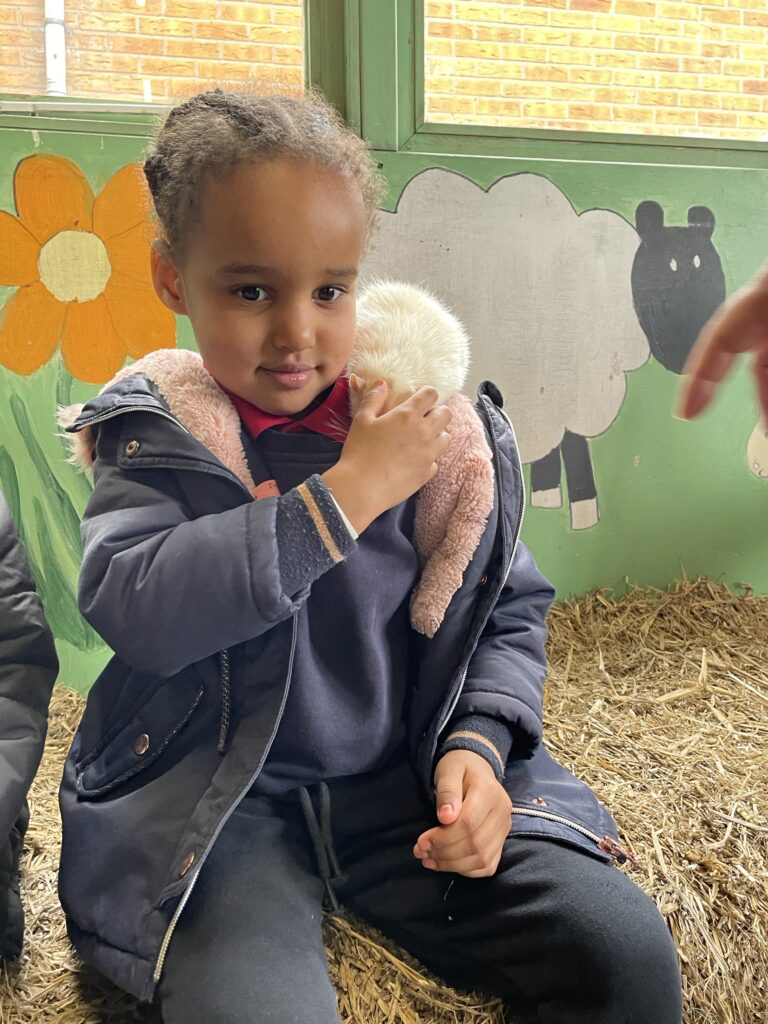
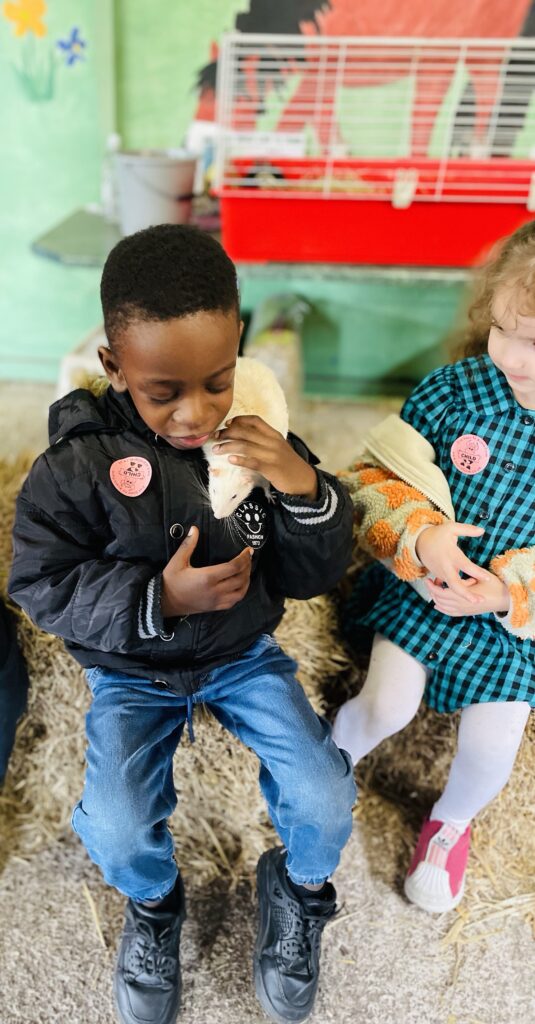
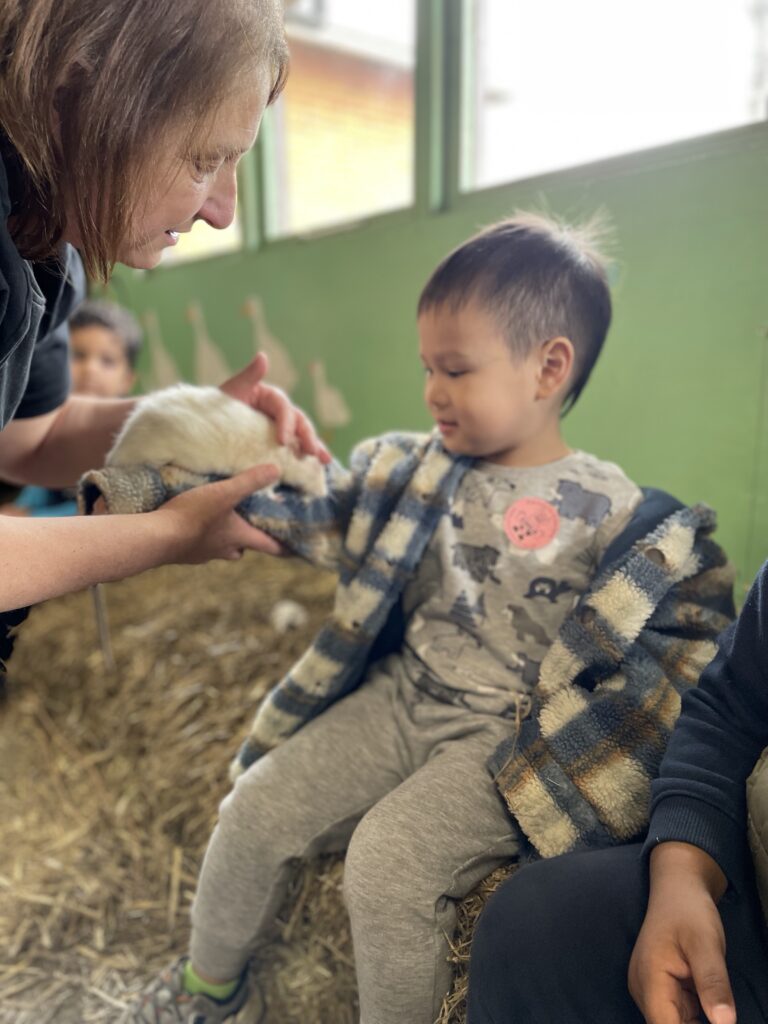
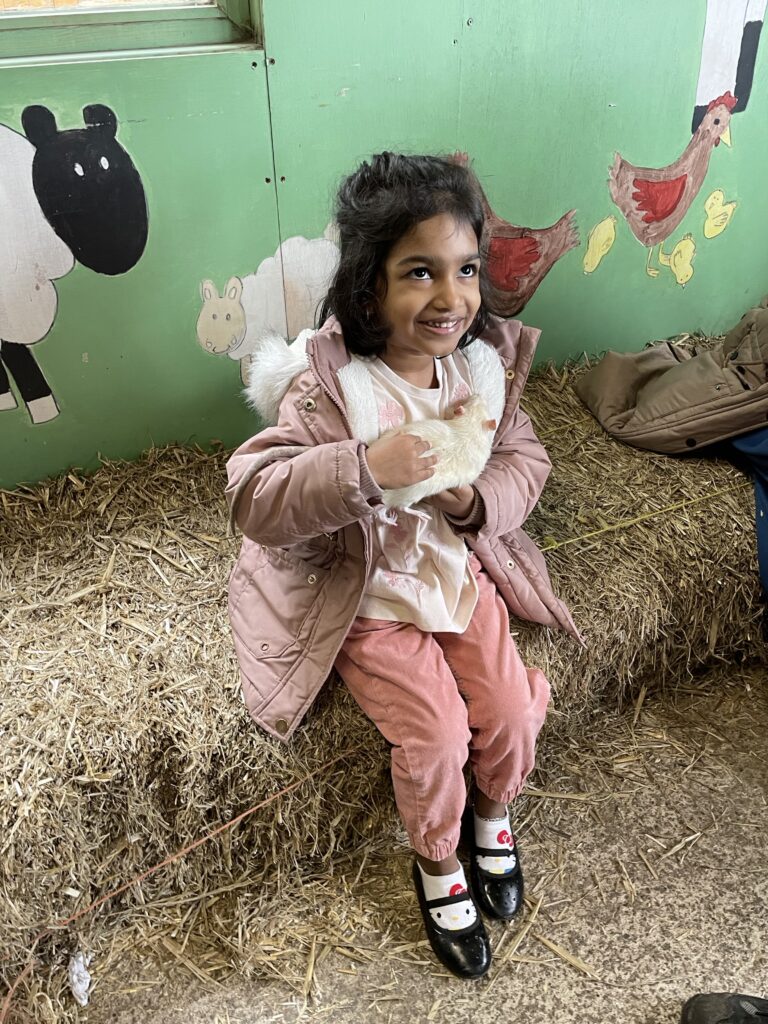
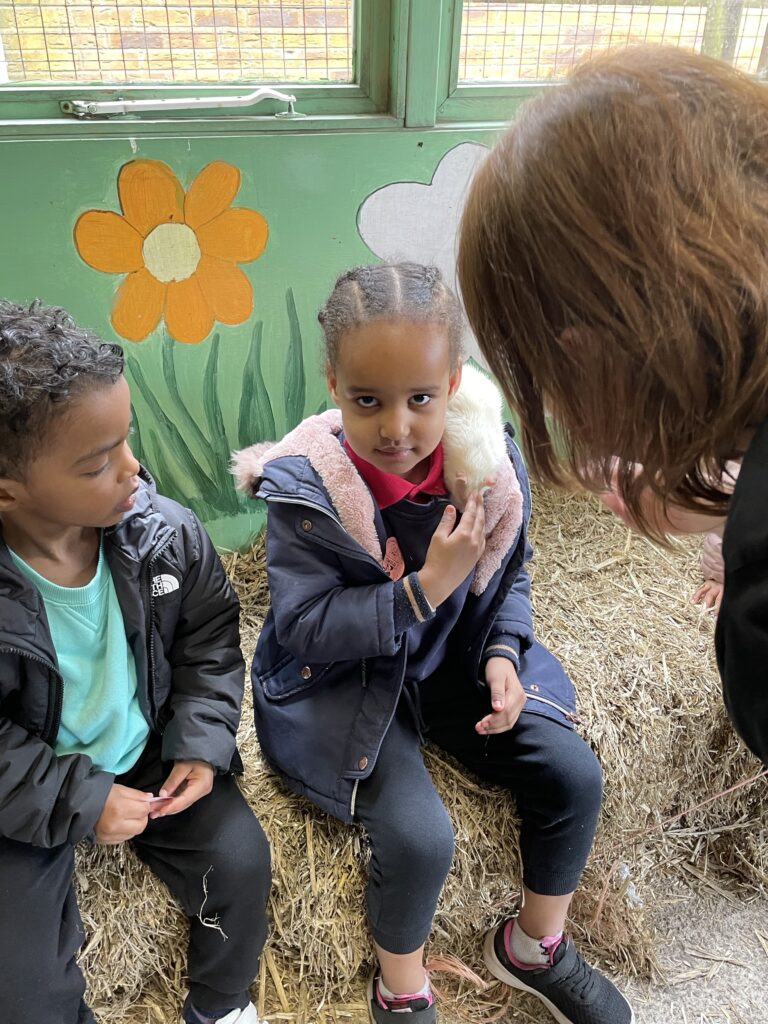
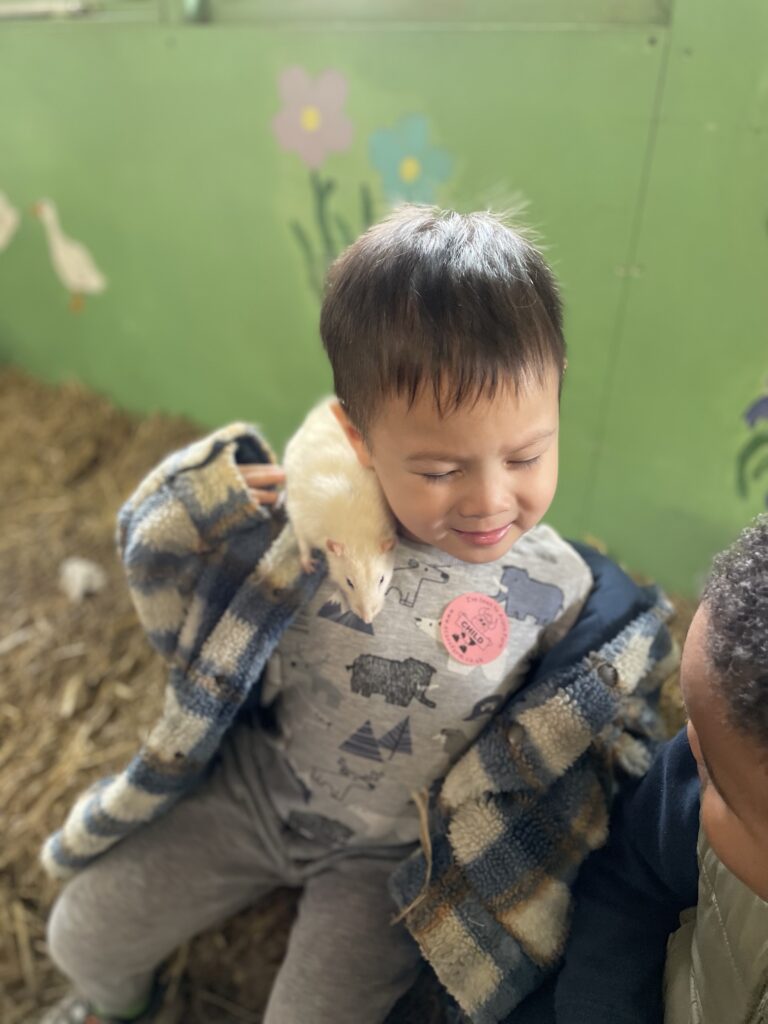
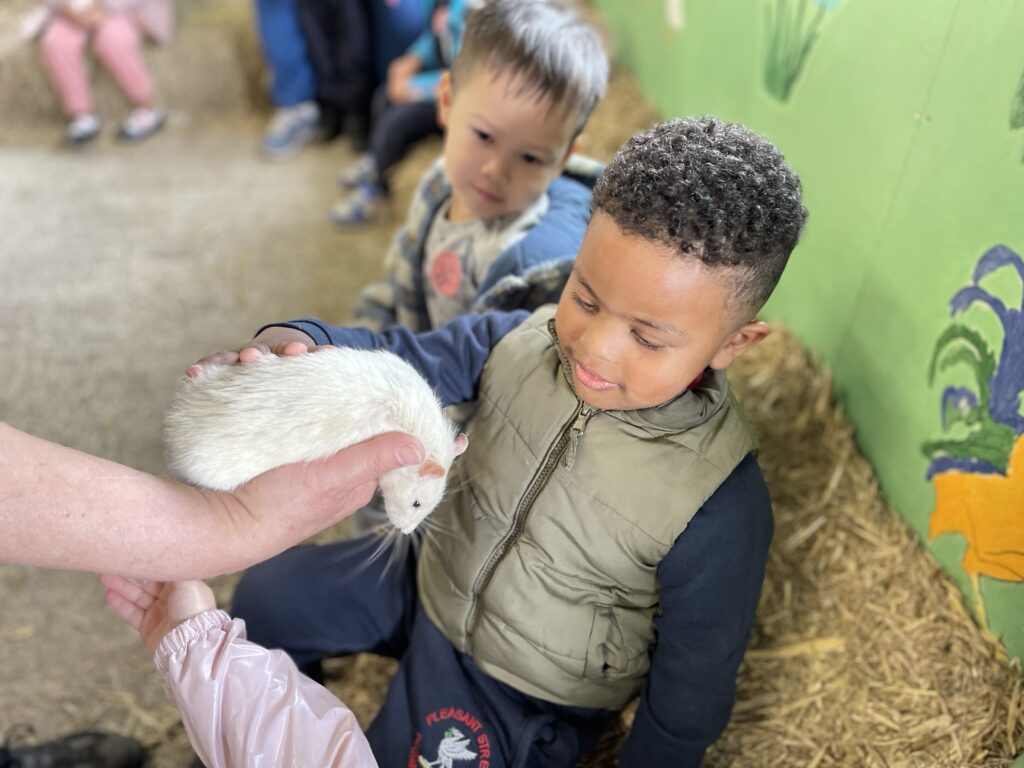
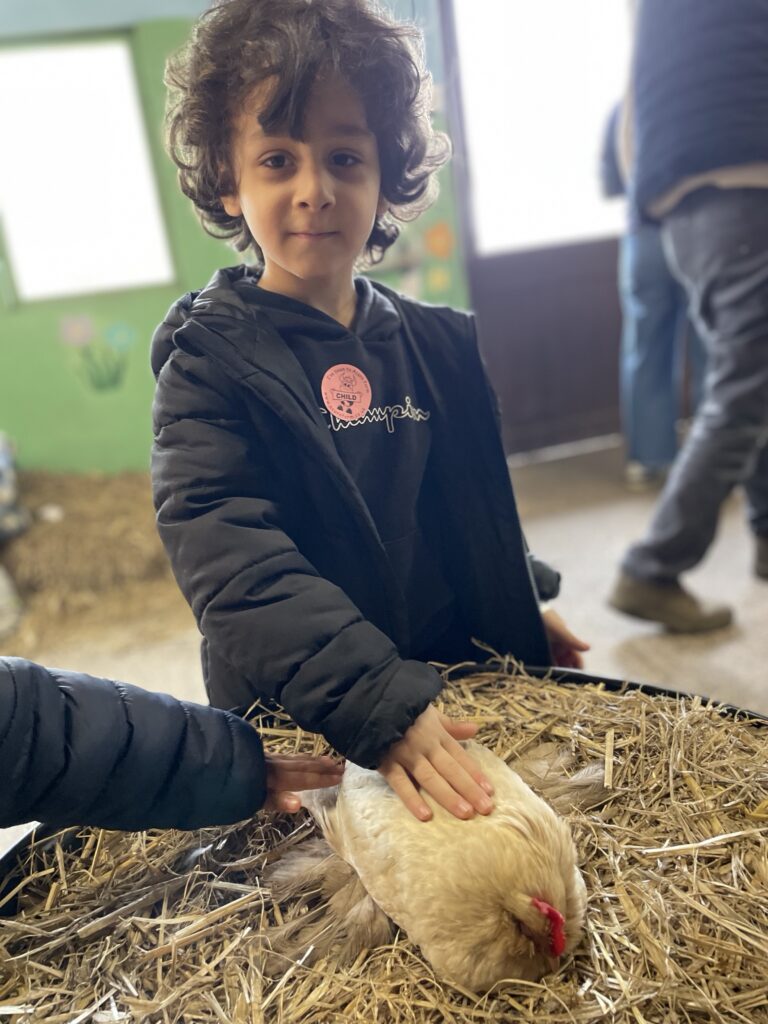
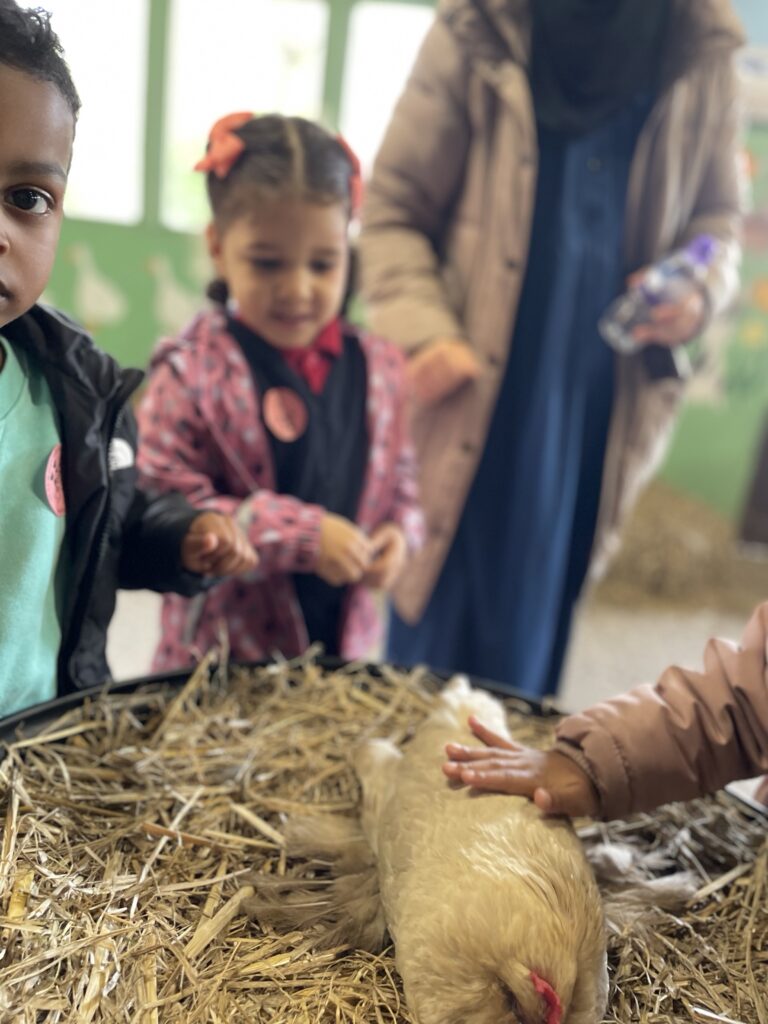
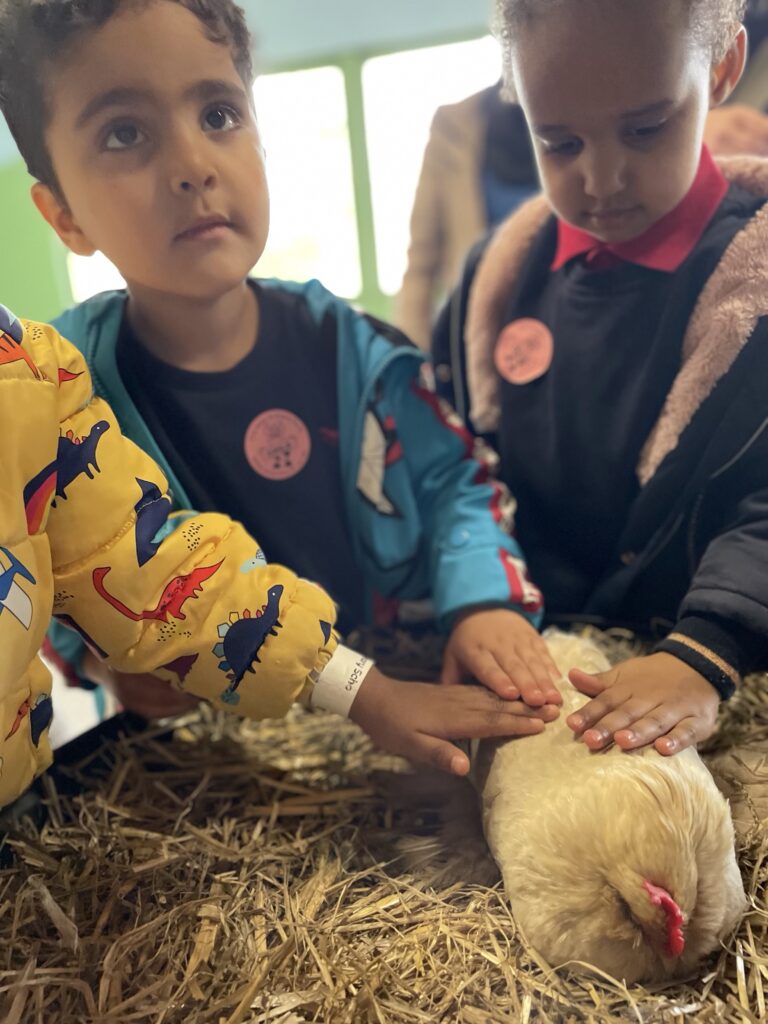
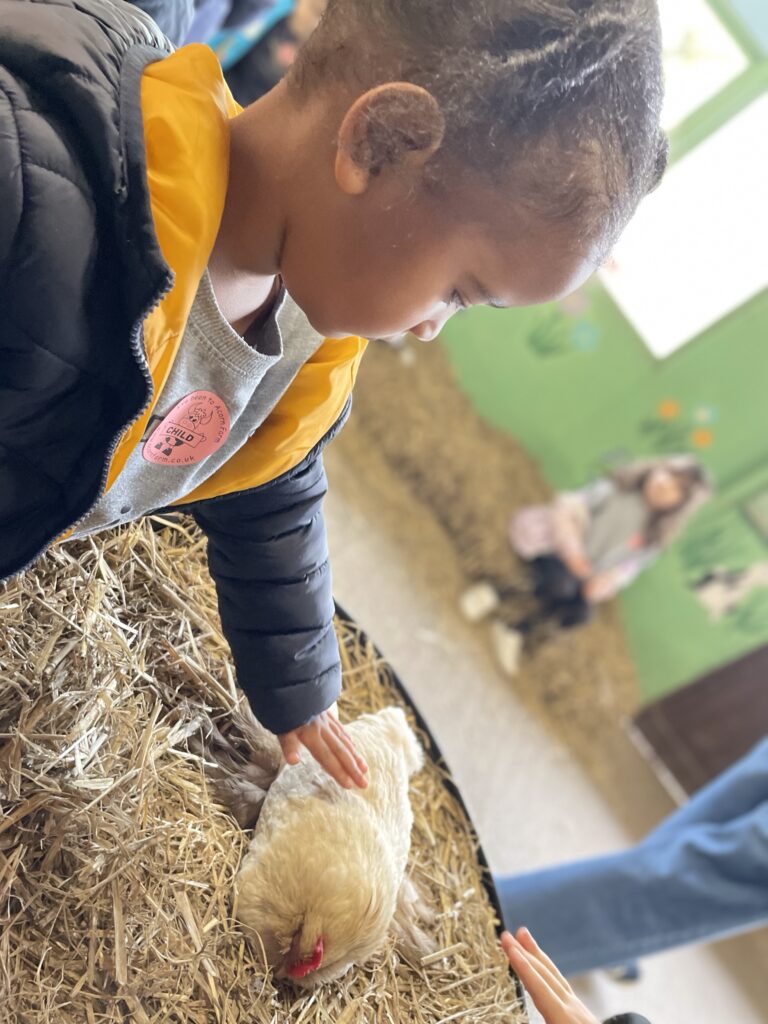
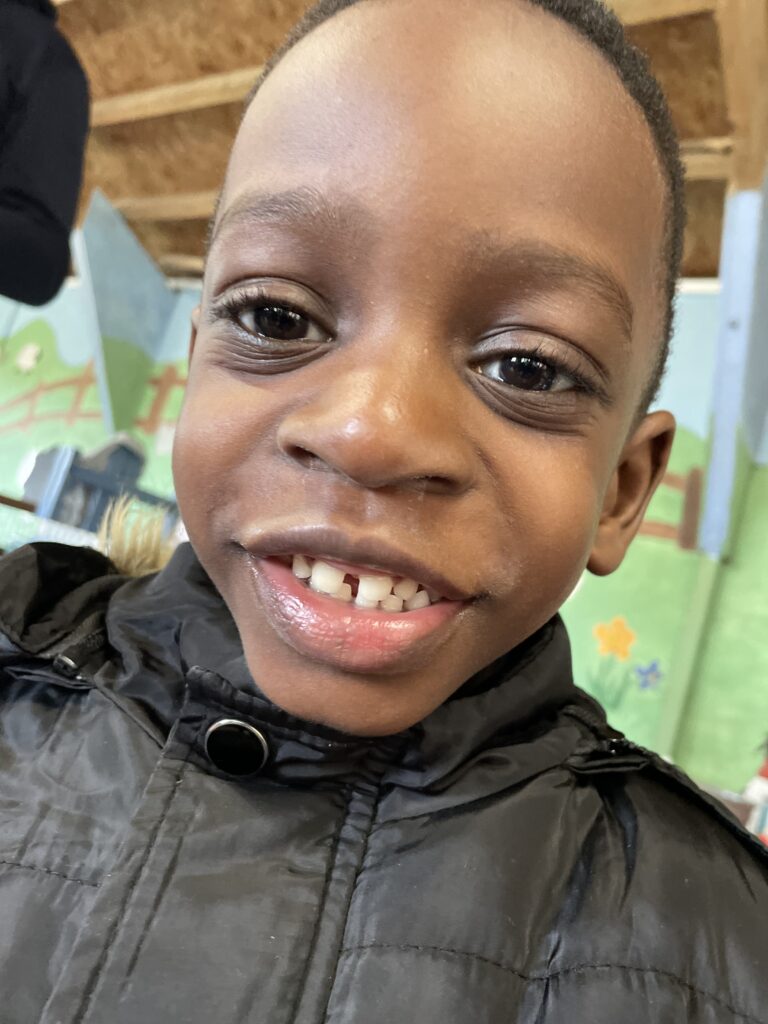
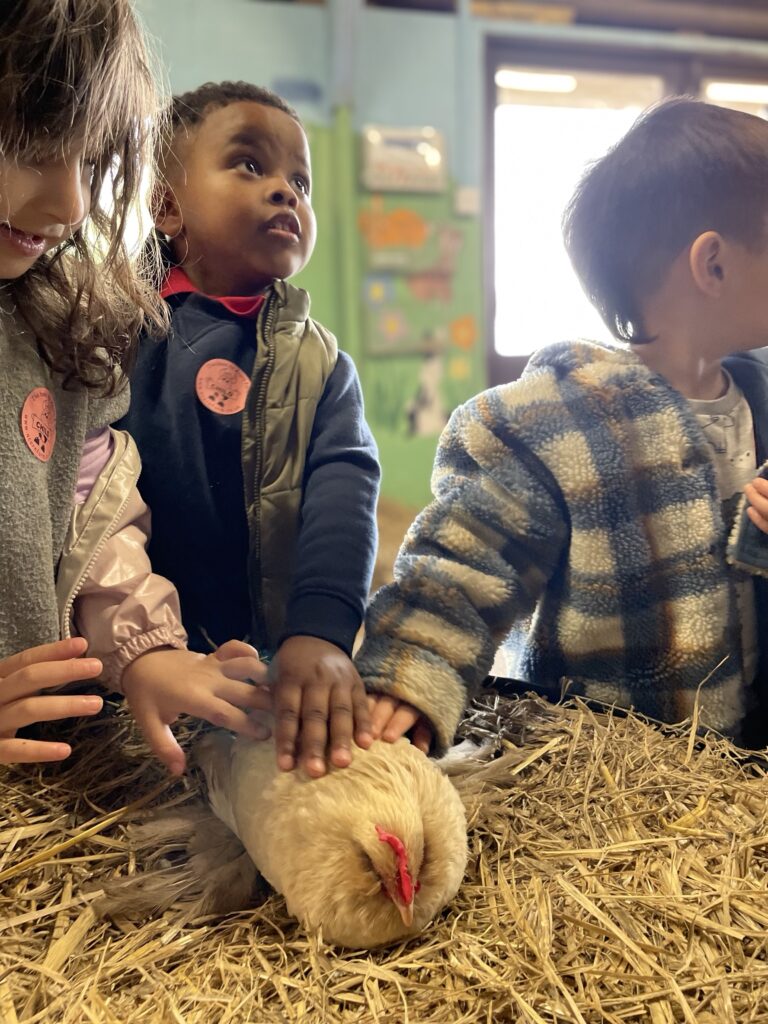
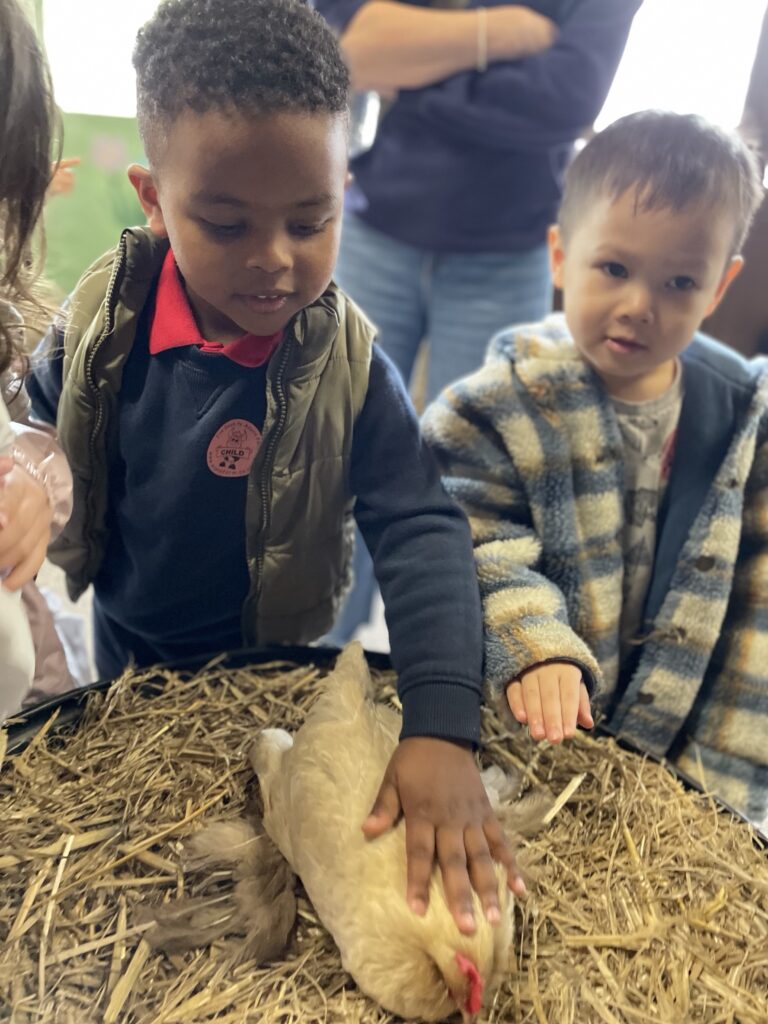
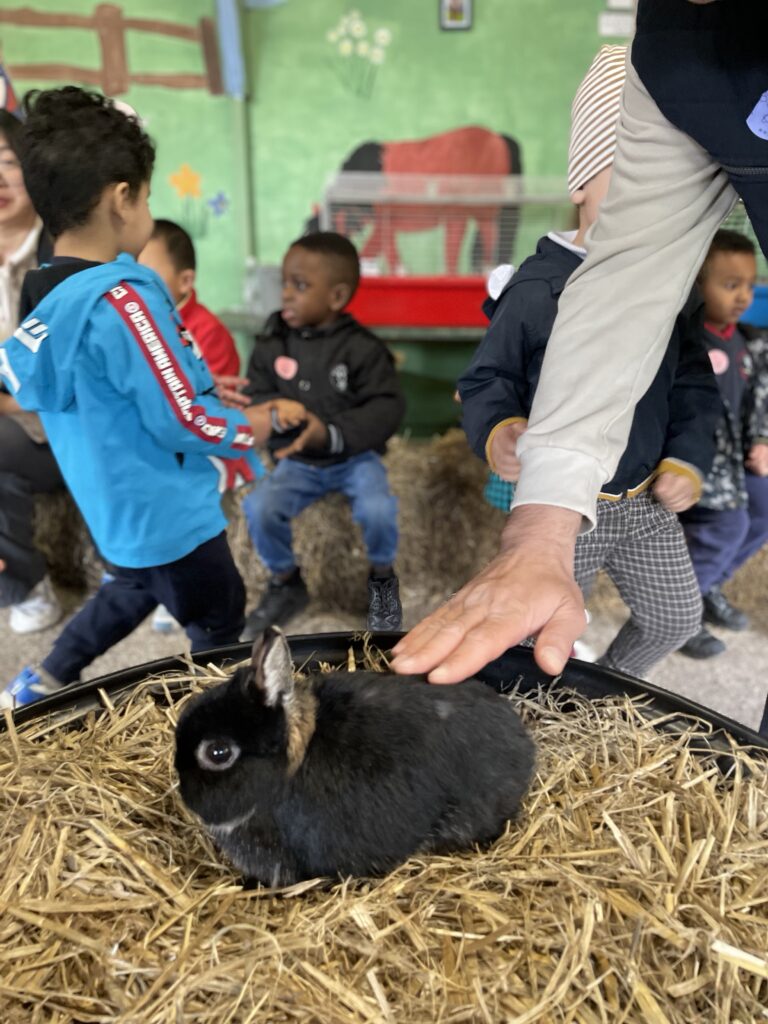
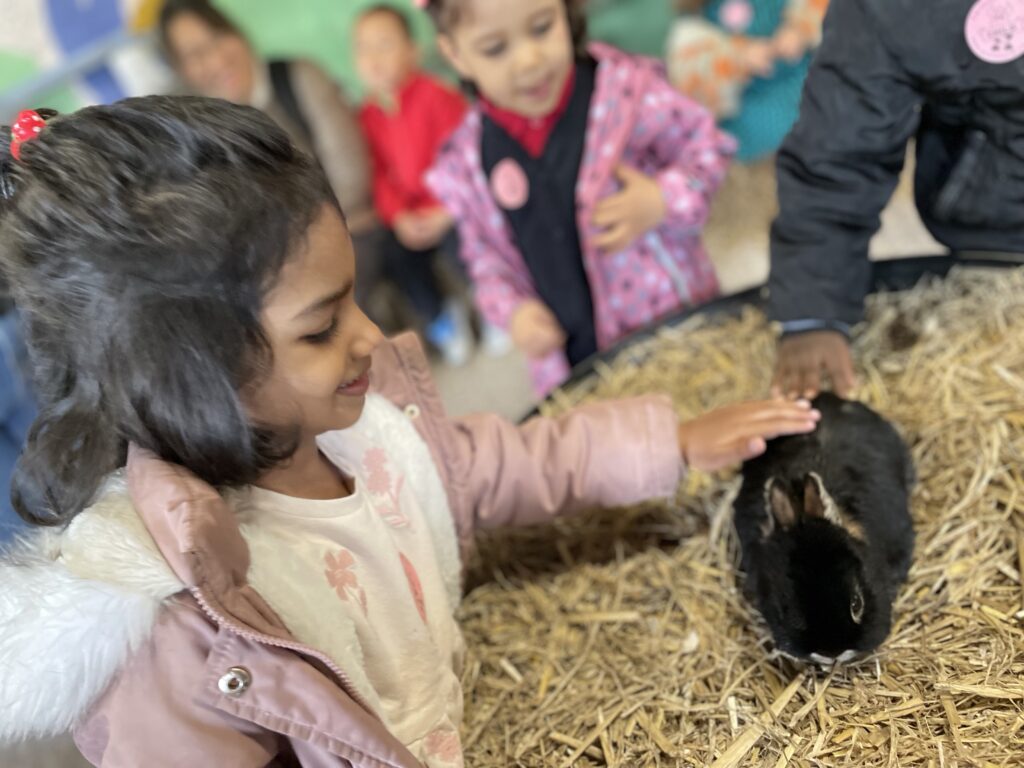
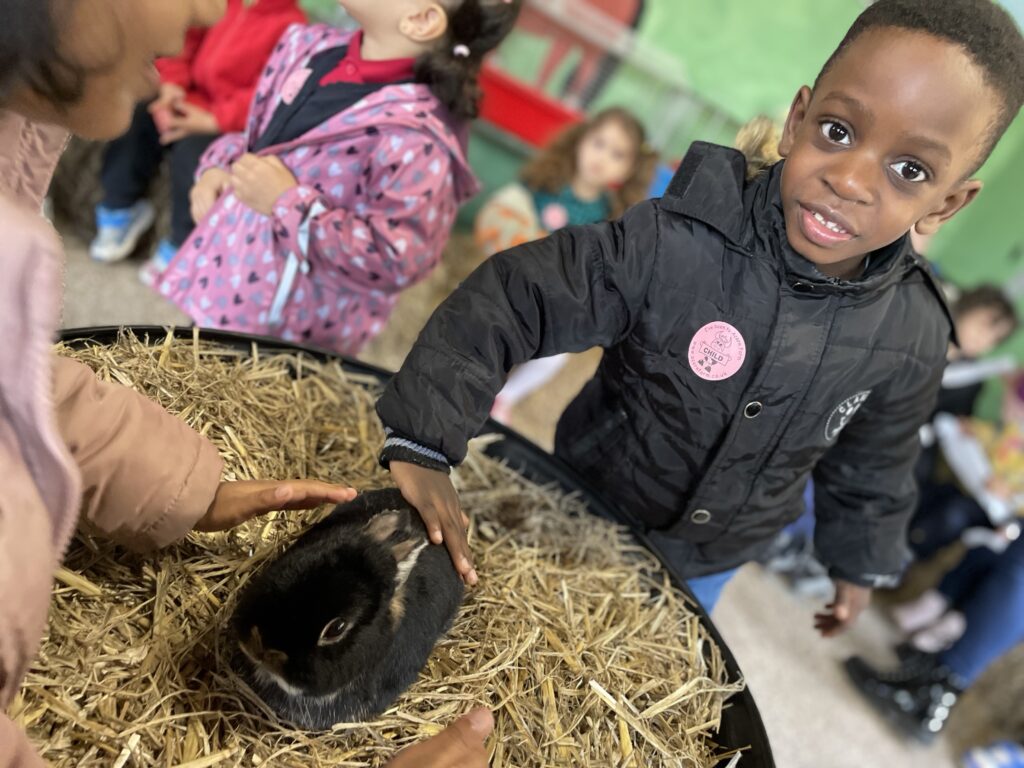
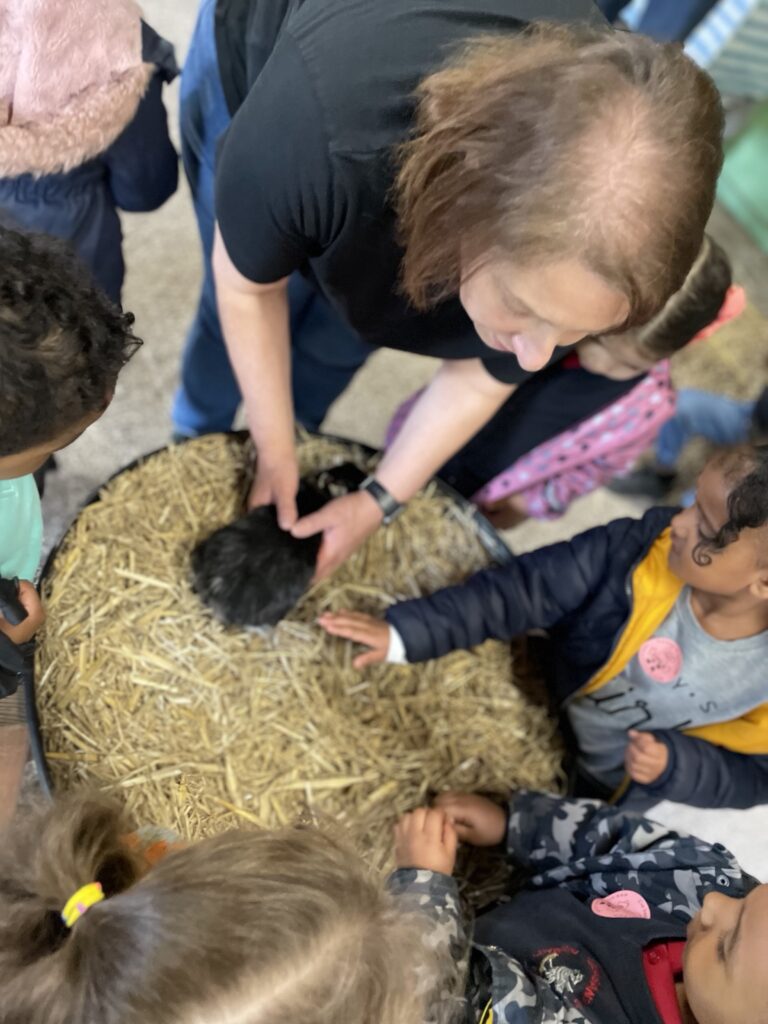
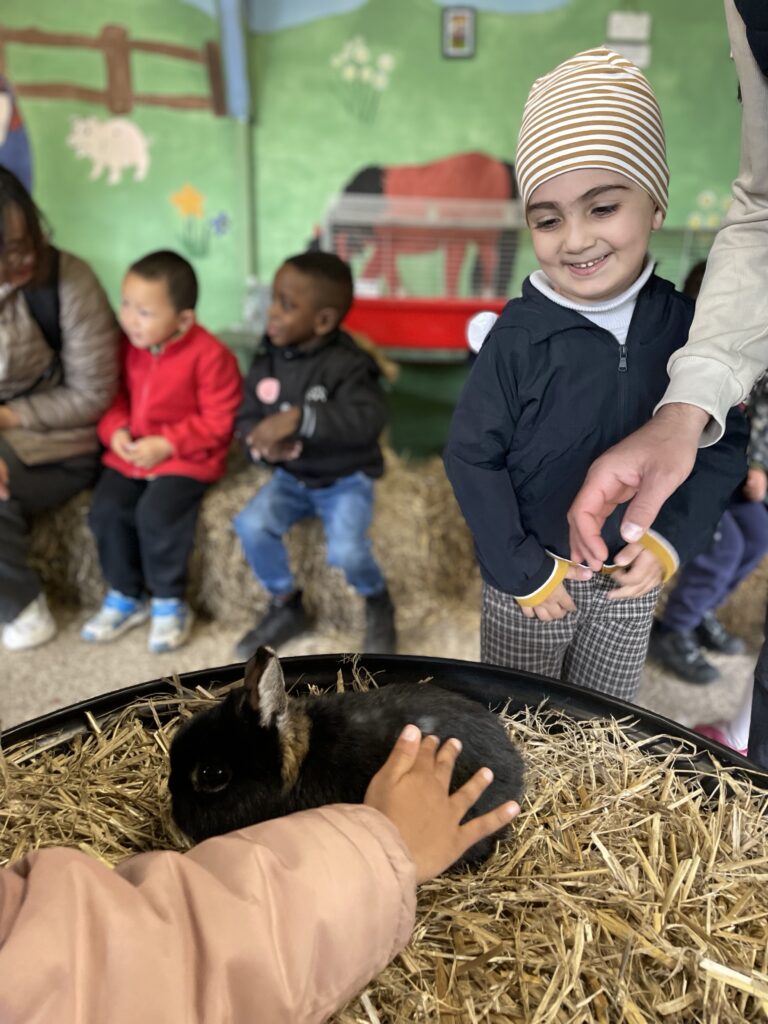
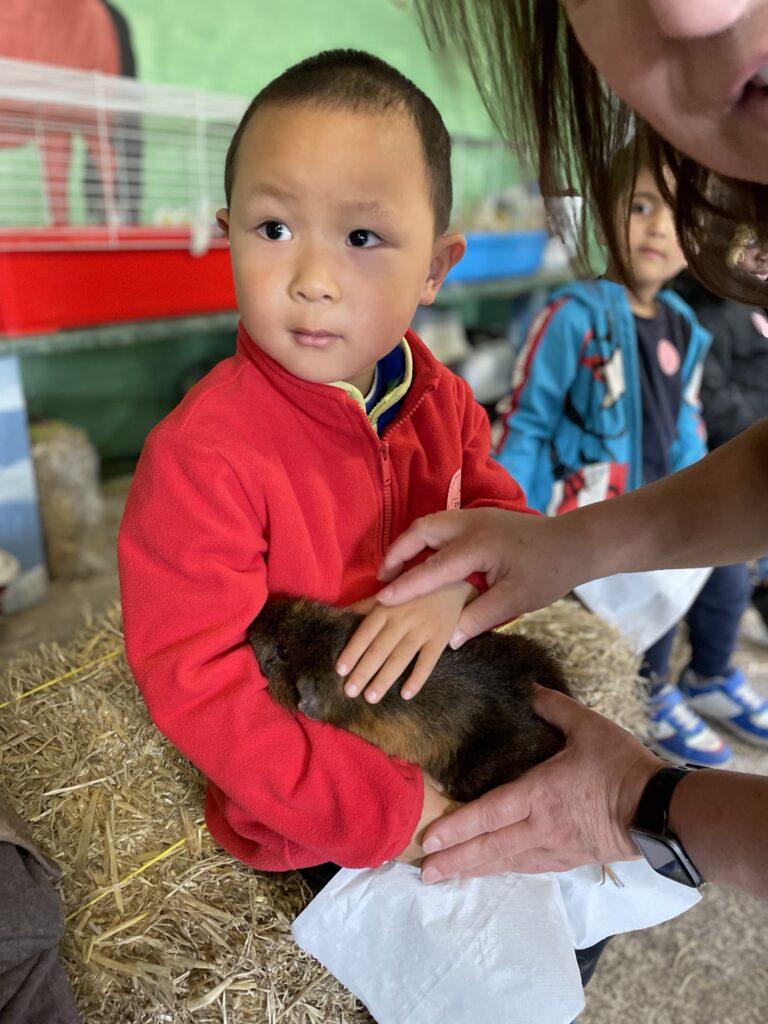
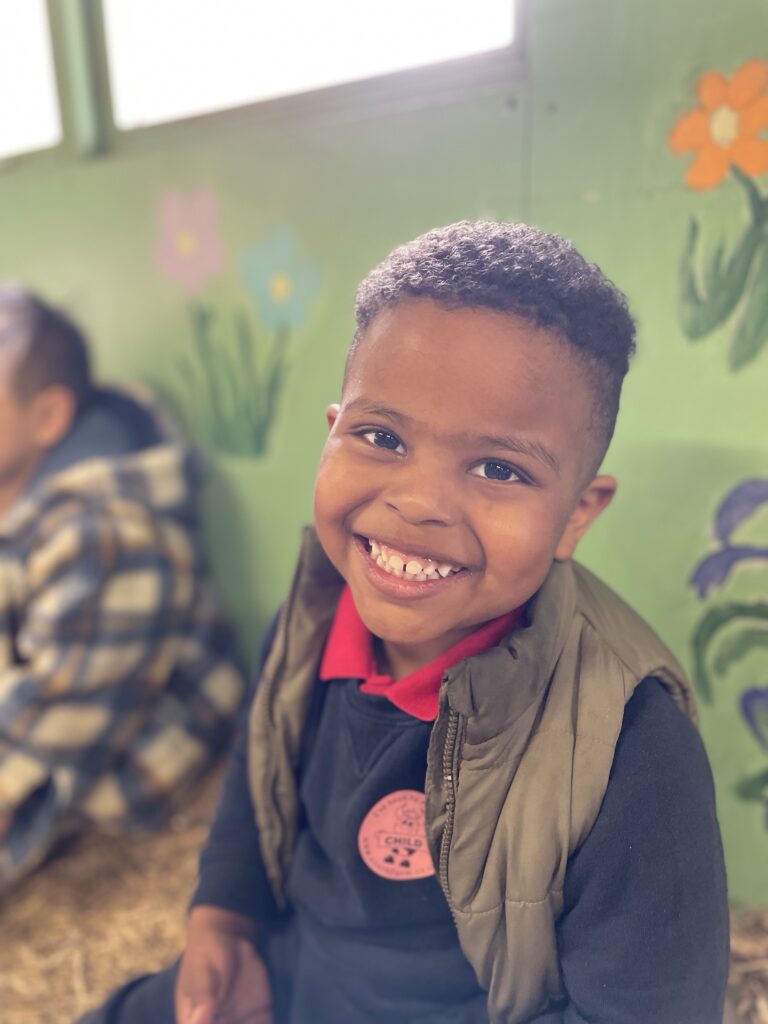
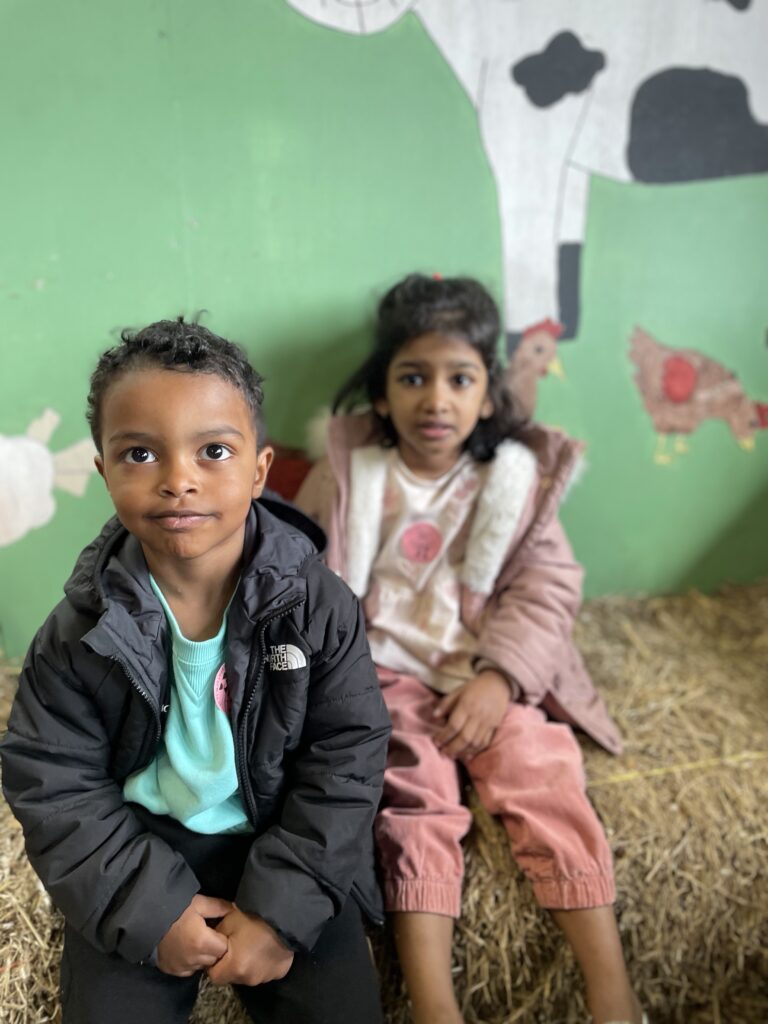
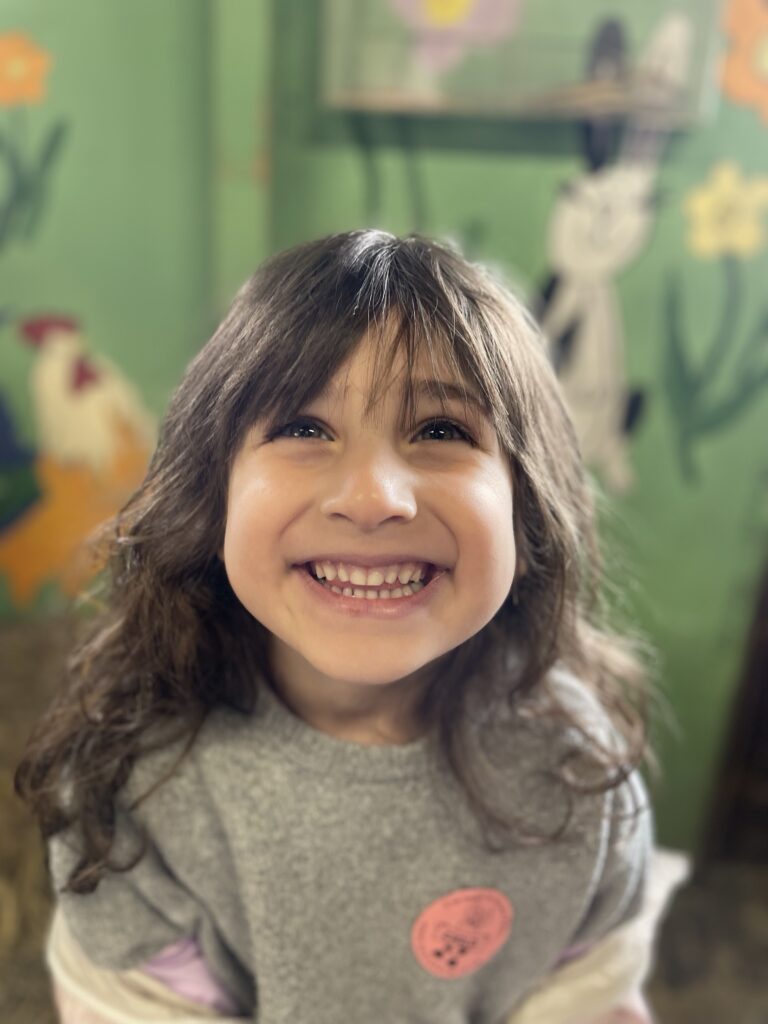
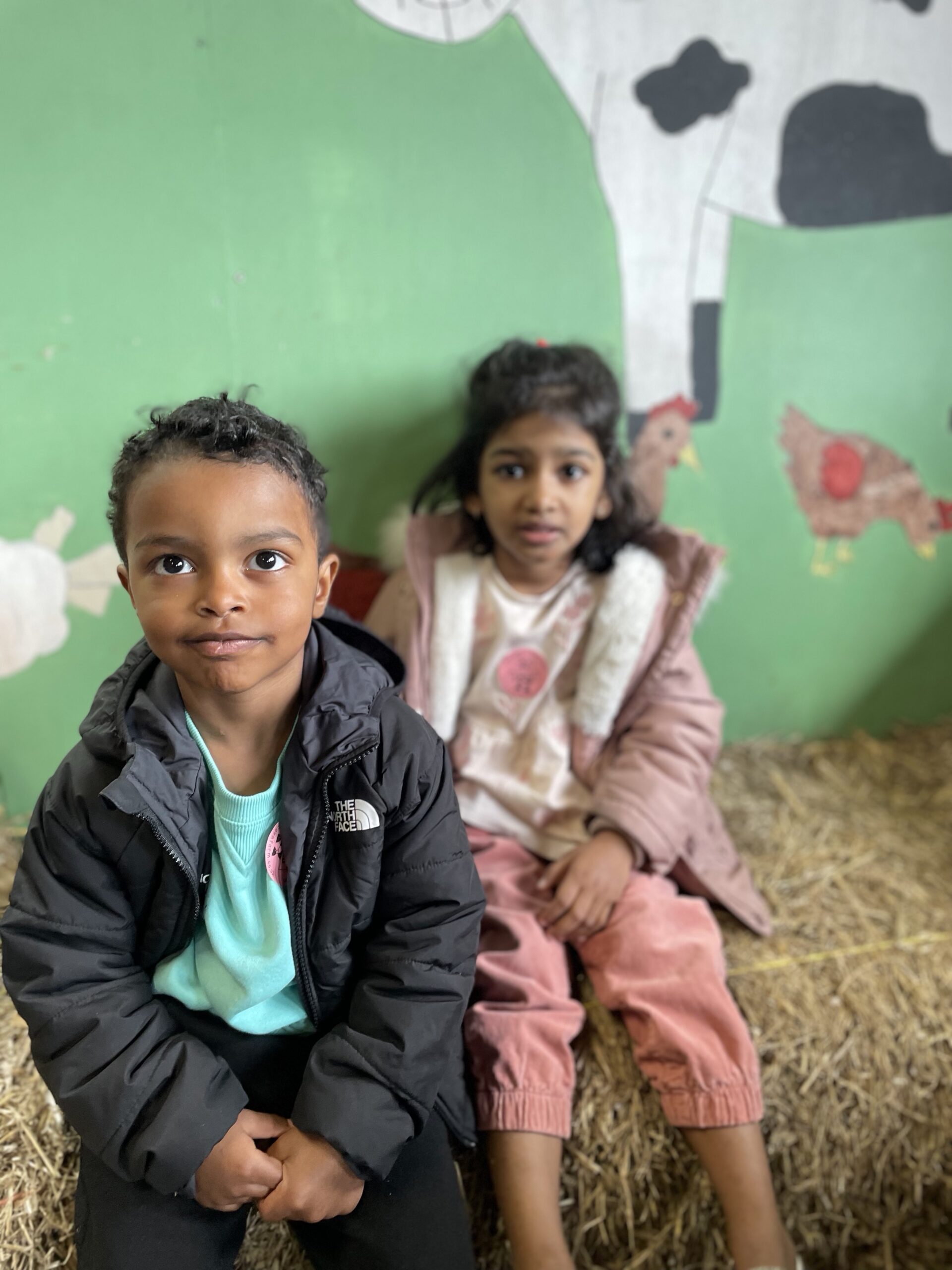
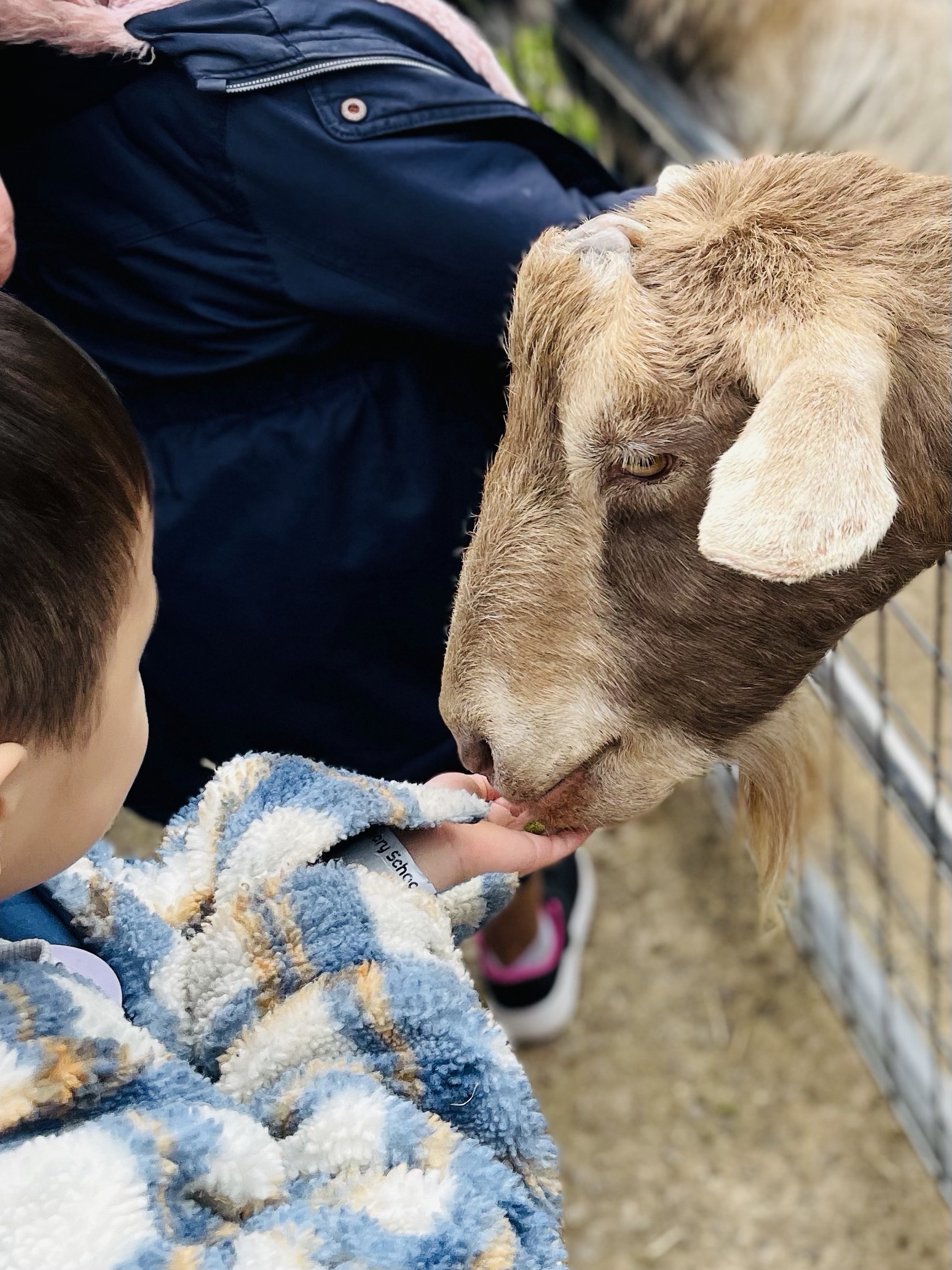

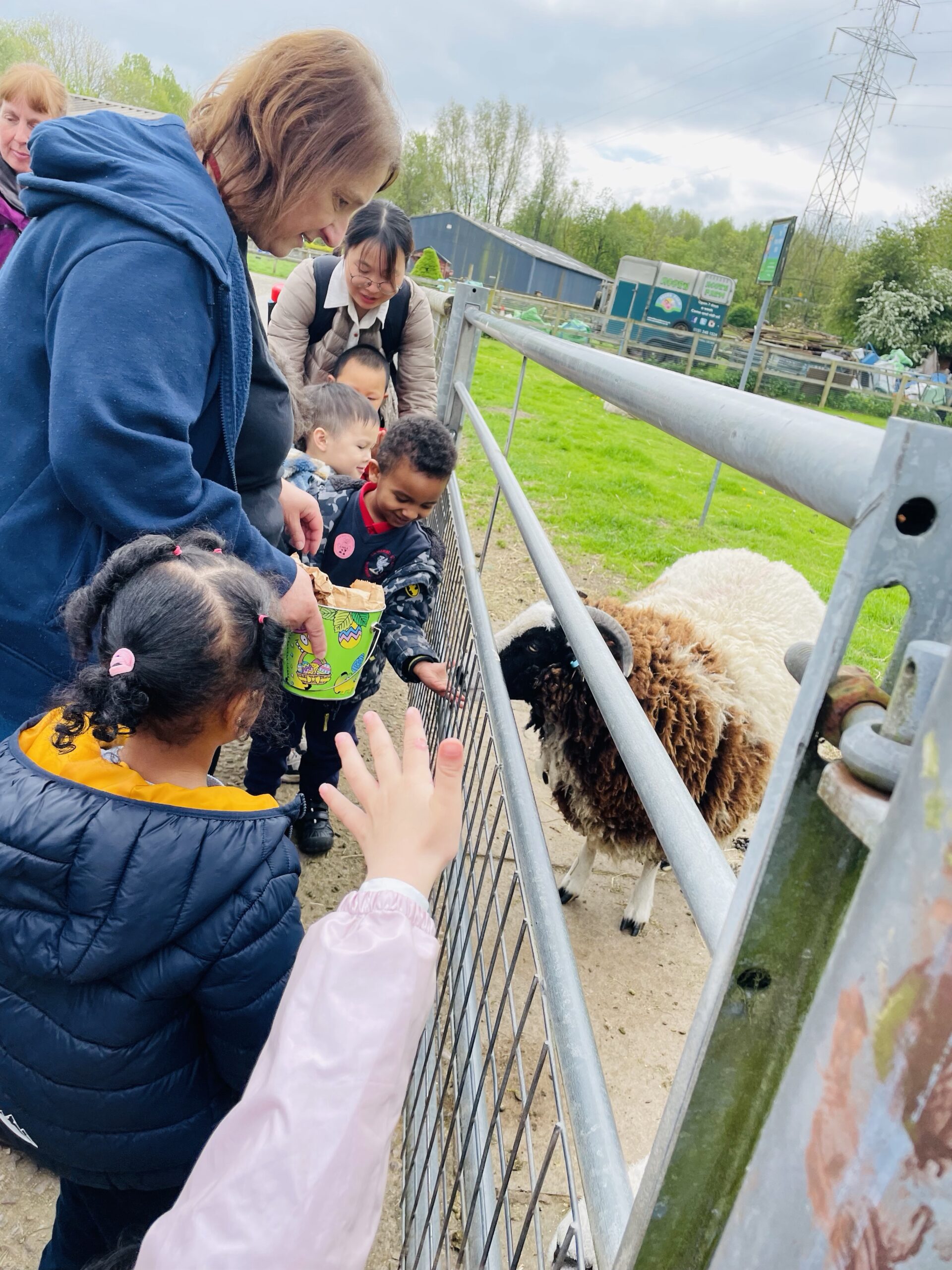
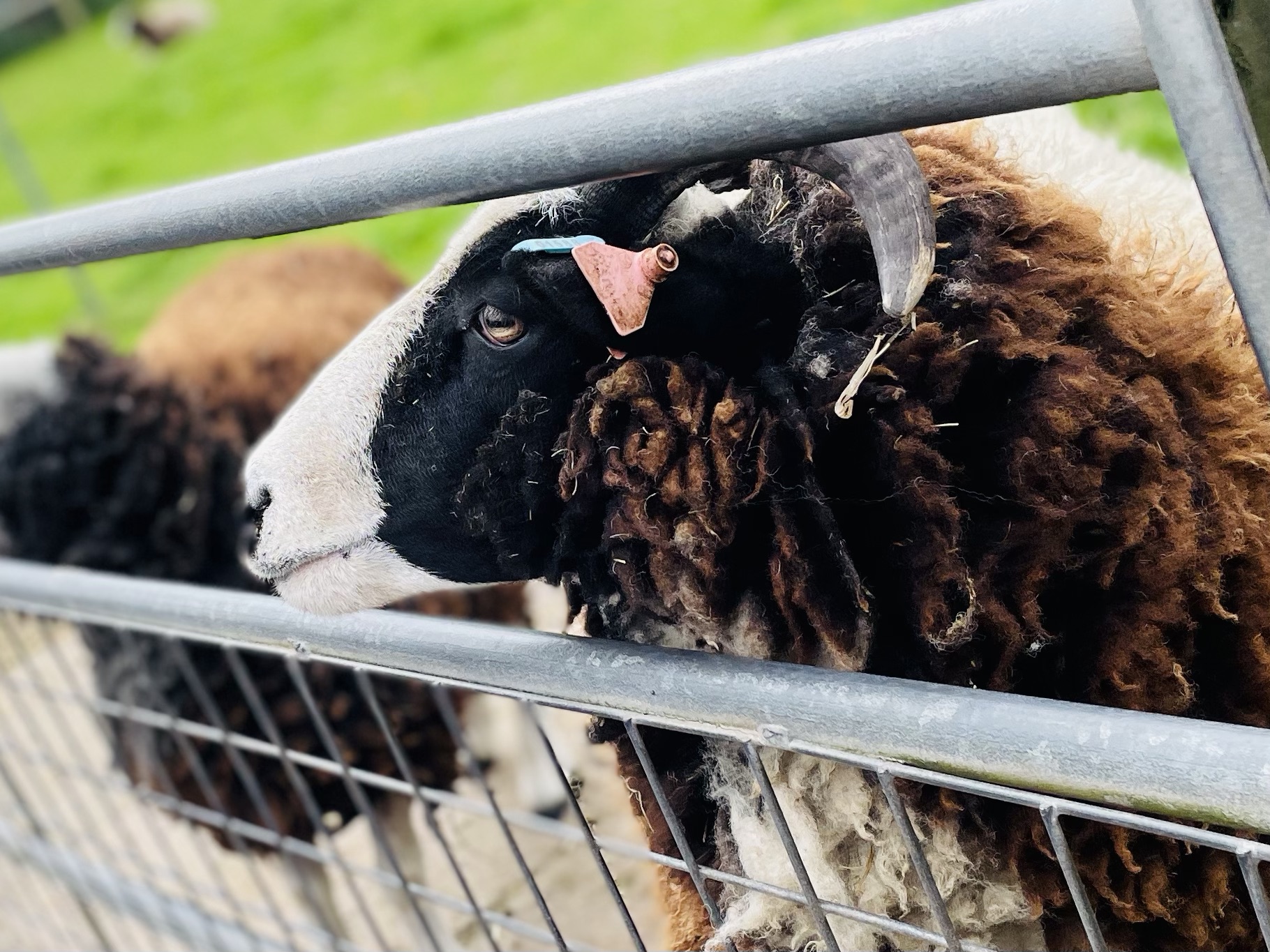
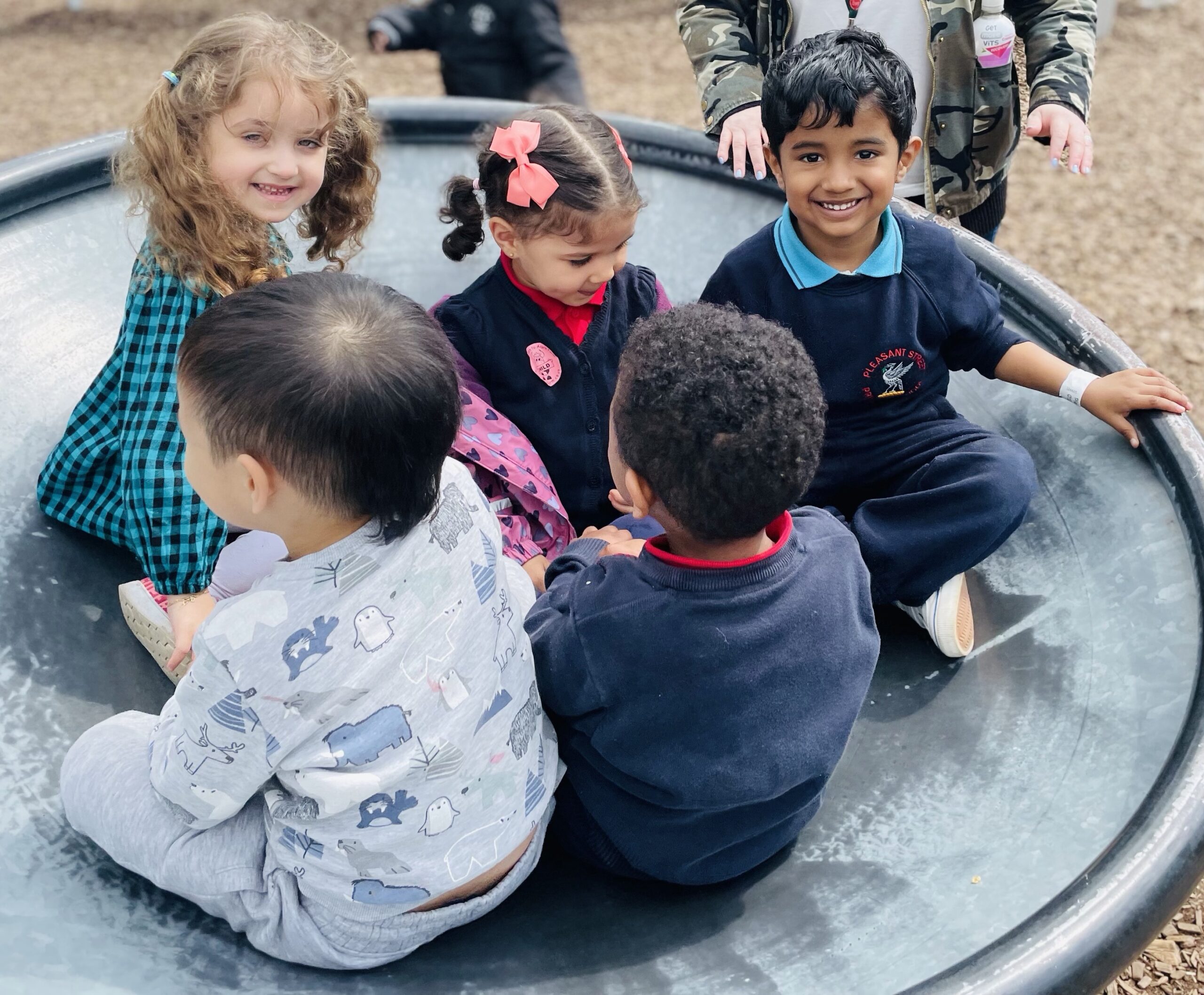

In Class 6 Science this afternoon we took the opportunity to go outside in the beautiful sunshine to measure our shadows. We chalked a starting point then worked in pairs to draw our outline. We went outside a while later to compare them as the sun (our light source) moved around.
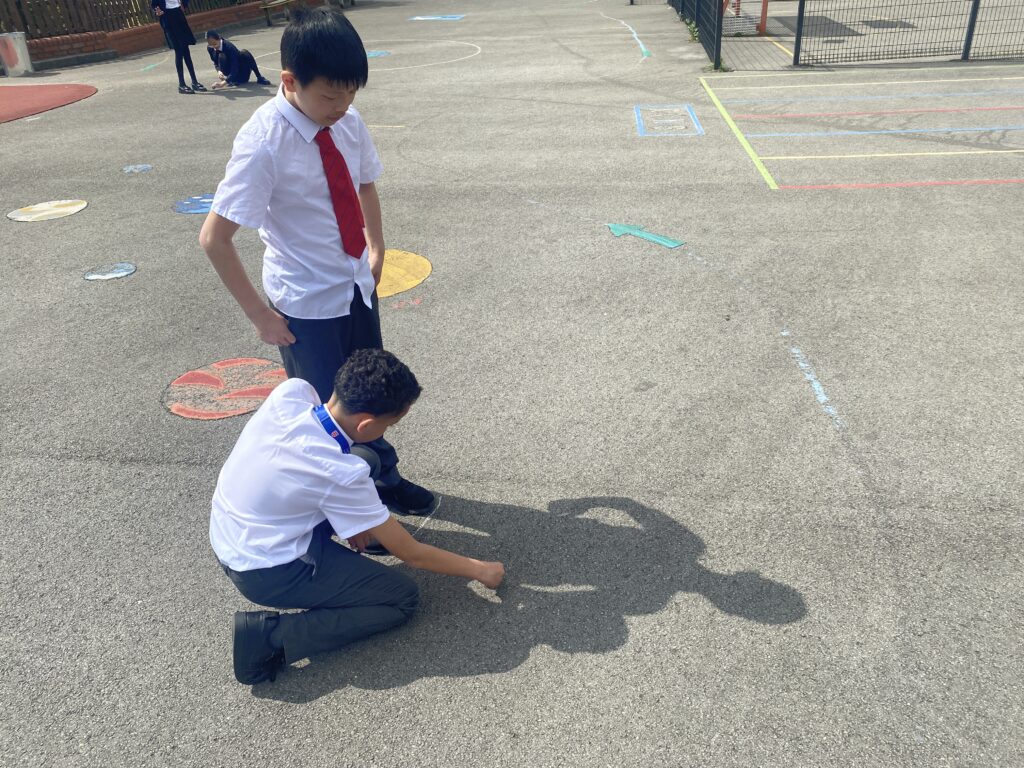
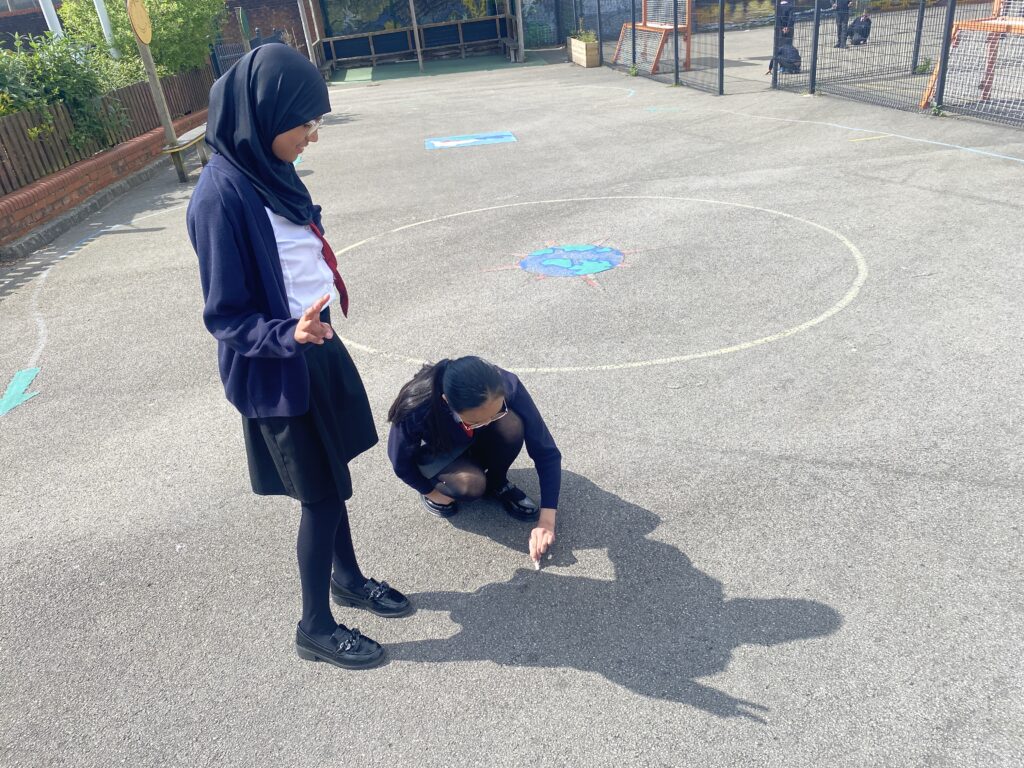
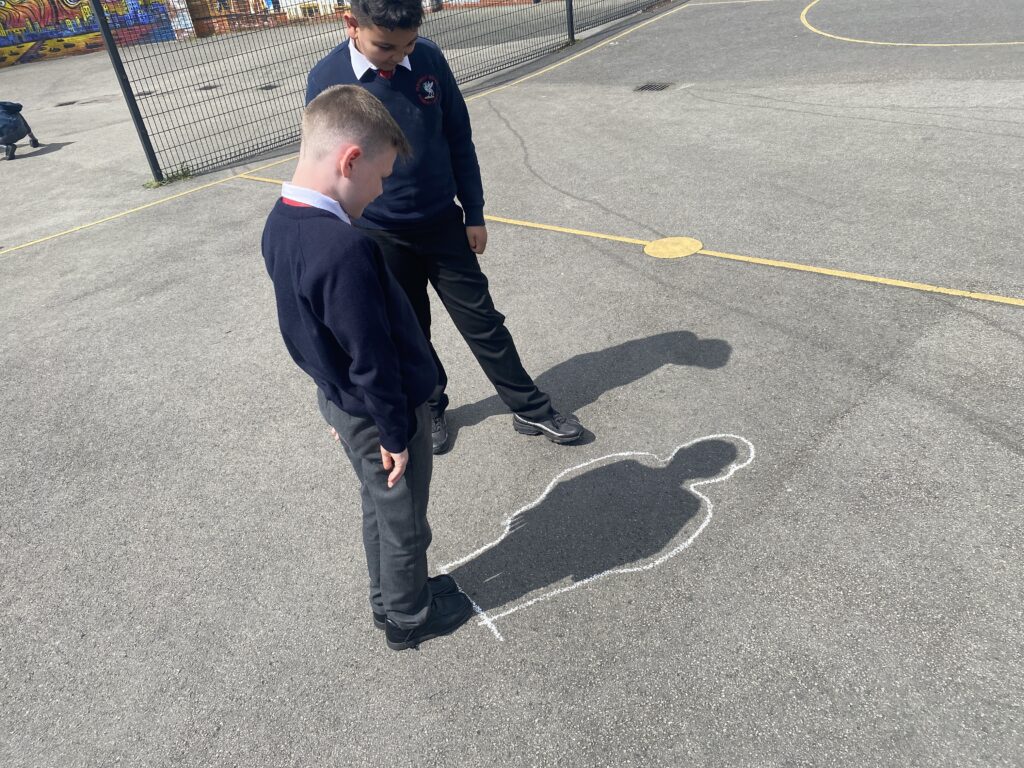


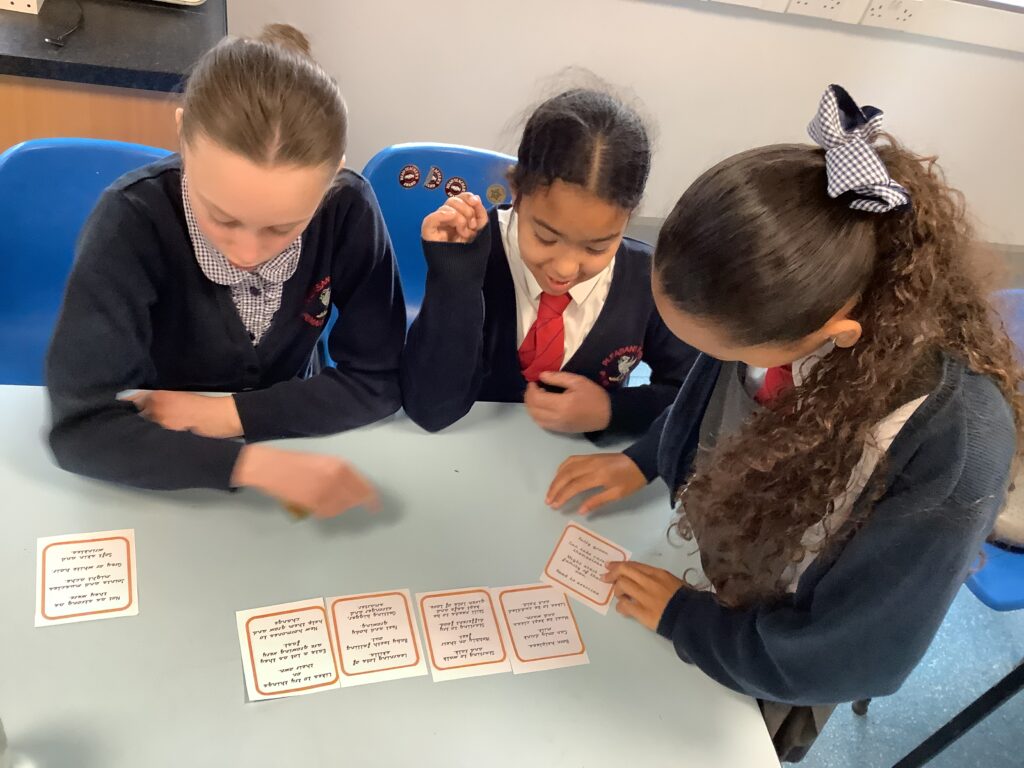
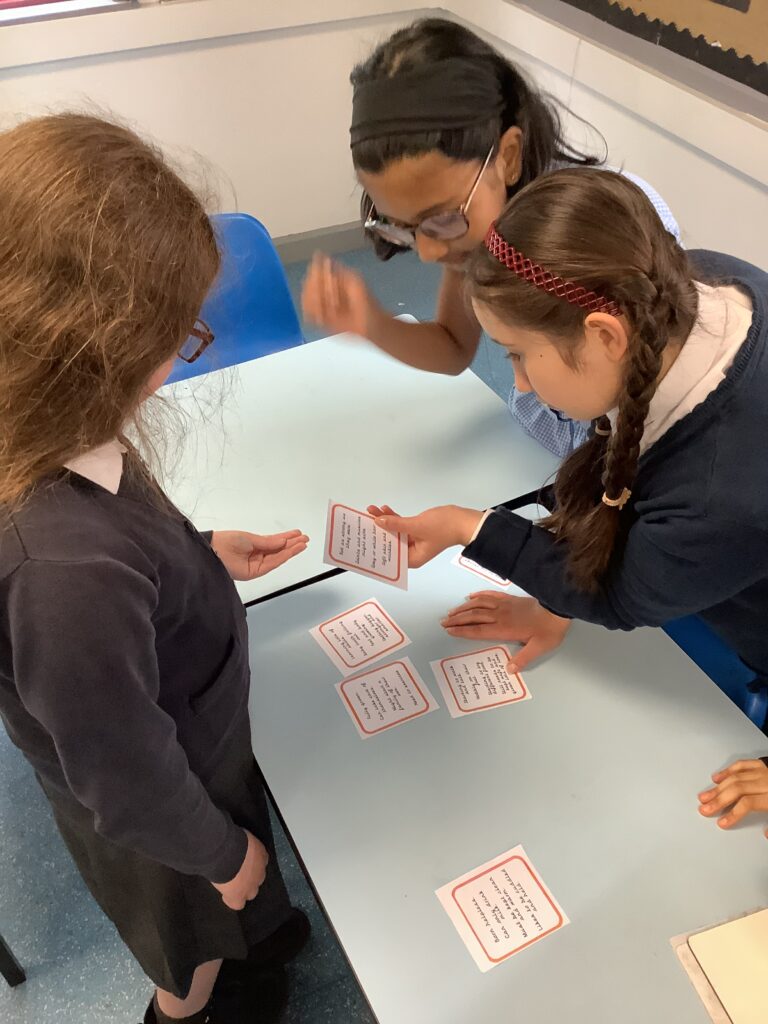
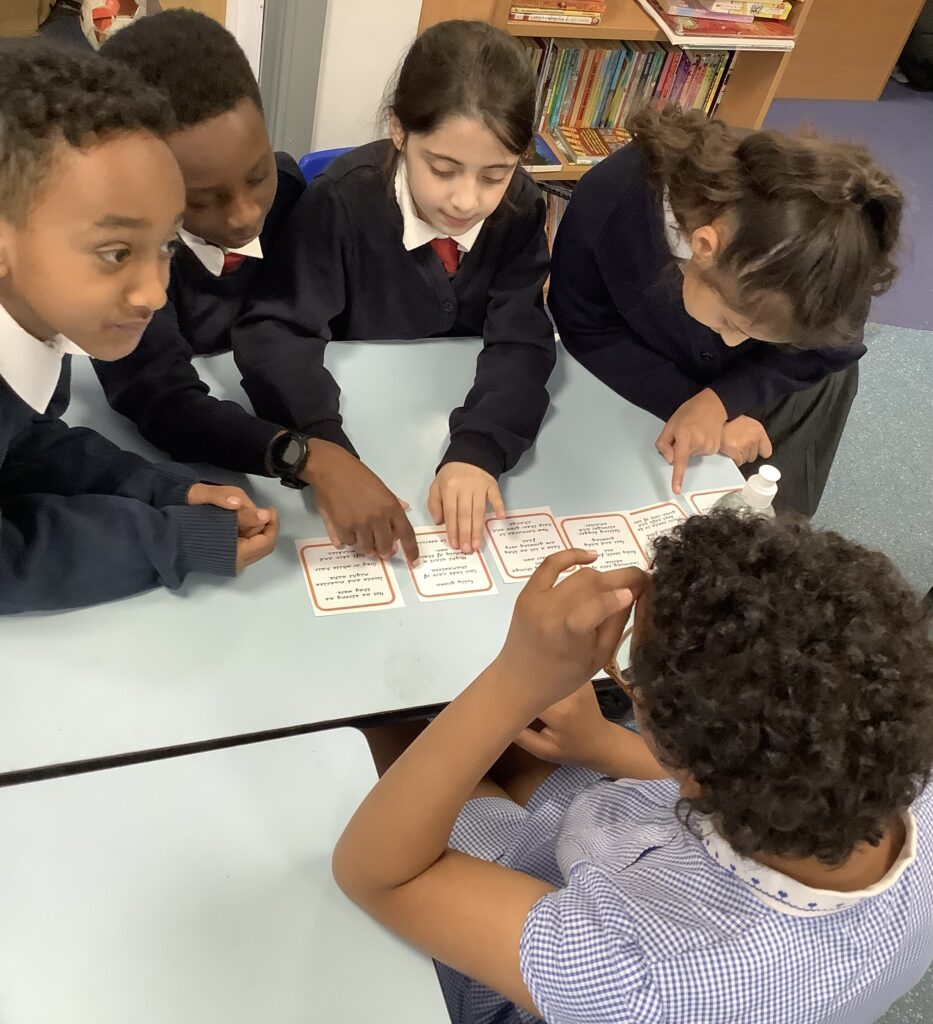
In Science today we started our new topic- Animals, including humans. We ordered the life cycle of a human.
48
Reception had a fantastic time at Farmer Teds Farm on Friday!
Reception learnt about lots of animals that live on Farmer Teds like the shetland ponies, guinea pigs, sheep and reptiles. Reception enjoyed a tractor ride around the farm which took them around the dinosaur trail, then Reception explored the animal barn, enjoyed watching the sheep show and ended the lovely trip with some fun on the climb and slide. What a fantastic trip!
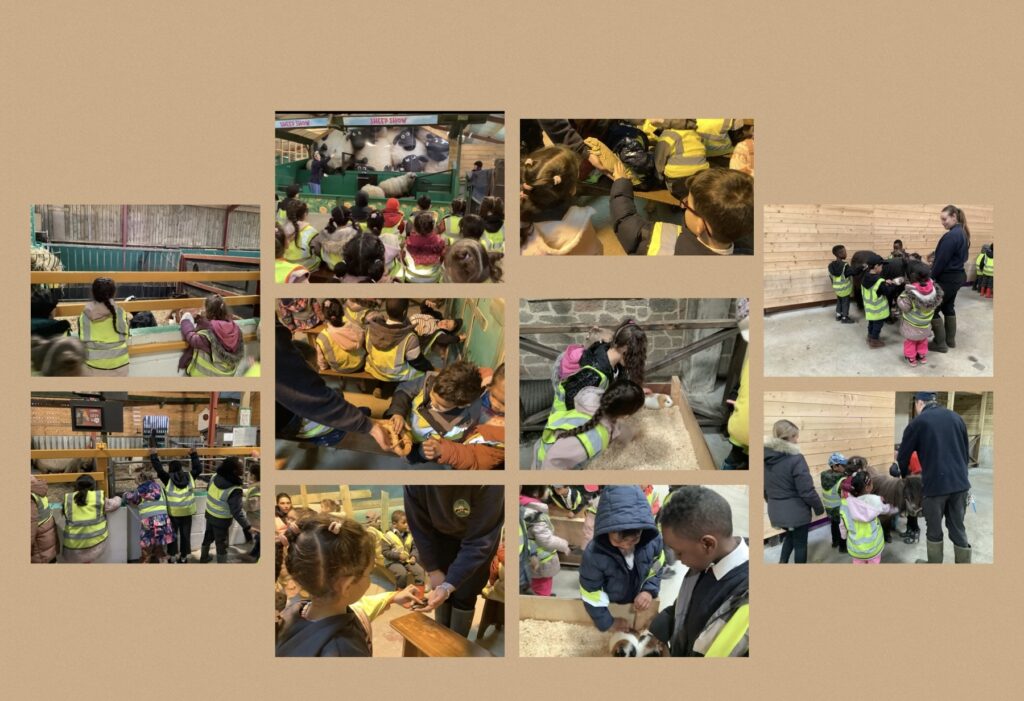

Great to see our nursery children exploring seasonal change, and enjoying themselves in our wonderful outdoor environment
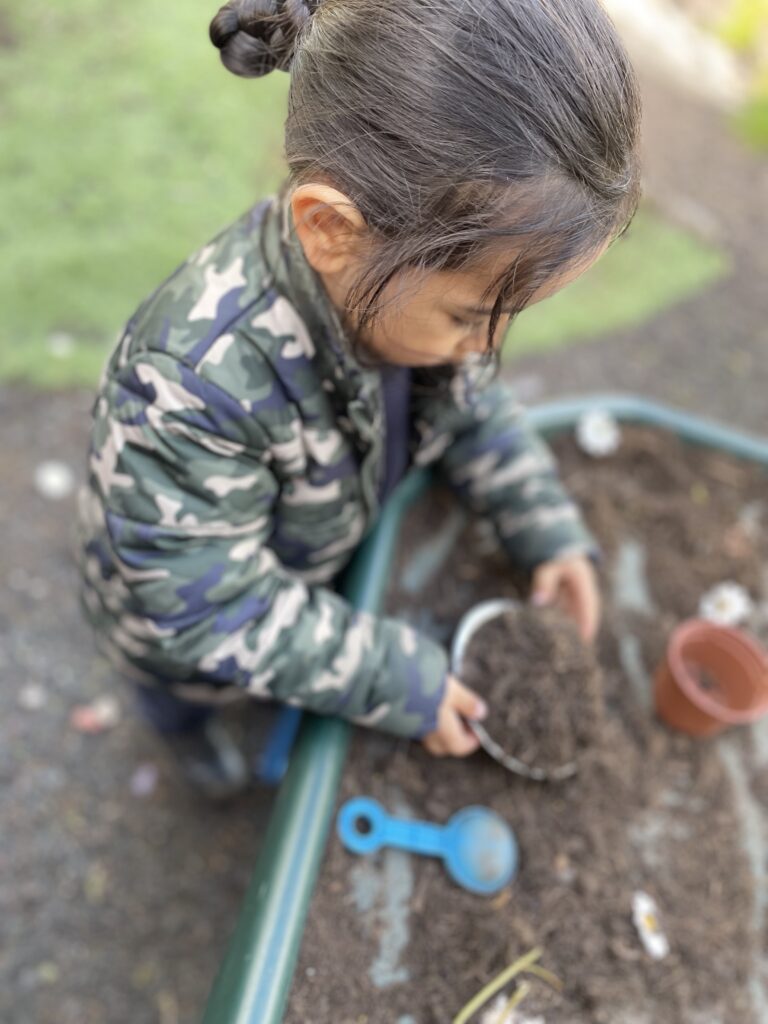
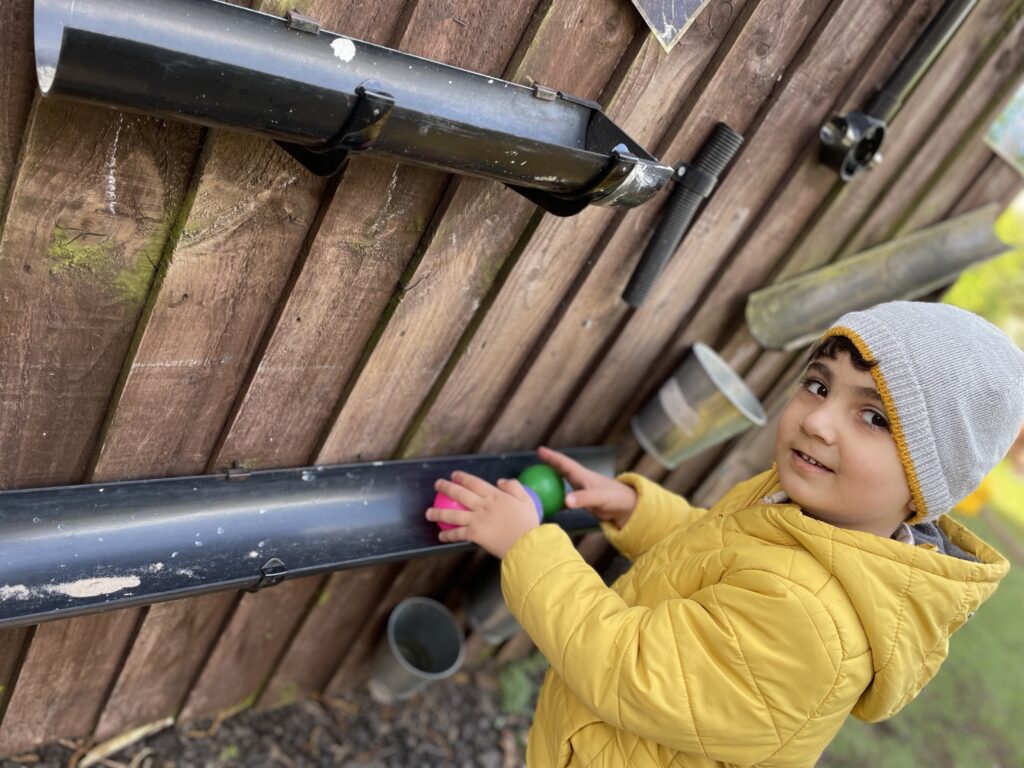
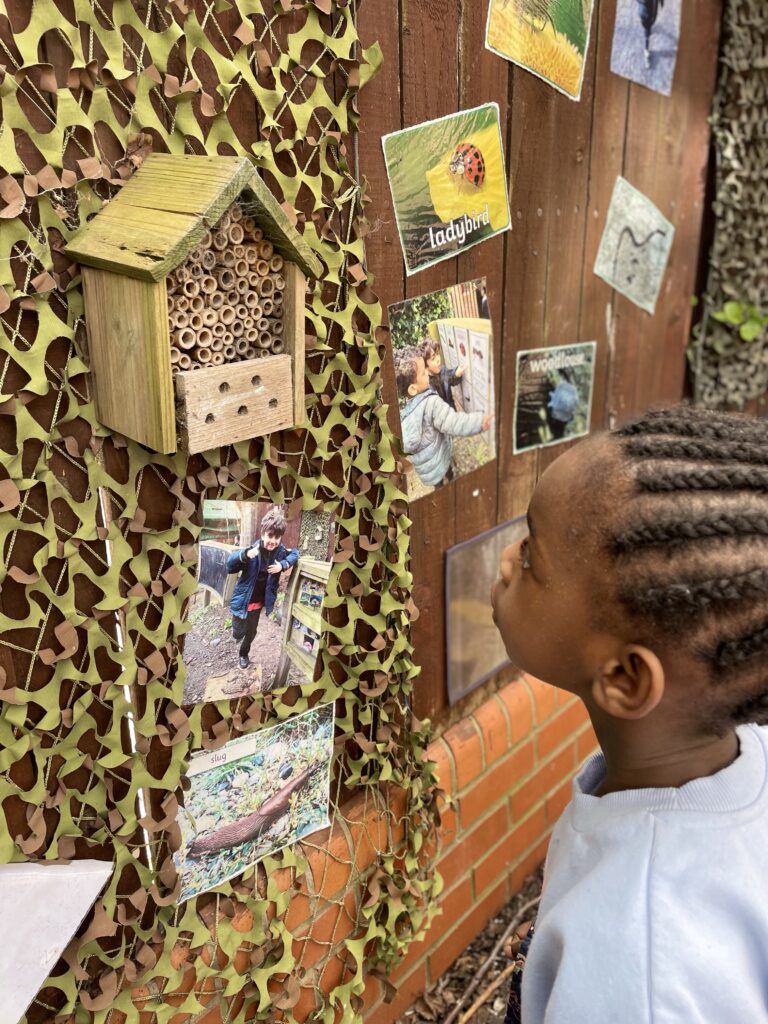
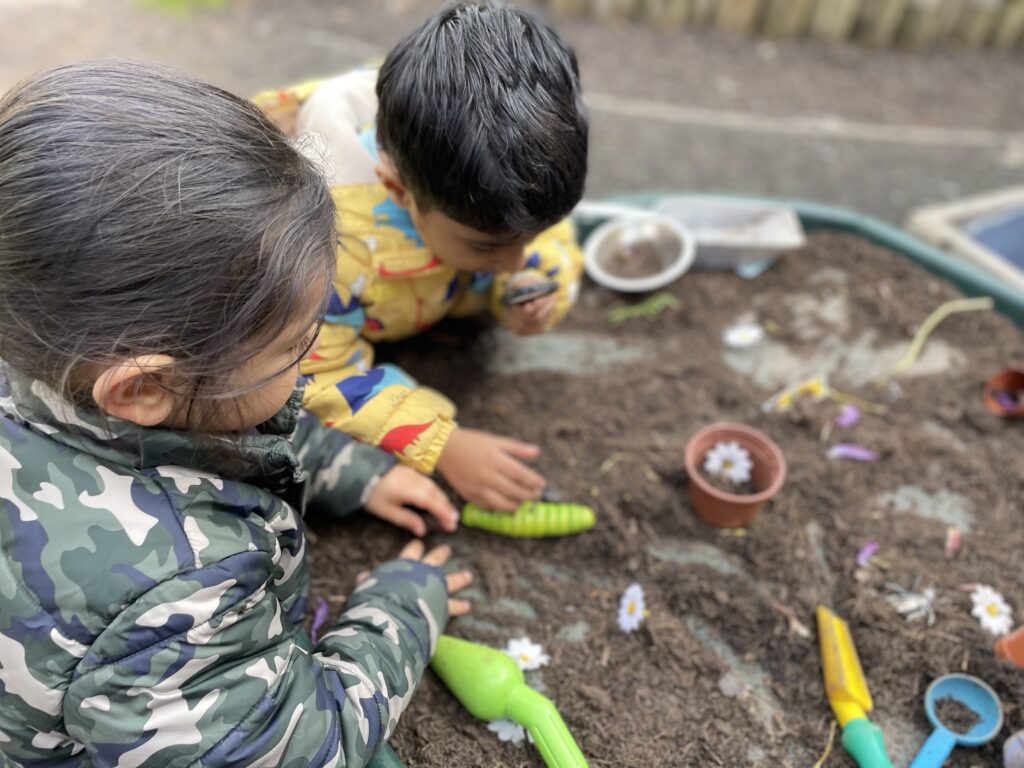
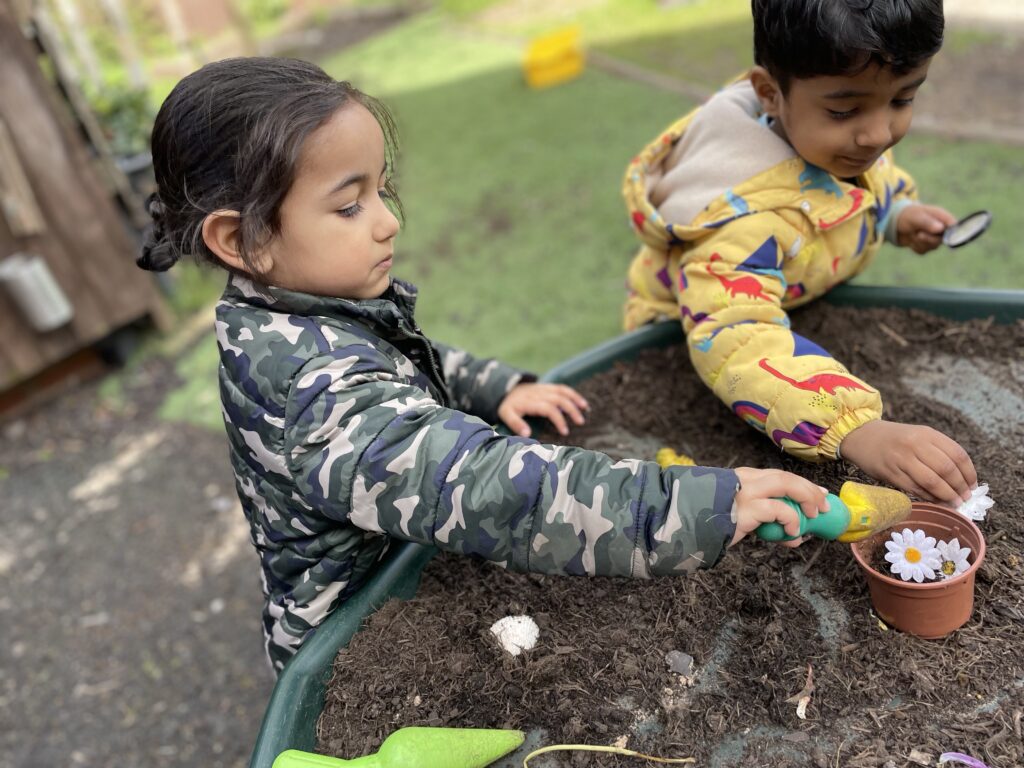
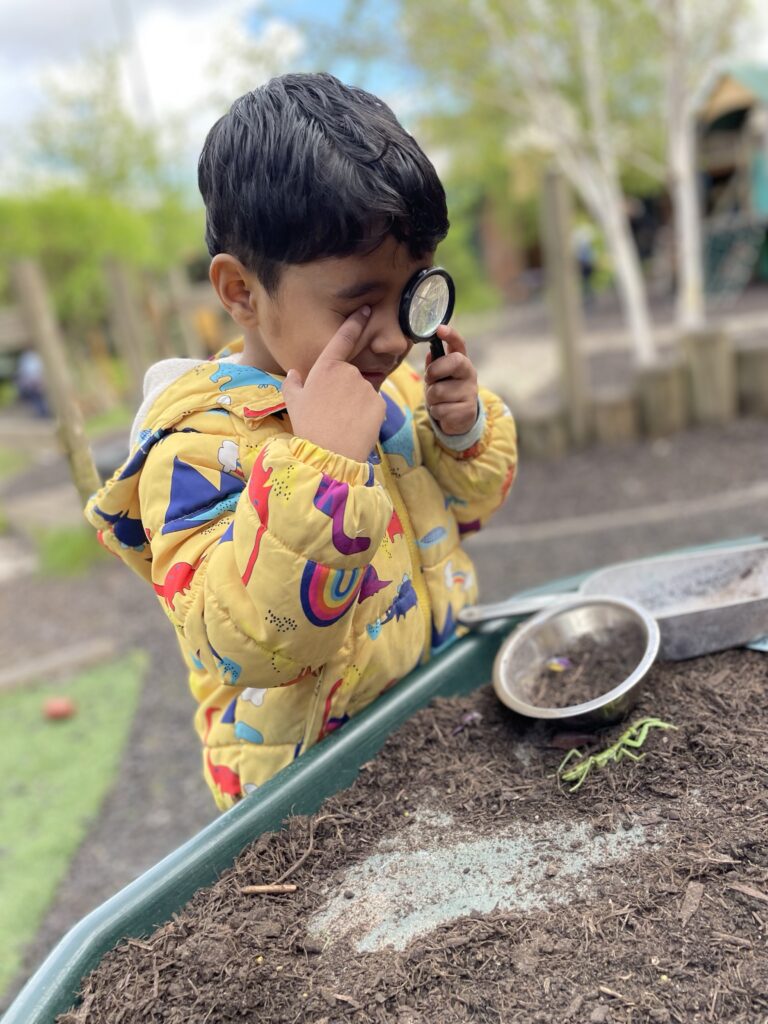
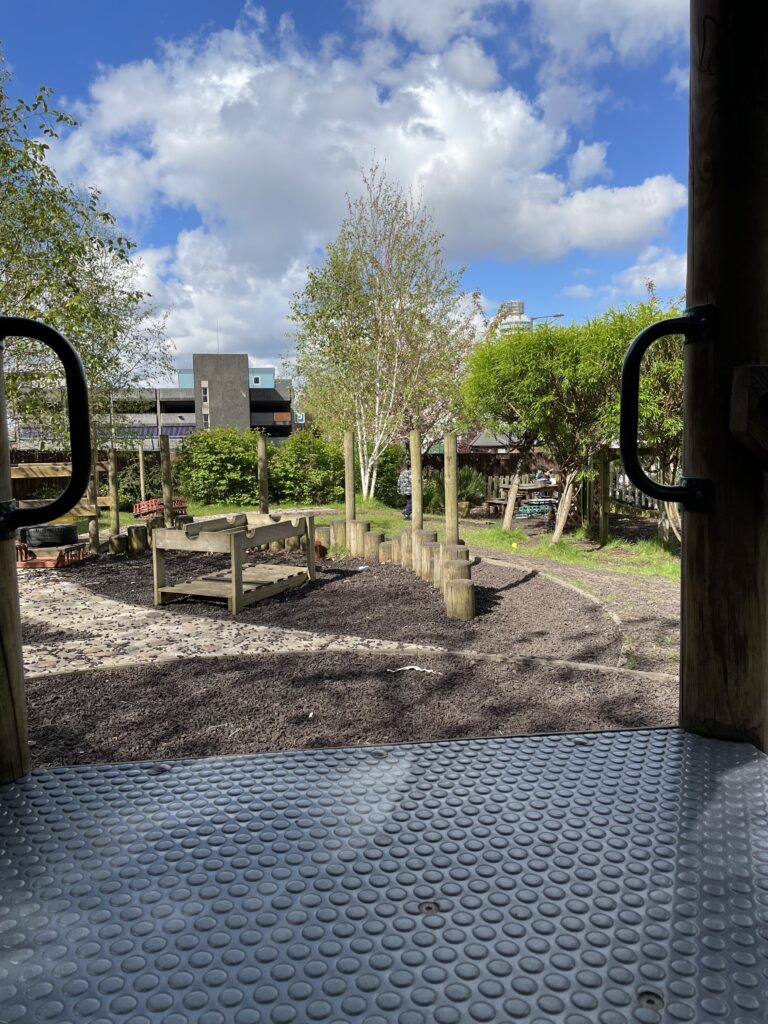
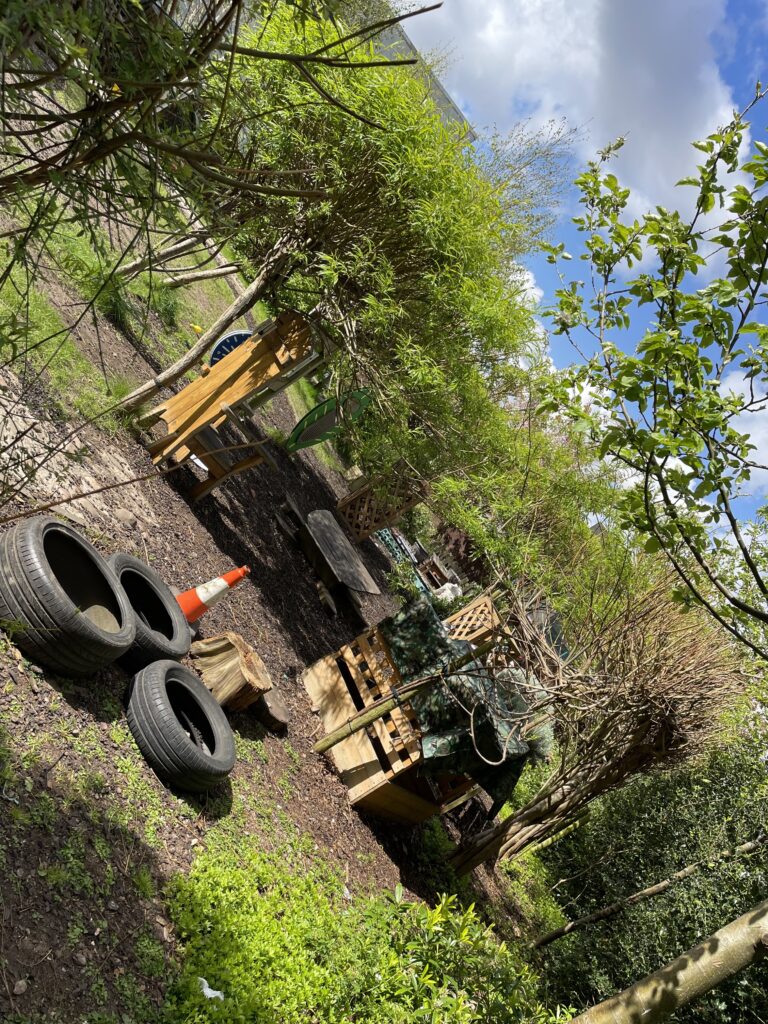
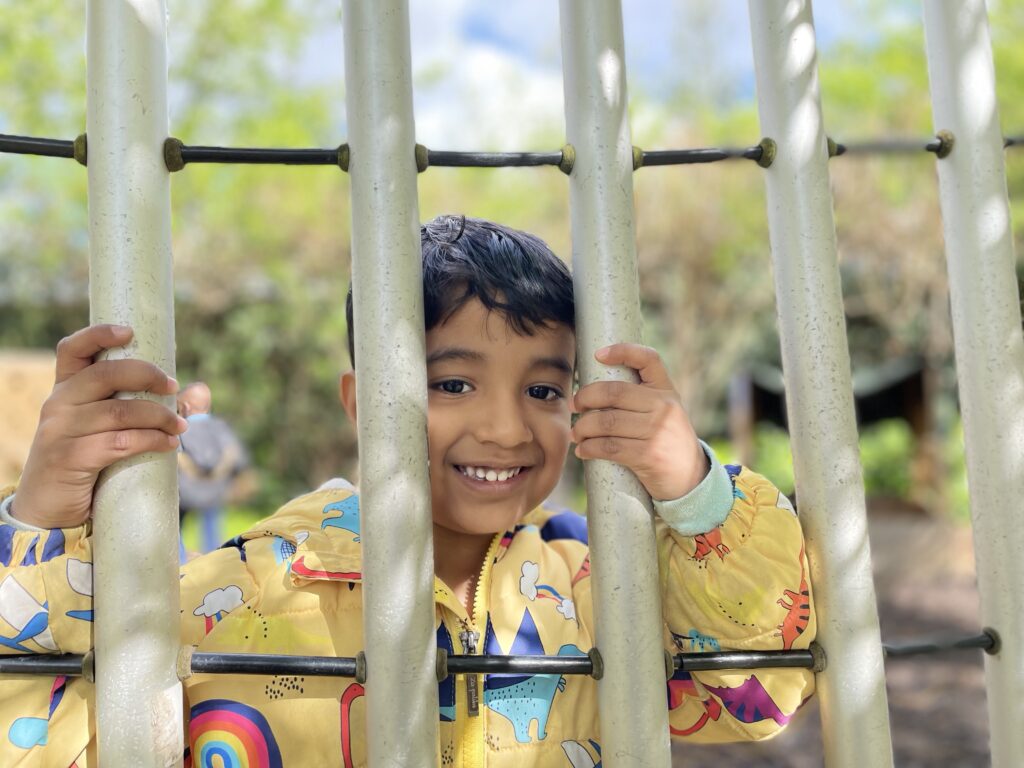
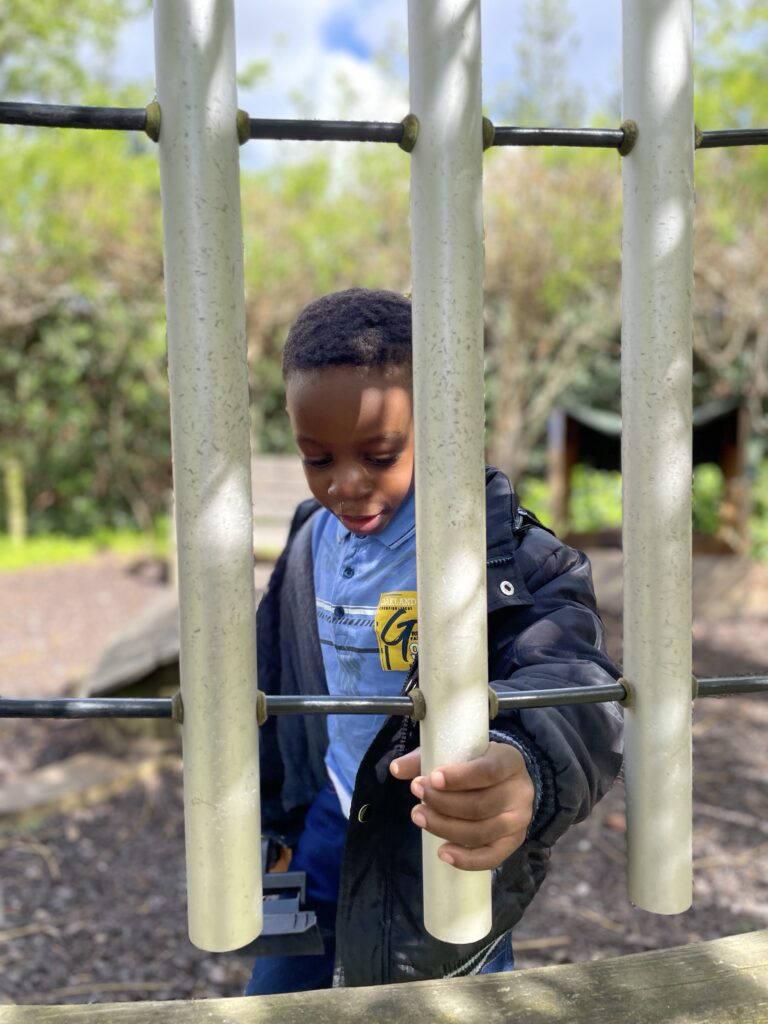
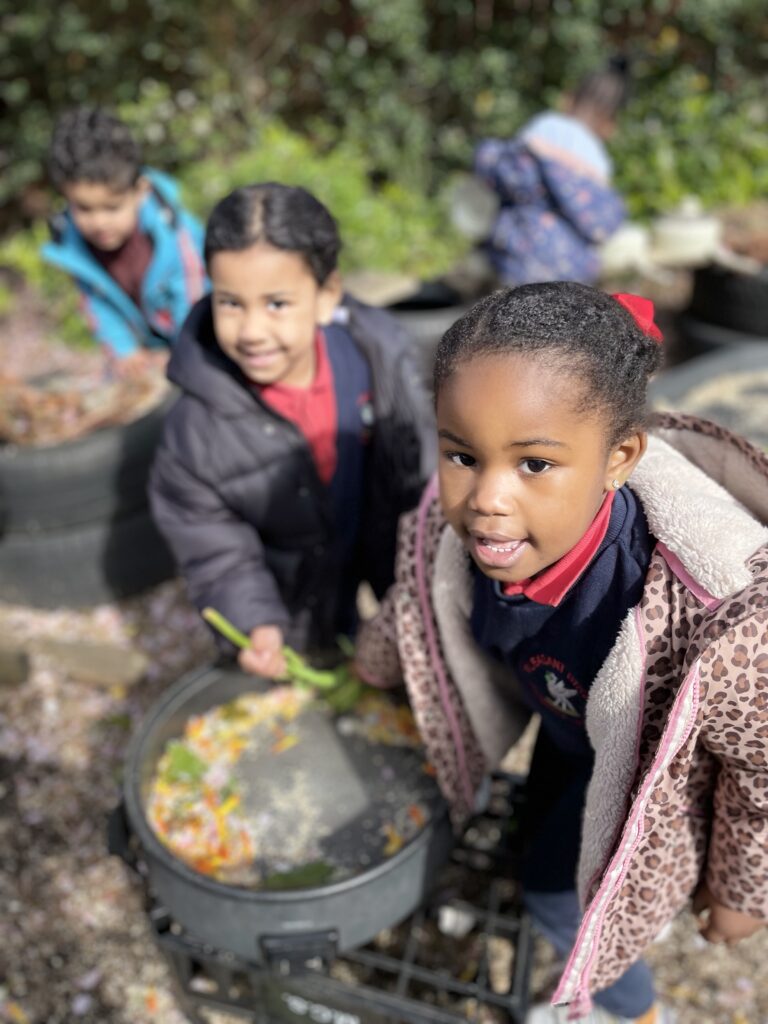
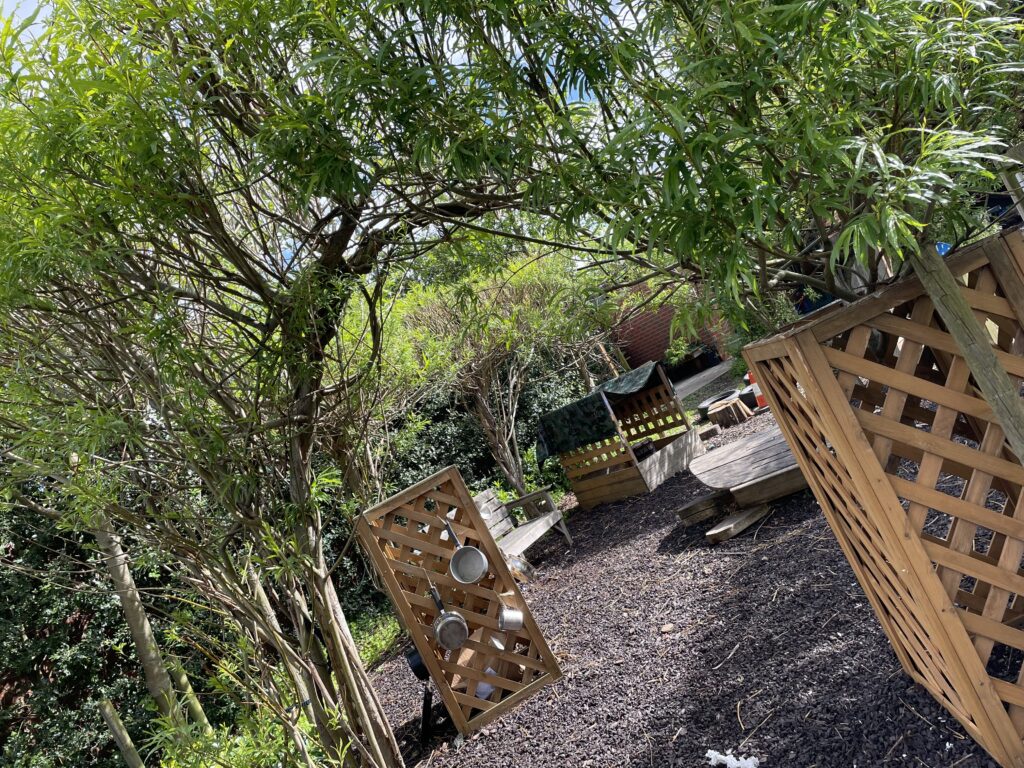
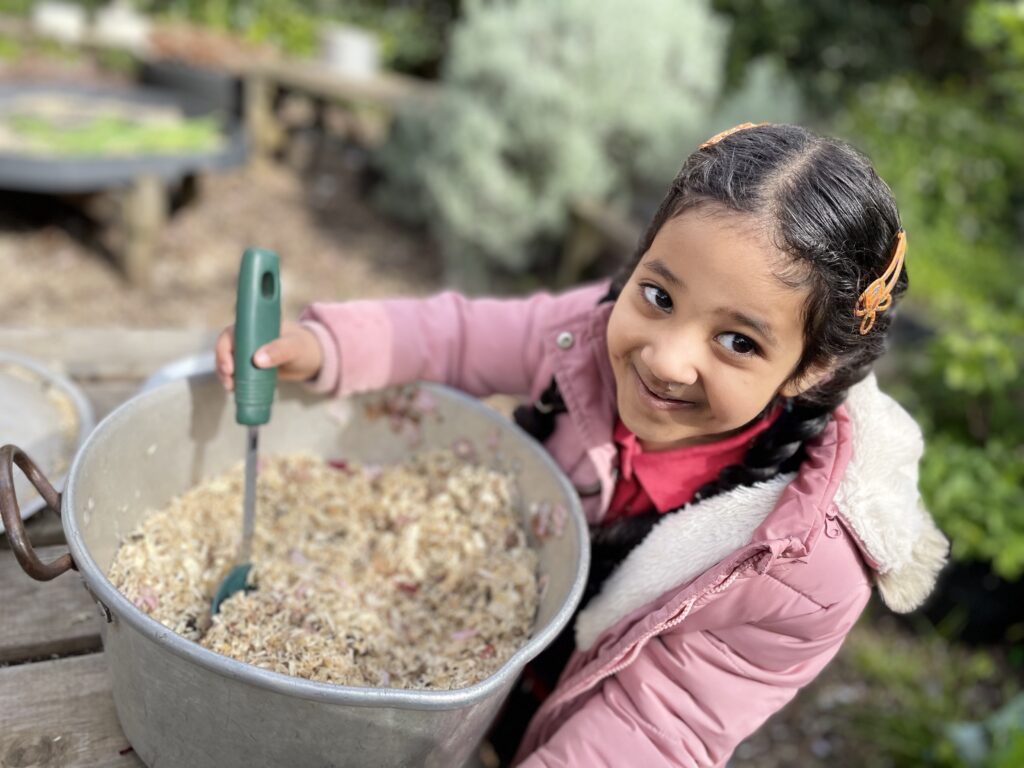
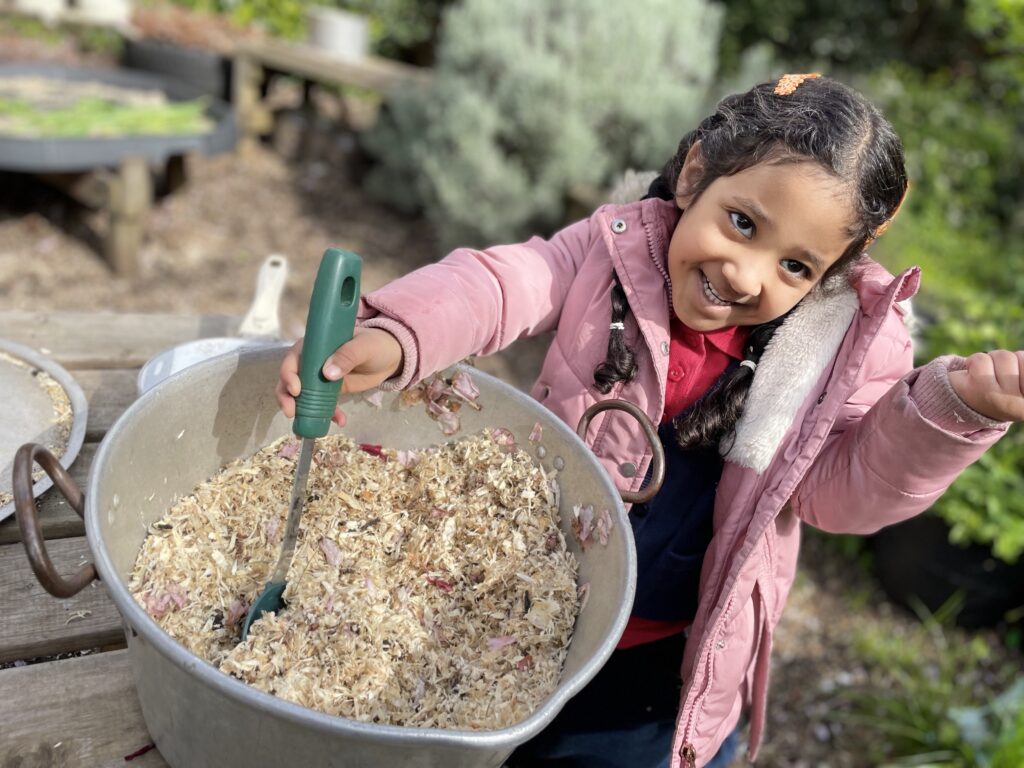
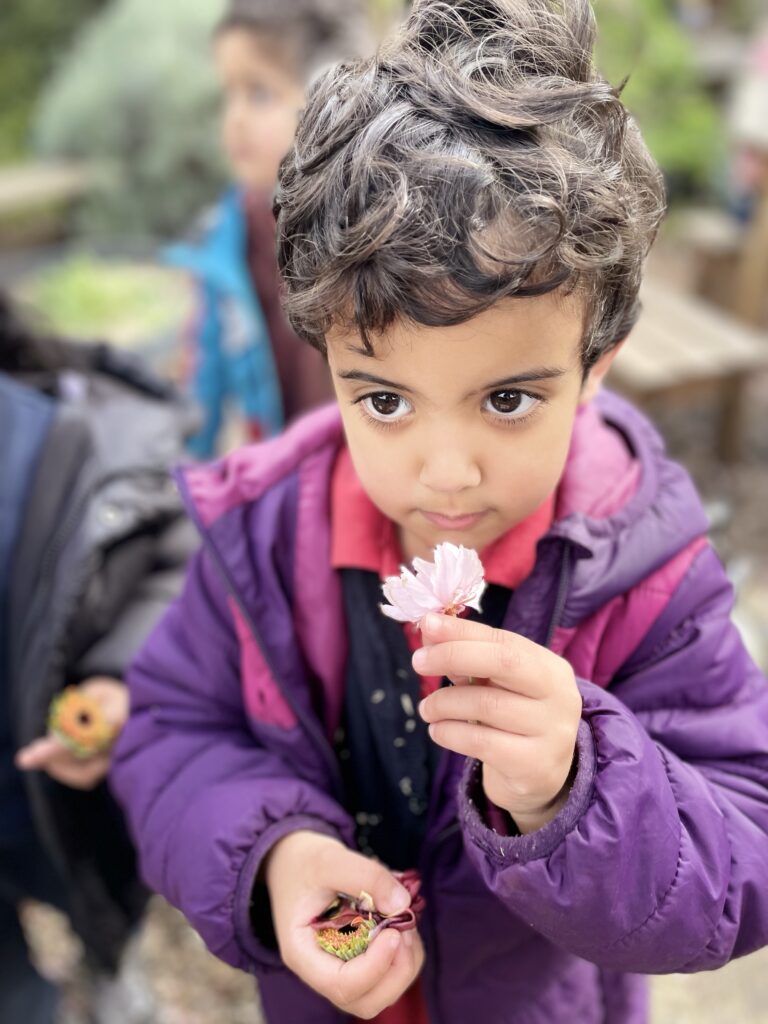
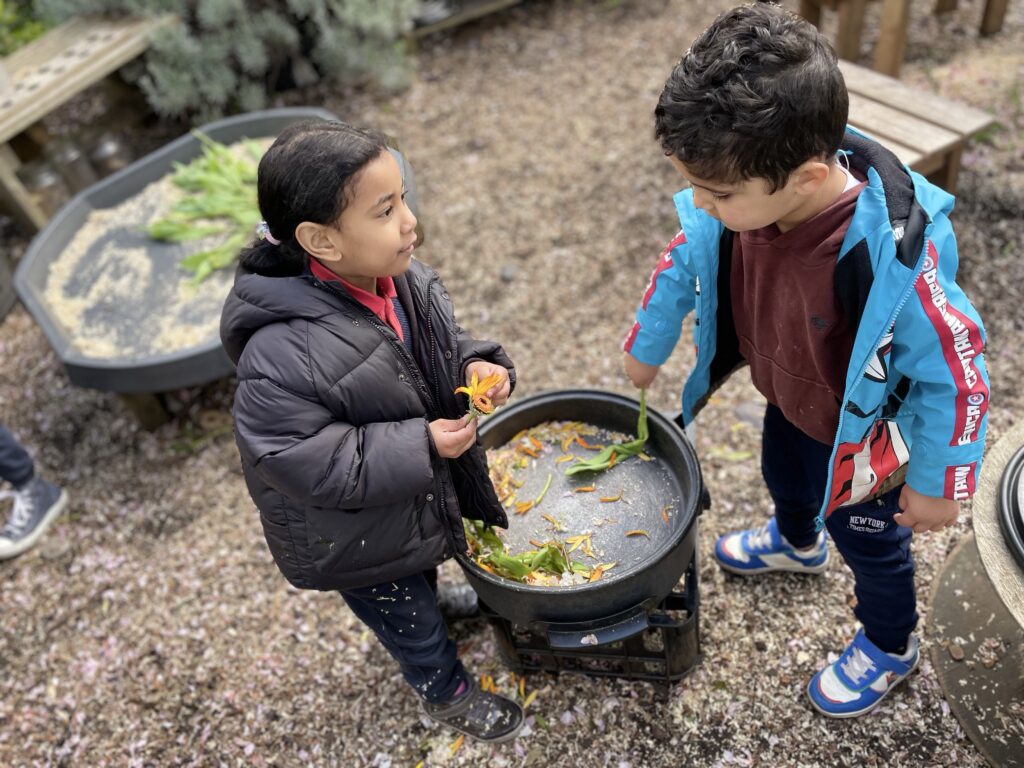
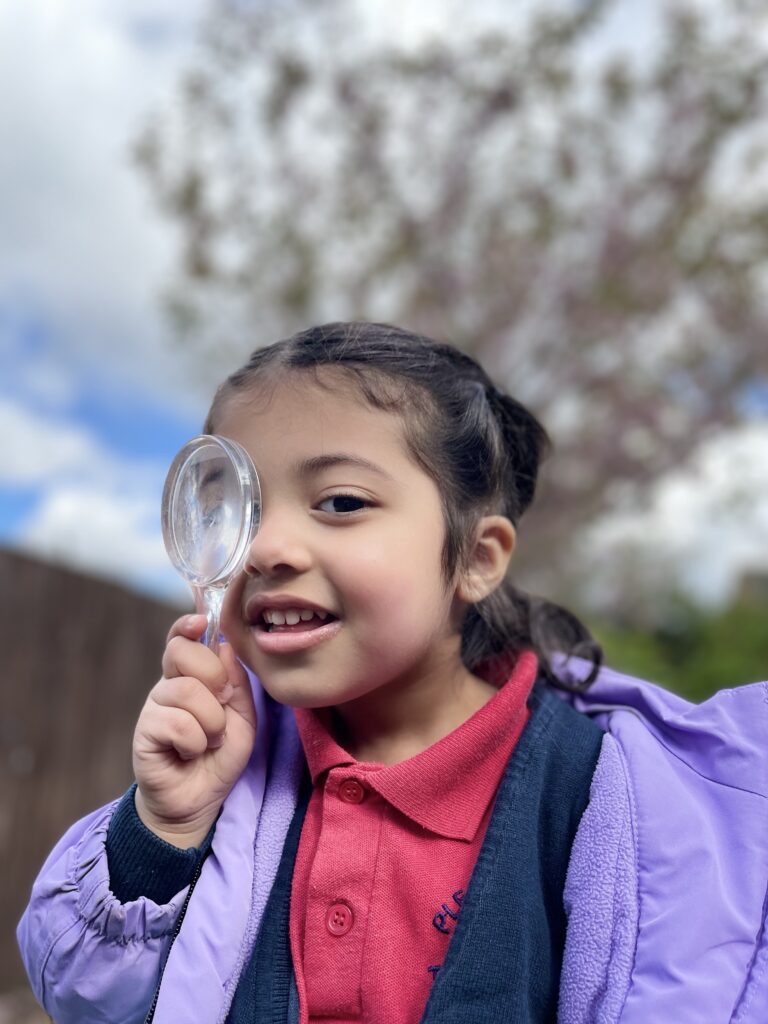
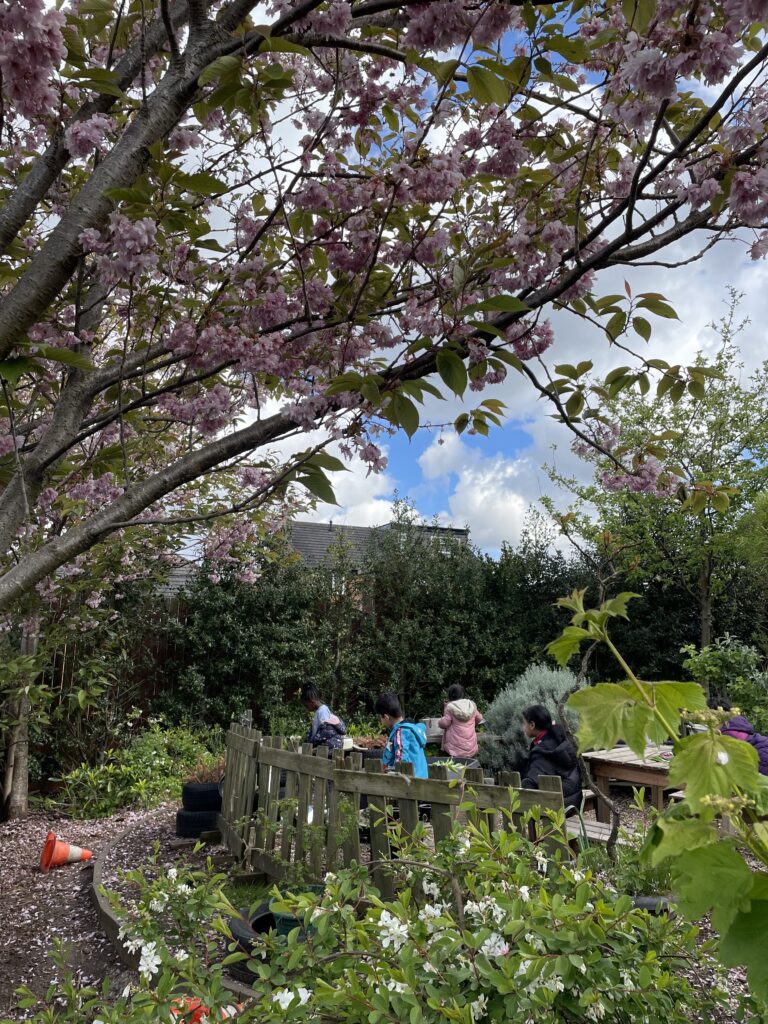
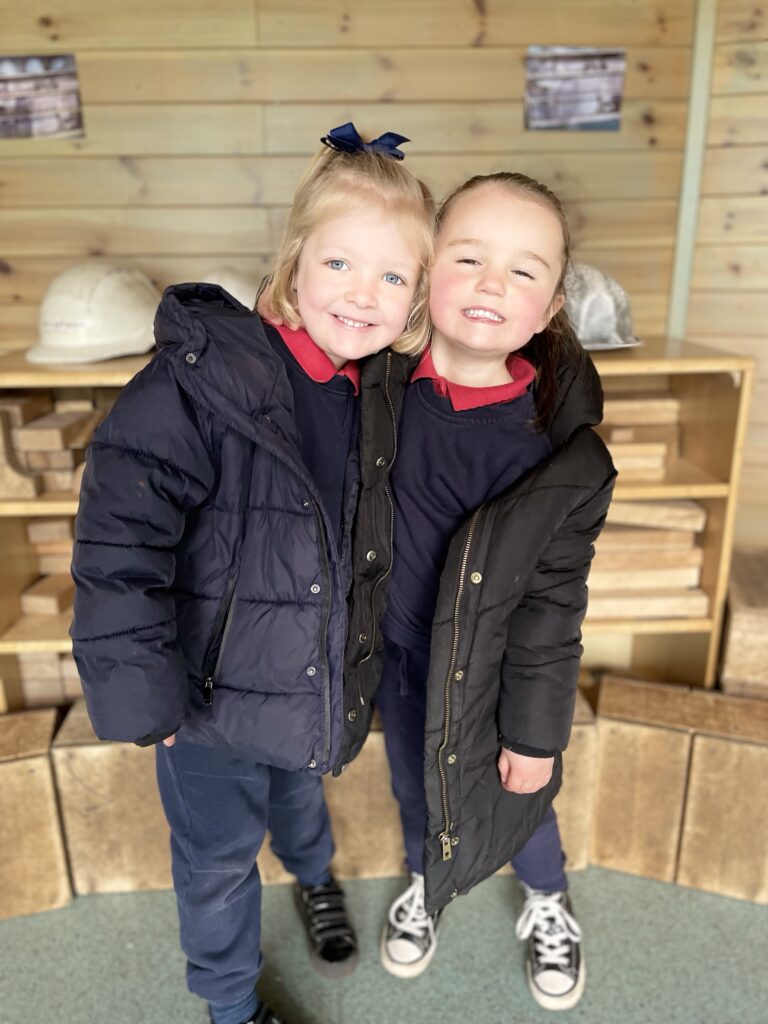
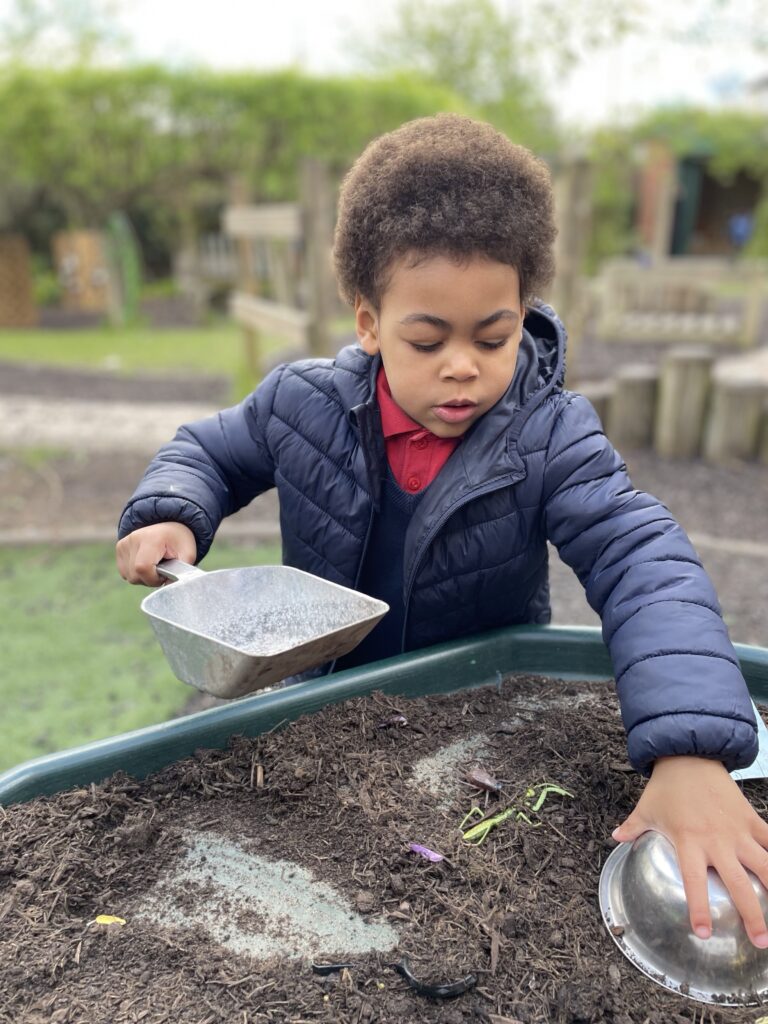


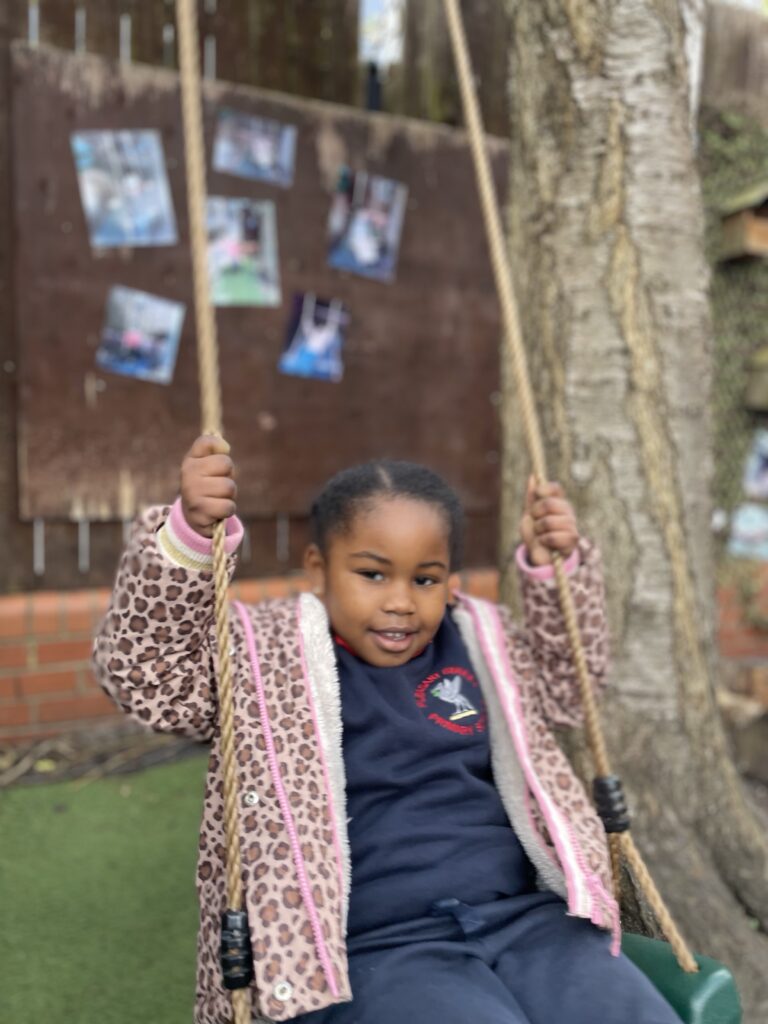
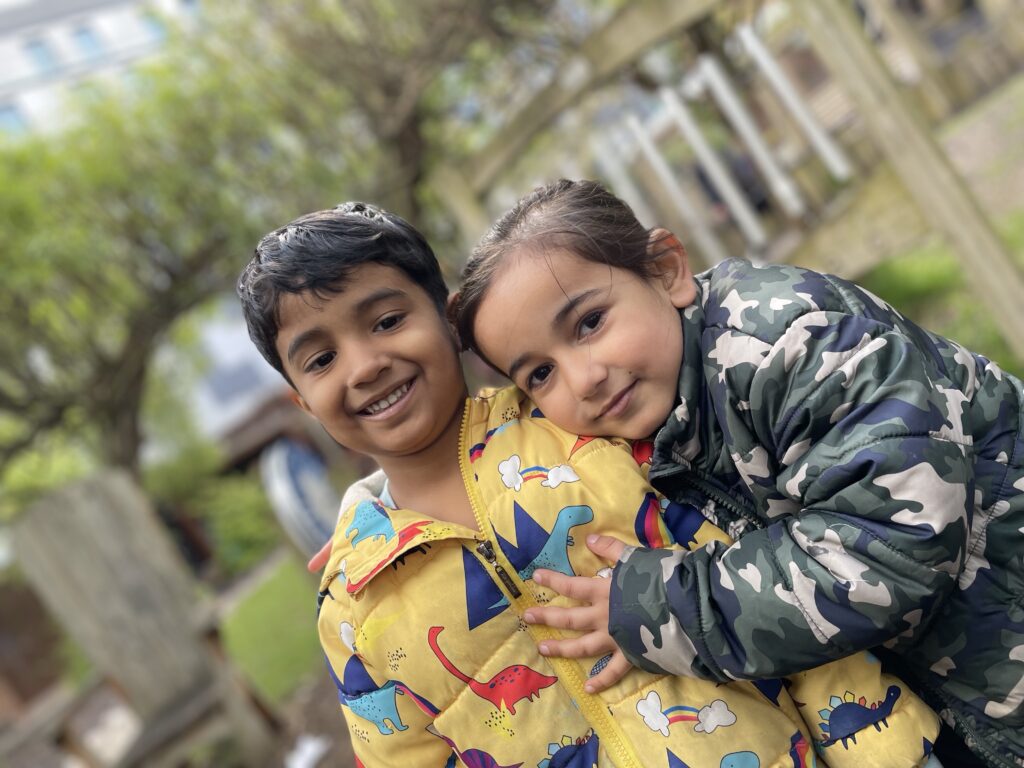
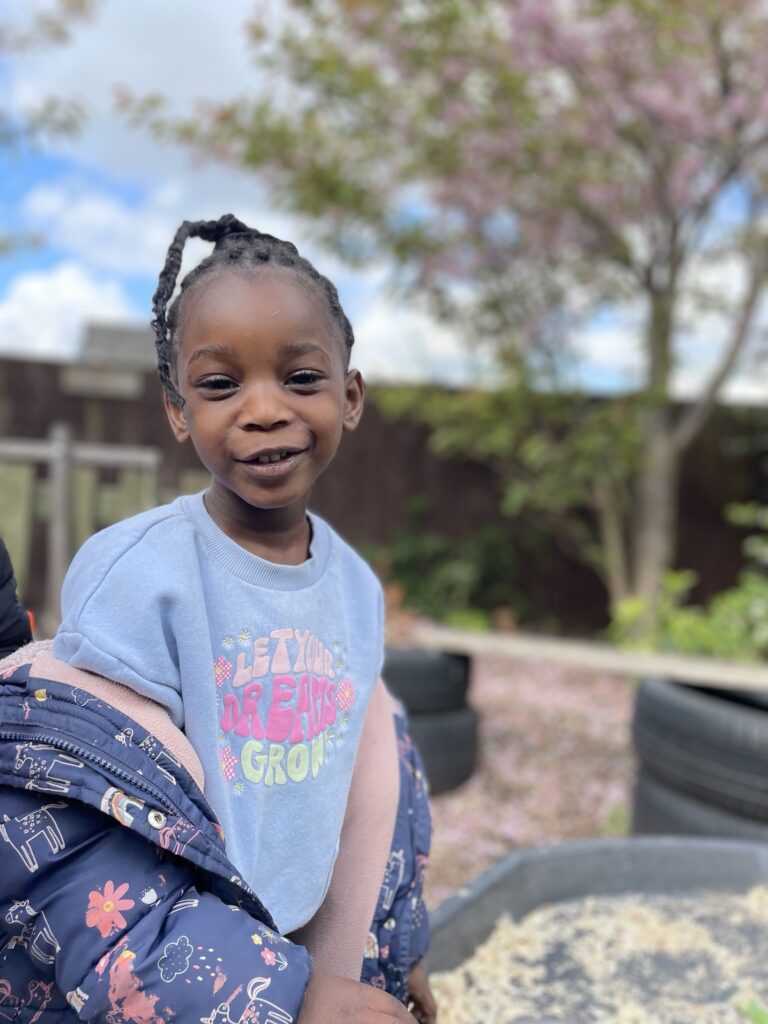
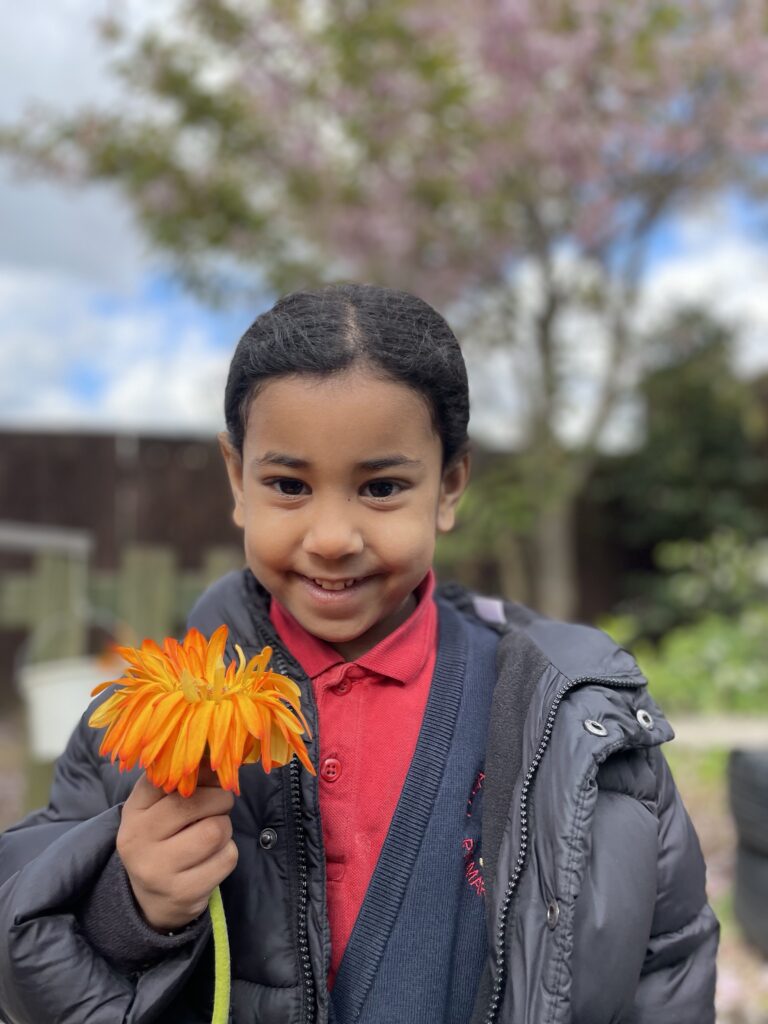
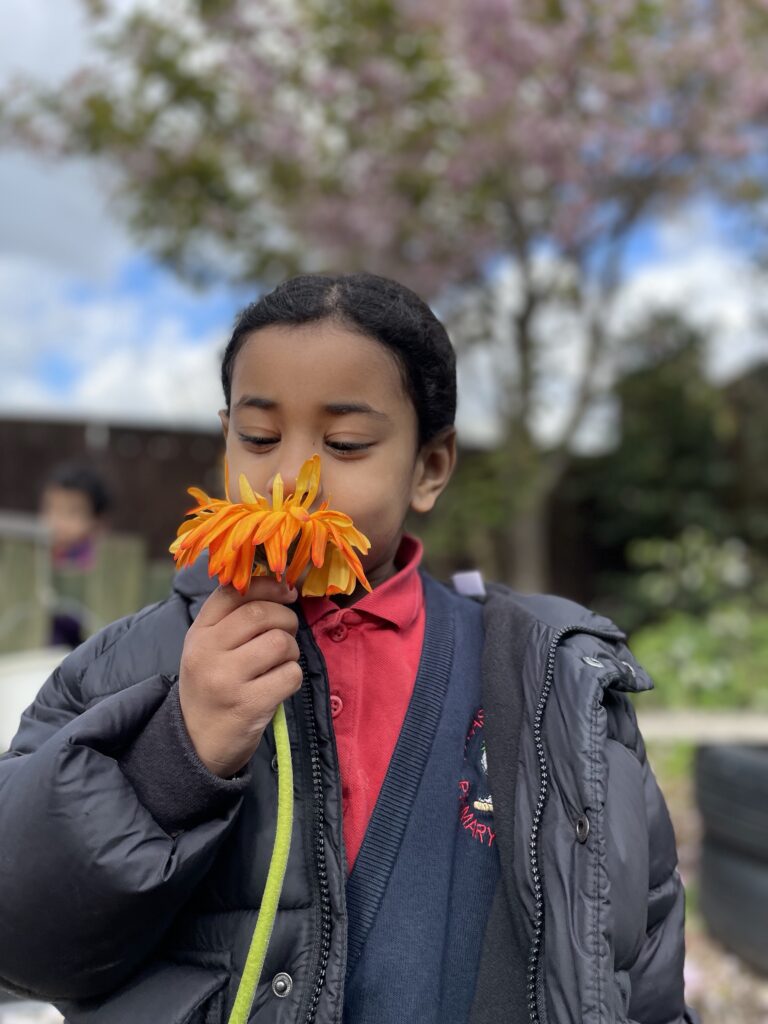
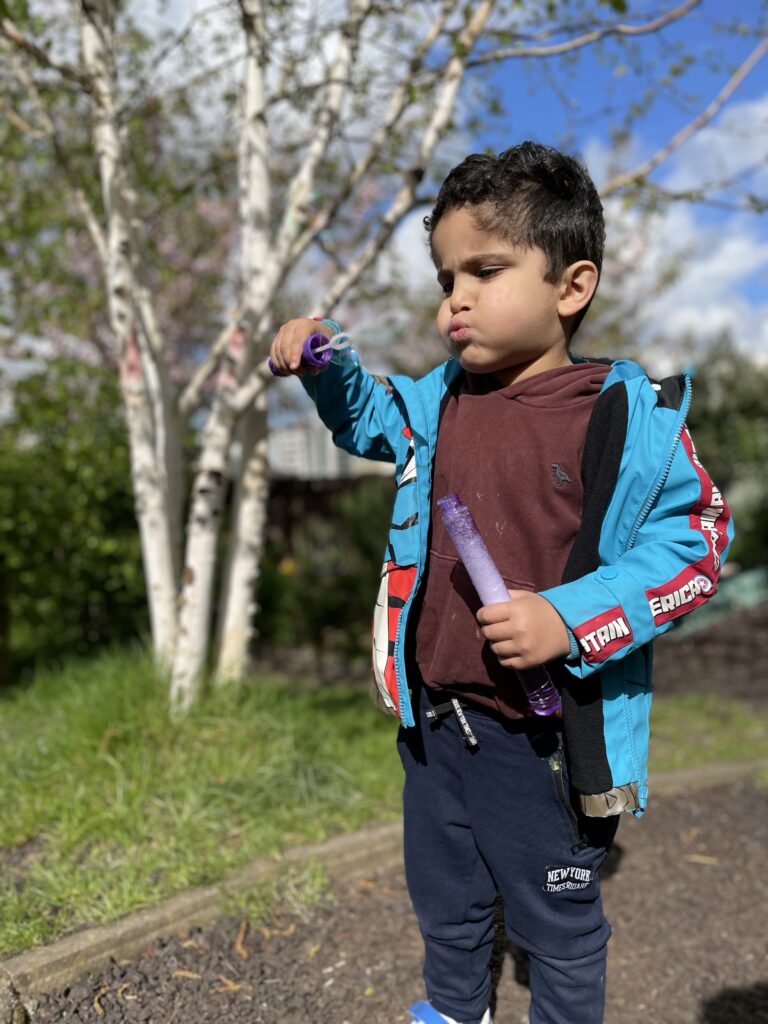
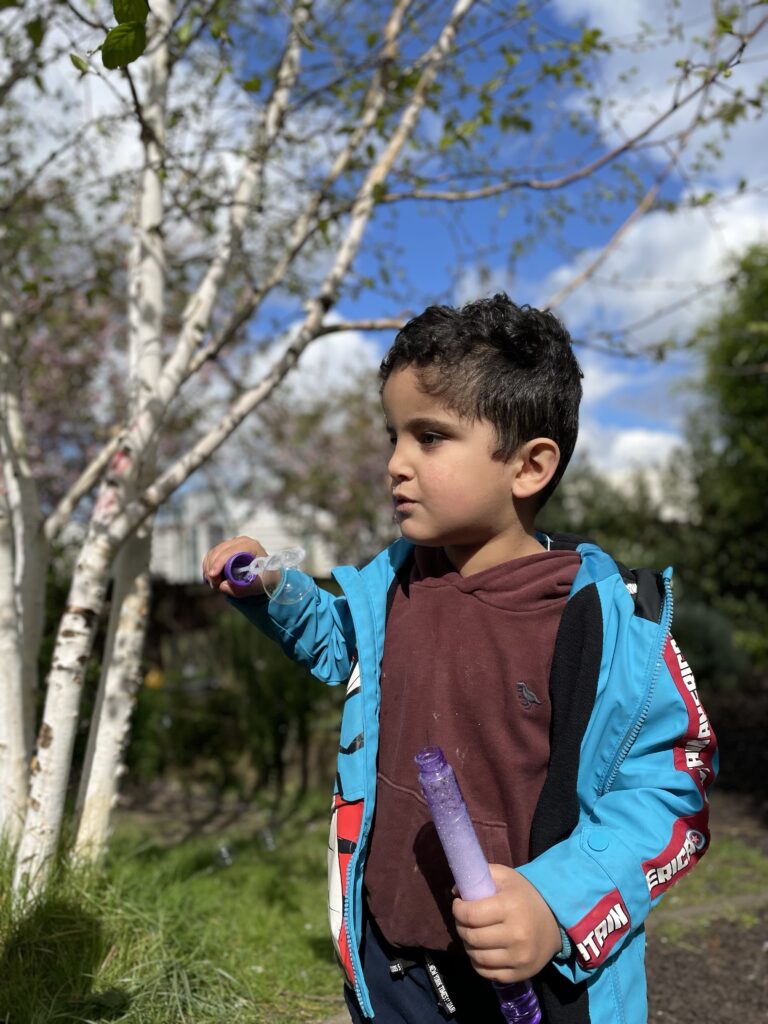

Reception have been learning all about plant lifecycles in Science, we planted our own sunflower seeds by following ‘Joe’s’ instructions from our Literacy story ‘The Extraordinary Gardener’, we are so excited to watch our seeds grow.
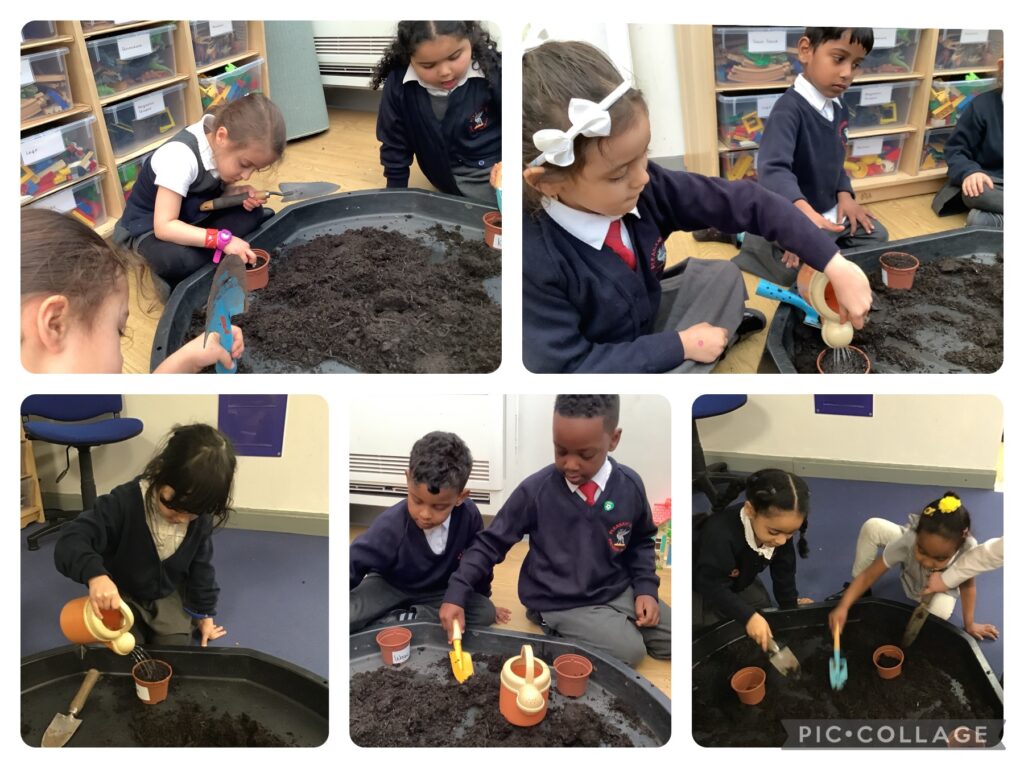

In science today class 3 looked at transparent, translucent and opaque materials.
60




We have been building our own fairgrounds using pulleys applying our knowledge from Science.
65
Today Class 6 have been discussing all things eyes. We have learnt how our eyes work and how to label the different parts. ?
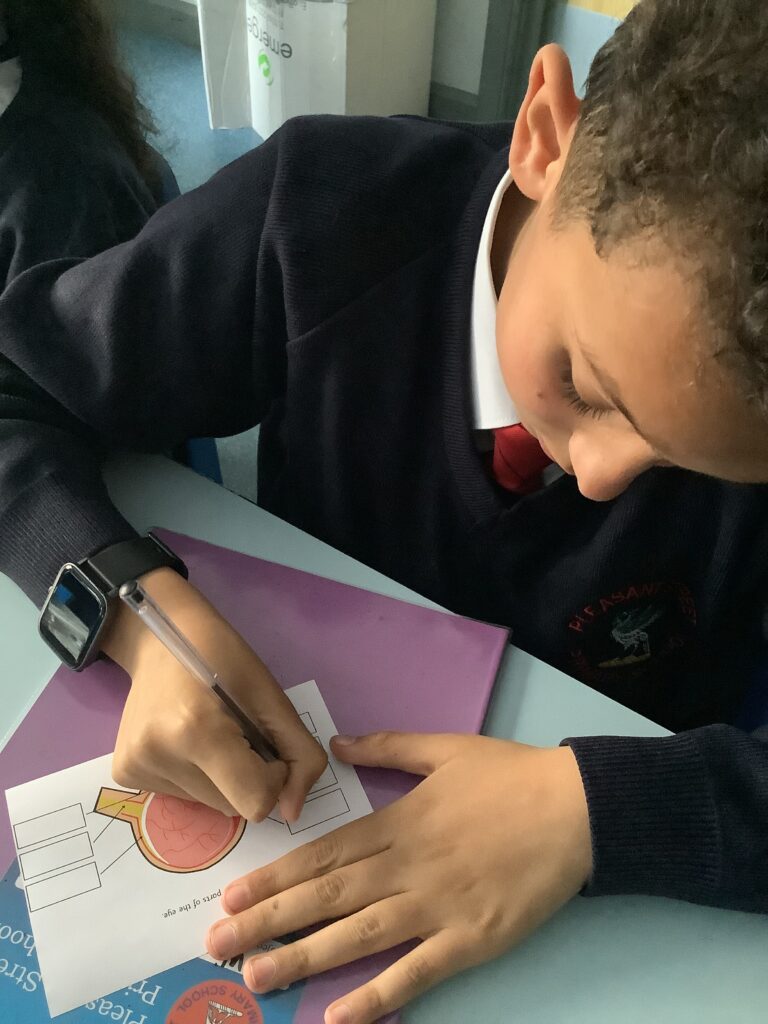

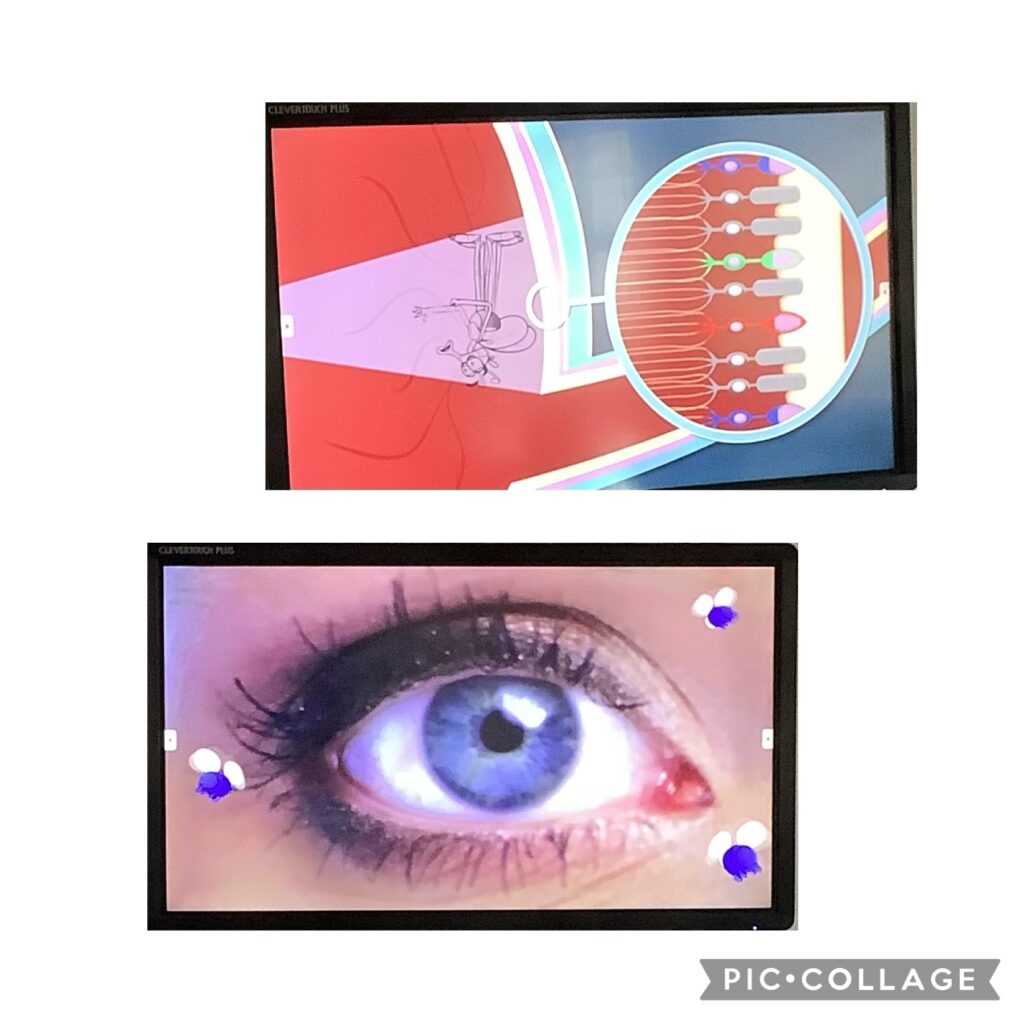

Class 3 looked at how light reflects on different objects and materials.
54
In science today we created different shadows and we looked at what happens when we move a light source to and away from an object.
52
As we are learning all about spring and the lifecycles of plants we visited Calderstones Park to explore. Reception enjoyed pointing out the different signs of spring such as the blossoms on the trees and the new green leaves. Reception also discussed the lifecycles of plants how they start as a seed and sprout into a seedling and then into an adult plant.
As we walked through the park we visited the pond and fed the ducks some lovely peas.
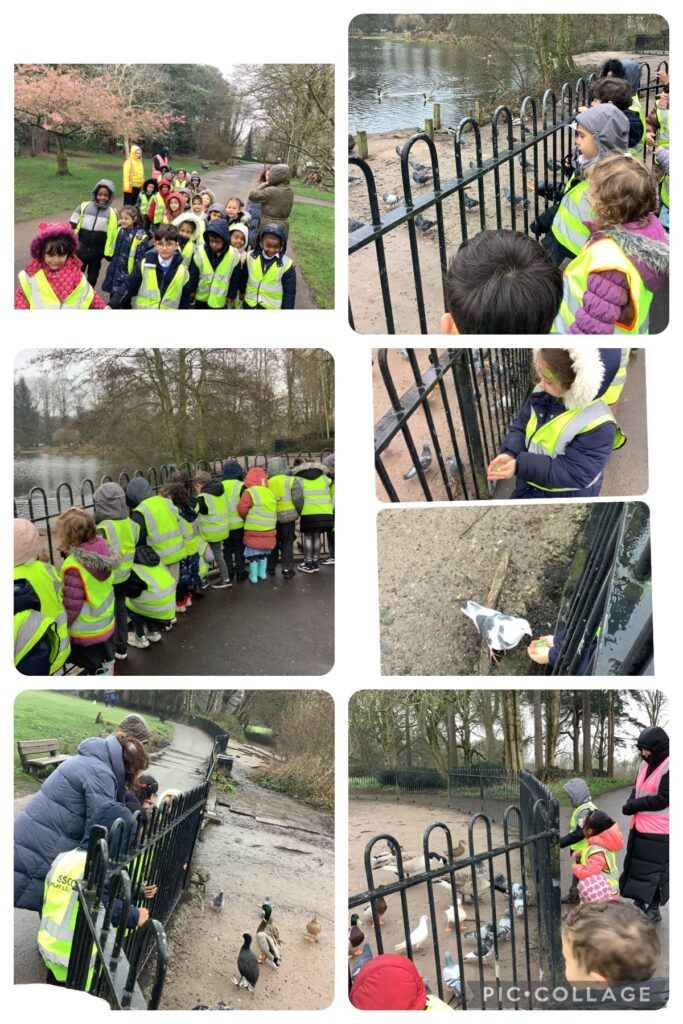

In celebration of Science week we seen how experiments are conducted and had a brilliant lesson exploring time and its significance in history. We performed a task to show how living things can become extinct through evolution.


This week Reception has been celebrating Science week! Reception worked on lots of different activity challenges.
the activities include: exploring an experiment with milk and food colouring to see a reaction.
Reception then created boats to see if their boats float or sink on the water.
Reception were challenged to use anything other than their hands to get the dinosaur to float, so they used stones to get the dinosaur to float to the top.
Reception were asked to build a bridge out of pasta and playdoh to see if it was strong enough to hold the trains.
Reception were challenged to make a rainbow out of blocks and to draw the rainbow.
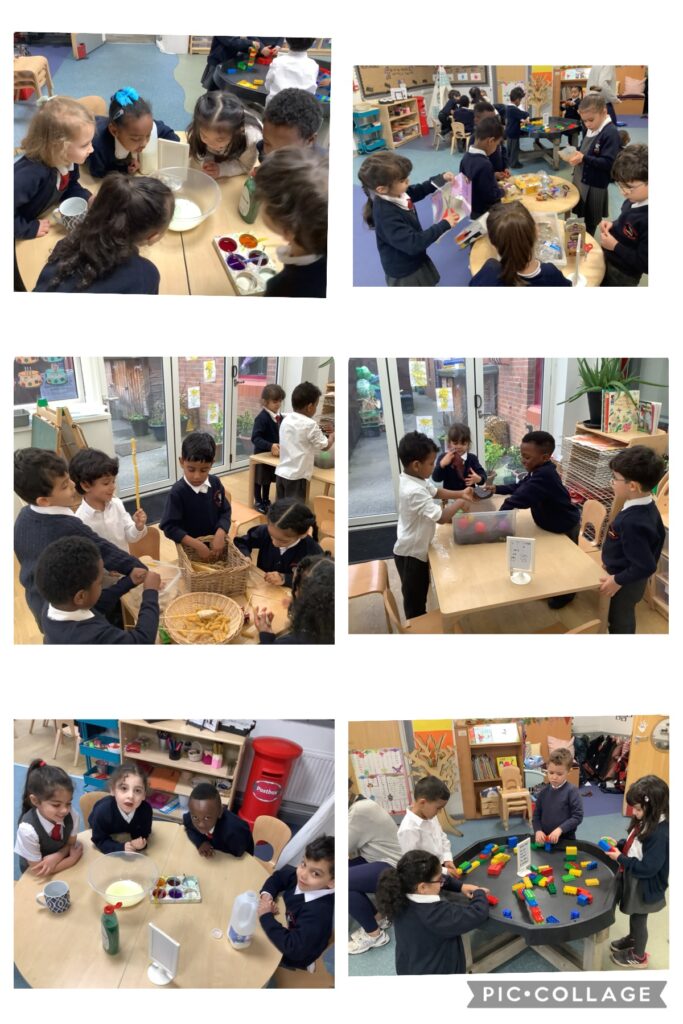

For science day we had a special visit from Mr Stanley. We enjoyed watching Mr Stanley perform lots of different exciting experiments. We learned lots of new things about solids, liquids and gasses and much more!
270

In science we looked at light and investigated different sources of light. We discussed how shadows are formed and what makes a good shadow. We enjoyed going outside and drawing around our shadows?
42
In science this week, Class 6 are looking at different sources of light and how it travels. We demonstrated how light travels in straight lines and used symbols to create scientific sentences to show the links between the light sources and objects.


Today in science we learnt about our heart rate and if we do exercise our heart rate will be faster. We went out to the playground to test this.
57
Class 3 has been looking at friction in science this week. We explored how different surfaces have an effect on friction. Using toy cars we measured the distance they travelled on different surfaces.
52

Year 3 have been looking at magnets and forces this term. We looked at how magnets attract and repel. Using our knowledge of magnets we have made a moving maze game. We had lots of fun!!
58
Today we carried on learning about forces in science. We tested out how friction can stop us from pulling the books apart. We also made parachutes and experimented on how slow or fast our parachutes fall because of air resistance.
54
This week we used electrical components to create a circuit. We then added in a switch to observe what happened to the bulb when the switch was open and closed.
60
Today in class we learned about forces. We made paper airplanes to see how the different forces would effect the distance our airplanes would travel.
57
Electricity ?
This term class four will be looking at electricity. Throughout this term we will be constructing simple electrical circuits, identifying and naming its basic parts, including cells, wires, bulbs, switches and buzzers. We will also be learning how to recognise some common conductors and insulators, and we will be investigating conductors and insulators.
Today we have enjoyed identifying components in a simple circuit along with trying to make the bulb light up.
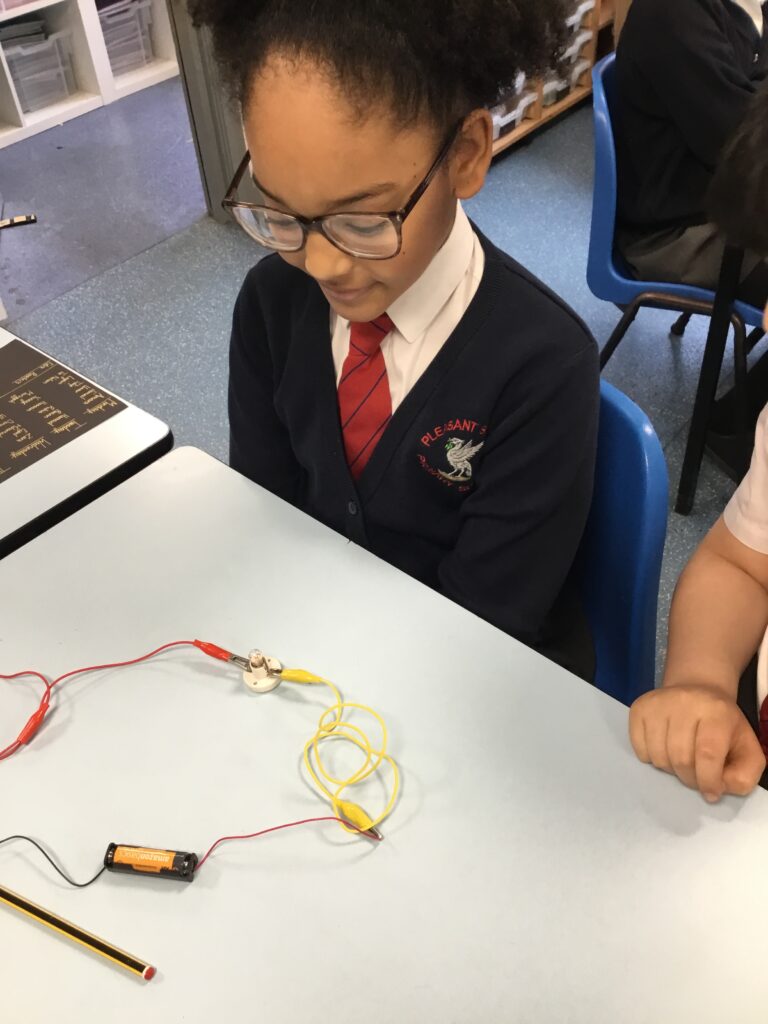
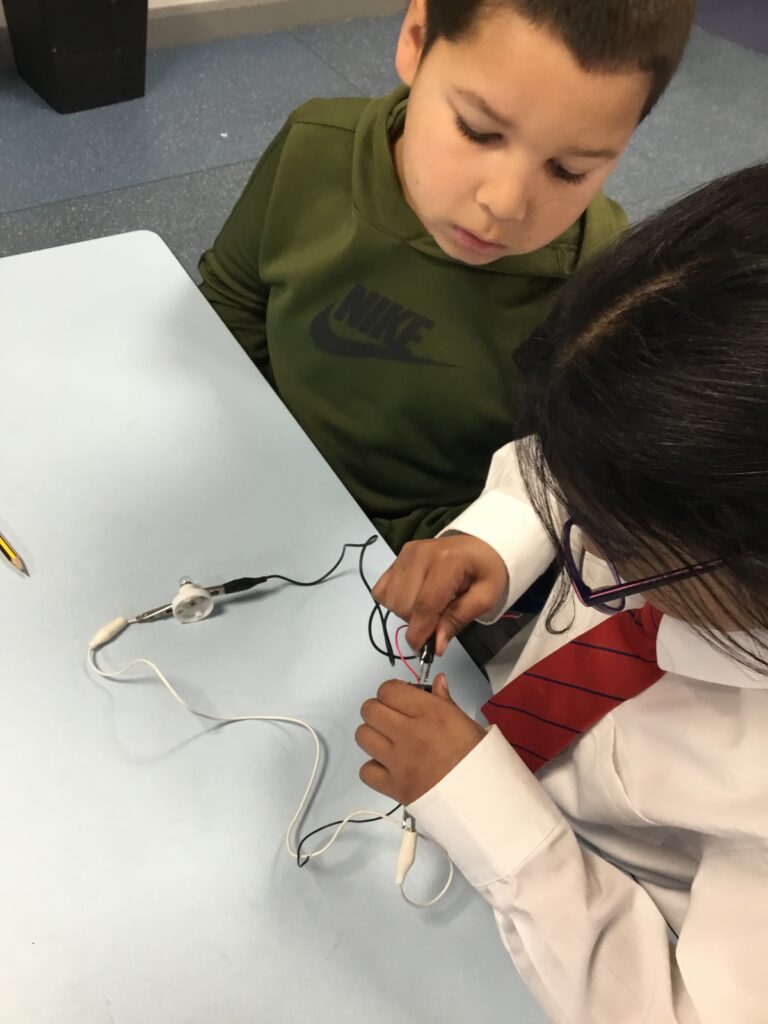
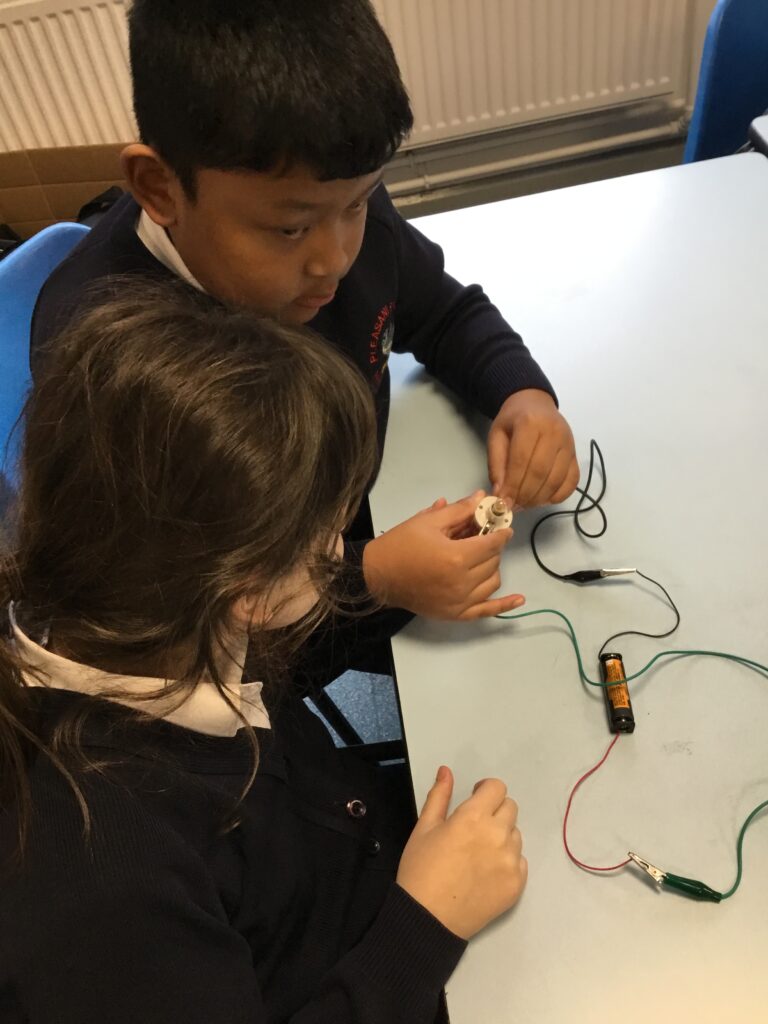
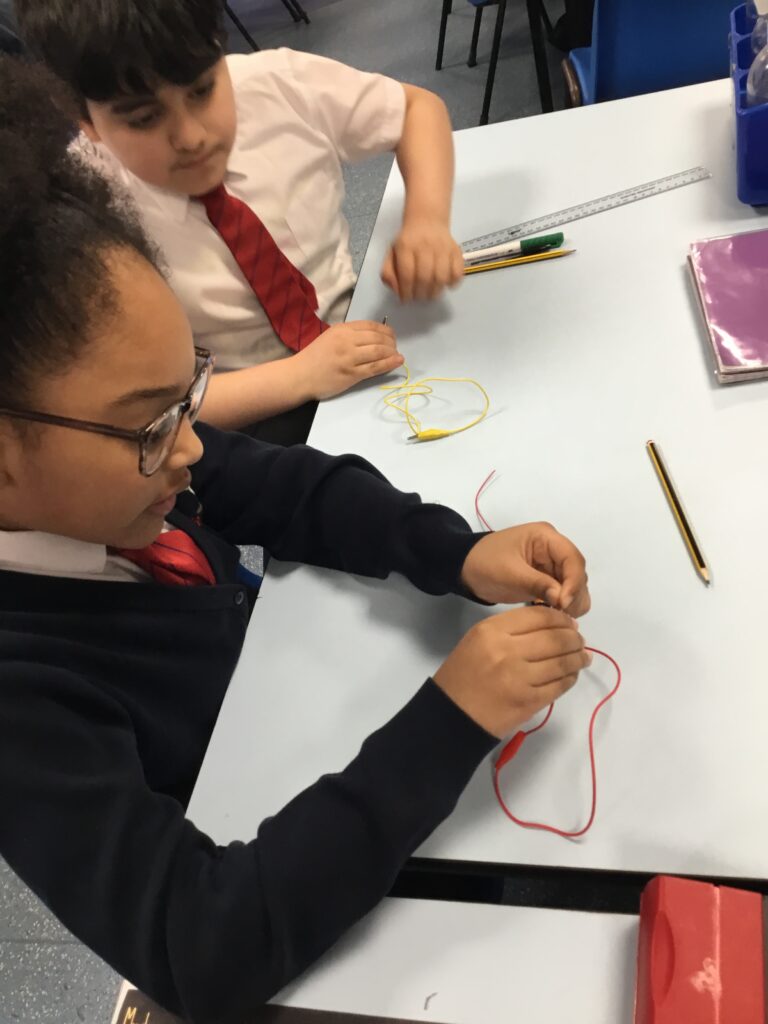

In Science, we discussed classification keys and how they are used. We worked in groups to create classification keys using liquorice allsorts sweets. We used their features and characteristics to create our keys and then put them to the test. We discussed how questions needed to be clear and specific so that the key was clear and useful.
61
Our EYFS garden looked like a Winter Wonderland this morning so we couldn’t resist the opportunity to explore seasonal changes to our environment………… and to have some fun ? ❄️ ⛄️
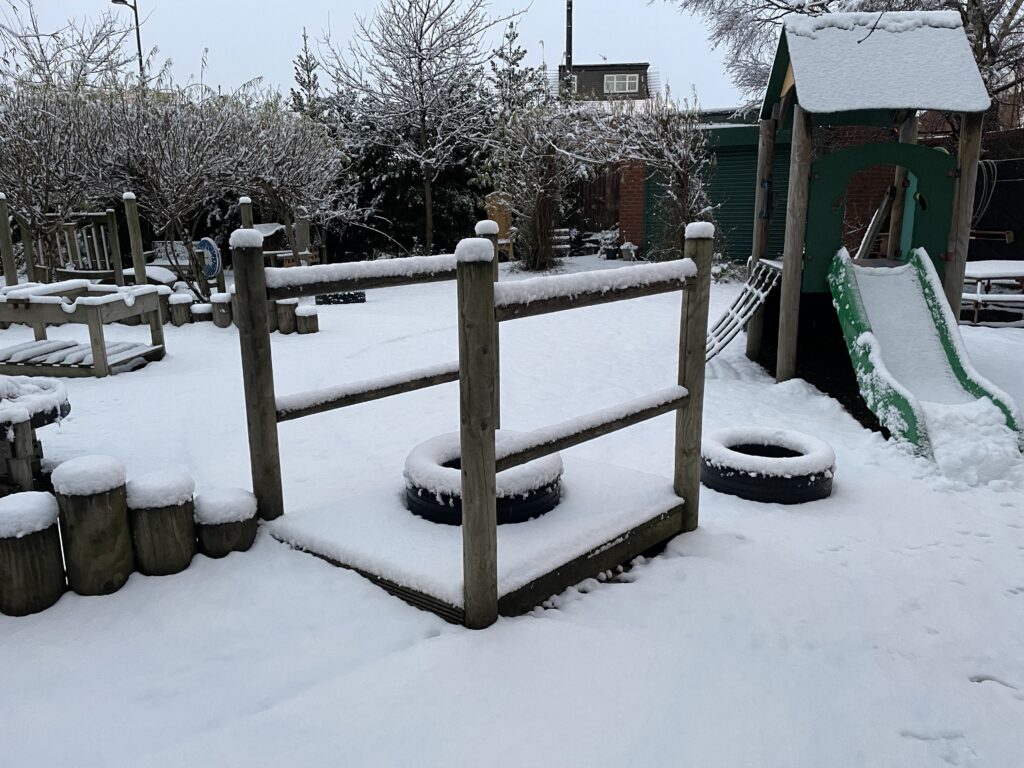
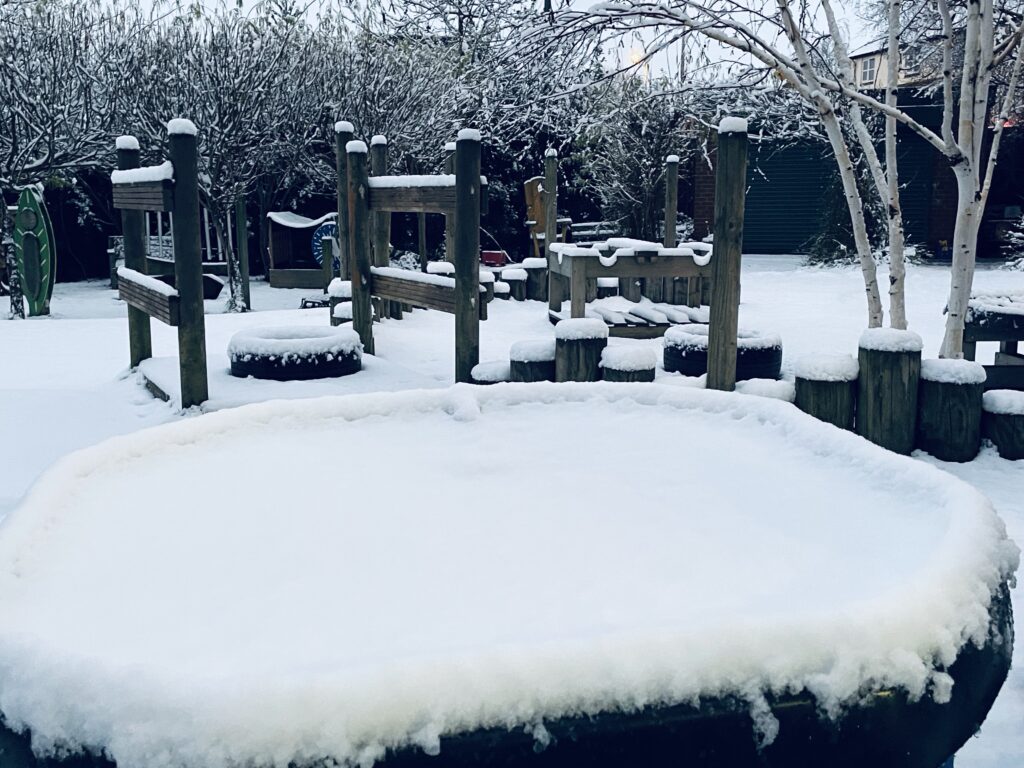
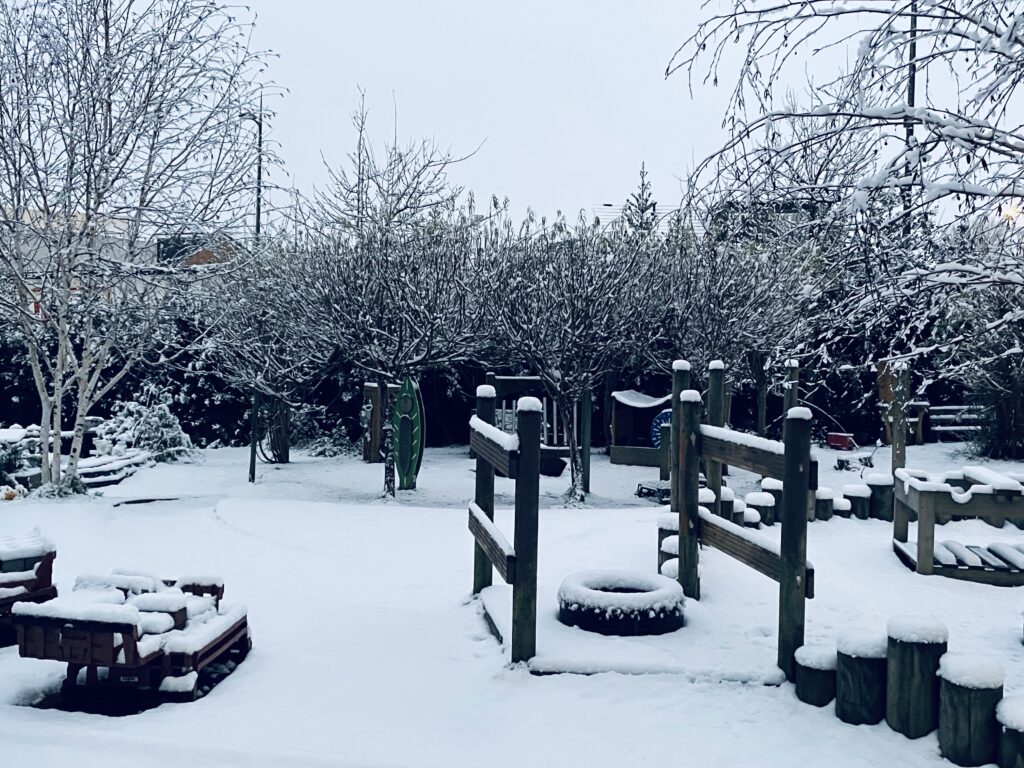
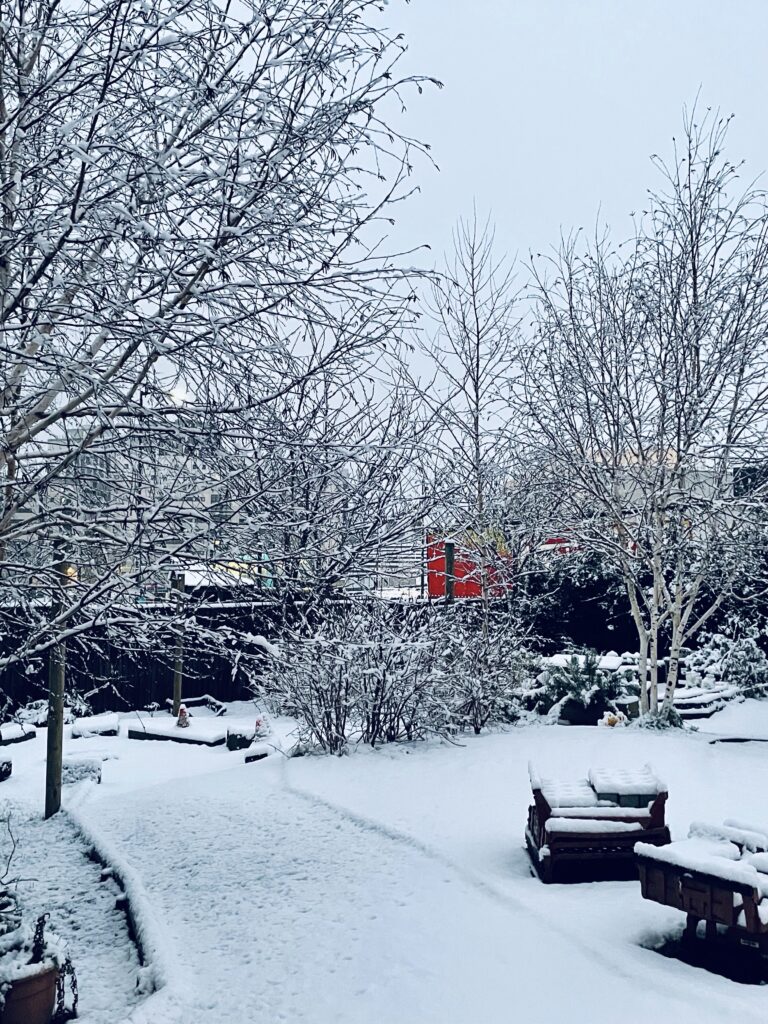
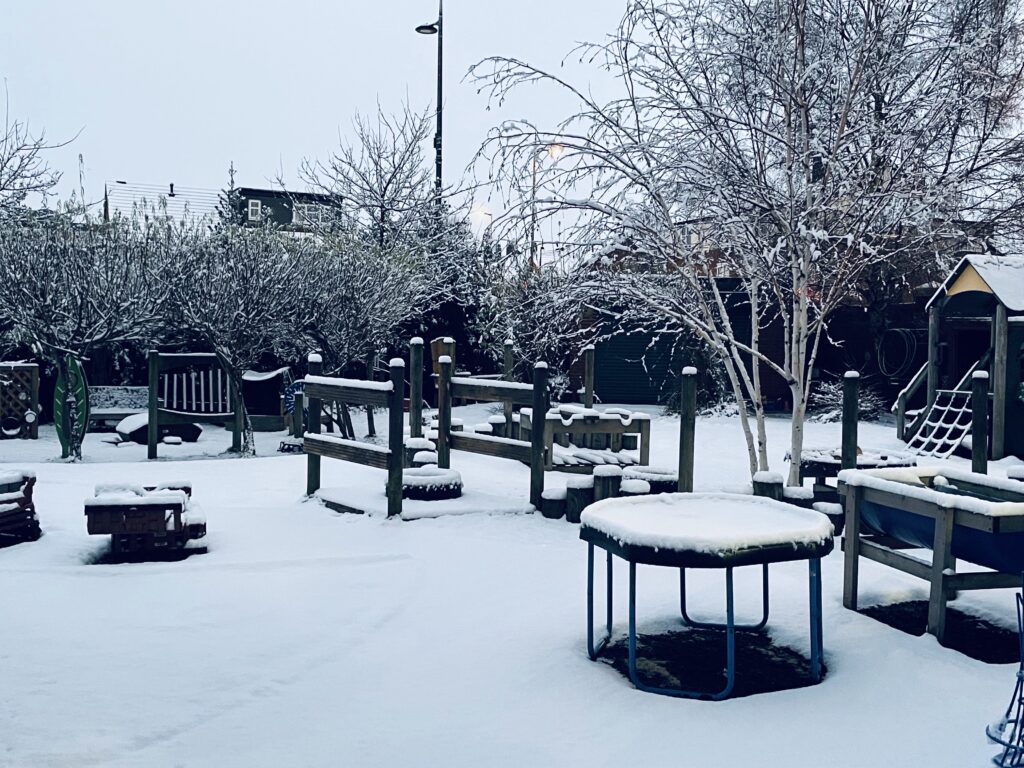
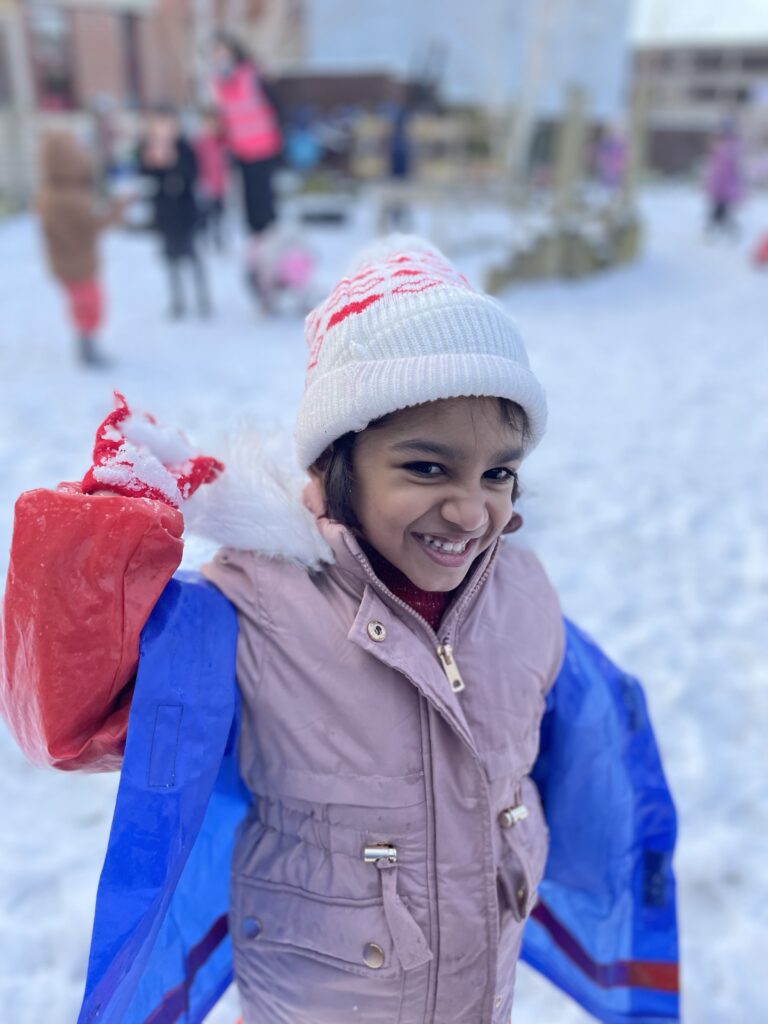
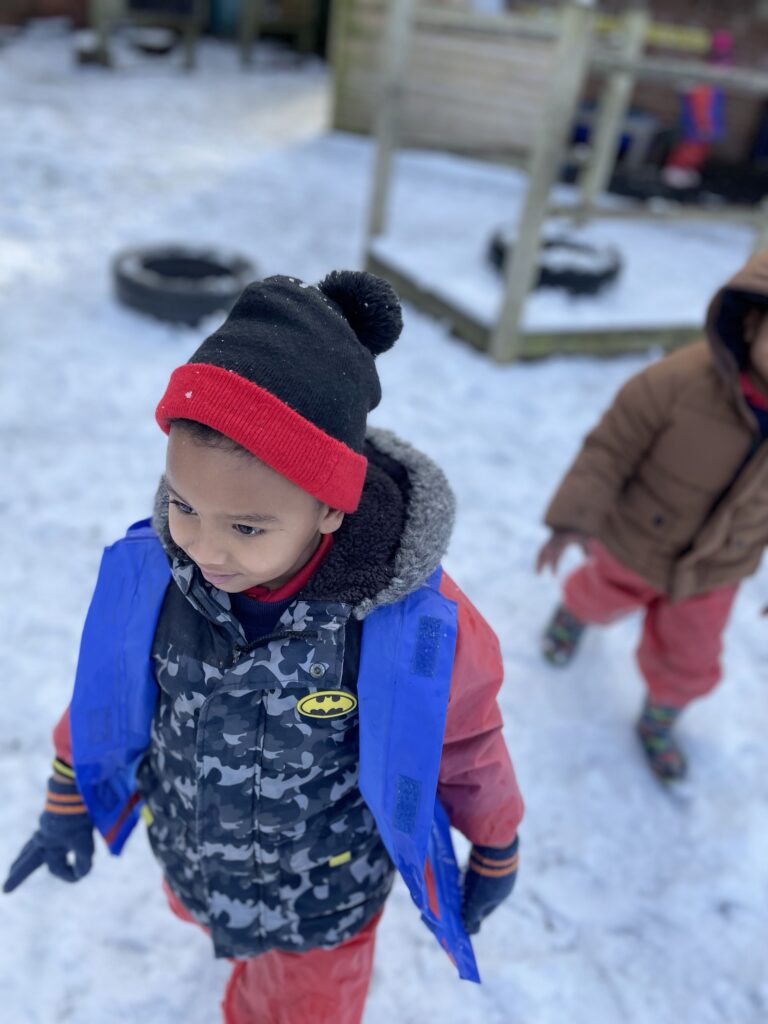
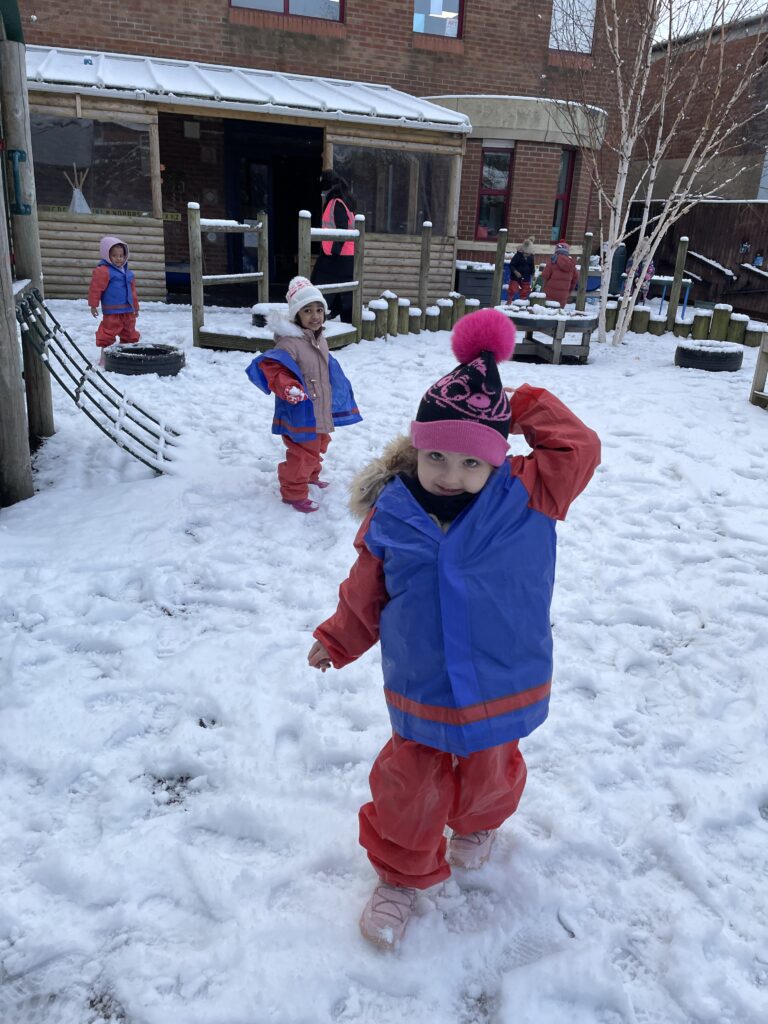
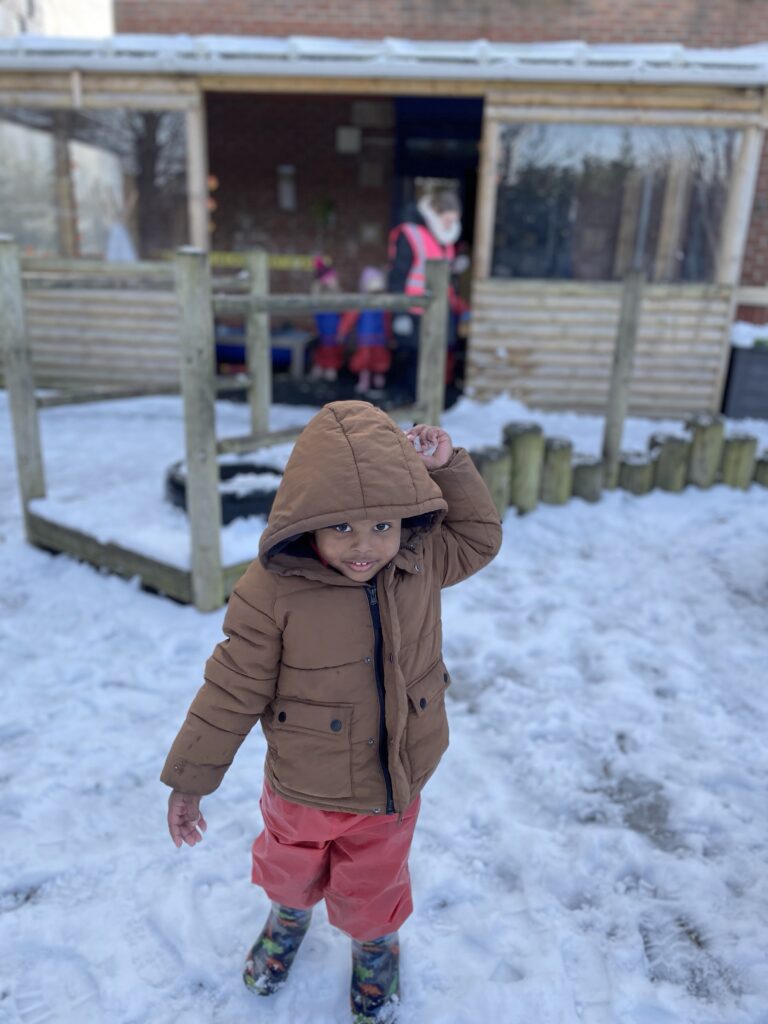
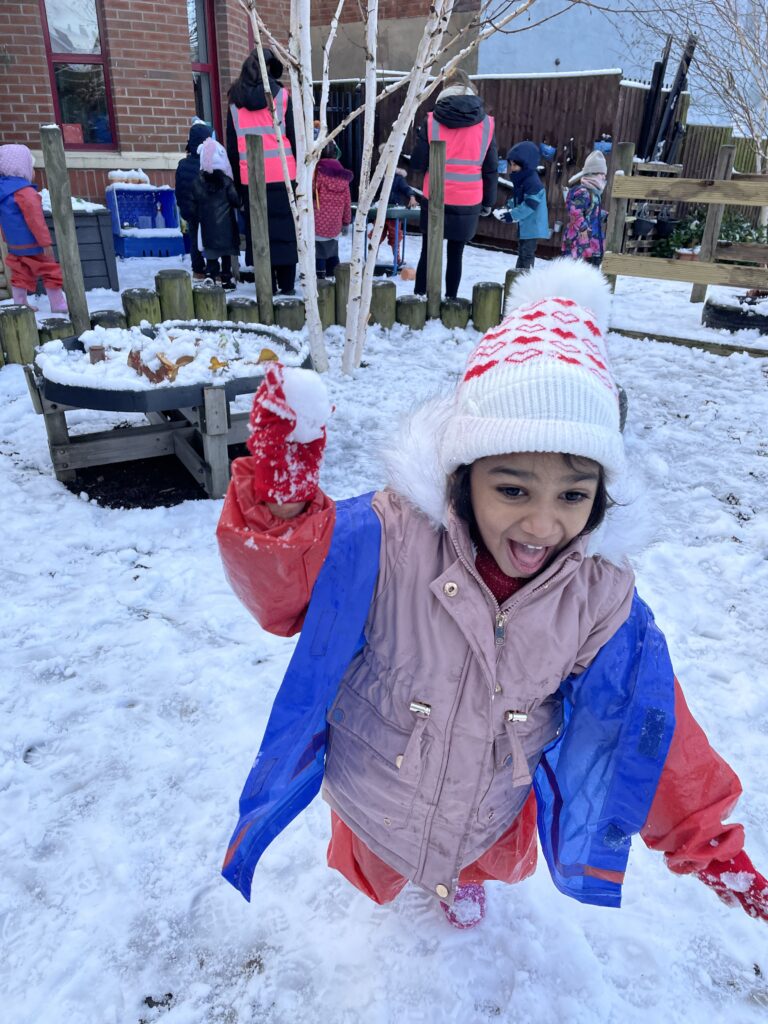
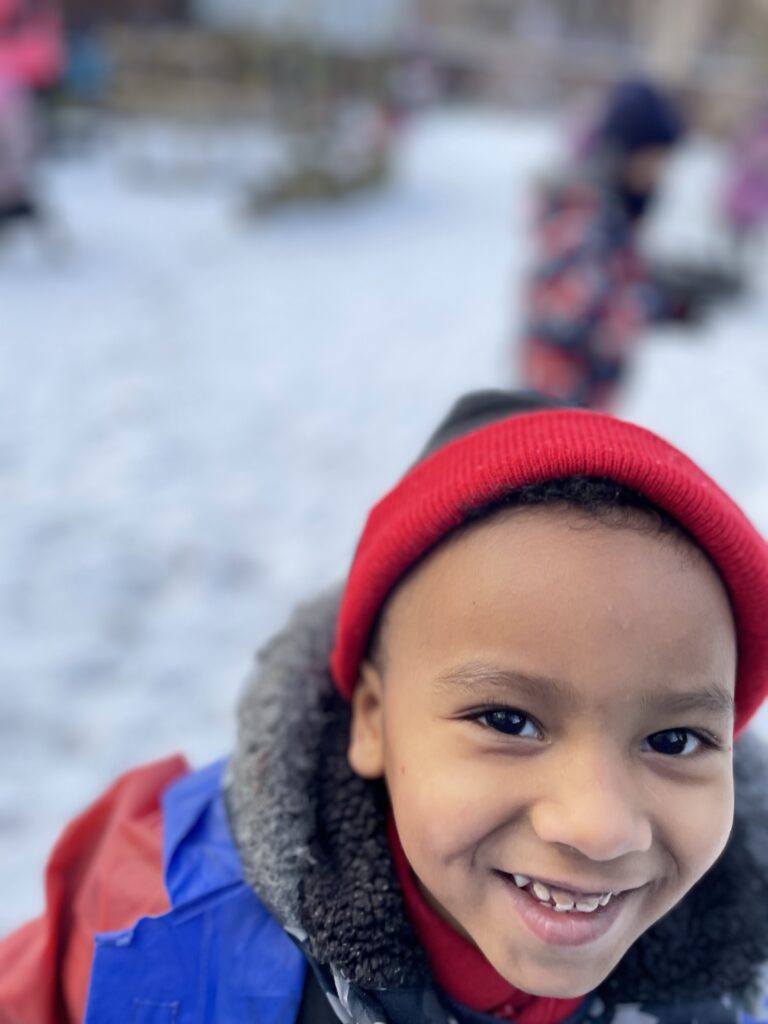
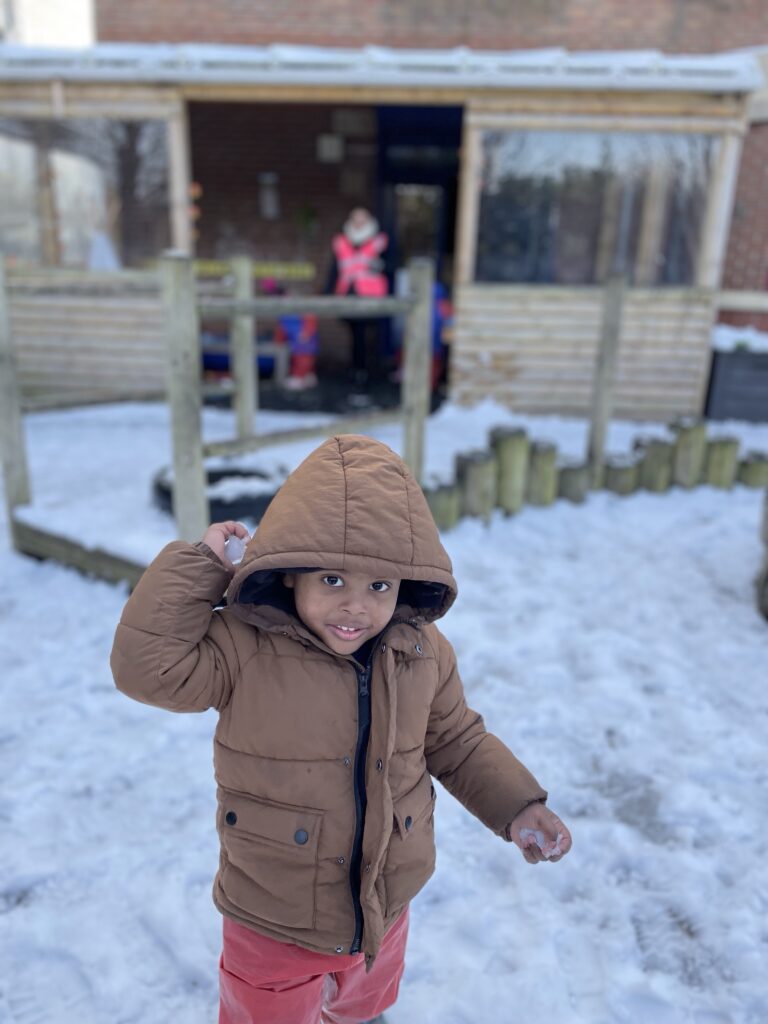
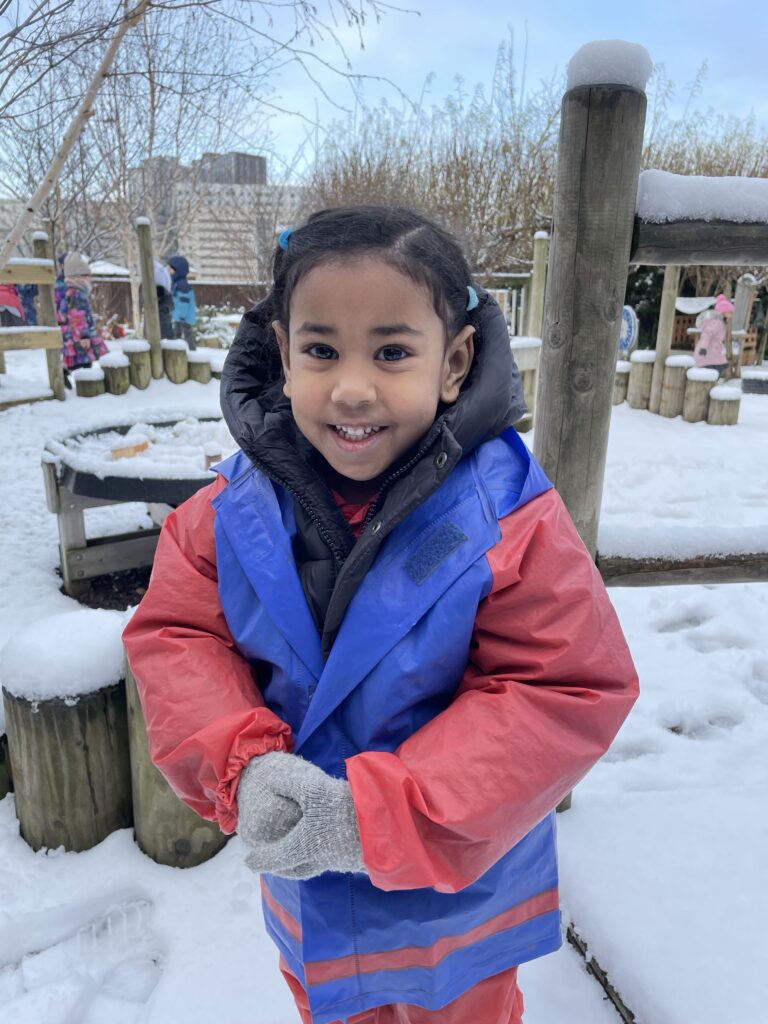
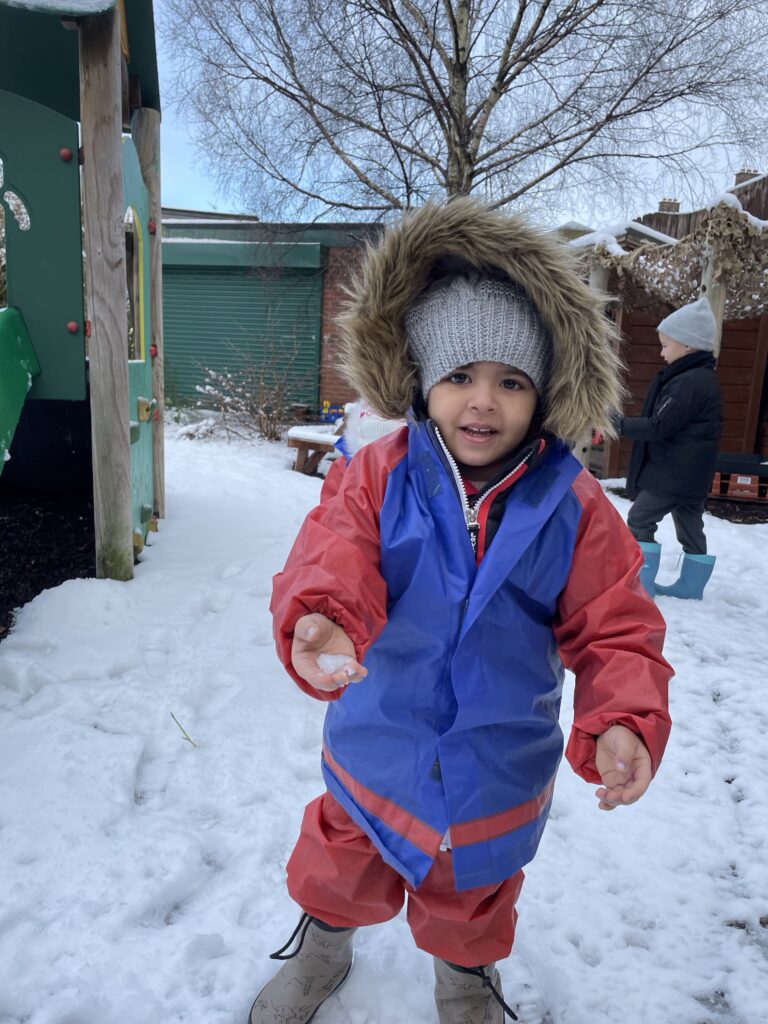
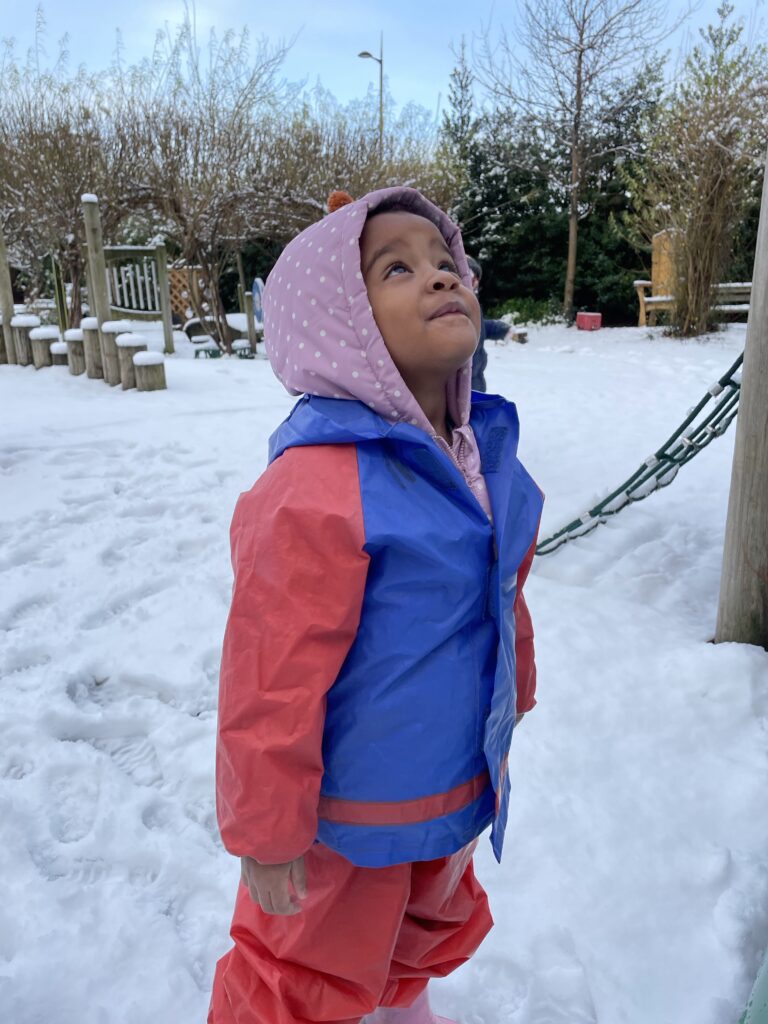
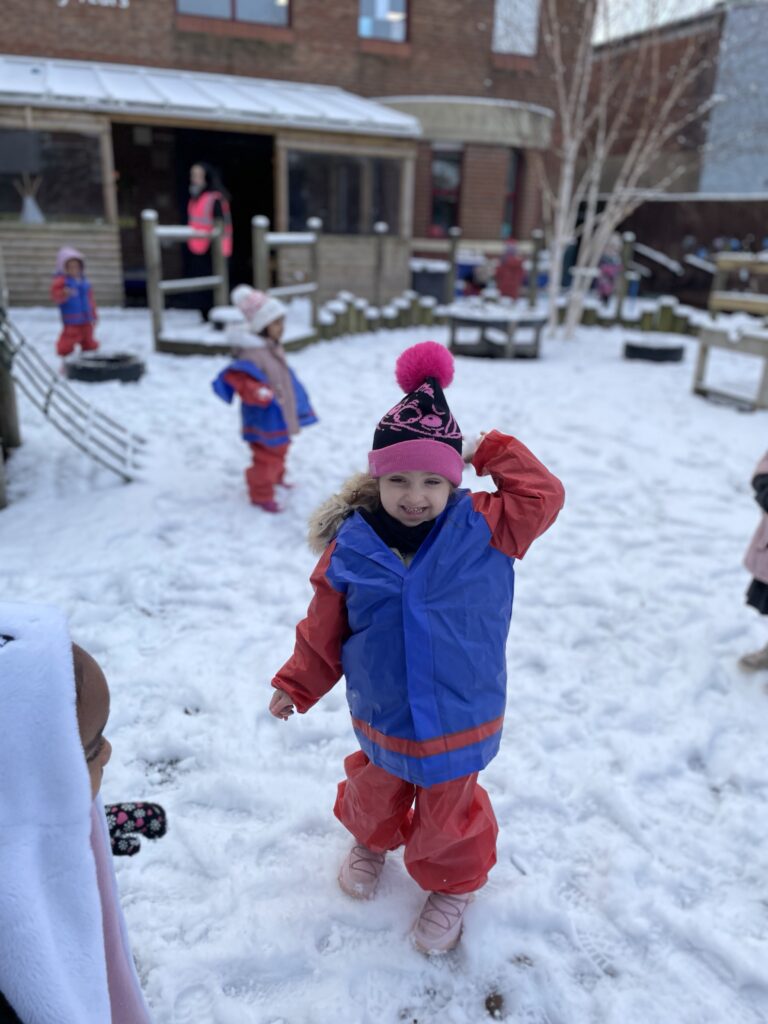
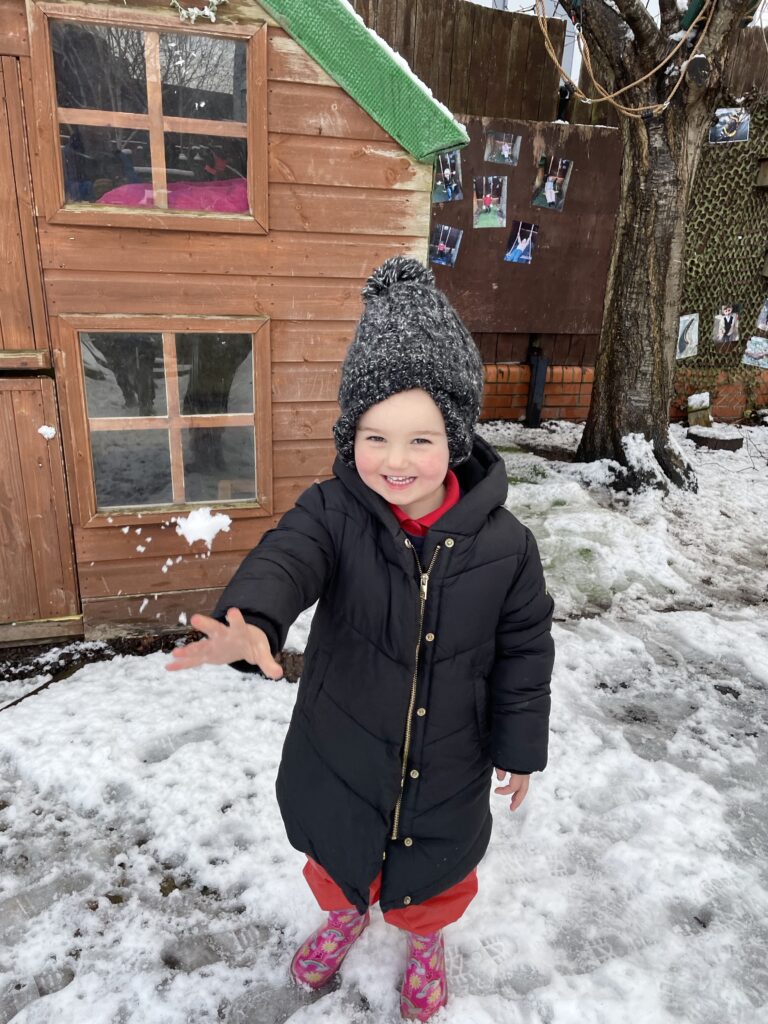
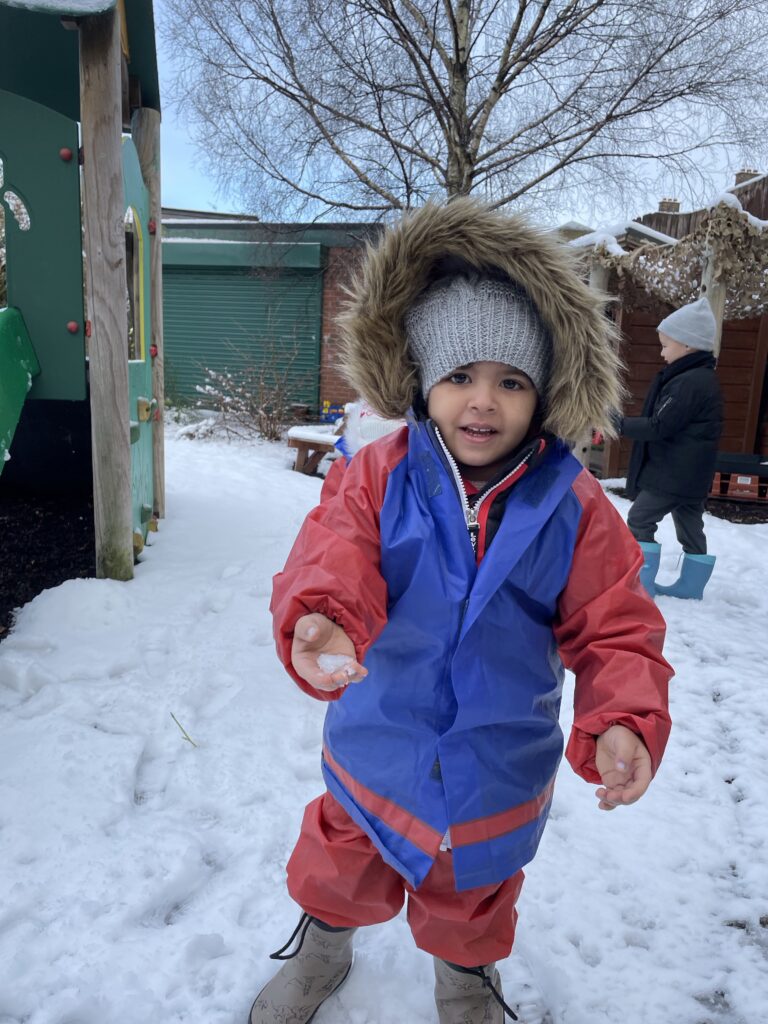

We started a new topic this week, living things and their habitats. We thought about our prior learning before thinking about how we could sort and classify animals.
57
A big thank you to Schools Observatory for inviting us to their Christmas Space Lecture. We had lots of fun and found out lots of new facts and information.
76
This term the children have worked on an electricity topic. In lessons we have constructed circuits, found out about symbols and monitored the effect of adding components. A big thank you to Liverpool College who loaned us some voltmeters and to Mr Johnston who took the time to come in to explain PAT testing and showed us how he regularly tests equipment in school to keep us safe.
58